Penetration testing is more than a security checkbox. Choosing the right penetration testing vendor can be the difference between proactively securing your business or leaving it open to costly, reputation-damaging breaches. But with so many vendors making similar promises, how do you separate the true experts from the noise?
This guide will help you understand the important role of penetration testing, what to look for in a top-tier vendor, the questions you should always ask, and how companies like QualySec are setting higher standards for the entire industry. Whether you’re driven by compliance requirements, risk management, or simply want peace of mind, this blog will inform you how to find a vendor who truly protects your business.
Latest Penetration Testing Report
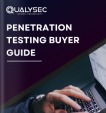
Why Penetration Testing Is Important
Penetration testing is a simulated cyberattack performed by experts to uncover vulnerabilities in your applications, networks, or systems before unethical hackers do. But its value extends beyond “testing for weaknesses.” Below are some reasons why:
1. Discover Missed Vulnerabilities and Keep Assets Secure
Even world-class development teams can overlook vulnerabilities, especially in complex web and mobile applications. Routine internal code reviews and automated scanners can’t always detect logic flaws, insecure configurations, or obscure attack vectors. A skilled penetration tester employs real-world techniques, simulating how an attacker would target your systems. This not only uncovers the vulnerabilities your team may have missed but allows you to fix them before cybercriminals can exploit them.
Example: A SaaS company that recently launched new payment integration underwent third-party penetration testing. The tester discovered a chaining vulnerability that automated scanning tools had missed. By patching the issue, the company averted a potential data breach and secured its customer payment data.
2. Avoid Low-Quality Reports and Choose Experts Who Add Real Value
Not all penetration testers are created equal. Some vendors offer ordinary reports filled with generic findings, with little context on real-world impact or actionable remediation steps. A truly valuable penetration testing vendor provides insights customized to your unique business and technology environment. Their final reports should explain findings clearly, prioritize risks, and map practical next steps. This level of detail empowers you to remediate risks efficiently and enhance your overall security program.
Red Flags for Low-Quality Testing Vendors:
- Superficial or copy-pasted findings
- Minimal technical context or explanation
- Lacking prioritized, actionable recommendations
- No follow-up process for remediation validation
Choosing a vendor that delivers detailed, customized reports makes sure you’re not just “checking the box” but genuinely improving your security posture.
3. Build Client Trust and Win Enterprise Business
For many B2B organizations, client trust is non-negotiable, especially when partnering with large enterprises. Prospective customers increasingly demand evidence of application and data security protections. A third-party penetration testing report from a reputable vendor becomes a powerful sales asset that demonstrates your commitment to protecting sensitive data during penetration testing.
Tip: Make sure your vendor’s report format and methodology are recognized and accepted by your target clients, particularly if you serve highly regulated sectors like finance, healthcare, or government.
4. Achieve Compliance with Industry and Regulatory Standards
Most cybersecurity frameworks and regulations now mandate or strongly recommend third-party penetration testing. Requirements can be found in standards like ISO 27001, SOC 2, PCI DSS, HIPAA, and GDPR. Failing to conduct regular testing can lead to non-compliance, heavy fines, or even being removed from profitable supply chains.
Pro tip: Look for penetration testing vendors with proven experience in helping clients achieve compliance, including knowledge of reporting formats and technical requirements specific to your industry.
5. Test Before Hackers Do
Penetration testing allows you to “hack yourself before someone else does.” Cybercriminals never rest, and what was a security measure last year might be ineffective today. Active, periodic testing allows you to discover new attack vectors and close security holes before hackers can use them, demonstrating the benefits of regular penetration testing for cybersecurity. The correct vendor will remain current with the latest threats and adapt testing to your specific environment so that your defenses stay ahead of the pack.
Key Factors to Look for in a Penetration Testing Vendor
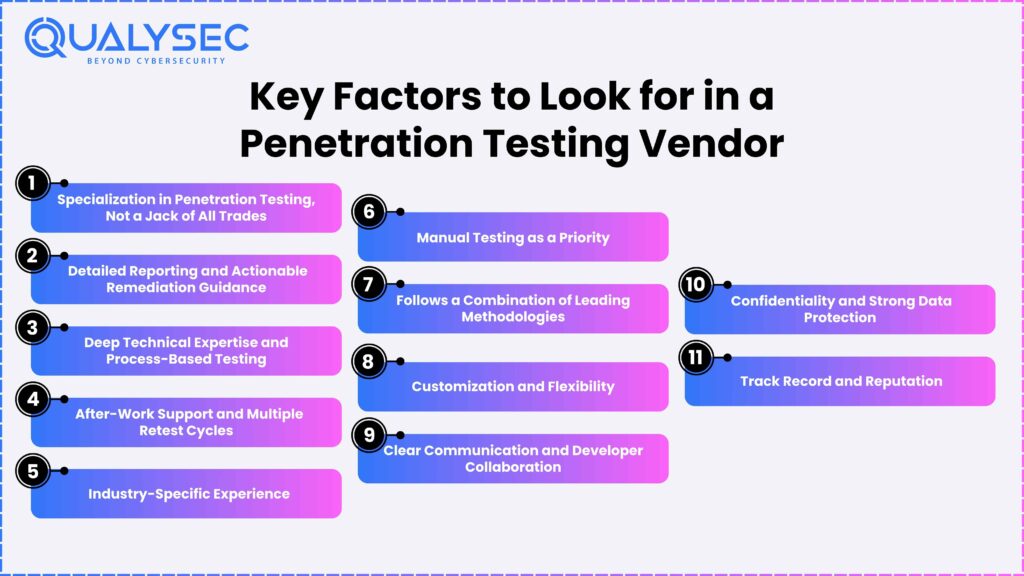
Cyber regulations are tightening due to increasing cyber threats. Customers expect privacy. Your penetration testing vendor is your frontline defense against costly breaches and compliance failures. This means you need a team that combines deep technical acumen with industry know-how and a commitment to partnership. Let’s break down the core factors that separate world-class penetration testing service providers from the crowd.
1. Specialization in Penetration Testing, Not a Jack of All Trades
You know what is the biggest red flag when evaluating vendors? It is – if security testing is just one service among dozens. Yes, you read that right!
Top penetration testing providers dedicate themselves almost exclusively to security assessments like VAPT. They build teams of experts, refine their methodologies, and stay updated with emerging threats.
Why it matters: Specialists offer deeper insights and are less likely to miss vulnerabilities. Generalist firms may lack focus, which could lead to mediocre results.
Tip: Ask how much of a vendor’s revenue or staff is dedicated to pen testing specifically. Research case studies related to your industry.
2. Detailed Reporting and Actionable Remediation Guidance
A good penetration test helps you fix all the issues. A reputable penetration testing vendor will deliver detailed, professional reports that:
- Clearly outline identified vulnerabilities, ranked by risk
- Include contextual information and screenshots for easy understanding
- Recommend practical, prioritized remediation steps your developers can act on
What to look for: Sample reports, real remediation plans, and a willingness to walk you through the findings.
3. Deep Technical Expertise and Process-Based Testing
Many vendors run automated tools and call it “good enough.” That’s not real penetration testing. You want a partner who goes beyond standard scans by using a hybrid as well as process-based approach. This means:
- Combining advanced automated tools with extensive manual testing
- Adapting methods to your specific systems, business logic, and threat situation
- Following a documented, repeatable methodology that makes sure results are thorough, not rushed
Process-based testing emphasizes planning, in-depth threat modeling, and adapting test cases to your unique environment. It’s the opposite of “checklist” security.
Ask vendors: How do you modify your approach for each client? How often are your testing techniques updated?
4. After-Work Support and Multiple Retest Cycles
A single report without ongoing support leaves you vulnerable. Top-tier vendors offer:
- Multiple rounds of retesting to ensure security fixes are effective
- Ongoing consultation if your environment or threat landscape changes
- Clear points of contact for questions after delivery
Why it matters: Fixes can fail, regressions happen, and attackers don’t wait. Retesting after penetration test remediation makes sure your remediation efforts work as intended.
5. Industry-Specific Experience
A financial services app faces different risks than a healthcare platform or an e-commerce site. The right pentesting vendor has proven experience in your sector and can quickly identify specific attack vectors relevant to your business.
What to look for: Case studies, client references, or reports in your industry. Ask, “Have you tested systems similar to ours?”
6. Manual Testing as a Priority
Even in 2025, the most sophisticated automated scanners miss context-specific or business logic vulnerabilities. Manual testing is essential for:
- Discovering complex chaining attacks or logic flaws
- Testing behind authentication hurdles or custom workflows
- Simulating real-world attacker behaviors
Best practice: Select a pentesting vendor who emphasizes manual testing and explains what percentage of engagement will be manual vs. automated.
7. Follows a Combination of Leading Methodologies
A best-in-class vendor structures their tests on proven frameworks to ensure coverage and consistency. Look for those who combine methodologies such as:
- OWASP (Open Web Application Security Project) for web apps
- SANS for general security best practices
- PTES (Penetration Testing Execution Standard)
- NIST guidelines for organizational risk management
A hybrid approach guarantees major vulnerability classes and compliance requirements aren’t overlooked.
8. Customization and Flexibility
No two businesses are identical. Security testing should be:
- Tailored to your unique infrastructure, tech stack, and risk profile
- Adjustable based on compliance needs (e.g., PCI DSS, HIPAA, GDPR)
- Capable of scaling as your systems grow
Questions to ask: Will you adapt your scope to match our business? Can you align with our timeline or release cycles?
9. Clear Communication and Developer Collaboration
Vulnerability remediation is a team effort. The best penetration testing vendors:
-
Speak clearly, not only to executives, but also to your developers and DevOps teams, since communicating during a penetration test is necessary for efficient cooperation and rapid remediation.
- Hold regular updates, including e-meetings as needed
- Set up shared channels (e.g., Slack groups, ticketing integrations) for instant troubleshooting
Look for: Commitment to ongoing collaboration, not just a one-off engagement.
10. Confidentiality and Strong Data Protection
Security risk assessments require access to sensitive systems and data. Your vendor must guarantee:
- Robust confidentiality and information security practices
- Clear data handling and destruction policies
- Secure methods of communication and report delivery
Check for relevant certifications (ISO 27001, SOC 2) and contractual safeguards.
11. Track Record and Reputation
Experience counts. Signs of a trustworthy pentesting vendor include:
- At least 100 completed enterprise engagements
- Positive reviews on independent platforms like Clutch, Trustpilot, Google, etc.
- Up-to-date vulnerability research and contributions to the security community
Ask to see recent vulnerability reports or whitepapers to gauge their relevance and expertise.
Essential Questions to Ask Potential Penetration Testing Vendors
Understanding how to evaluate a pentesting vendor can be the difference between meaningful results and a missed opportunity. We’ve listed some key questions that you should ask, and have explained the reasons why they matter.
1. What standards and frameworks guide your testing?
Reputable penetration testing vendors align their methodologies with industry-recognized standards and frameworks. Ask the vendor which guidelines they follow, such as:
- OWASP Testing Guide (for web applications)
- NIST SP 800-115
- PTES (Penetration Testing Execution Standard)
- CREST or equivalent certifications
These standards ensure comprehensive coverage and adherence to accepted best practices. If a vendor cannot clearly articulate their approach or references outdated standards, consider it a red flag. Look for vendors whose staff also hold certifications such as OSCP, CEH, or CISSP.
2. Do you conduct both automated and manual testing?
Automated scanning is useful for catching known vulnerabilities quickly, but no tool can find every issue. Manual testing allows skilled professionals to simulate complex attack vectors, identify logic flaws, and uncover vulnerabilities that tools may miss. Ask vendors if their process combines both automated tools and thorough manual assessment. The best penetration tests always include hands-on expertise, especially for custom applications or sensitive environments.
3. How do you ensure safe testing in production?
An experienced vendor will have strict protocols to minimize impact, such as:
- Coordinated scheduling and communication
- Defined rules of engagement (ROE)
- Use of non-destructive testing techniques
- Ability to adjust or pause tests if risks are detected
Request details on how the vendor plans for safe testing, obtains approval, and communicates in real-time, especially if mission-critical systems are involved.
4. What does your report include?
The value of penetration testing lies not just in finding vulnerabilities, but in presenting them clearly, with actionable guidance. Ask for a sample report and review it for:
- Executive summary (non-technical overview)
- Technical findings, ranked by risk and impact
- Evidence (screenshots, logs, proof of exploit)
- Clear remediation recommendations
- Methodology and tools used
- Re-test procedures (for verifying fixes)
A quality report should help both technical and non-technical stakeholders understand what was found and how to address it.
5. Do you offer remediation testing or ongoing consulting?
Finding vulnerabilities is only half the battle. Effective vendors assist with remediation, offering:
- Post-test support to clarify findings
- Remediation testing to verify resolved issues
- Guidance on prioritizing fixes
- Availability for follow-up questions
Ongoing consulting or “security as a service” offerings can add value so that your team build defenses over time rather than just providing a snapshot.
6. Can you provide client references or success stories?
Experience matters. Reliable vendors can provide references or detailed success stories from clients with similar technologies or regulatory needs. When reviewing, consider:
- Were previous engagements similar in scope?
- Have they worked with organizations of your size or industry?
- What do references say about communication, thoroughness, and support?
A lack of references may signal an inexperienced provider.
7. What is the time frame of the whole assessment?
Project timelines vary based on complexity and scope. It’s important to discuss:
- How long the initial test will take
- When you can expect the final report
- Any required downtime or system changes
- Their availability for urgent assessments
Clear timelines make sure you can plan around important business cycles and compliance deadlines.
8. Have you tested technology stacks similar to ours?
Whether you use cloud-native services, on-premises legacy systems, IoT devices, or custom code, make sure the vendor has hands-on experience with your technology stack.
Sample question: “Have you previously conducted penetration tests on platforms like ours (e.g., AWS microservices, Salesforce integrations, Kubernetes clusters)?”
Confident answers and technical details signal genuine expertise.
9. Do you have a vulnerability database? How often do you update it?
Continuous learning is a sign of a competent vendor. Ask about:
- Proprietary or third-party vulnerability databases that they use
- How often are these updated to include new threats
- How zero-day vulnerabilities are tracked and assessed
Vendors who invest in the latest knowledge stay ahead of emerging attacks and provide you with state-of-the-art protection.
Talk to our Cybersecurity Expert to discuss your specific needs and how we can help your business.
How Qualysec Sets the Benchmark
QualySec stands out in a crowded market by blending data-driven testing solutions, deep industry knowledge, and a commitment to end-to-end partnership. Here’s why QualySec is the best choice as a penetration testing vendor:
1. Manual Penetration Testing With a Data-Driven Approach
Many vendors rely mostly on automated tools for vulnerability scanning and basic testing. While automation has its place, manual penetration testing is what truly uncovers dangerous, business-specific vulnerabilities.
Qualysec’s process combines manual methods with advanced analytics and data-driven tactics. Our testing is not just limited to that; we have our unique process-based penetration testing that vary for every technology and industry type. By analyzing threat intelligence, regulatory updates, and emerging attack vectors, Qualysec delivers a more relevant and comprehensive assessment.
2. Deep Technical and Regulatory Understanding
Staying ahead of cyber threats means keeping up with constantly evolving technology and regulations. The best penetration testing vendors understand the technical fundamentals as well as the regulatory environment affecting your business.
Qualysec has a team of multidisciplinary, certified testers, compliance specialists, and ex-security architects. From fintech and healthcare to SaaS and e-commerce, we leverage tailored experience to respond to legal and regulatory requirements such as OWASP, PCI DSS, ISO 27001, and HIPAA, highlighting the importance of certified penetration testers for these tight standards.
3. Comprehensive, Detailed Reports Accepted Worldwide
The value of penetration test output depends on the quality, detail, and clarity of the resulting report you see. Weaker or generic reports can impede remediation, irritate your dev teams, and might not impress regulatory auditors, and that’s why Comprehensive penetration testing services for cybersecurity are important.
Qualysec produces clear, actionable, and audit-ready reports. Every finding is ranked by business risk, described with real-world attack scenarios, and mapped to industry standards. Clients receive:
- Executive summaries for leadership
- Technical breakdowns for developers
- Step-by-step remediation guidance
- Evidence such as screenshots or exploit steps
This reporting format is accepted by all major regulatory bodies and often praised by compliance auditors for its completeness and clarity.
4. Fully Customized Service Offerings
No two businesses face the same threats or have identical architectures. That’s why off-the-shelf penetration tests miss the mark.
Qualysec develops custom testing methodologies based on your specific environment, technology stack, regulatory requirements, and business objectives. Whether you run a fintech mobile app, a healthcare platform with IoT devices, or an enterprise cloud deployment, Qualysec aligns its services to maximize risk reduction where you need it most.
5. Transparent Communication At Every Step
Penetration testing is not a one-time engagement; it’s an ongoing collaboration. Clear, open communication differentiates great vendors from the rest.
Qualysec keeps clients informed from kickoff to conclusion. We conduct detailed pre-assessment briefings, interim progress updates, and interactive debrief sessions post-assessment. There’s always a direct line to security experts for questions, clarifications, or emergency advice.
What Sets Qualysec Apart:
- Dedicated project manager and technical lead for each engagement
- Secure client portal with real-time test updates and findings
- 24/7 access to support during critical windows
6. Unlimited Retest & Support
Fixing identified vulnerabilities is as crucial as finding them in the first place. Yet many vendors restrict retesting or offer only brief post-engagement support, leaving your business exposed.
Qualysec offers unlimited retests until every issue is resolved. Our support extends beyond remediation, as we help your team understand root causes and avoid similar vulnerabilities in future releases.
After remediation, clients can request comprehensive retesting at no extra charge. Qualysec verifies each fix and updates your compliance reports to make sure that nothing falls through the cracks.
7. An Established Track Record
You don’t want to trust your security to newcomers. Proven history and client testimonials speak volumes about a vendor’s reliability.
Qualysec has an impressive portfolio of clients across financial services, healthcare, retail, and software. Case studies and reviews consistently emphasize their professionalism, depth, and measurable results.
What to Ask for:
- Recent independent client testimonials
- Sample redacted report(s)
- Certifications and industry recognition
Protect Your Business with the Right Partner
Thorough penetration testing vendor is an investment in your company’s security, reputation, and growth. By selecting a vendor like Qualysec, you won’t just meet regulatory expectations; you’ll strengthen your cyber defenses, streamline remediation, and sleep easier at night.
Start your search by comparing vendors using the standards above. For a deeper look at QualySec’s approach, request a sample report or schedule a discovery call with their security team.





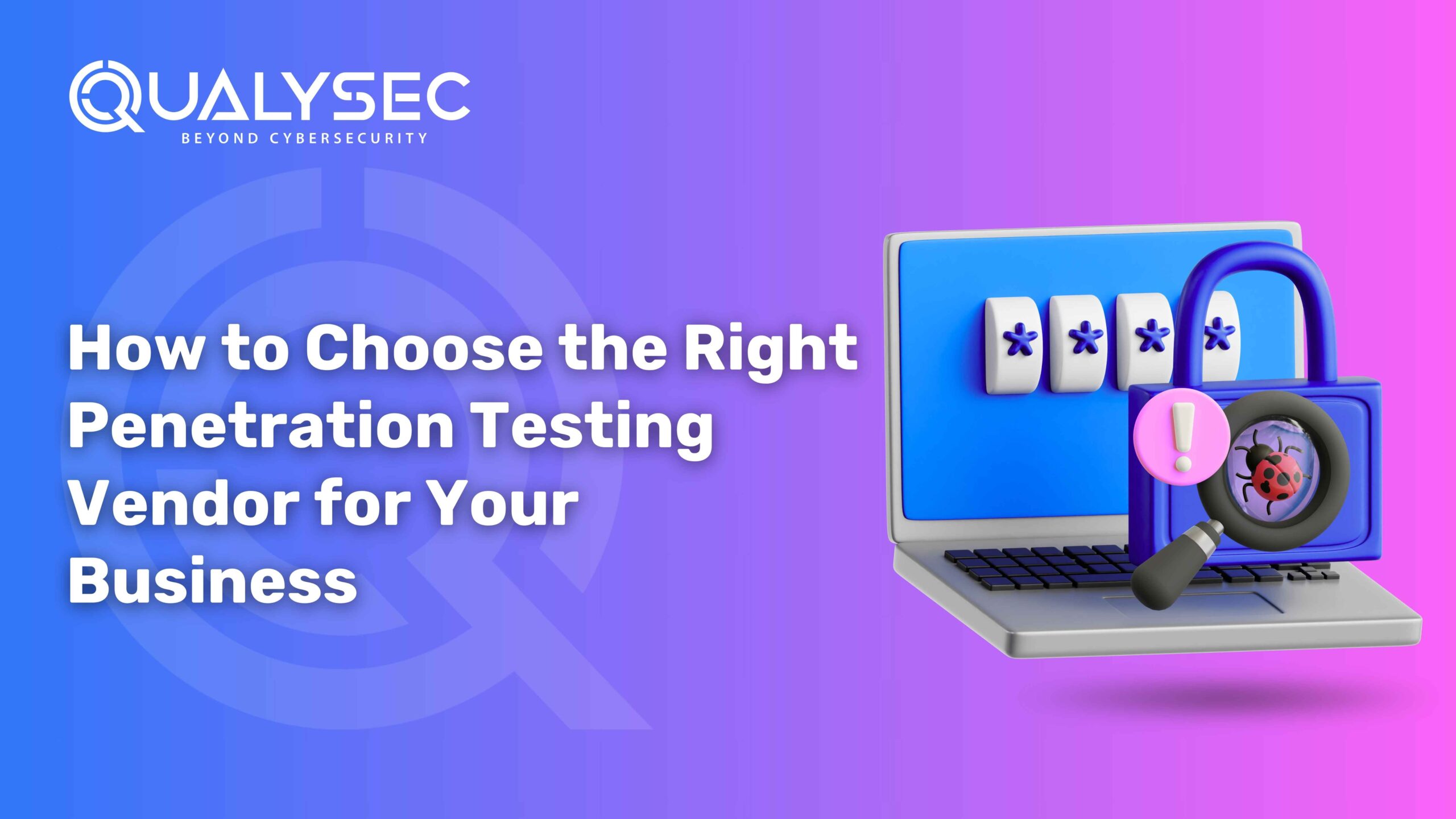



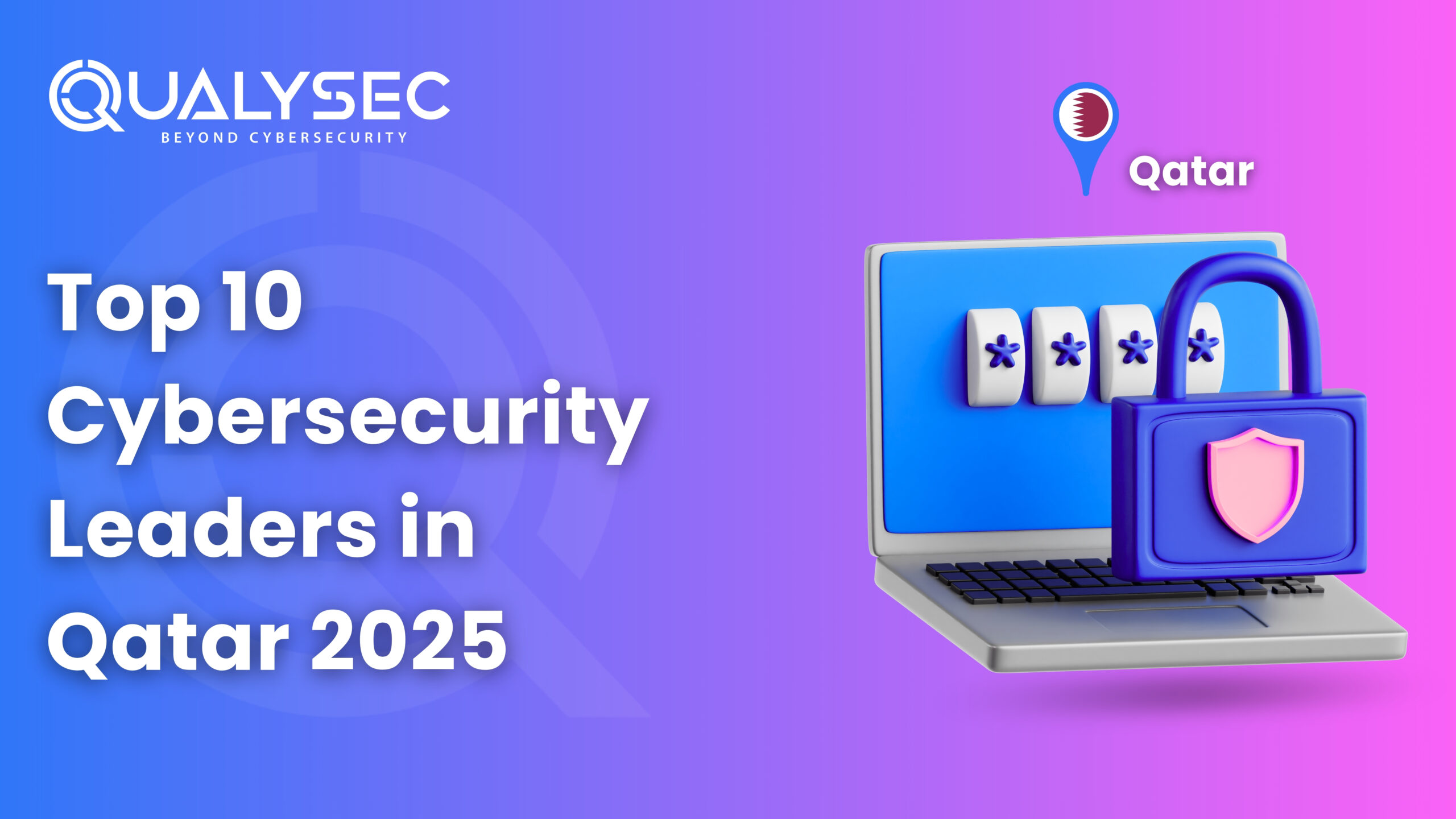
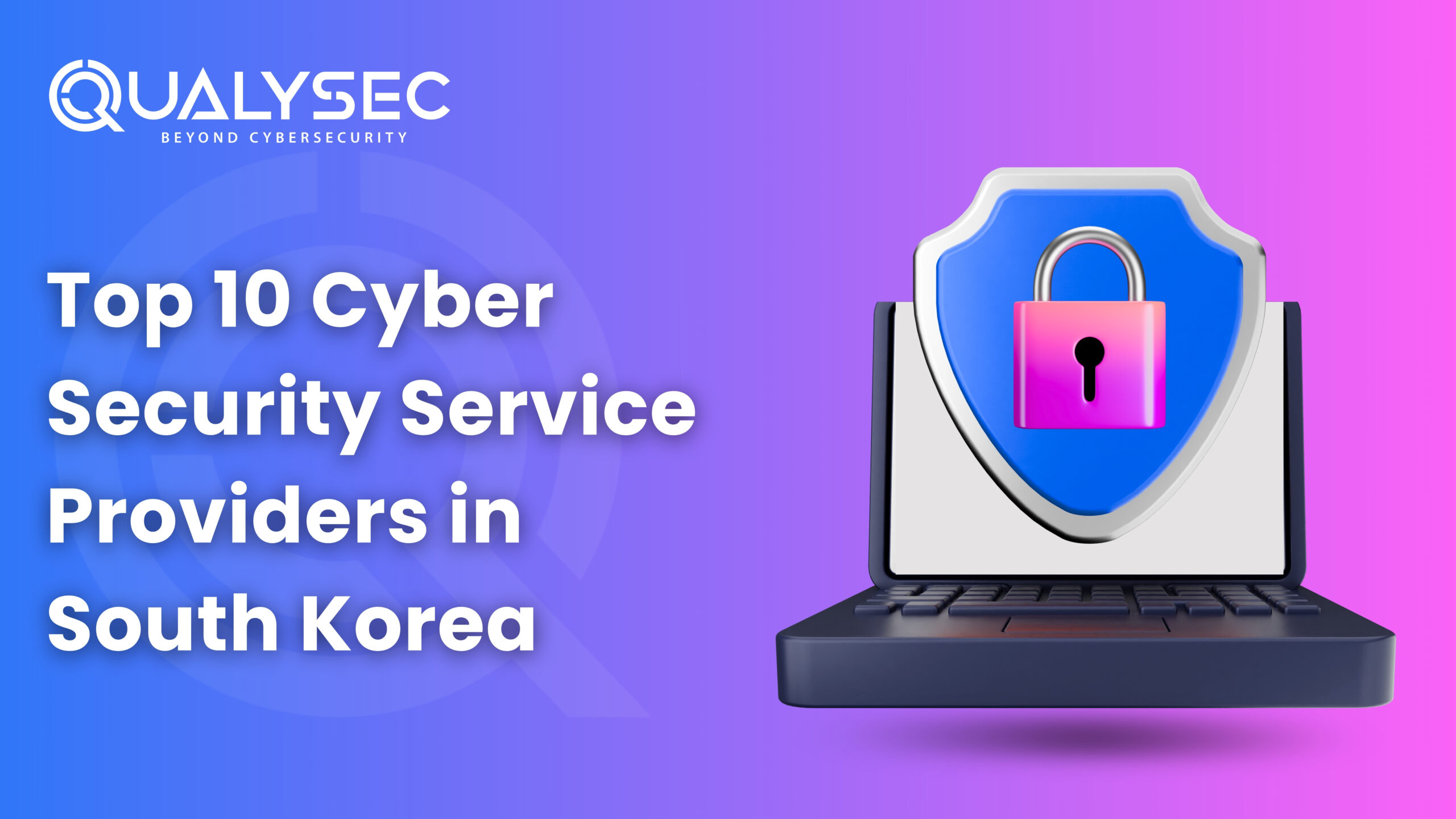

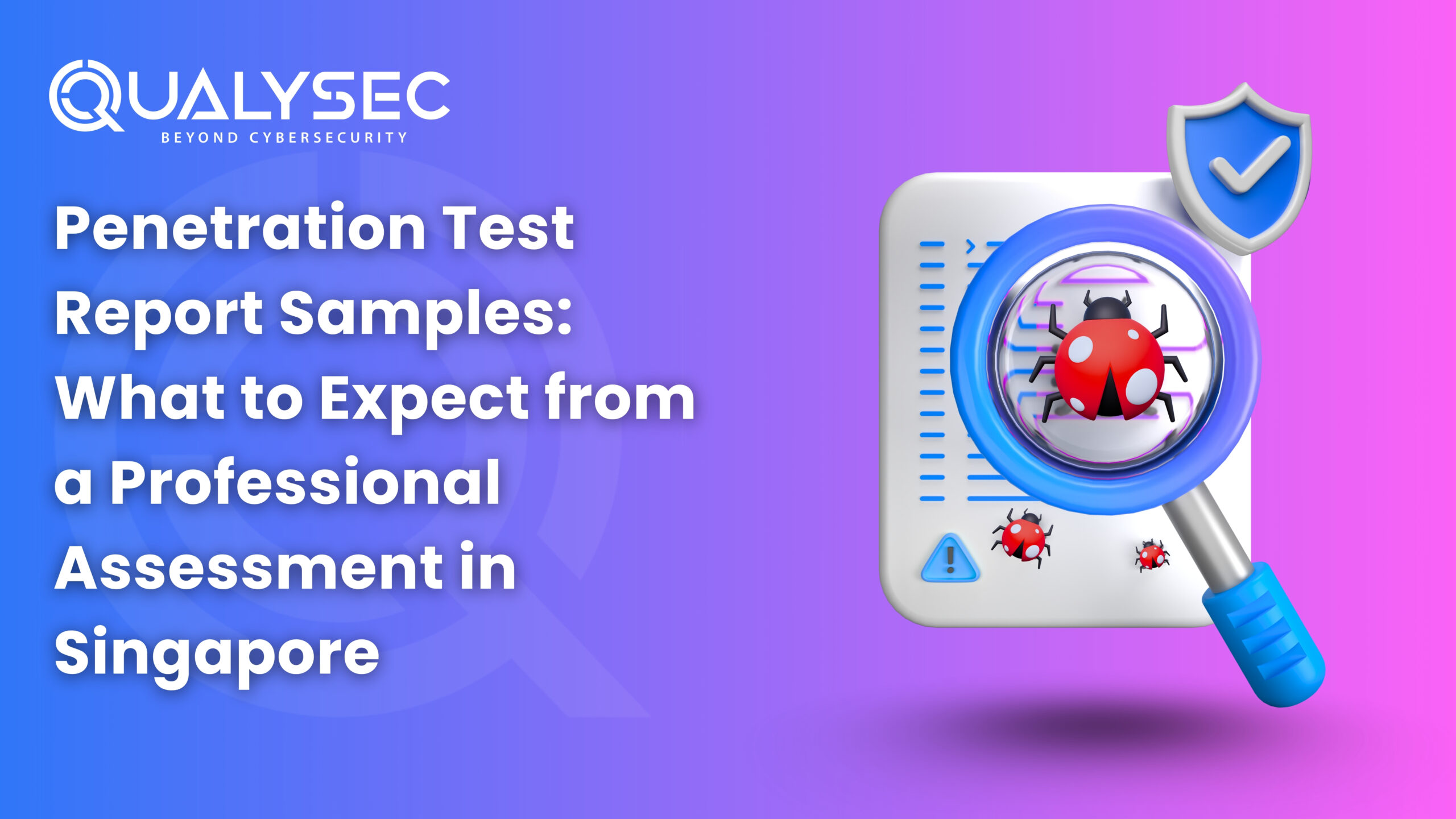
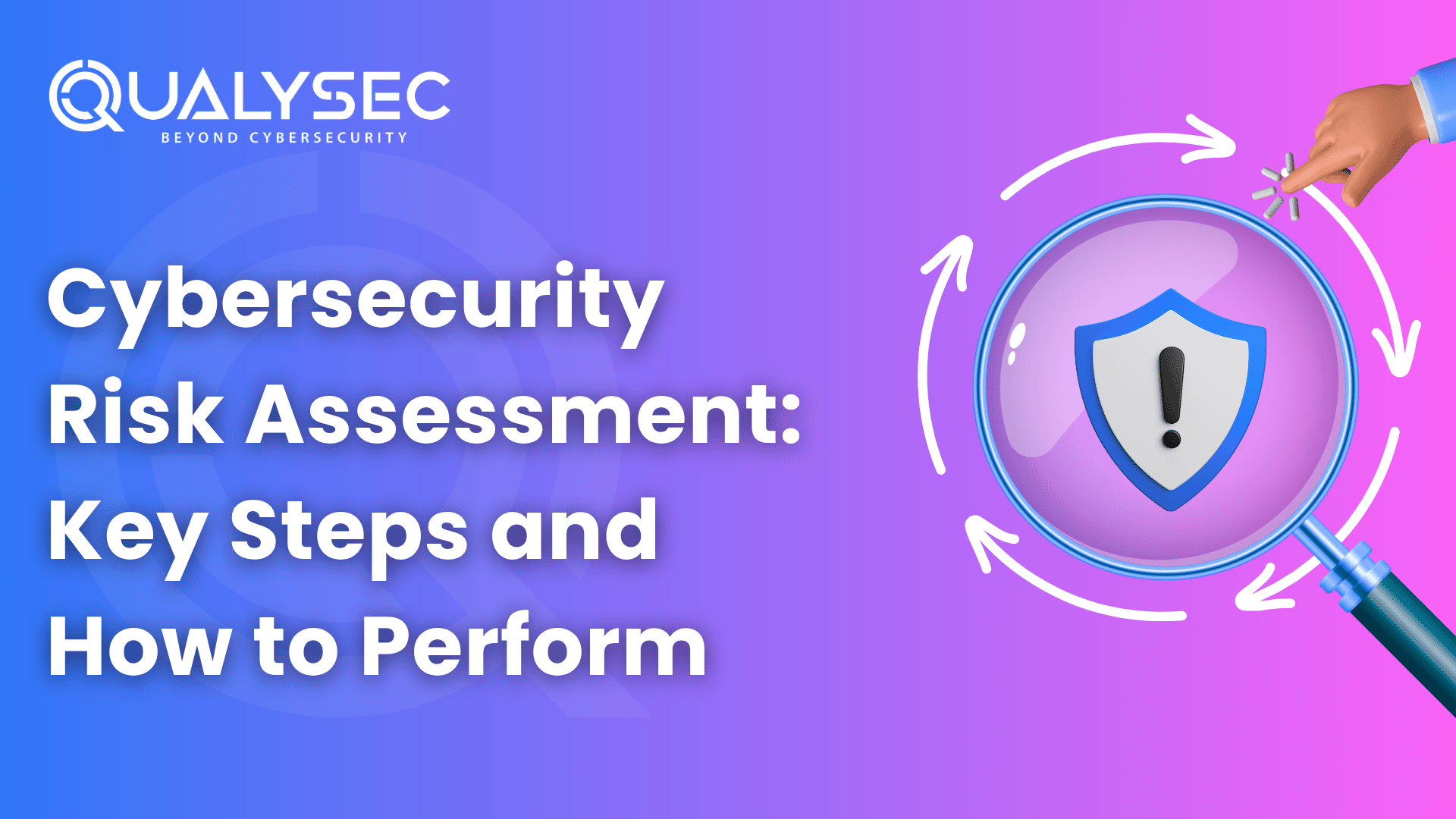
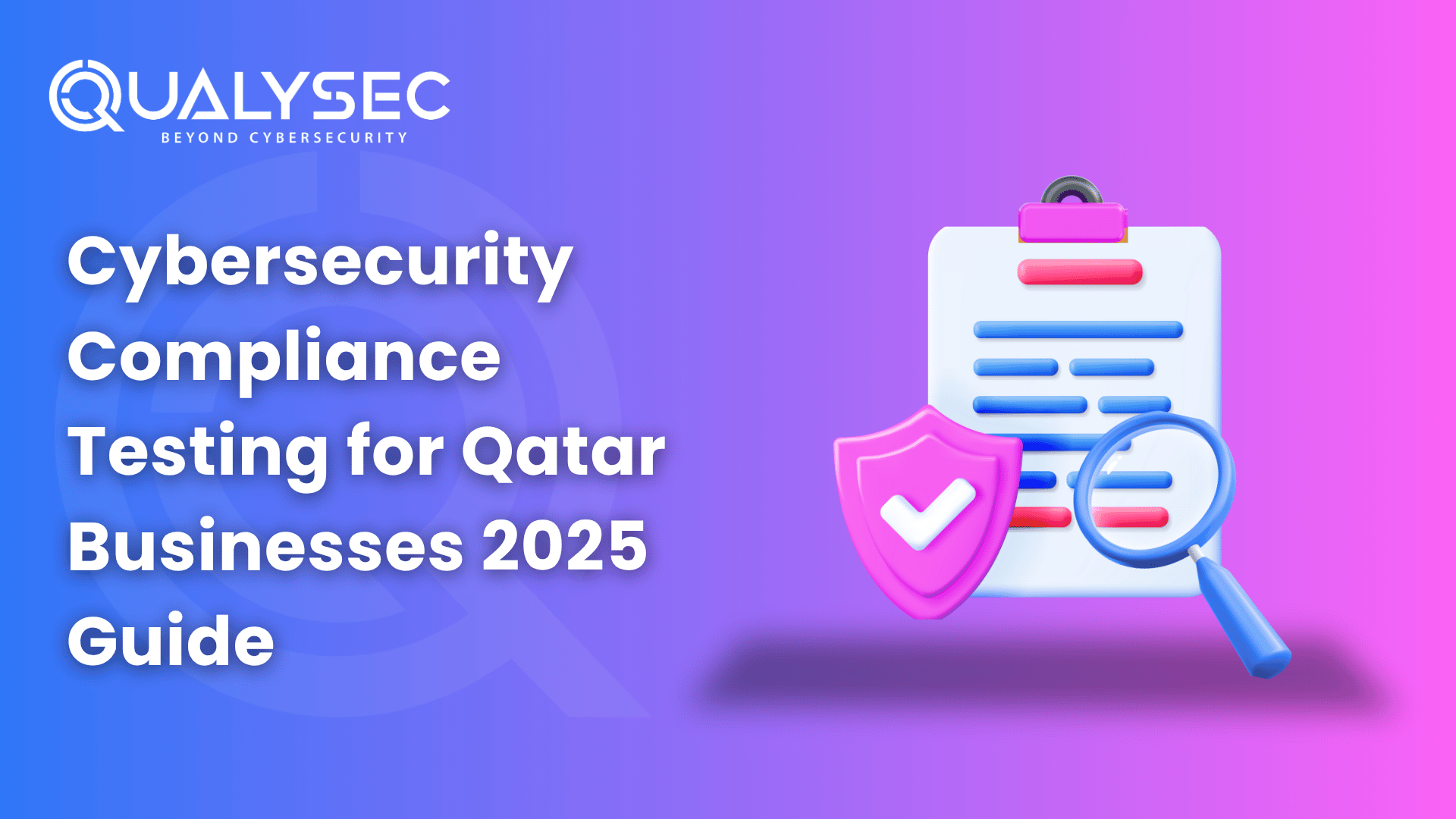
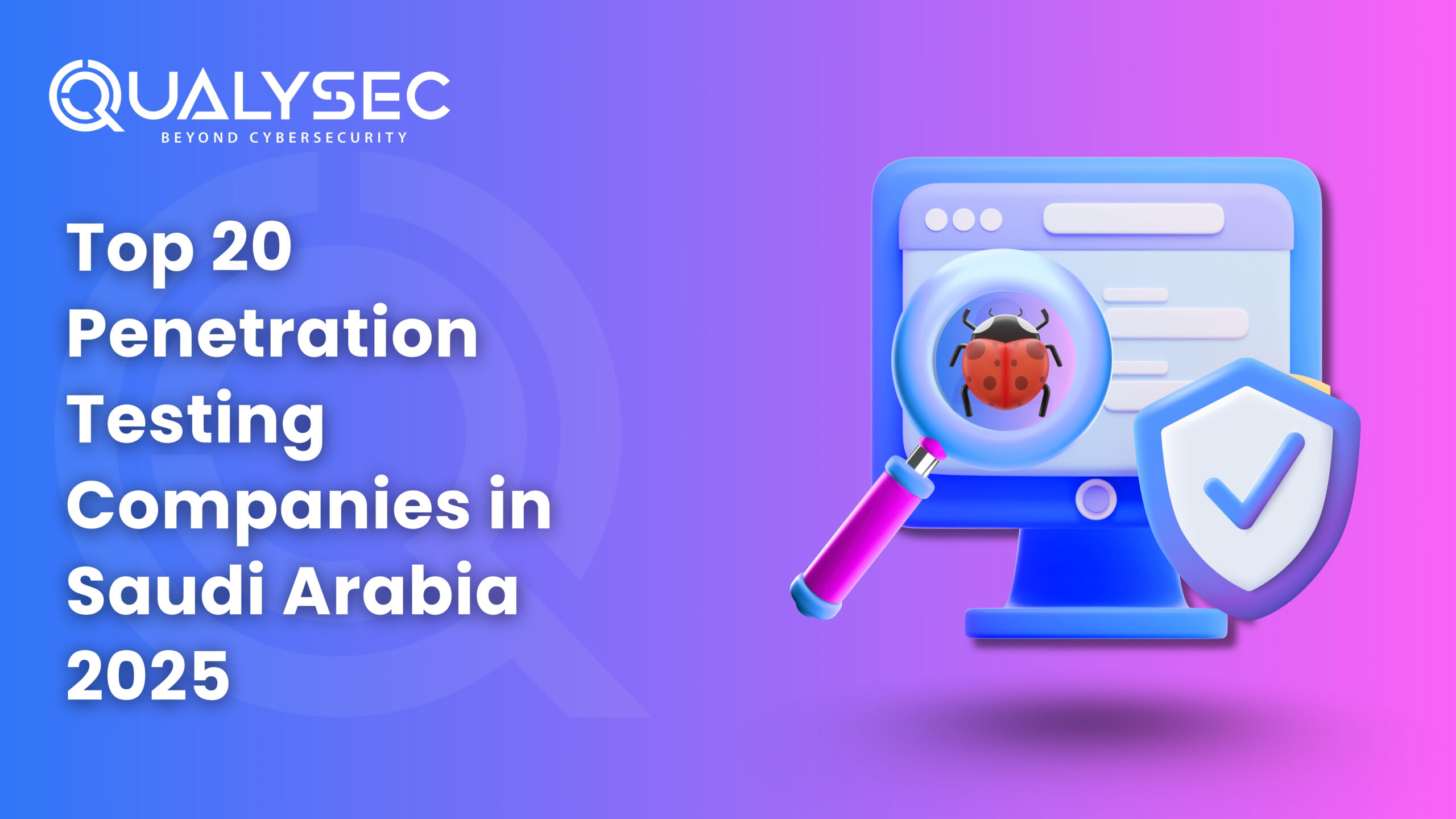
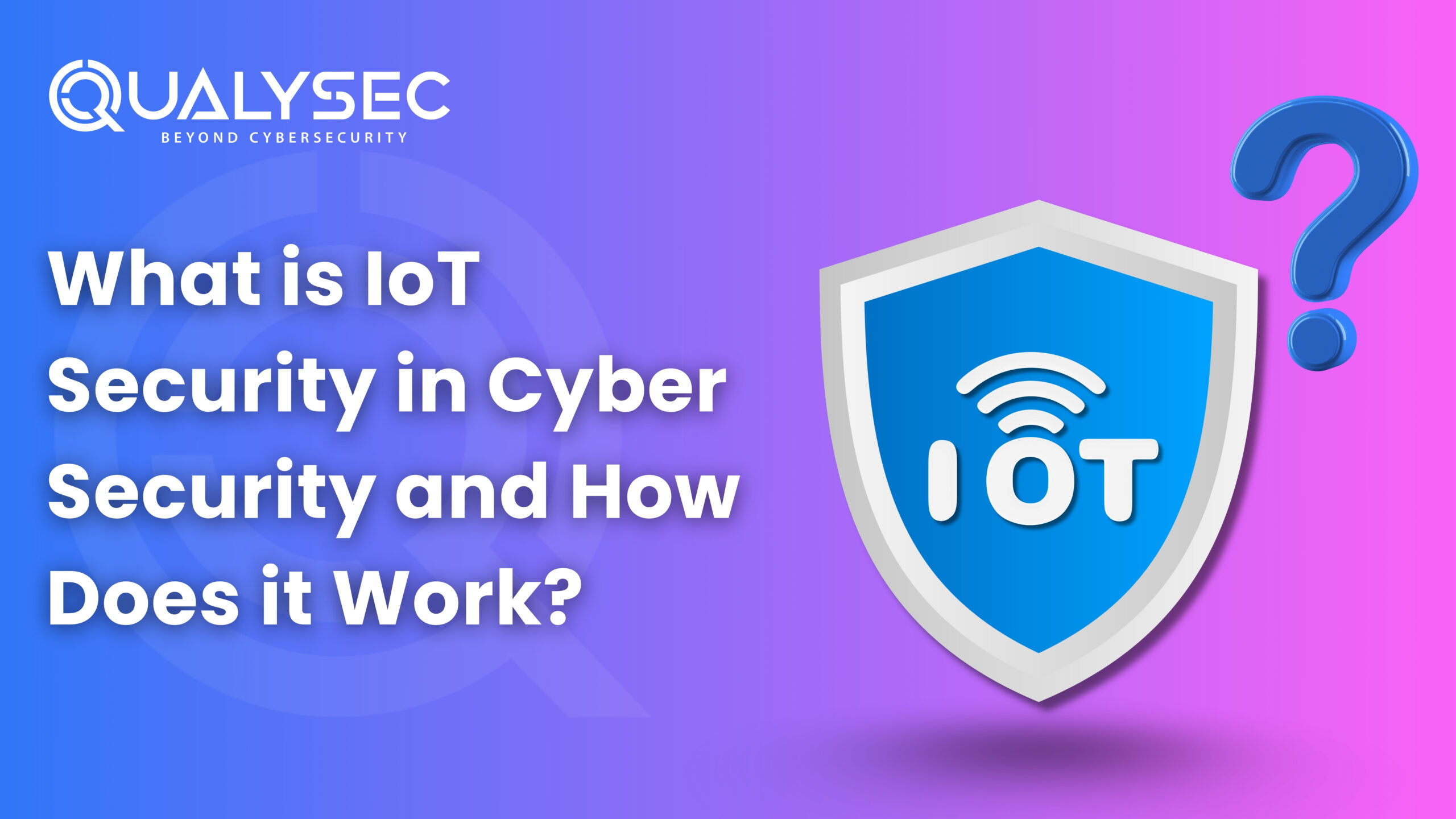
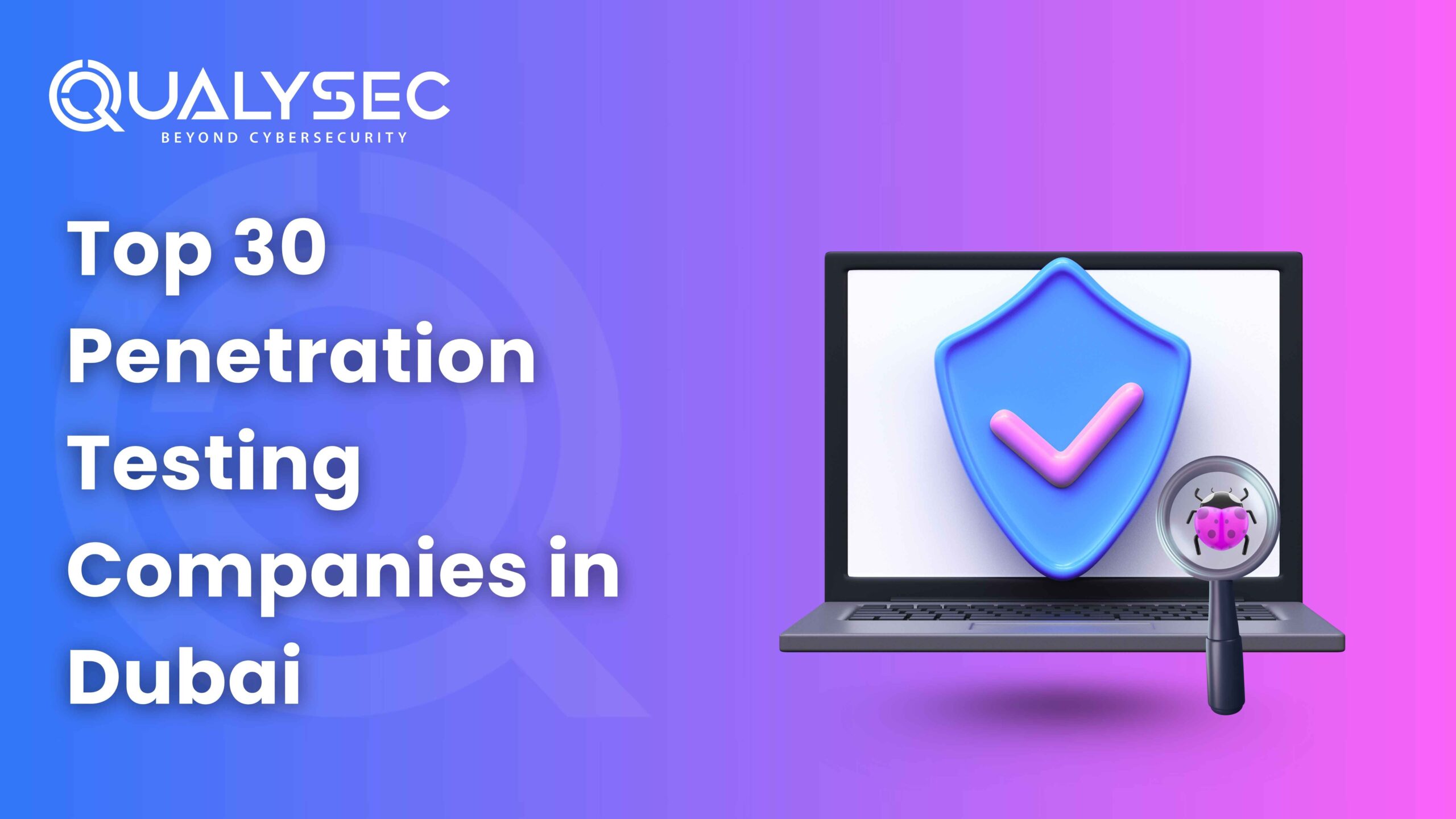

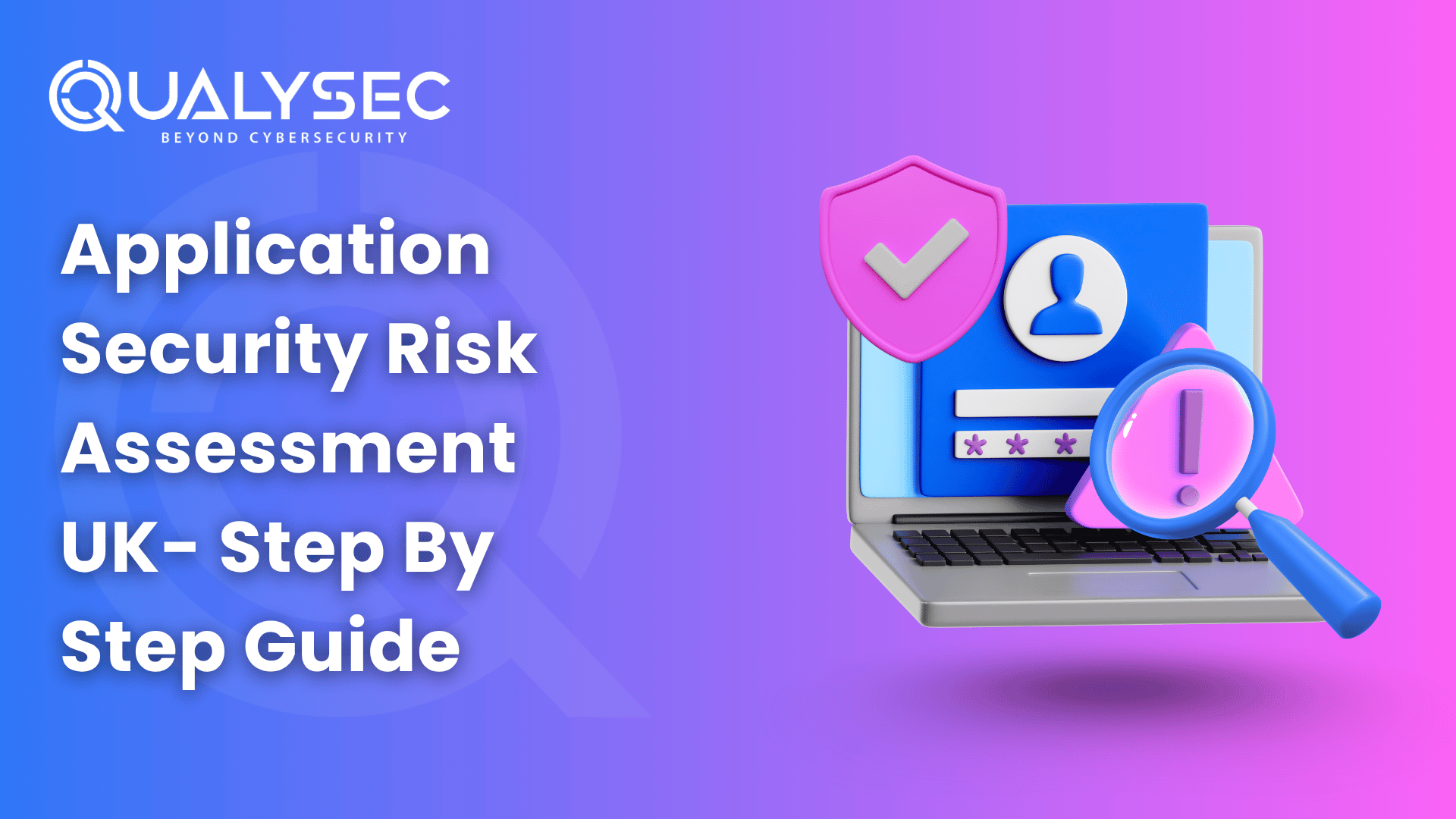
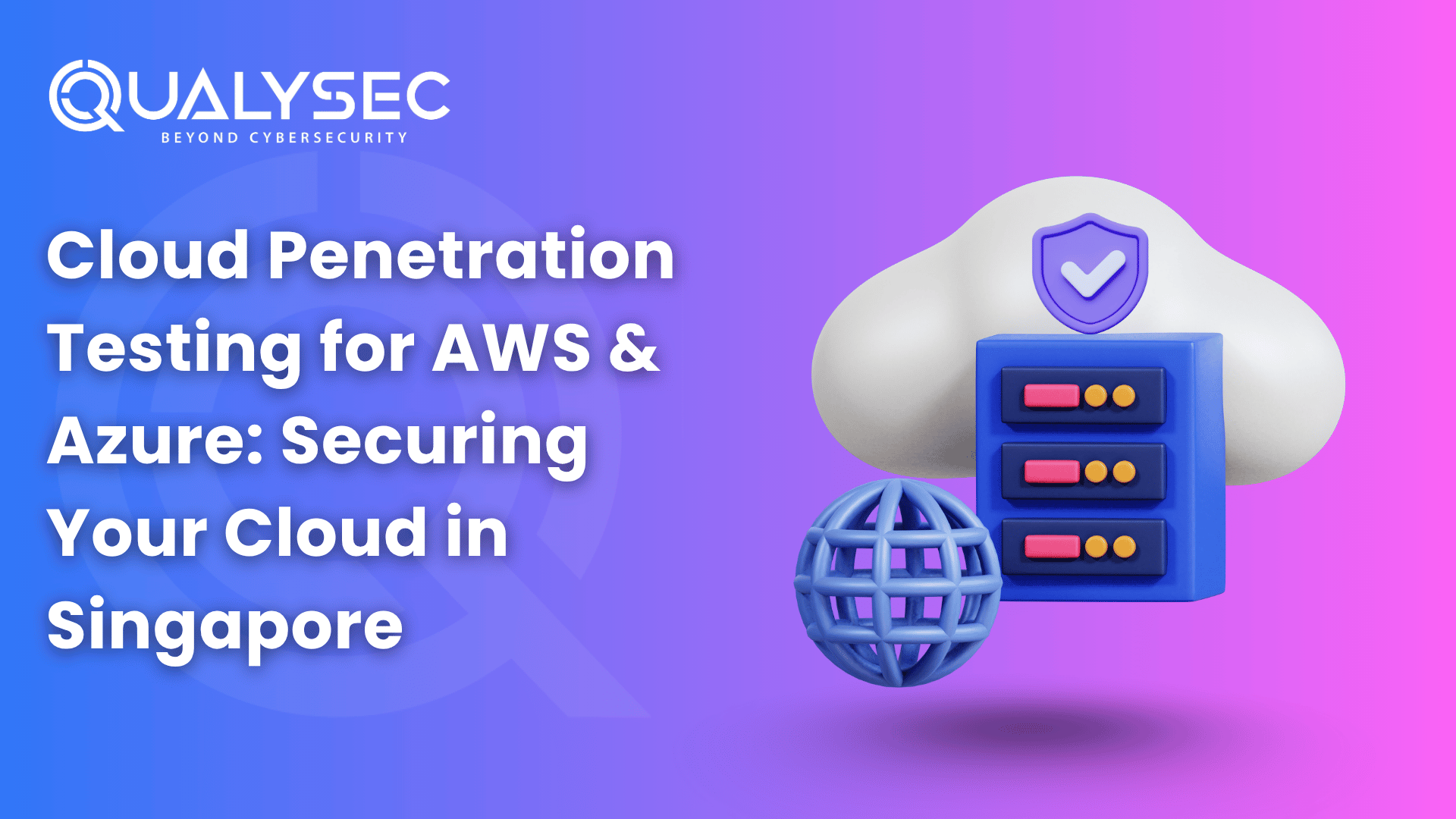

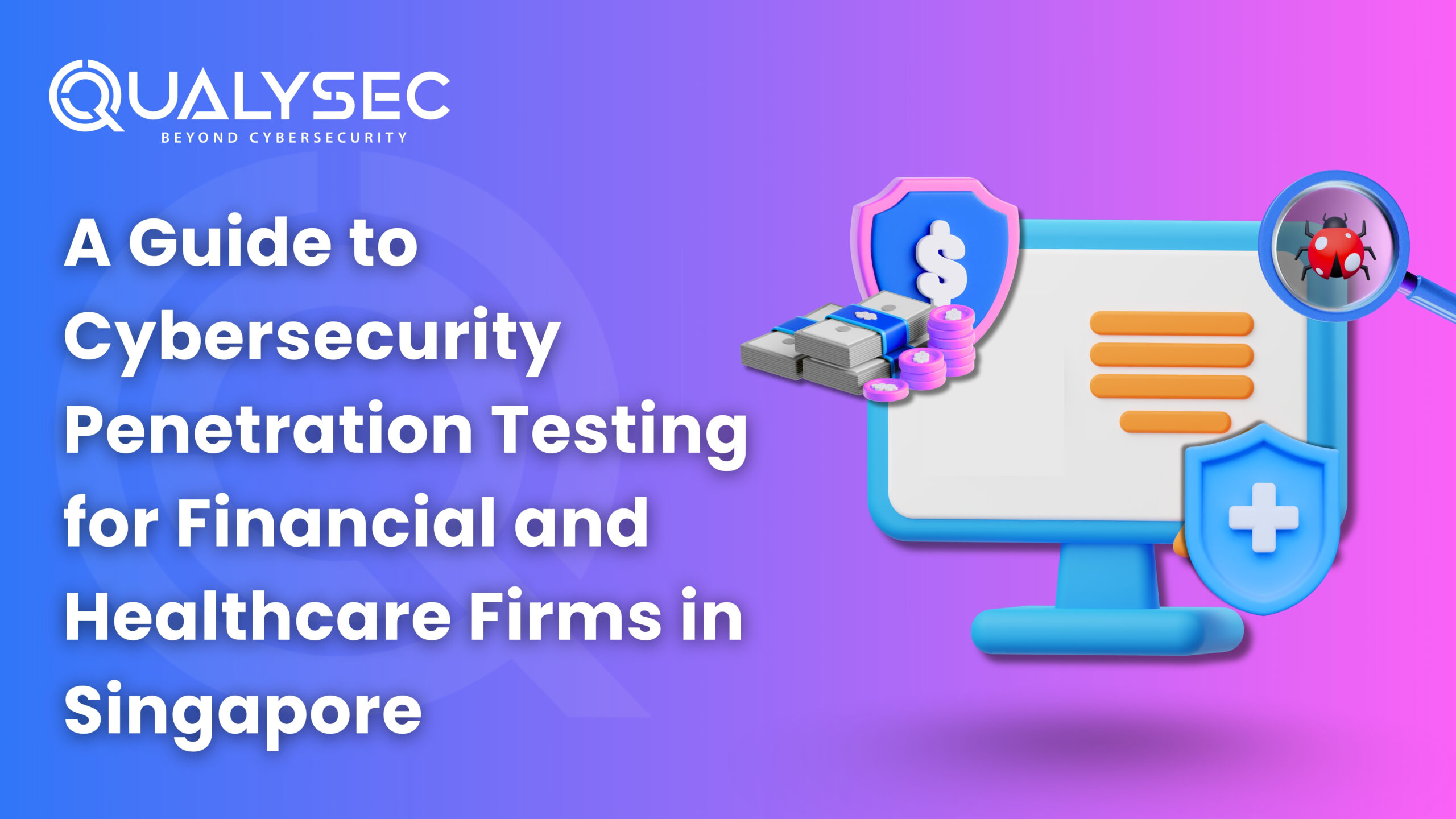

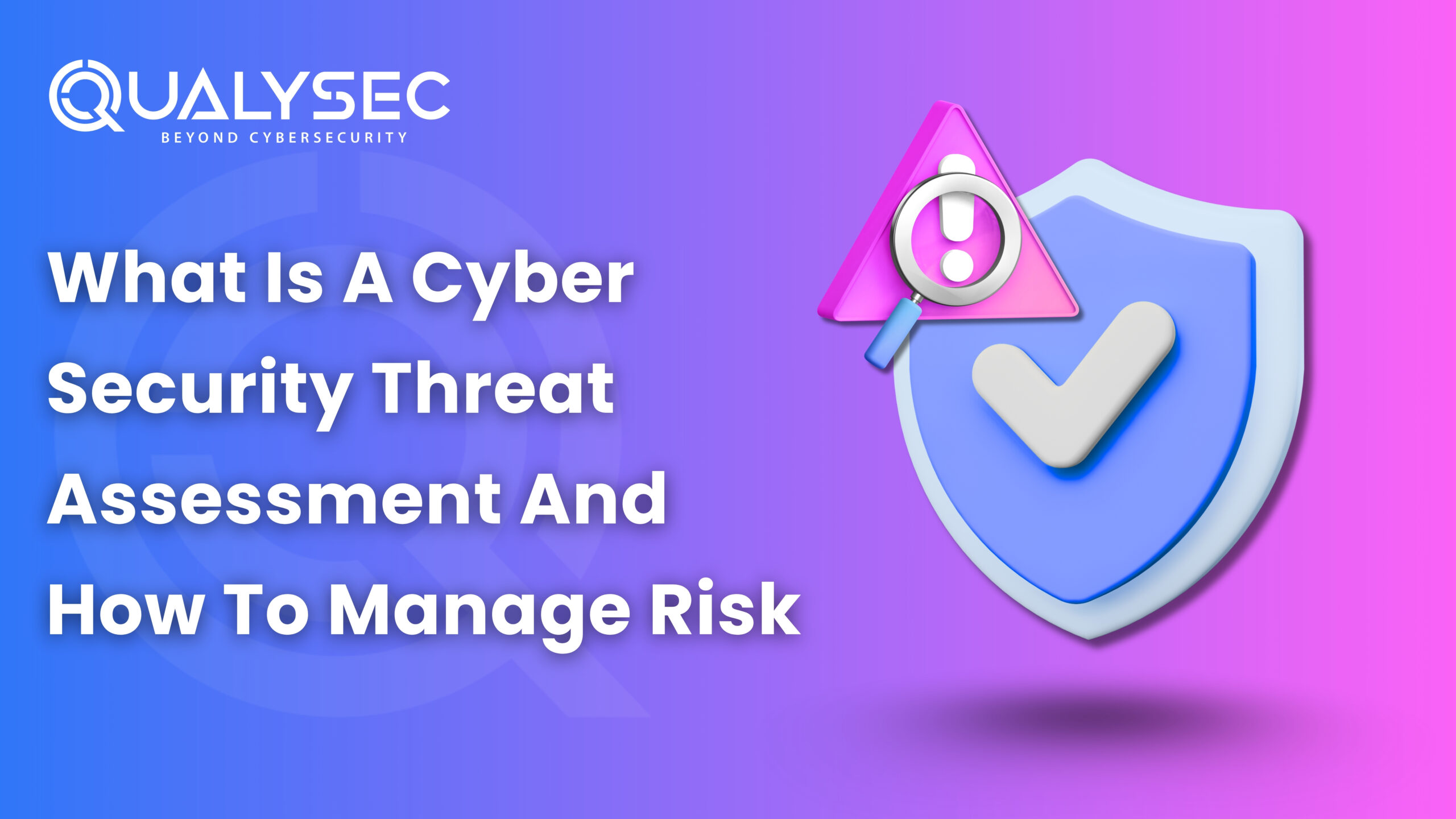


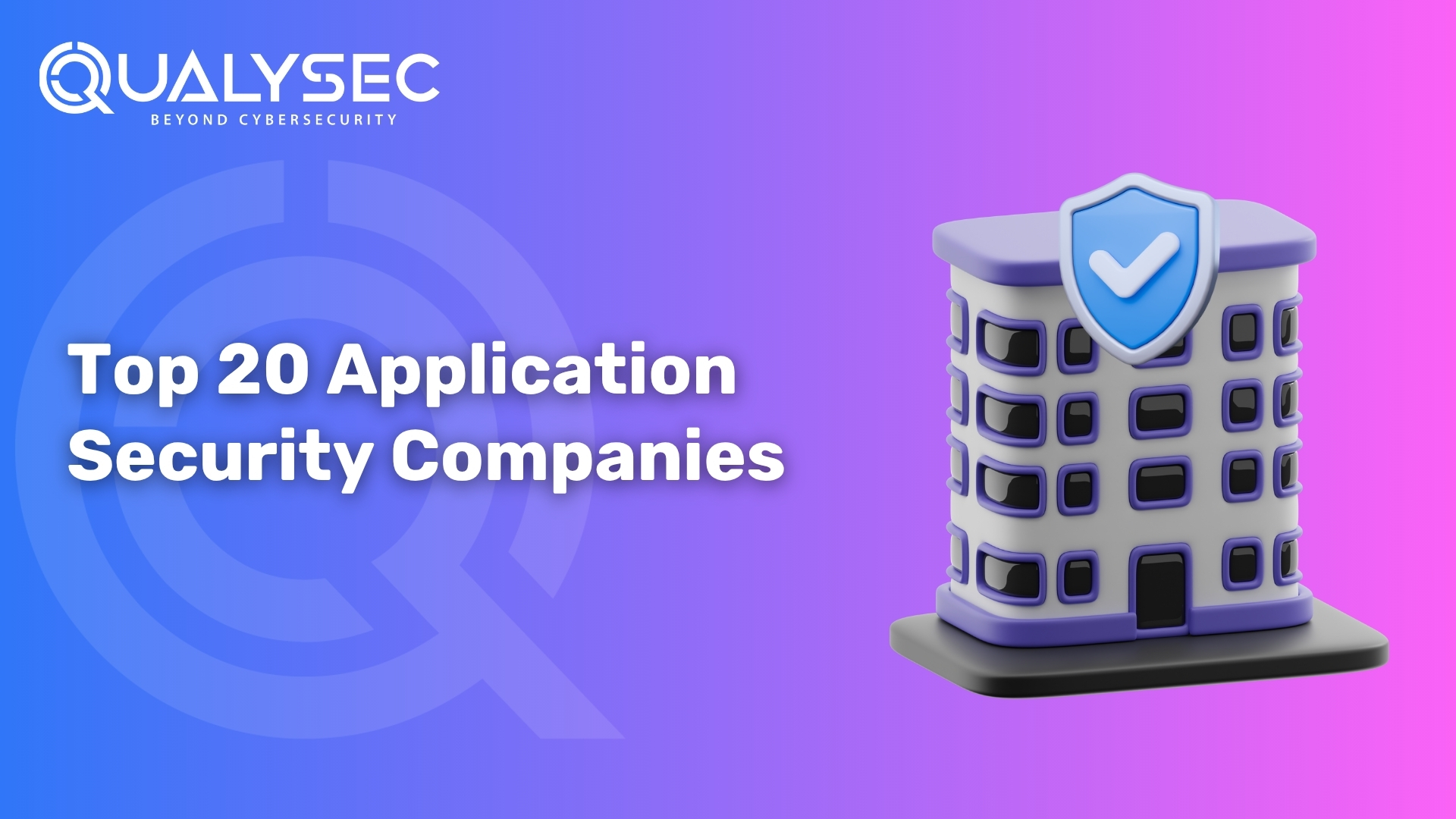
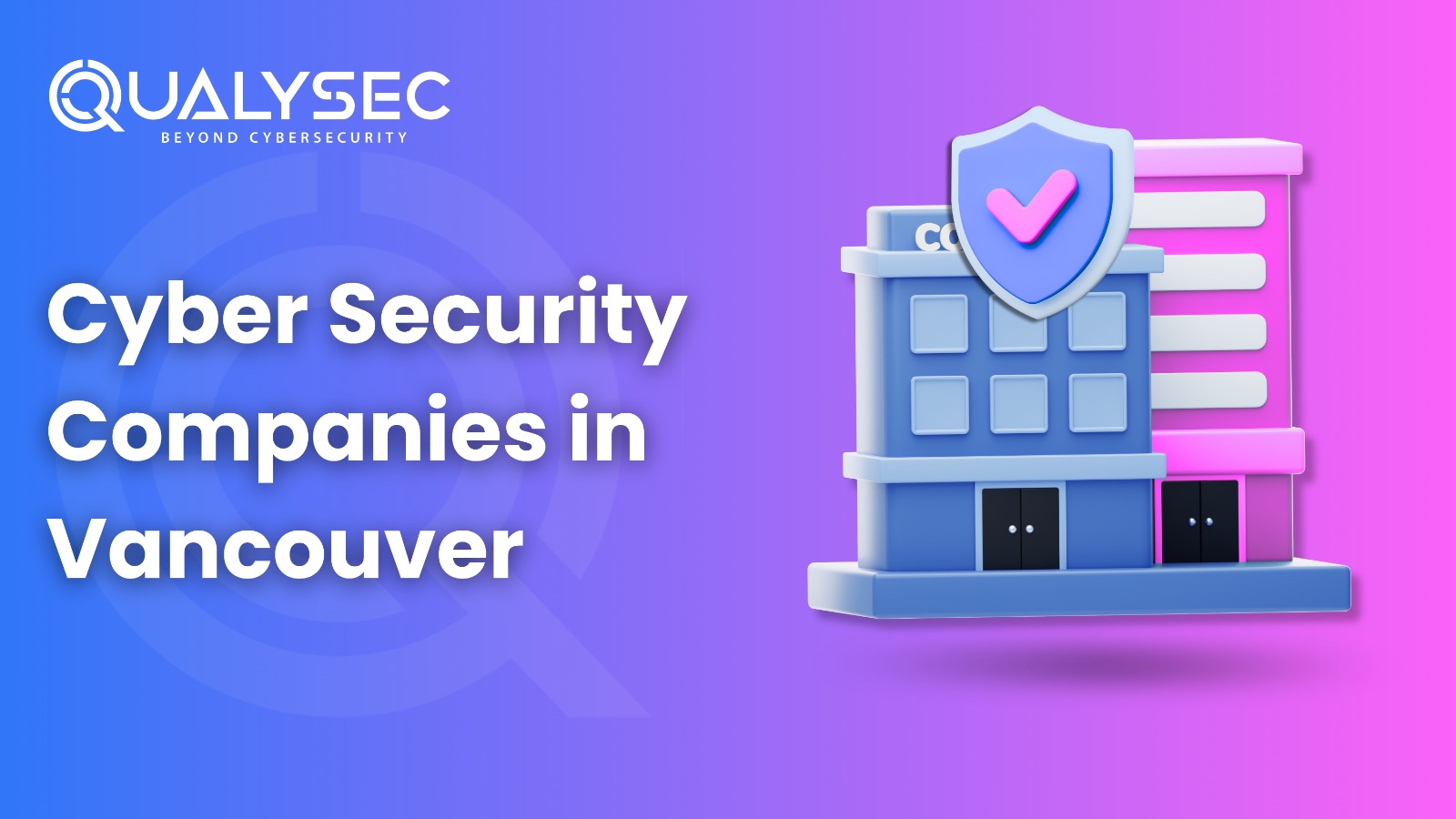
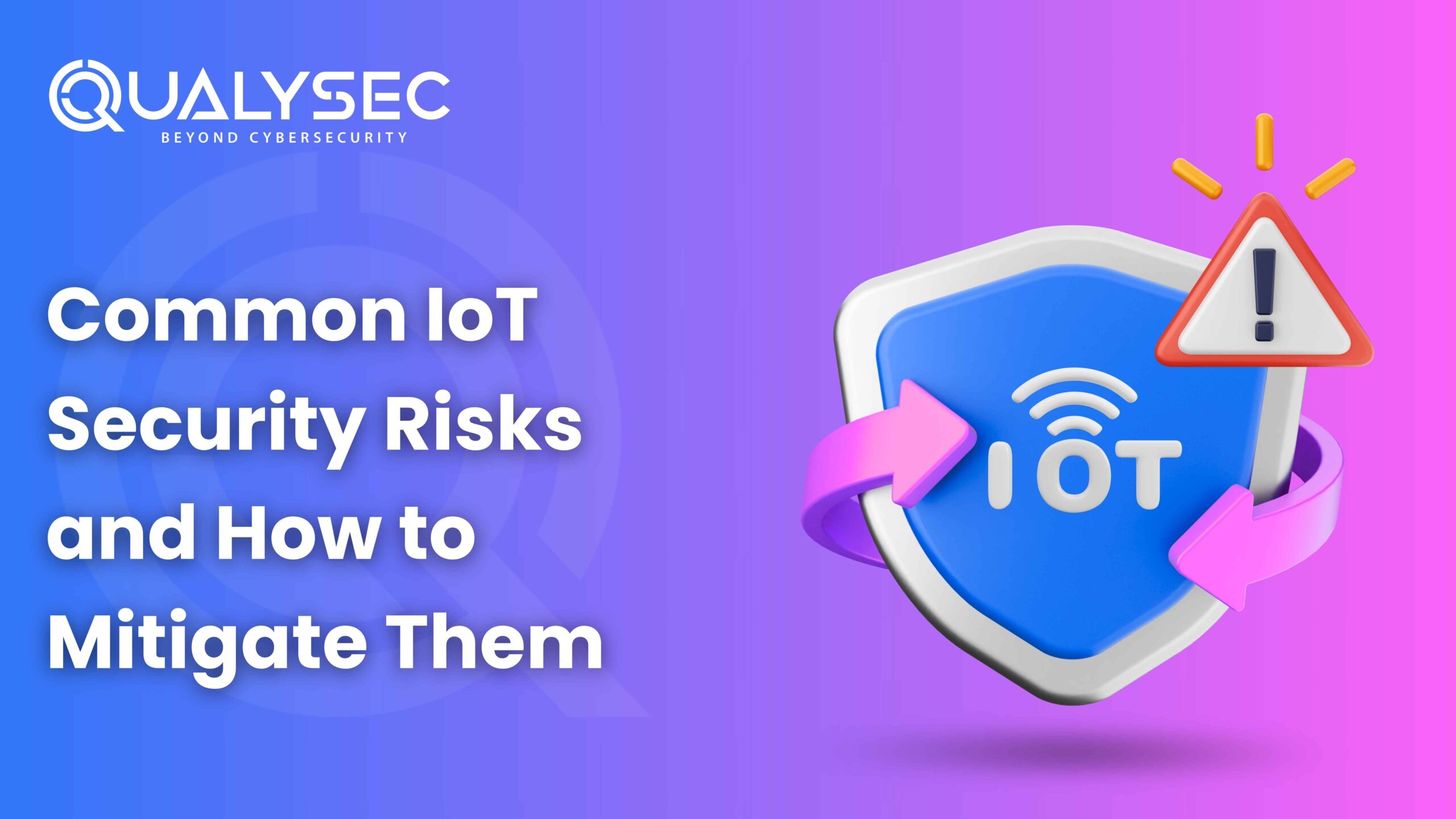
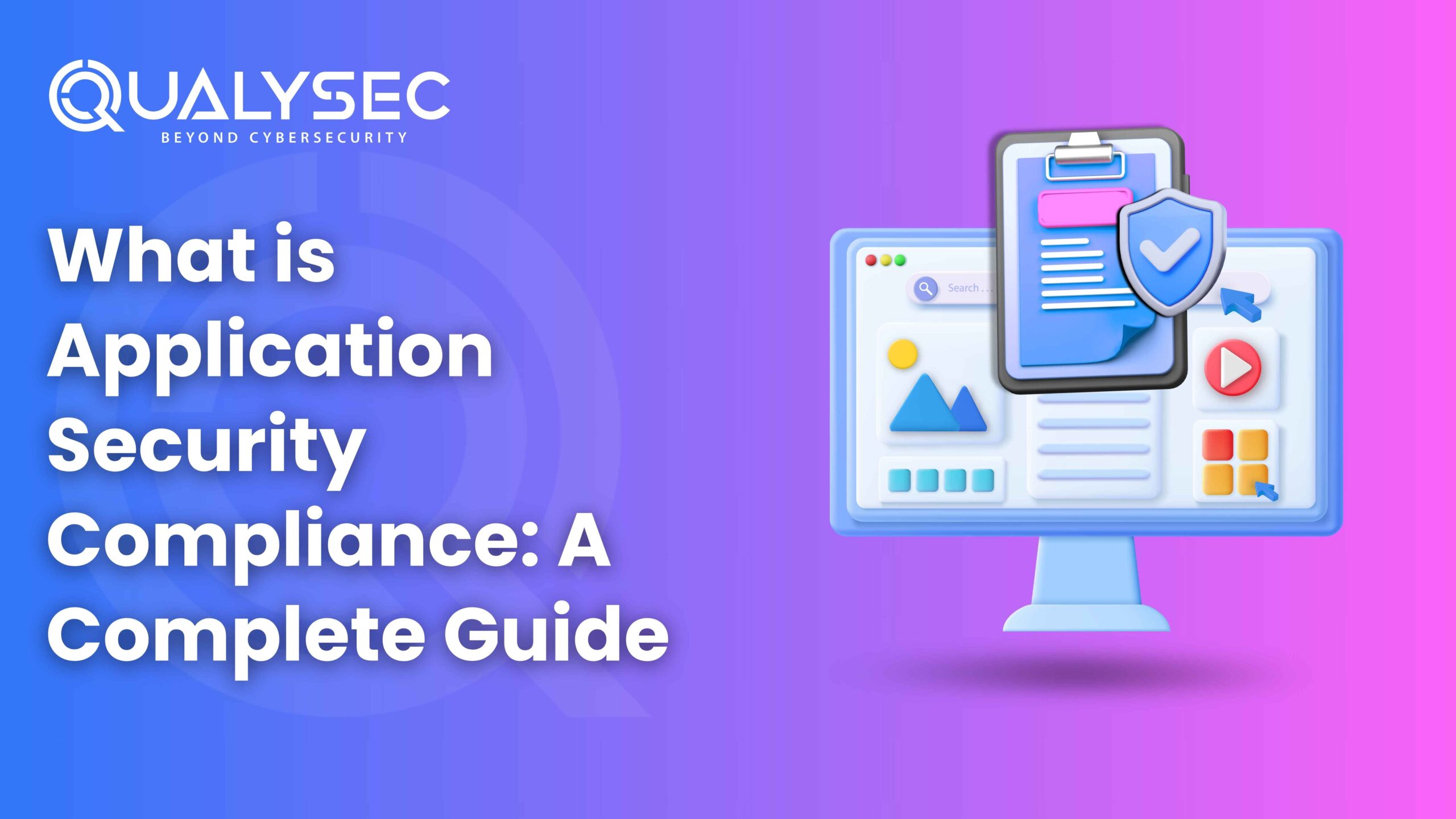
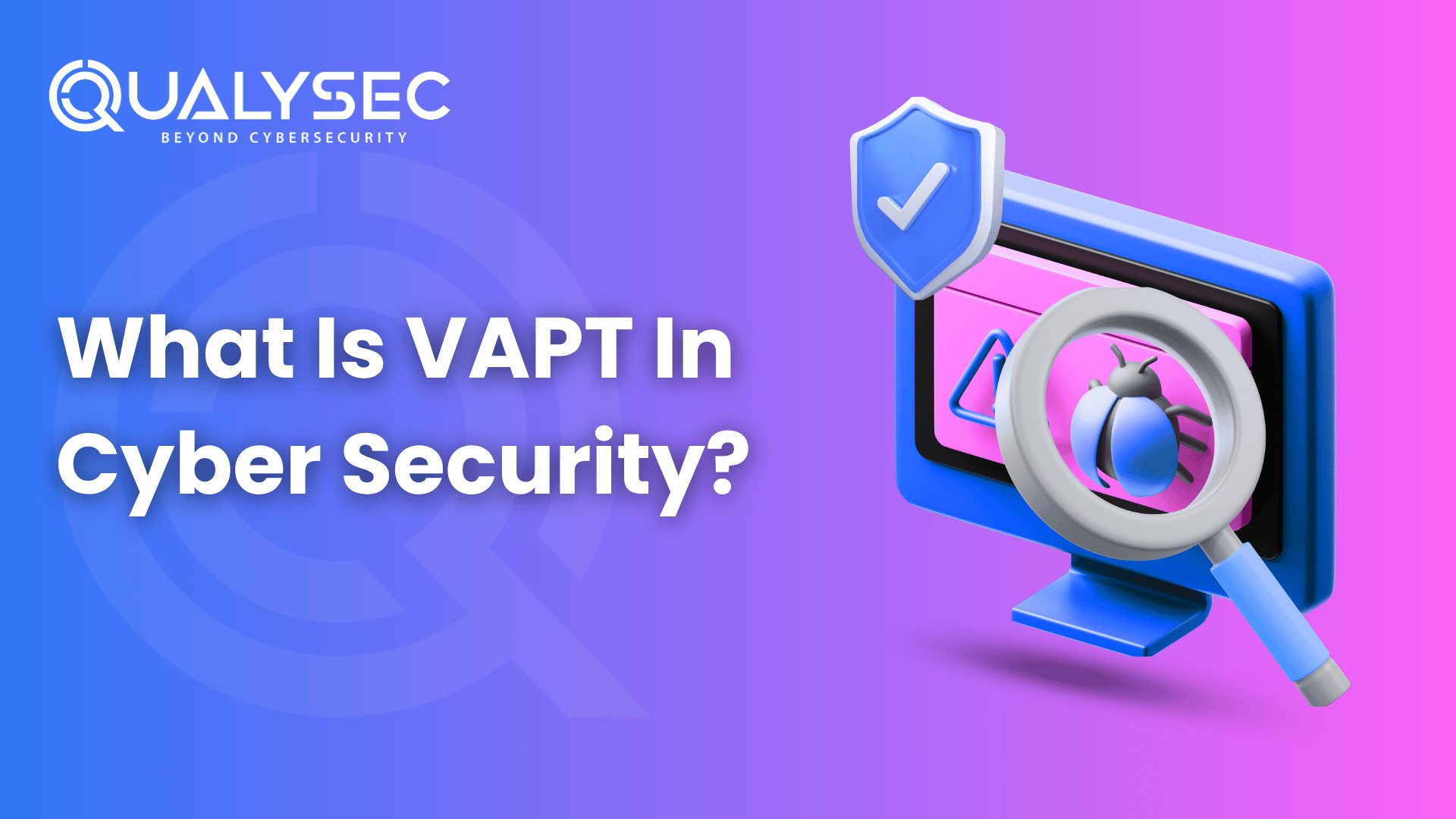
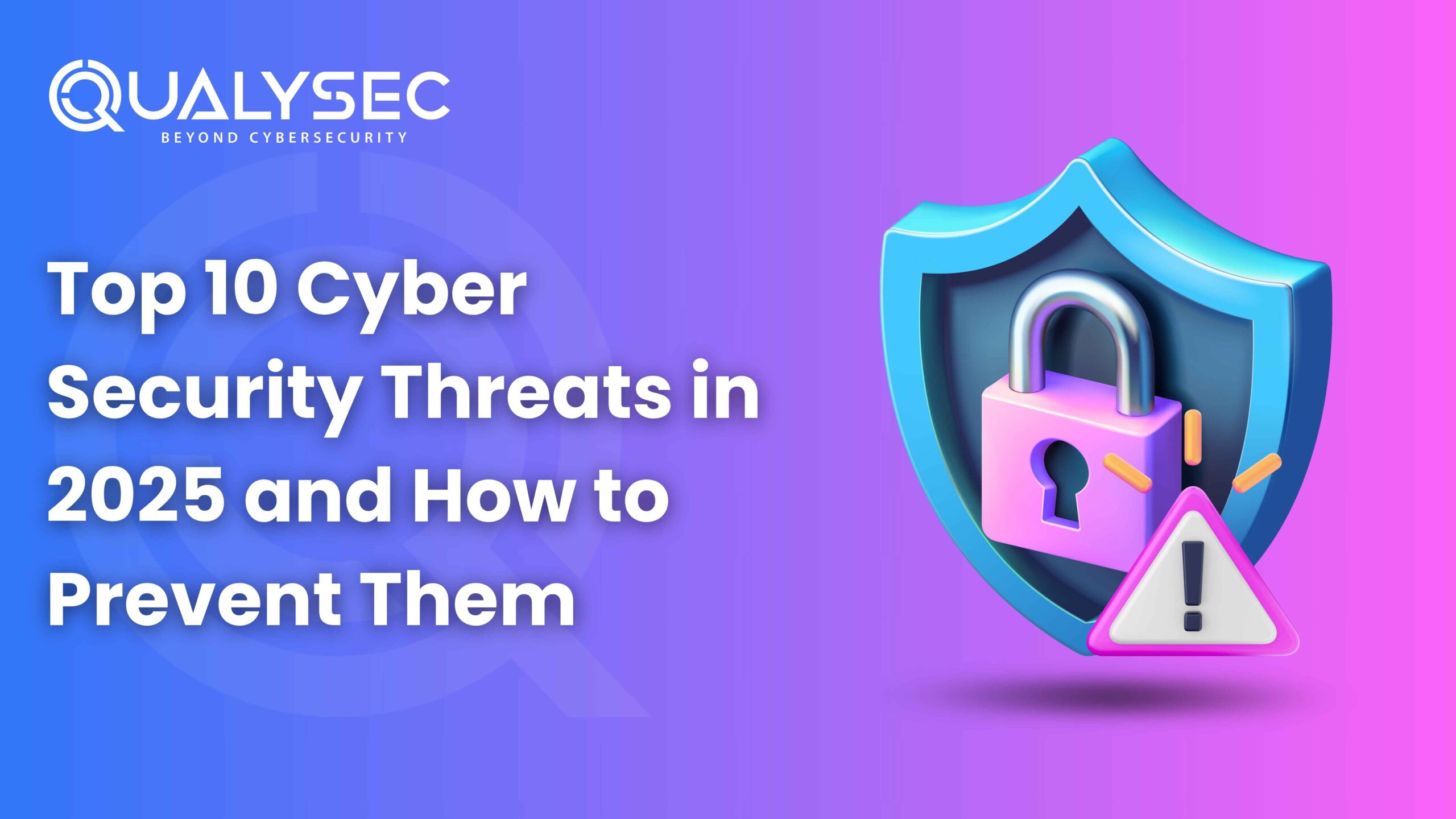
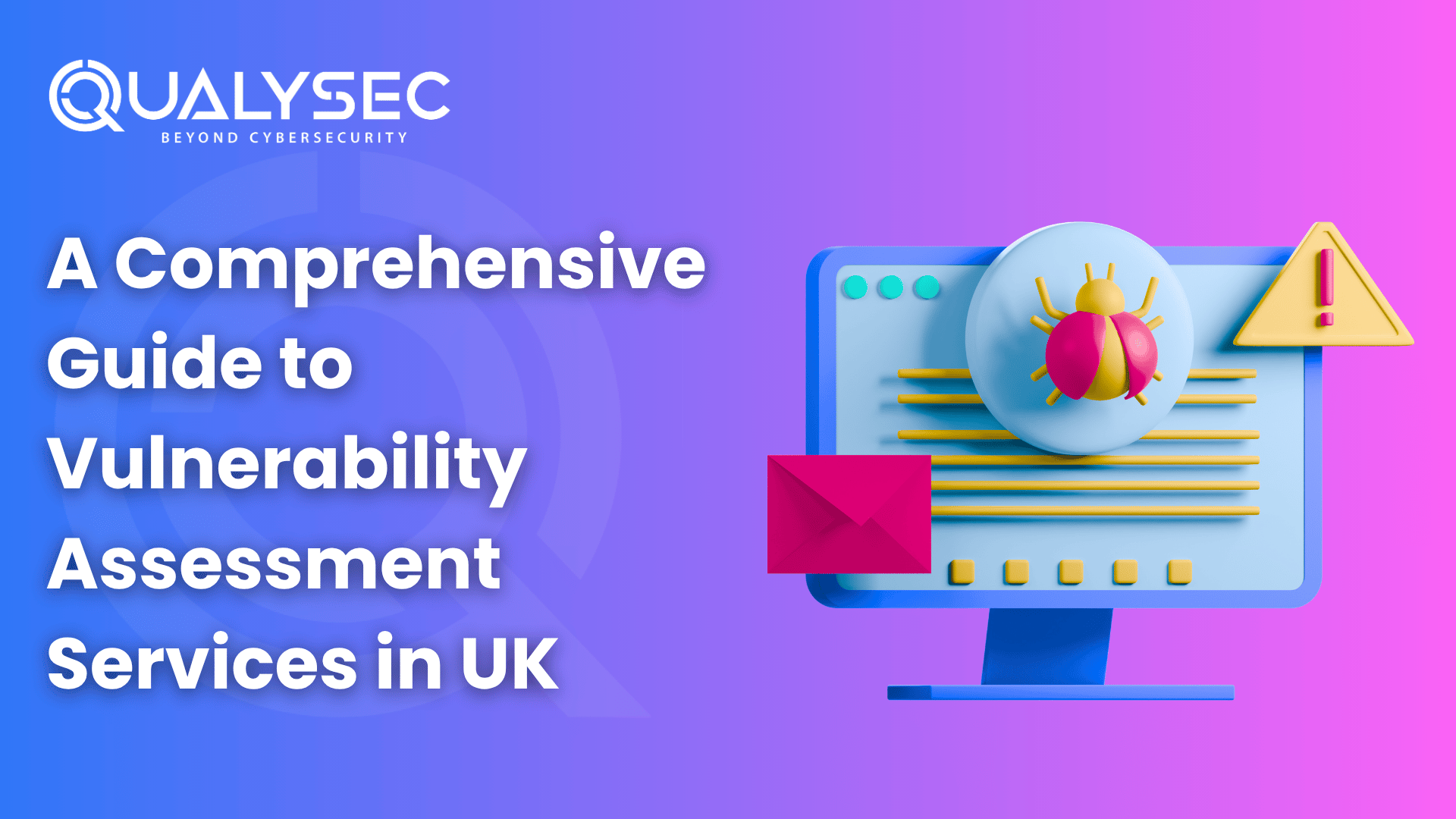
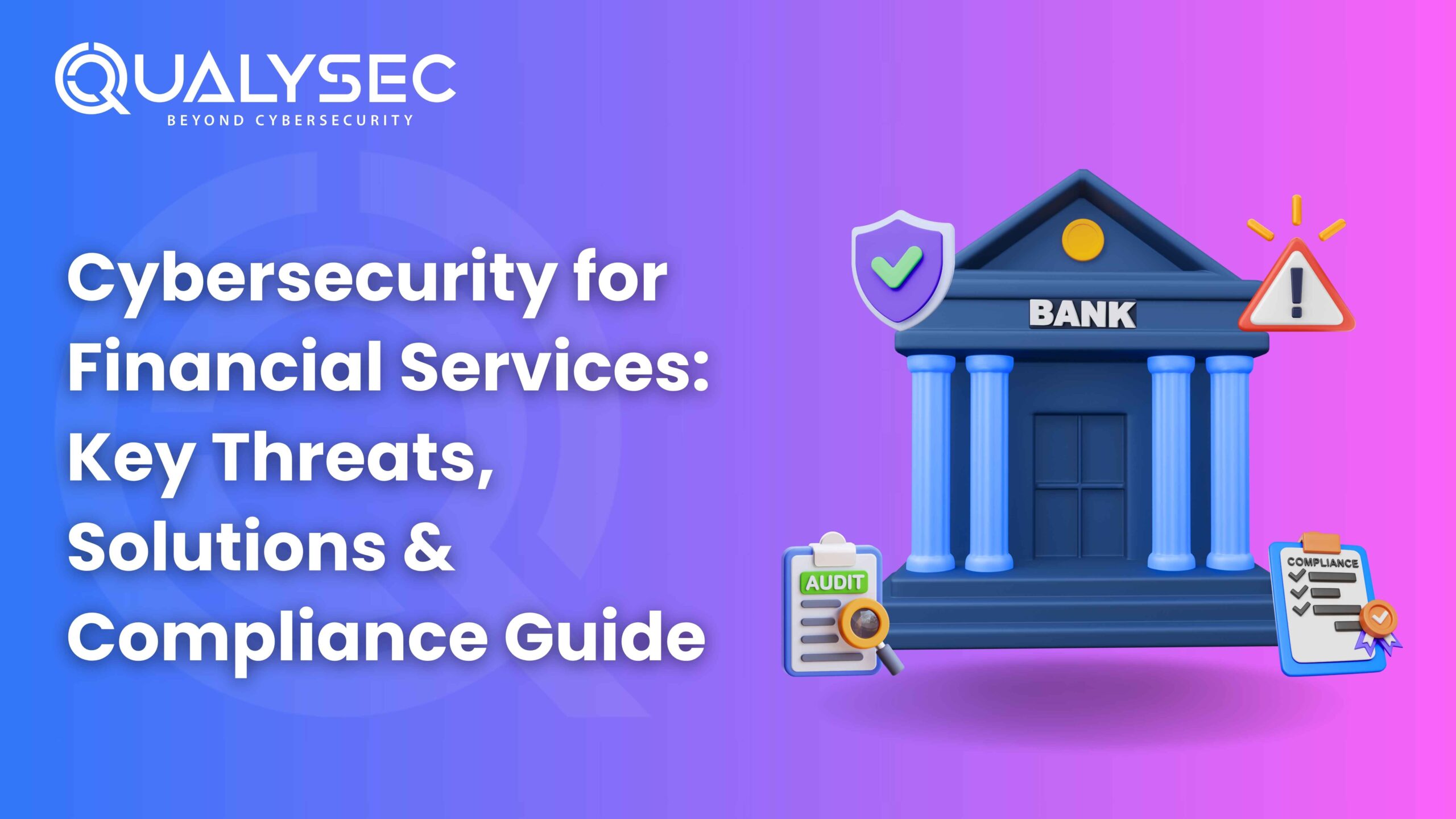
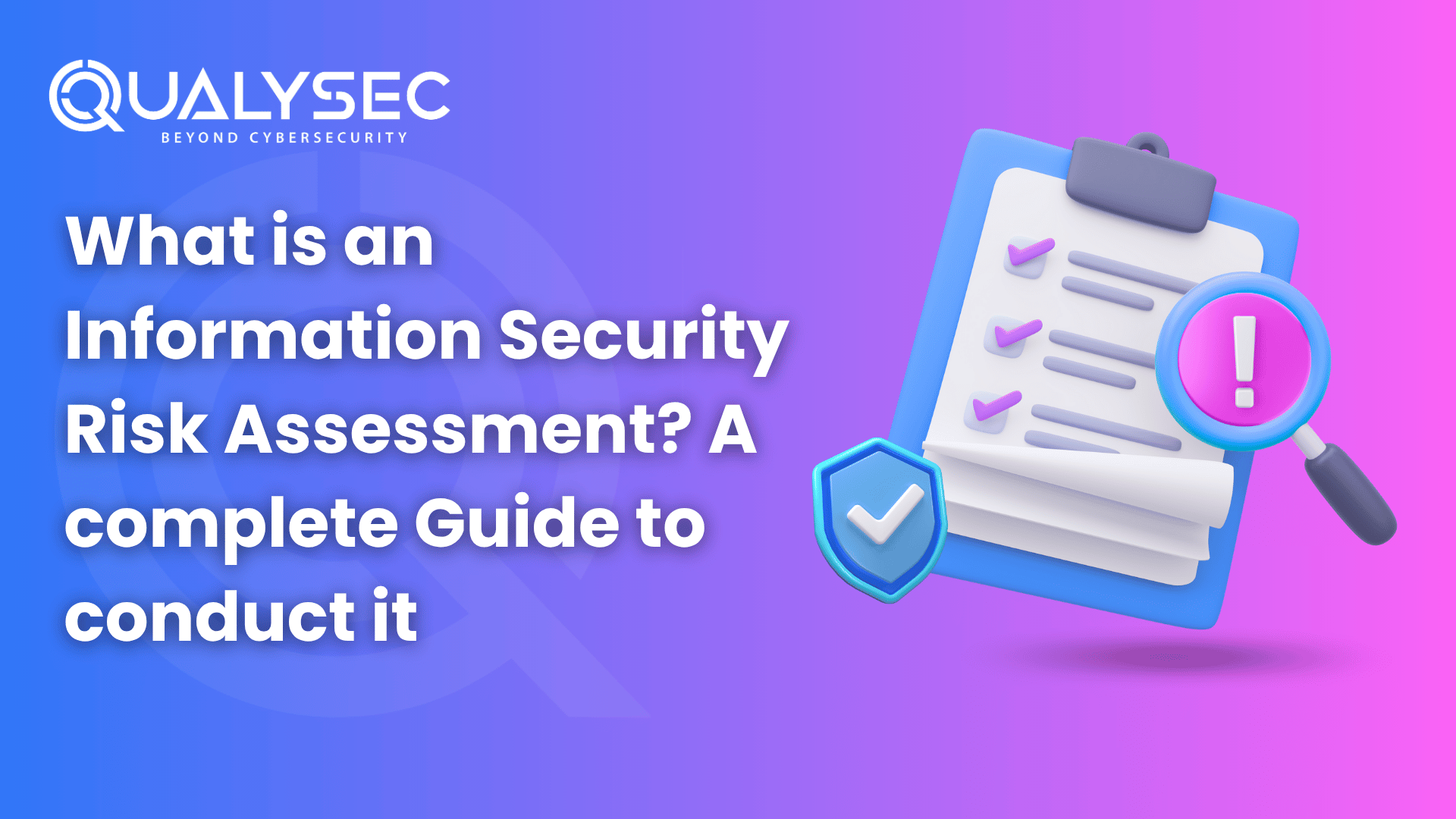
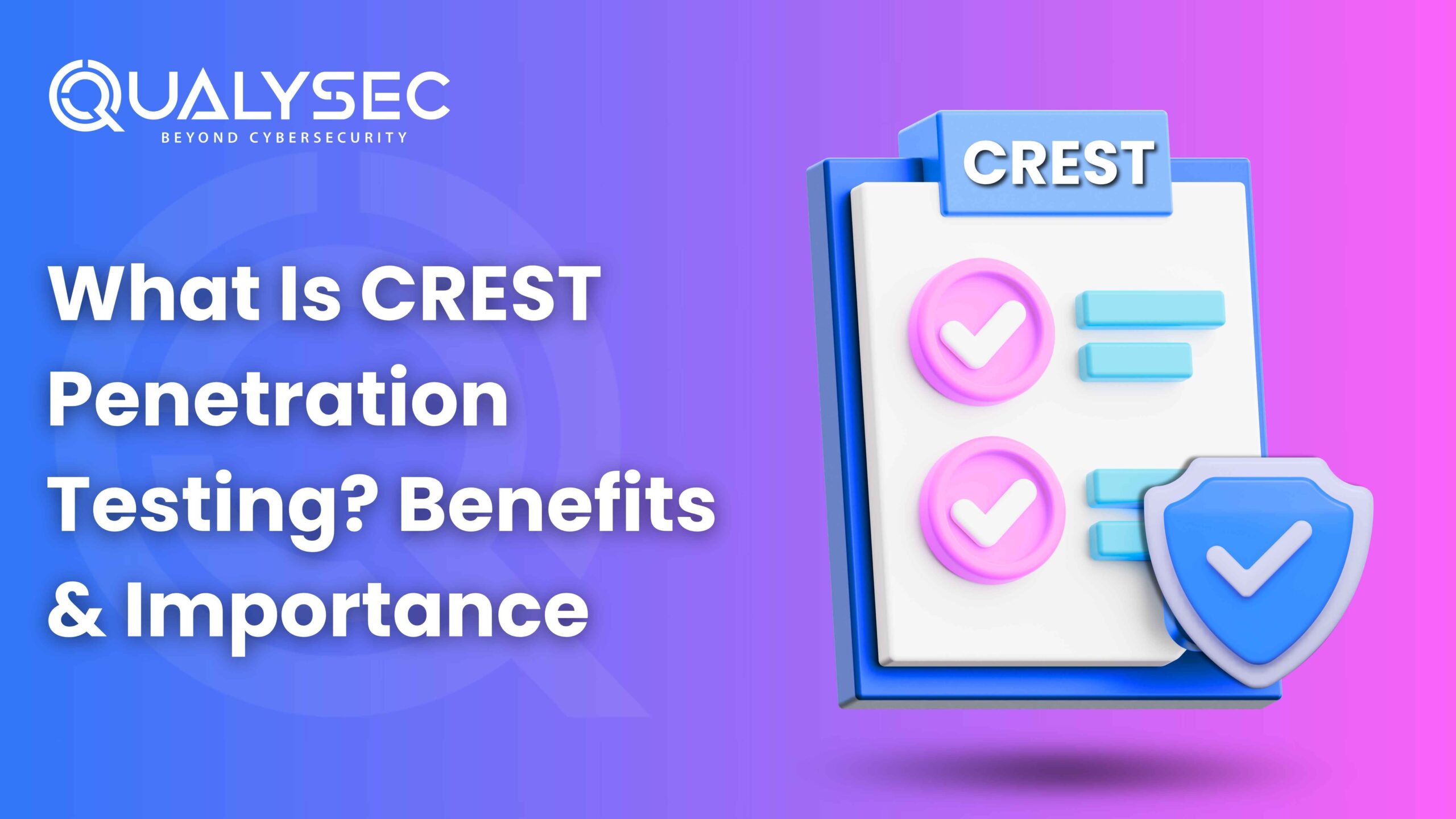
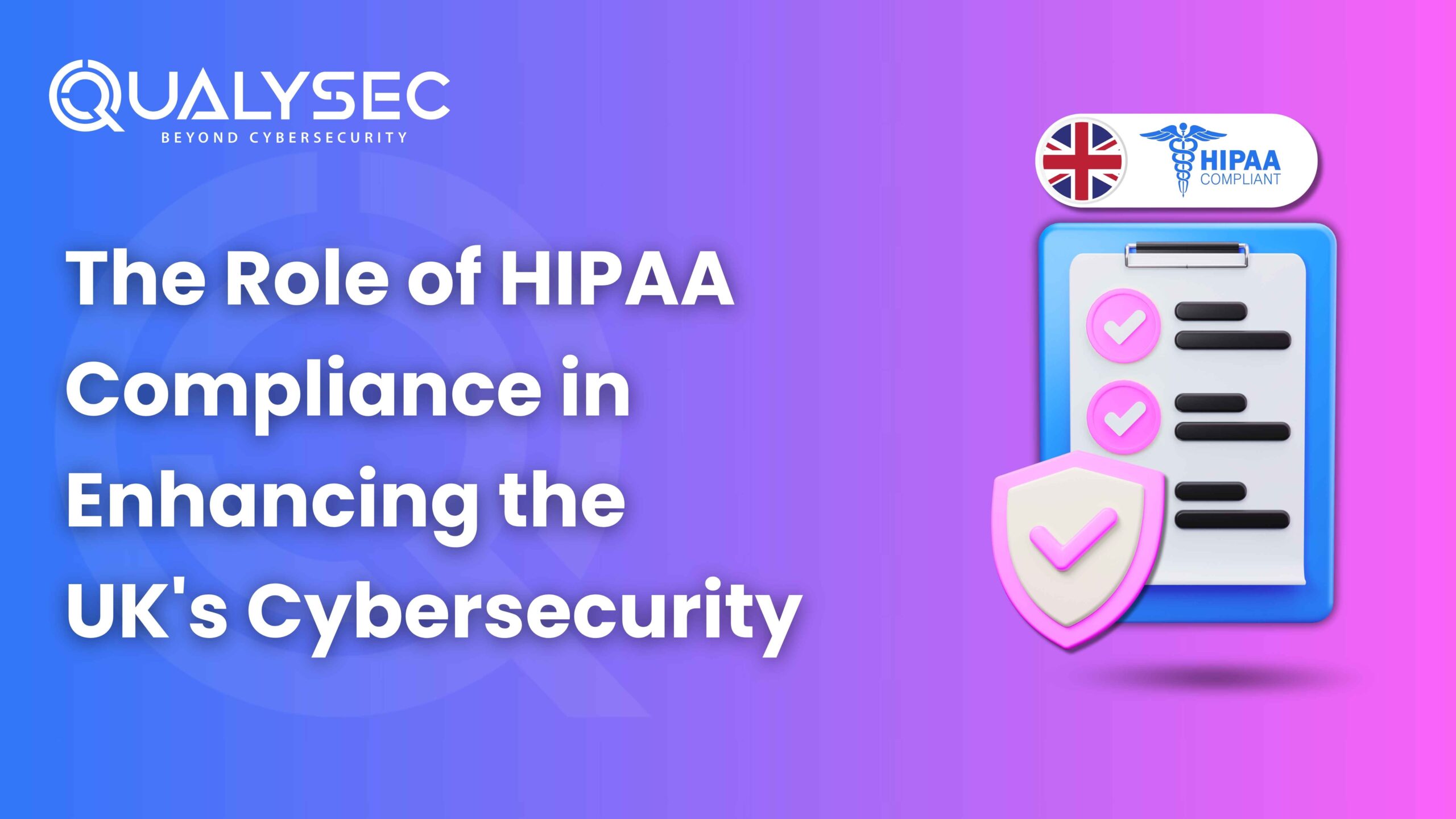


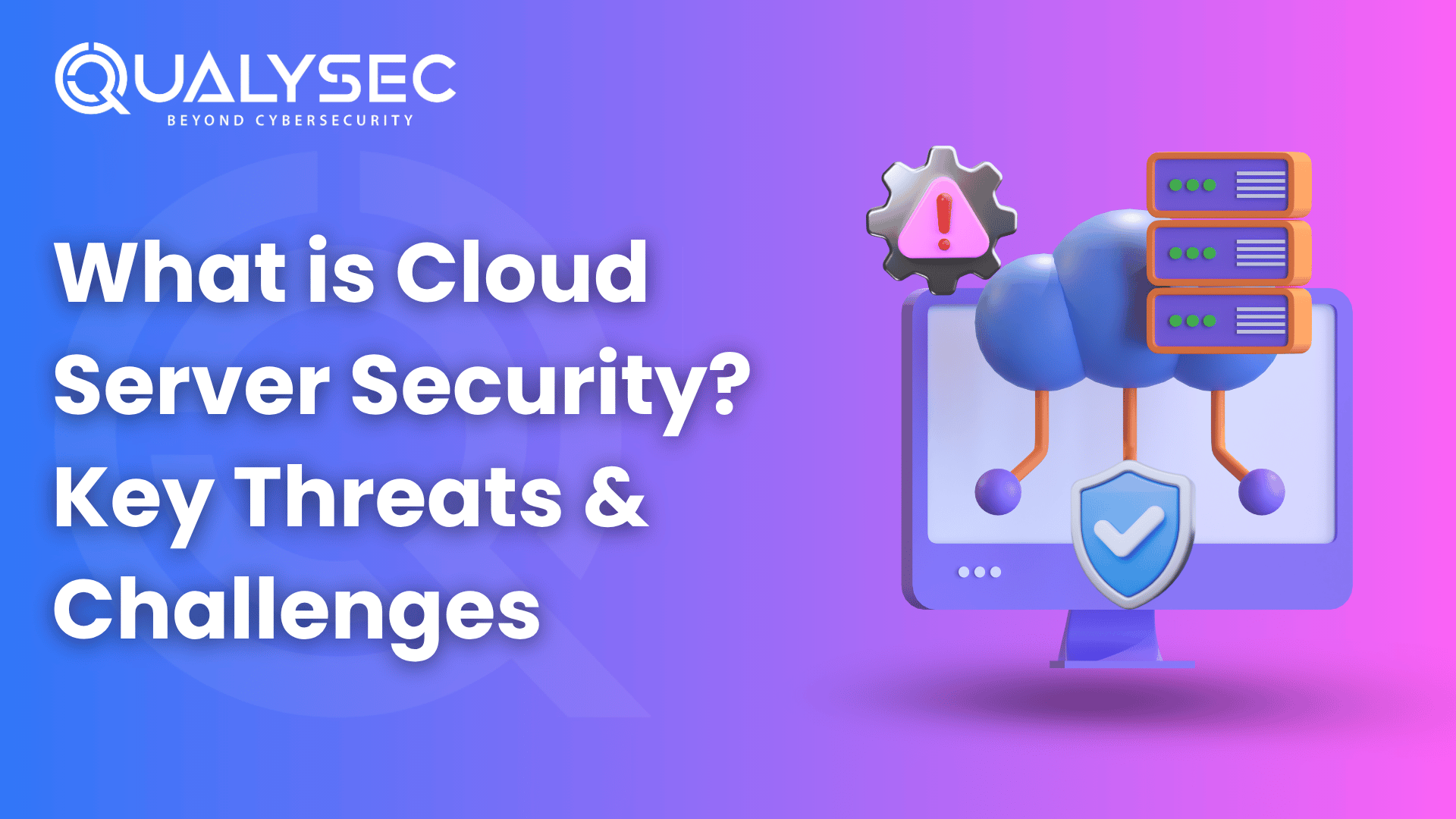
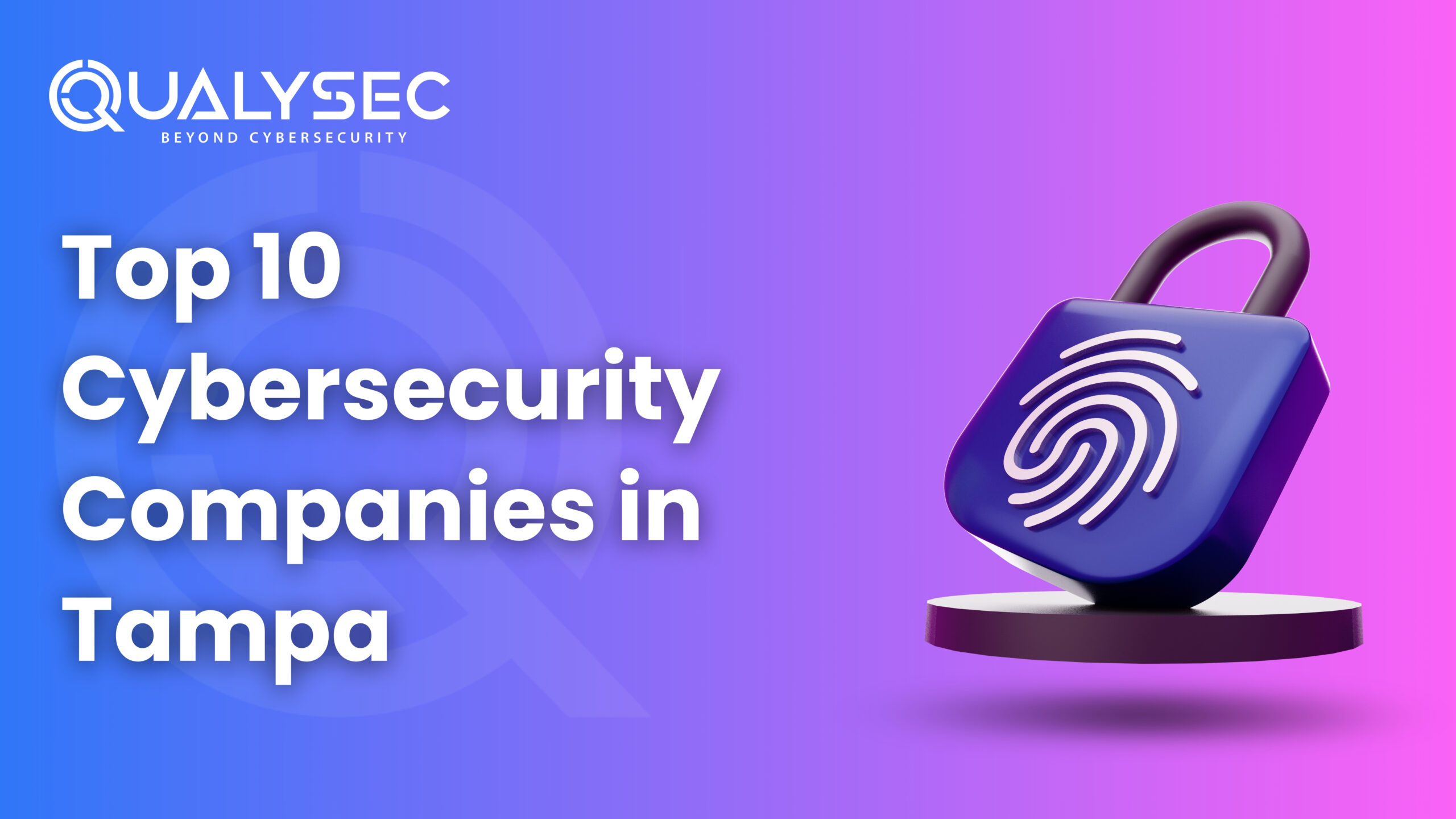

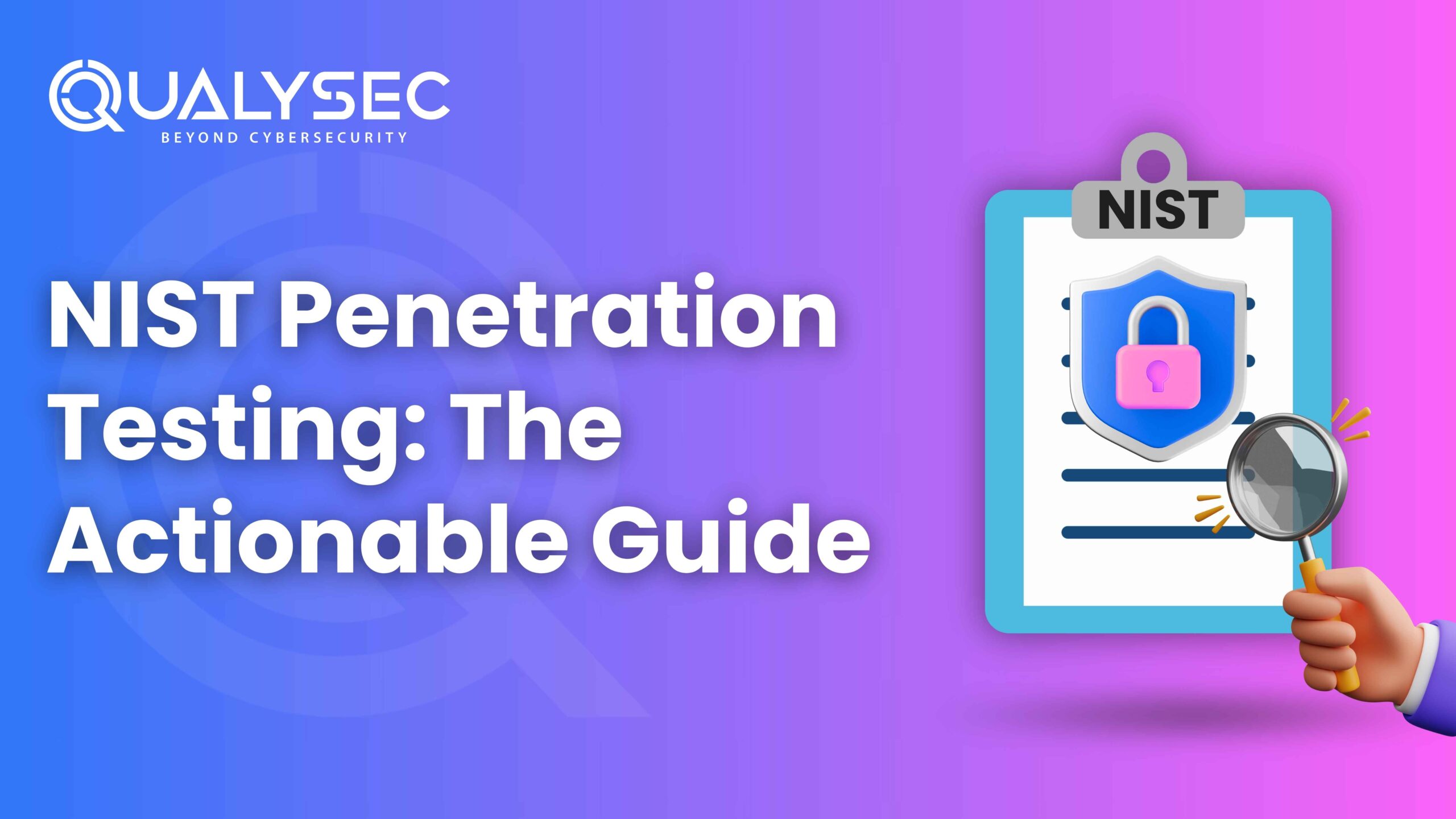
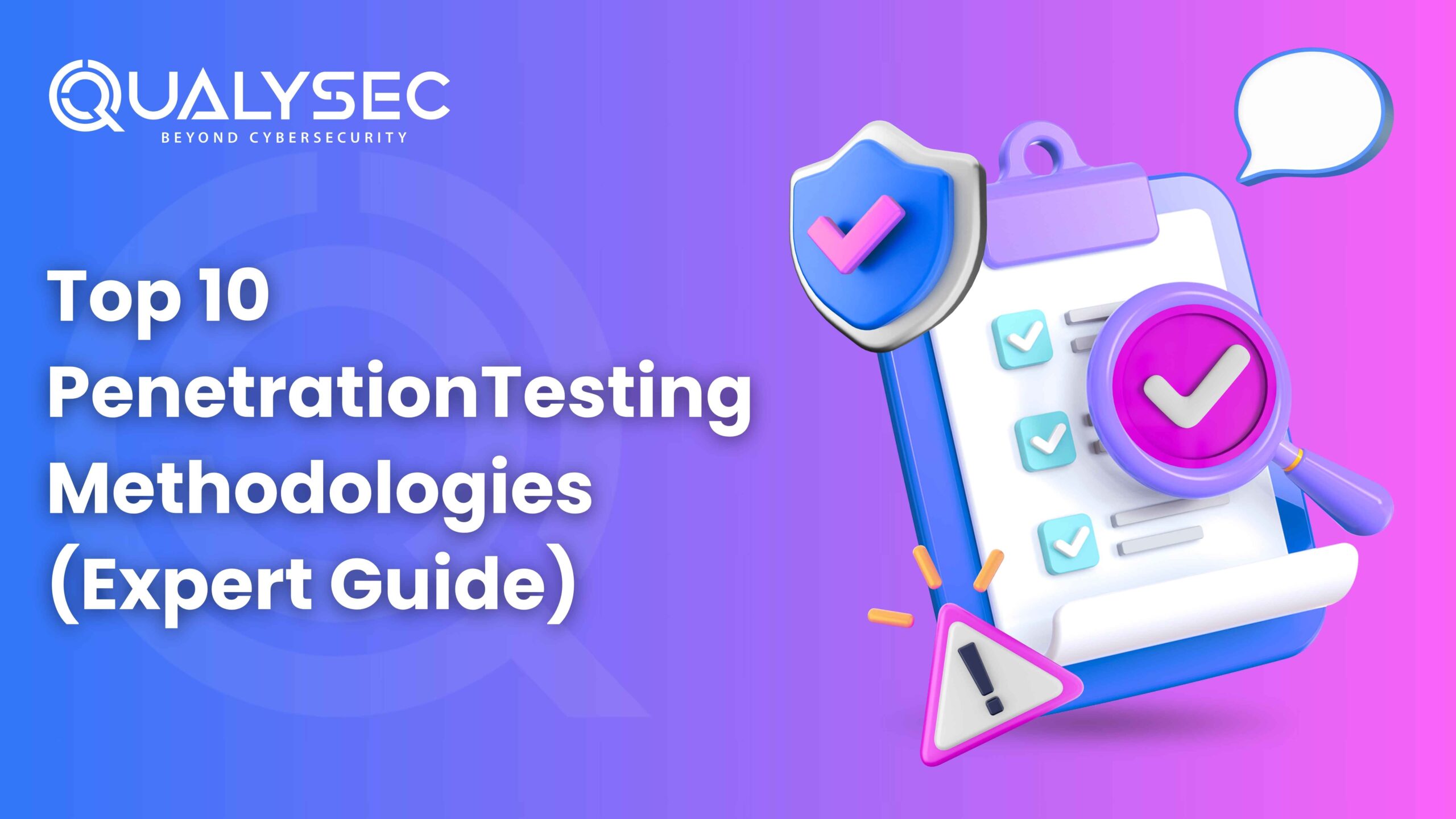
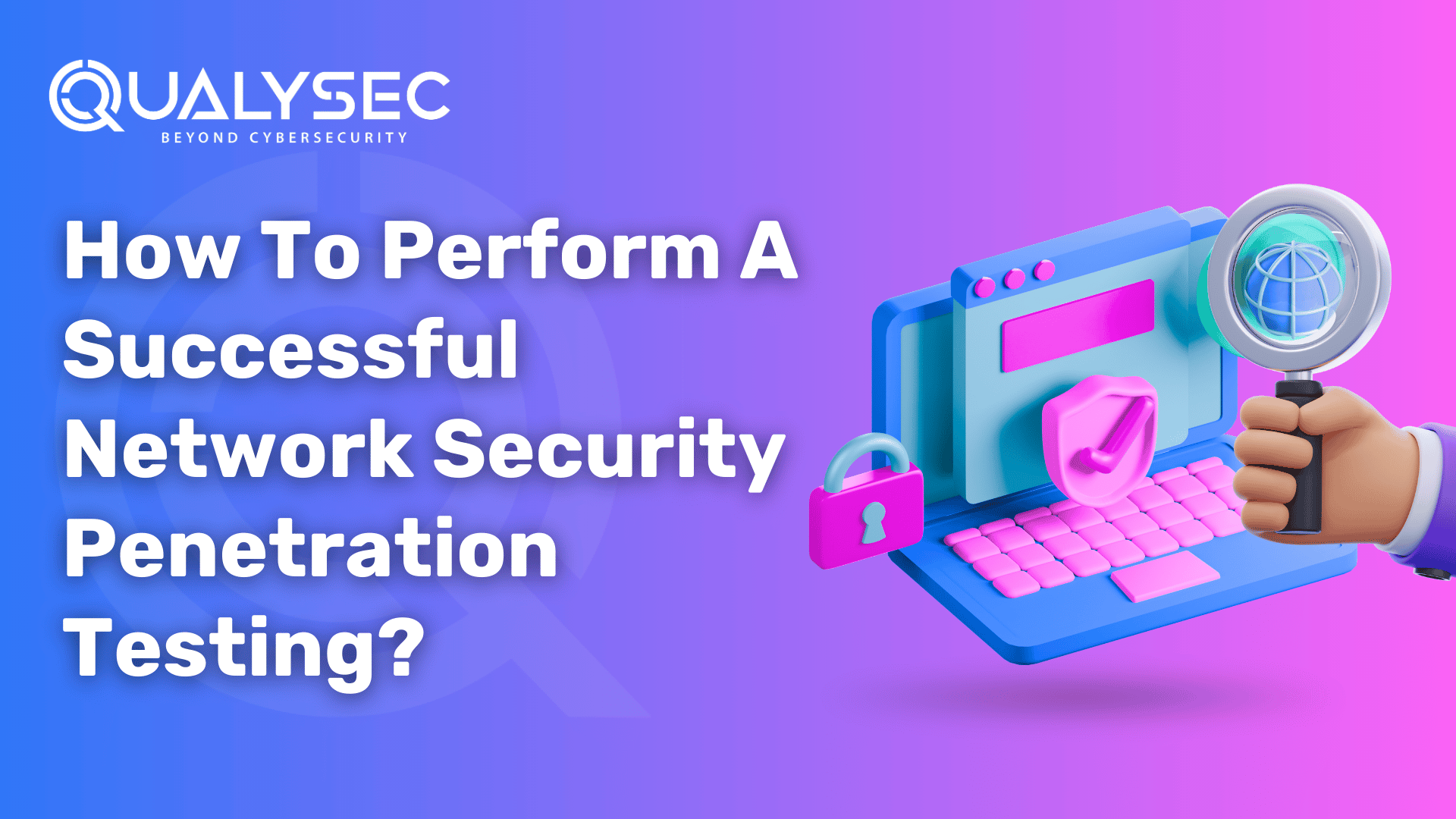
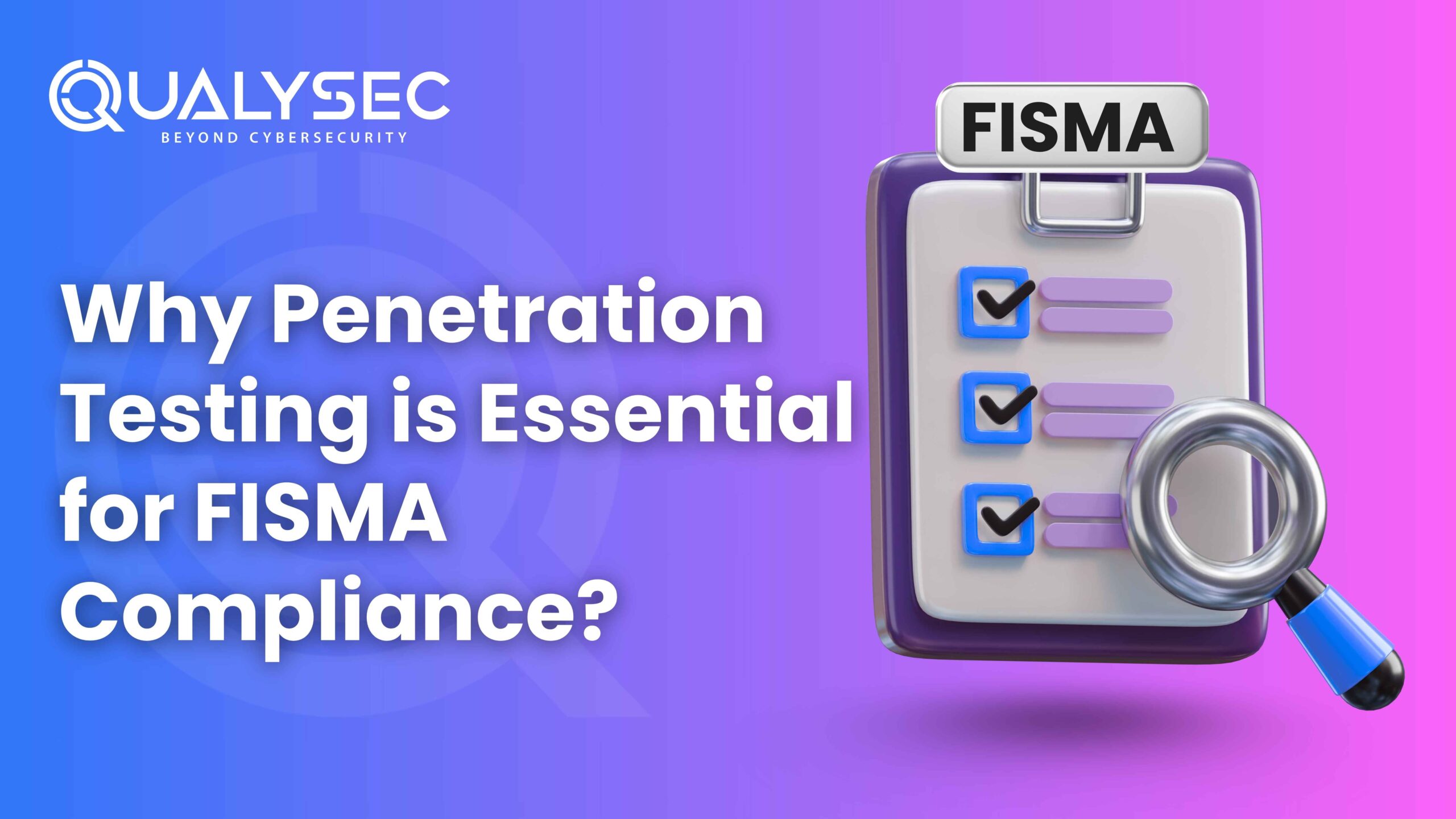
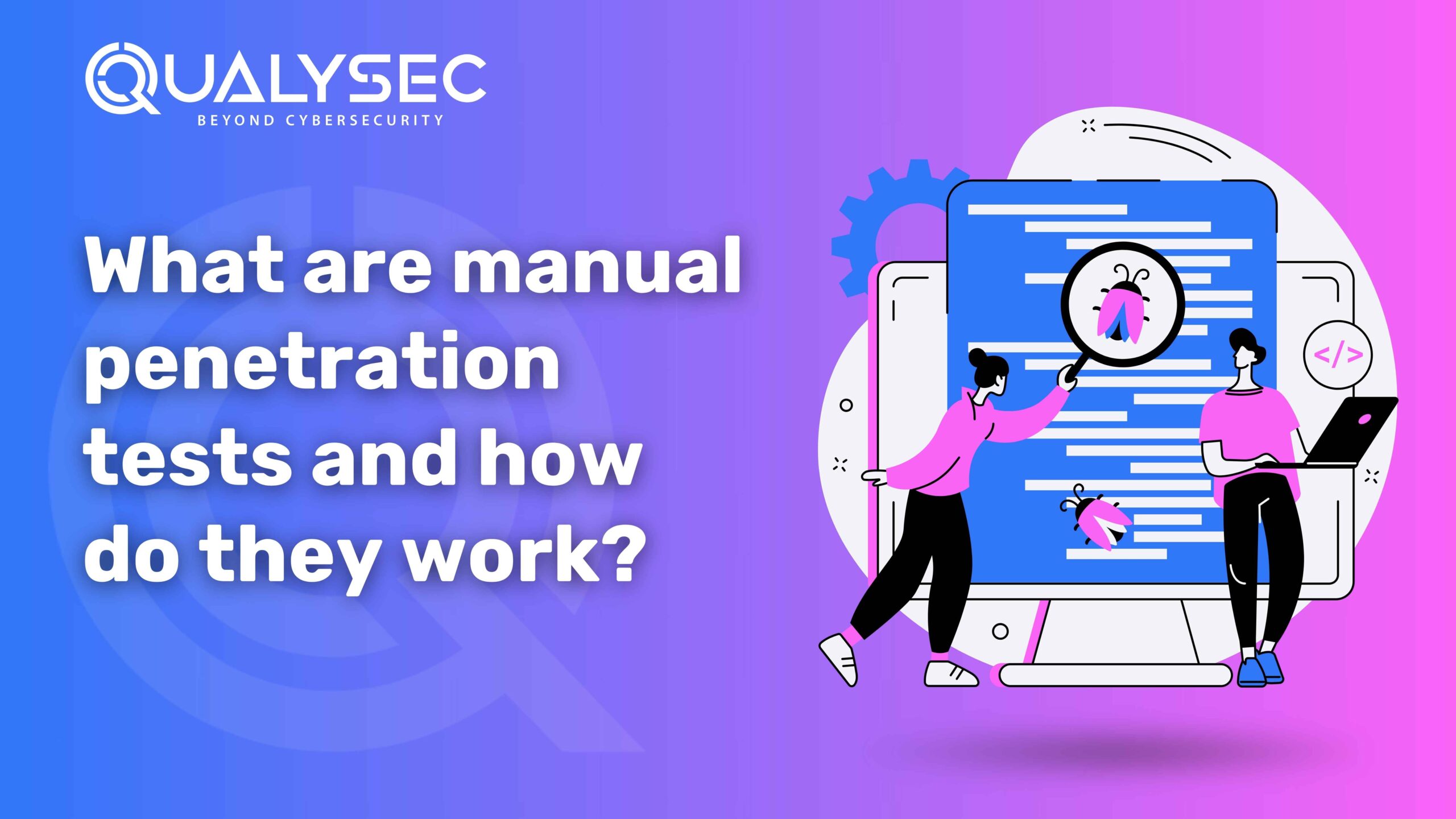
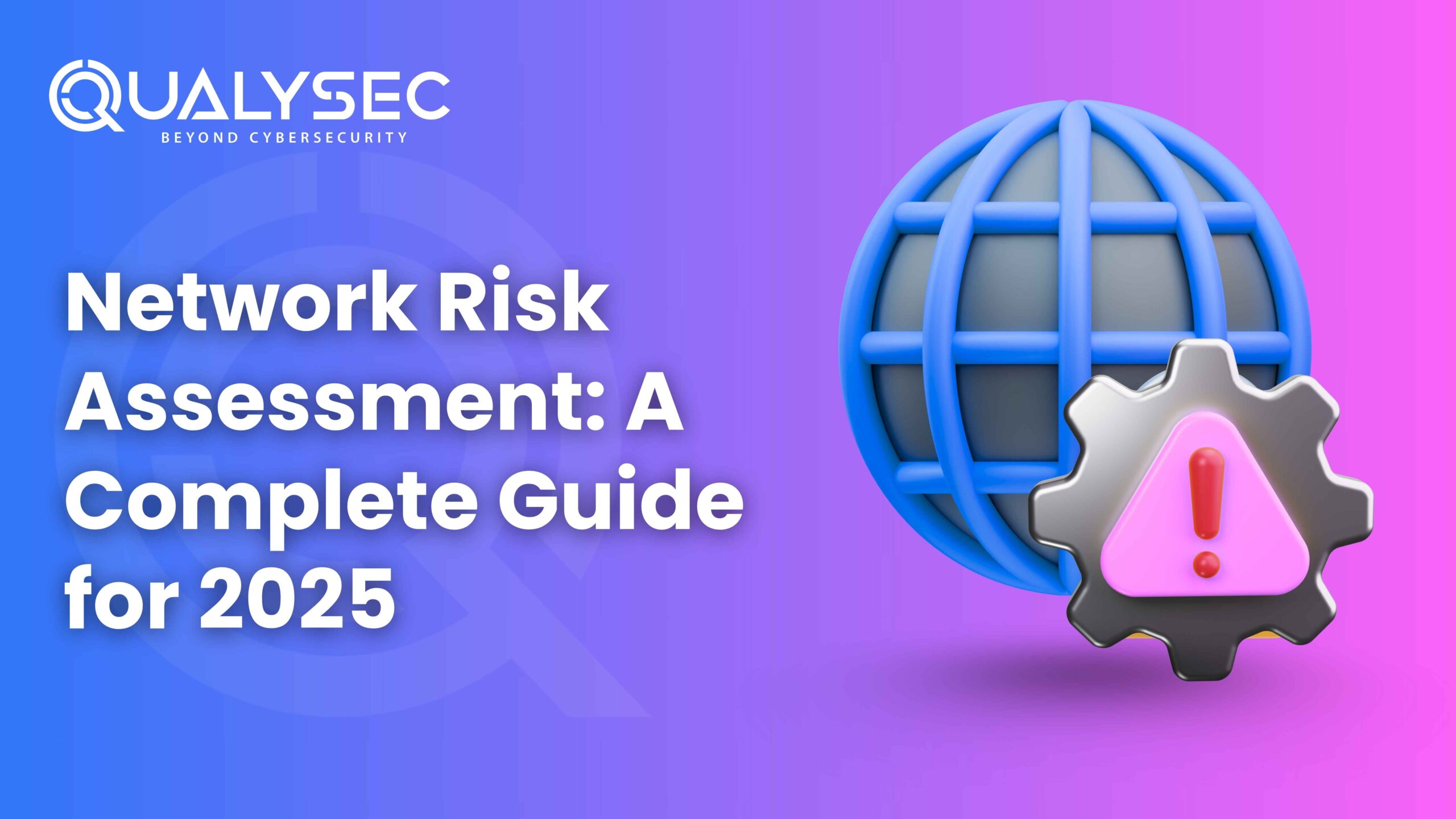
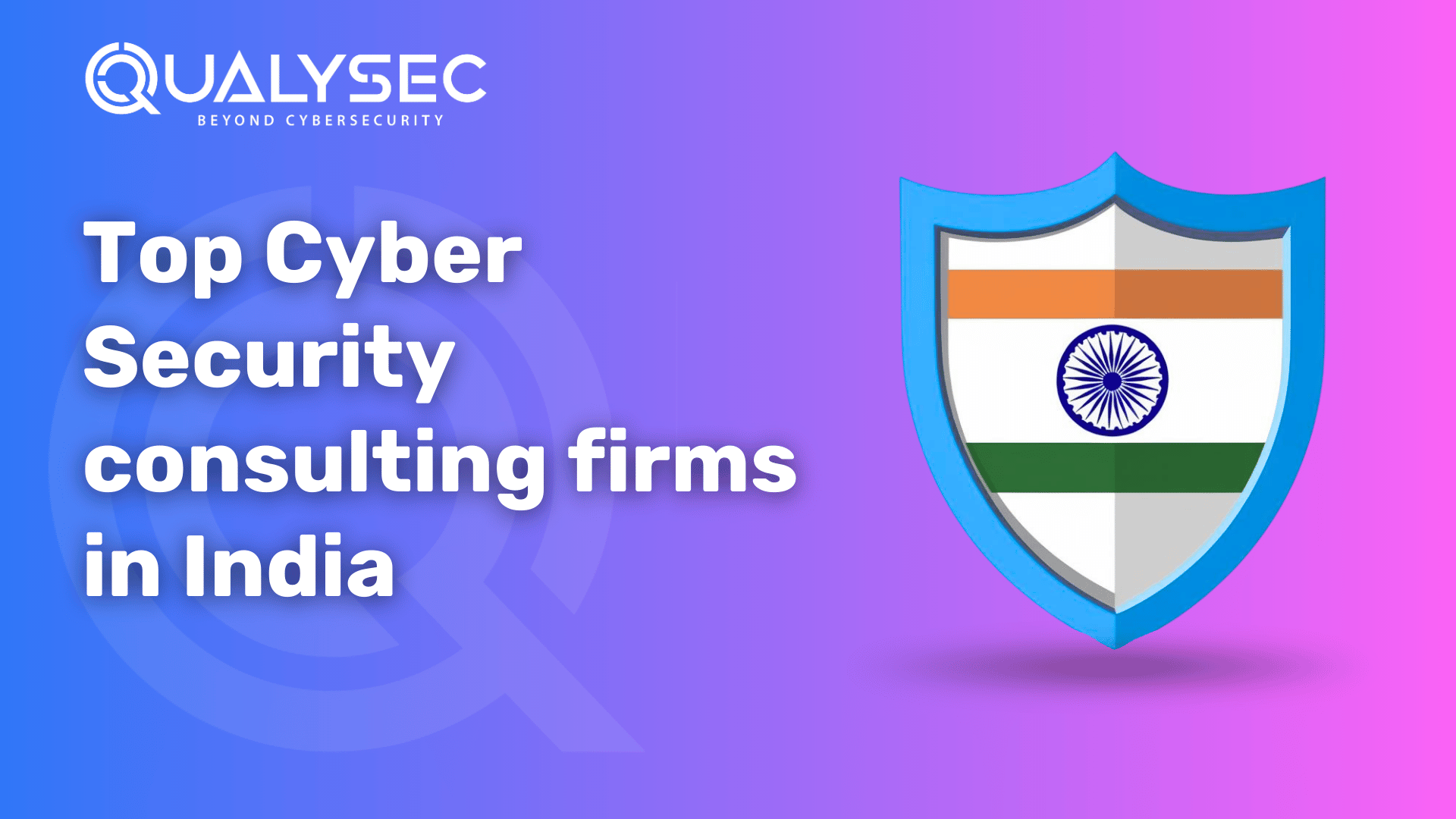

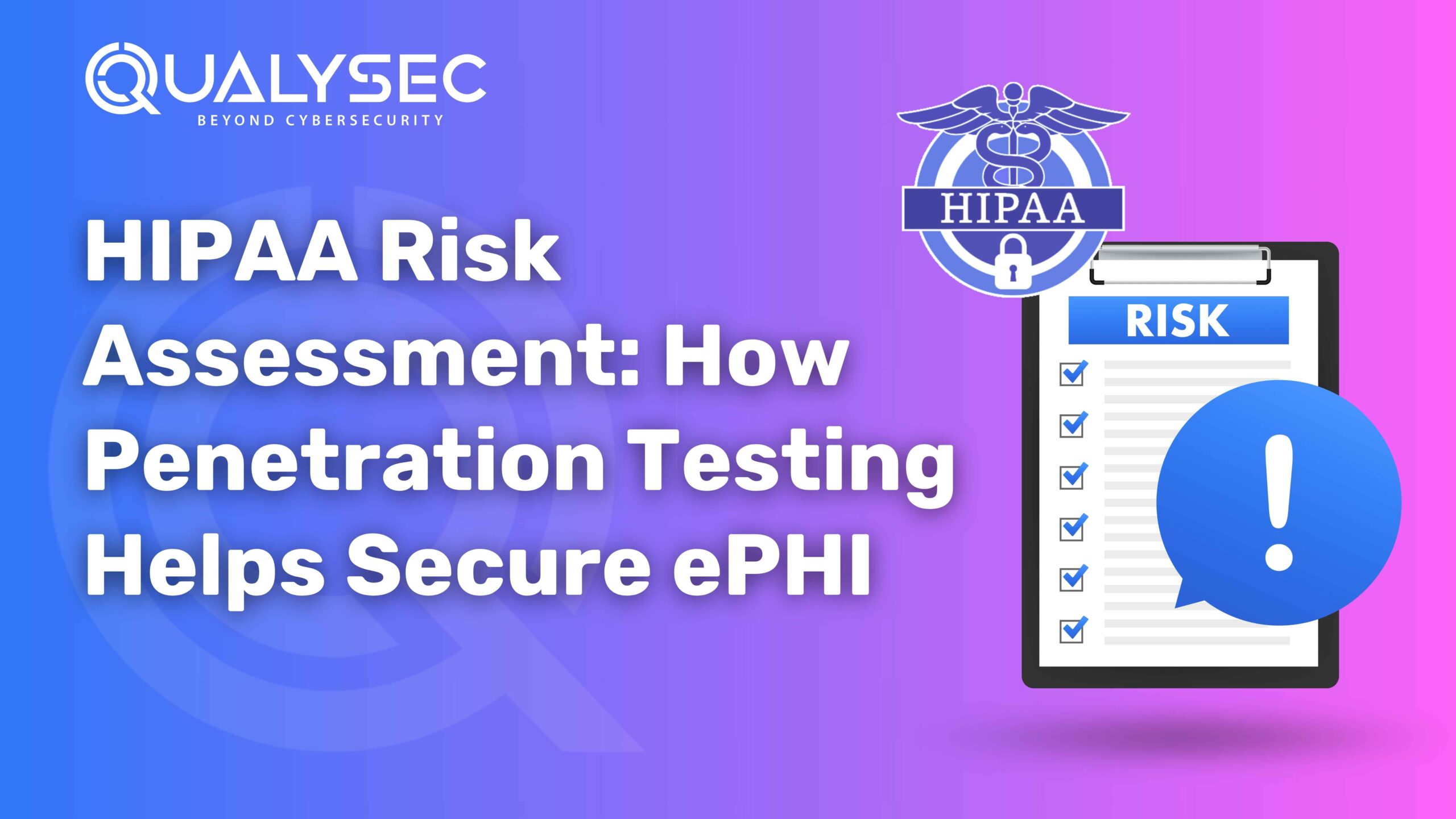
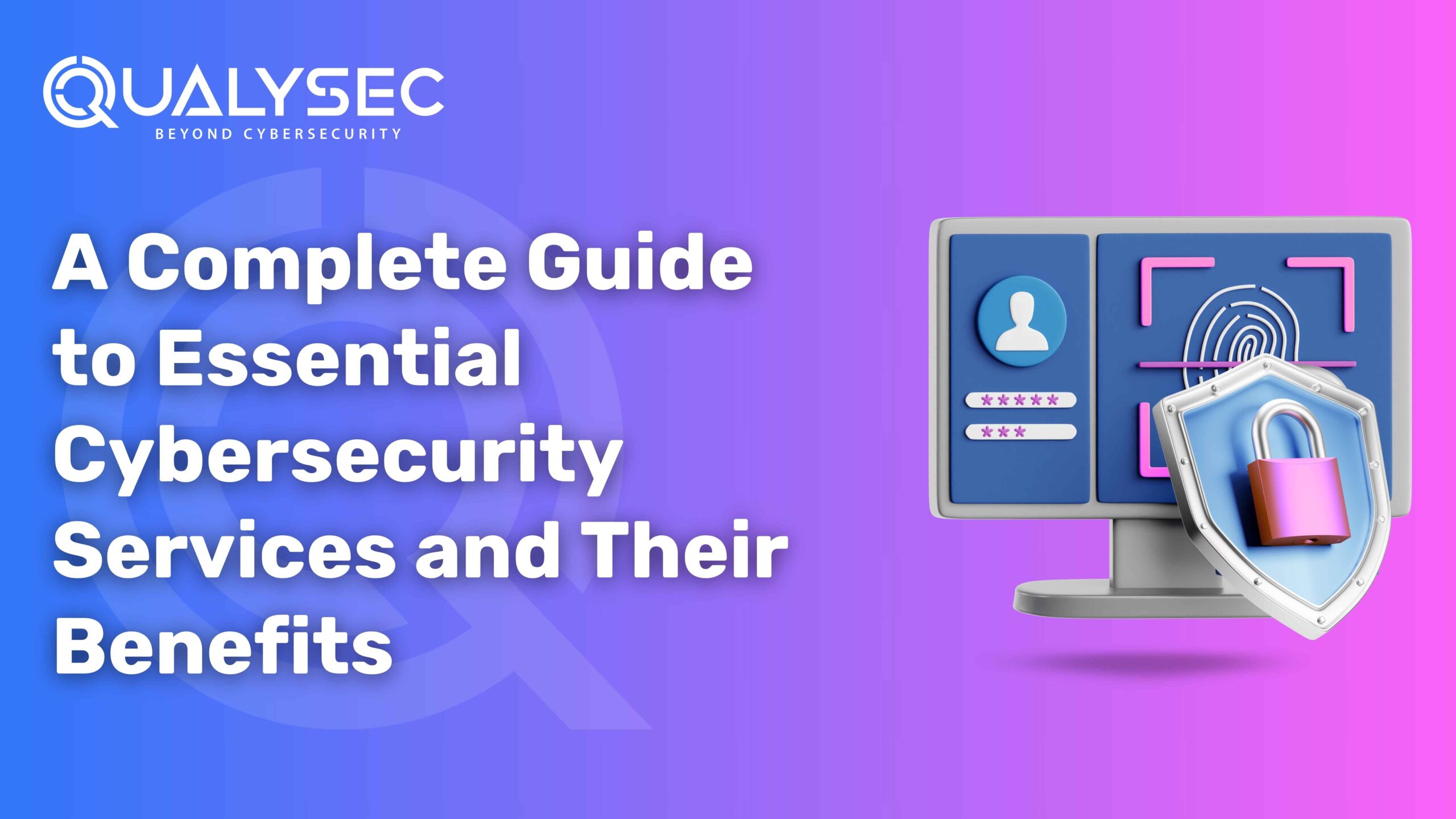
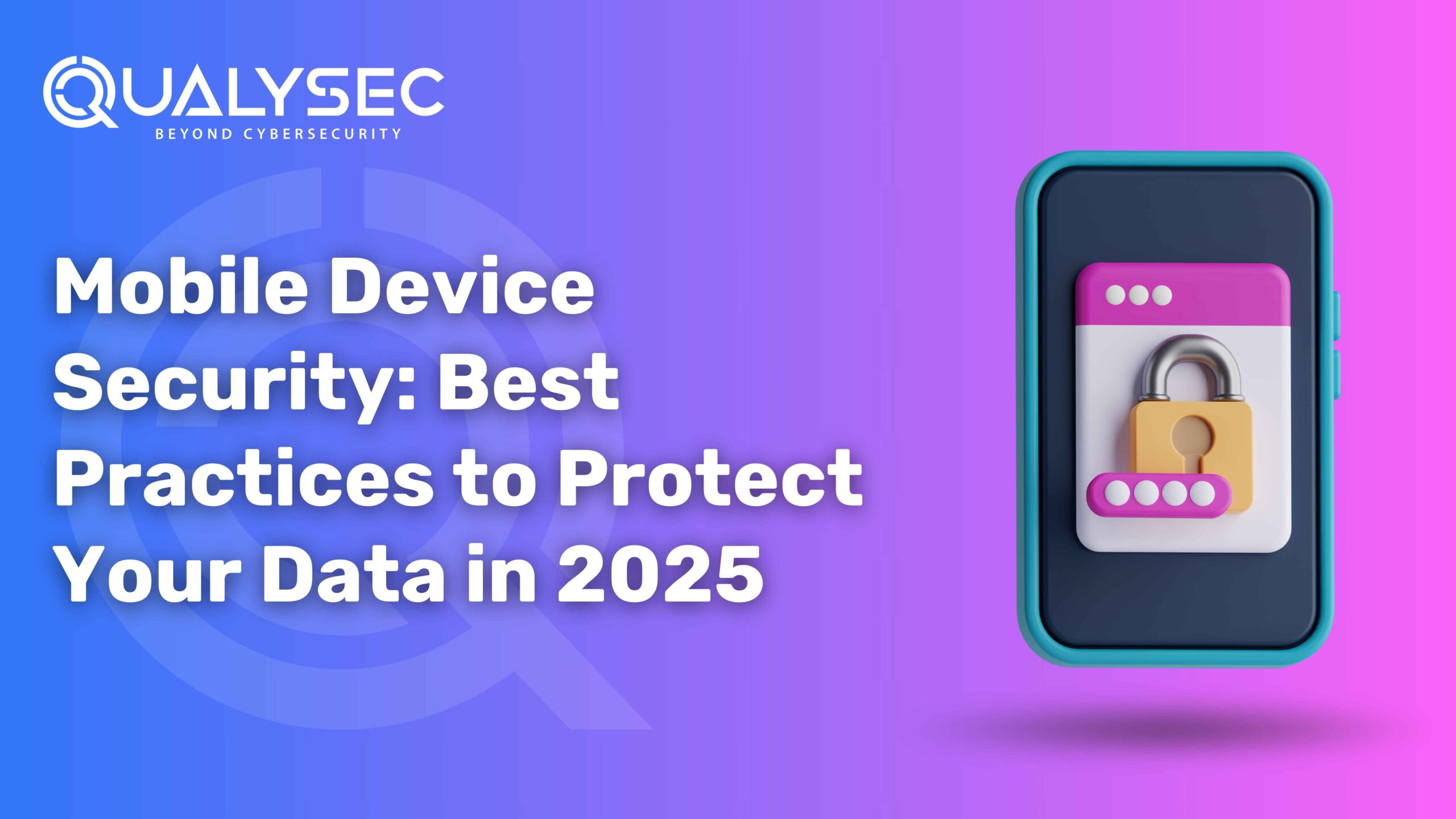
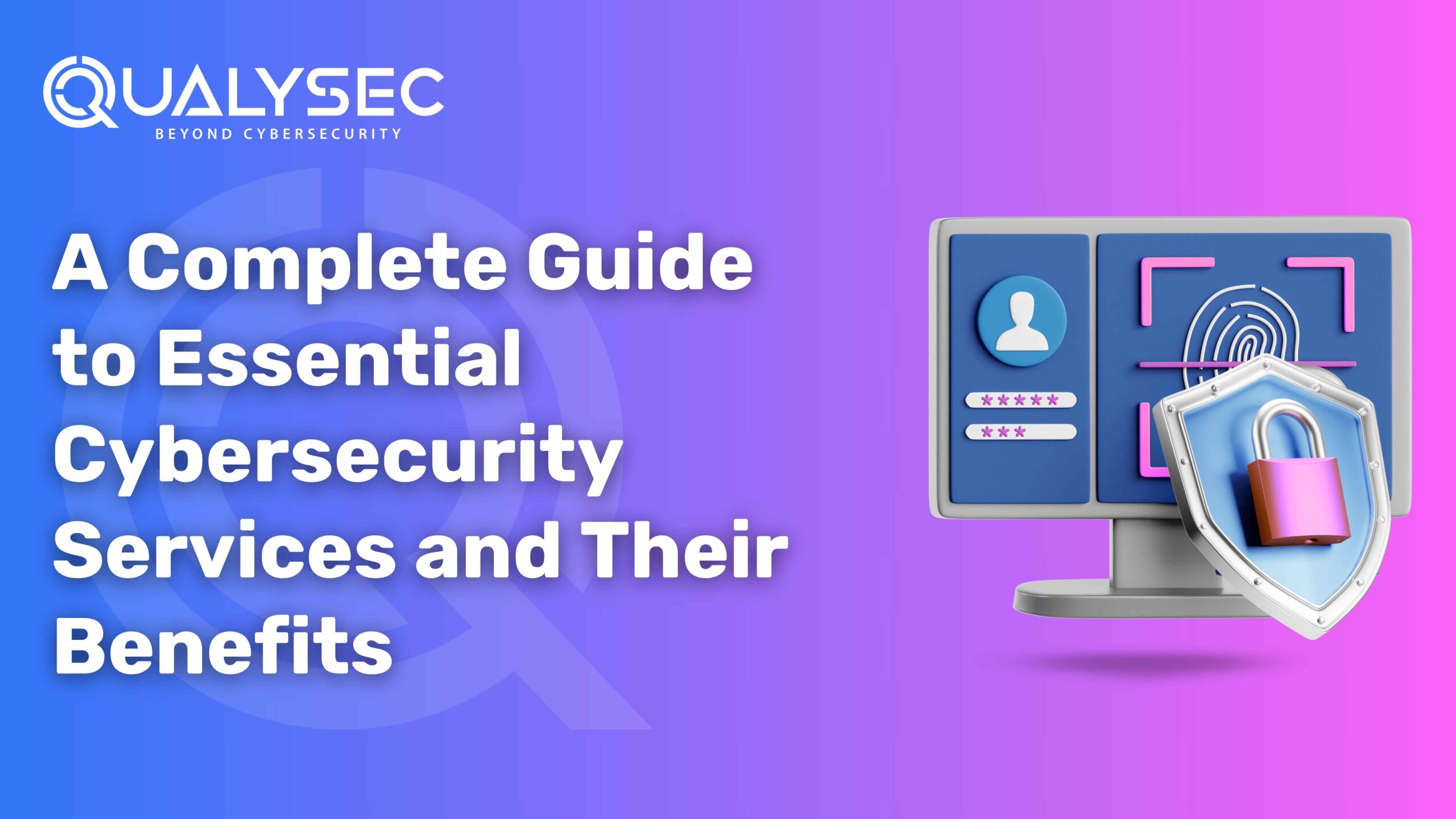
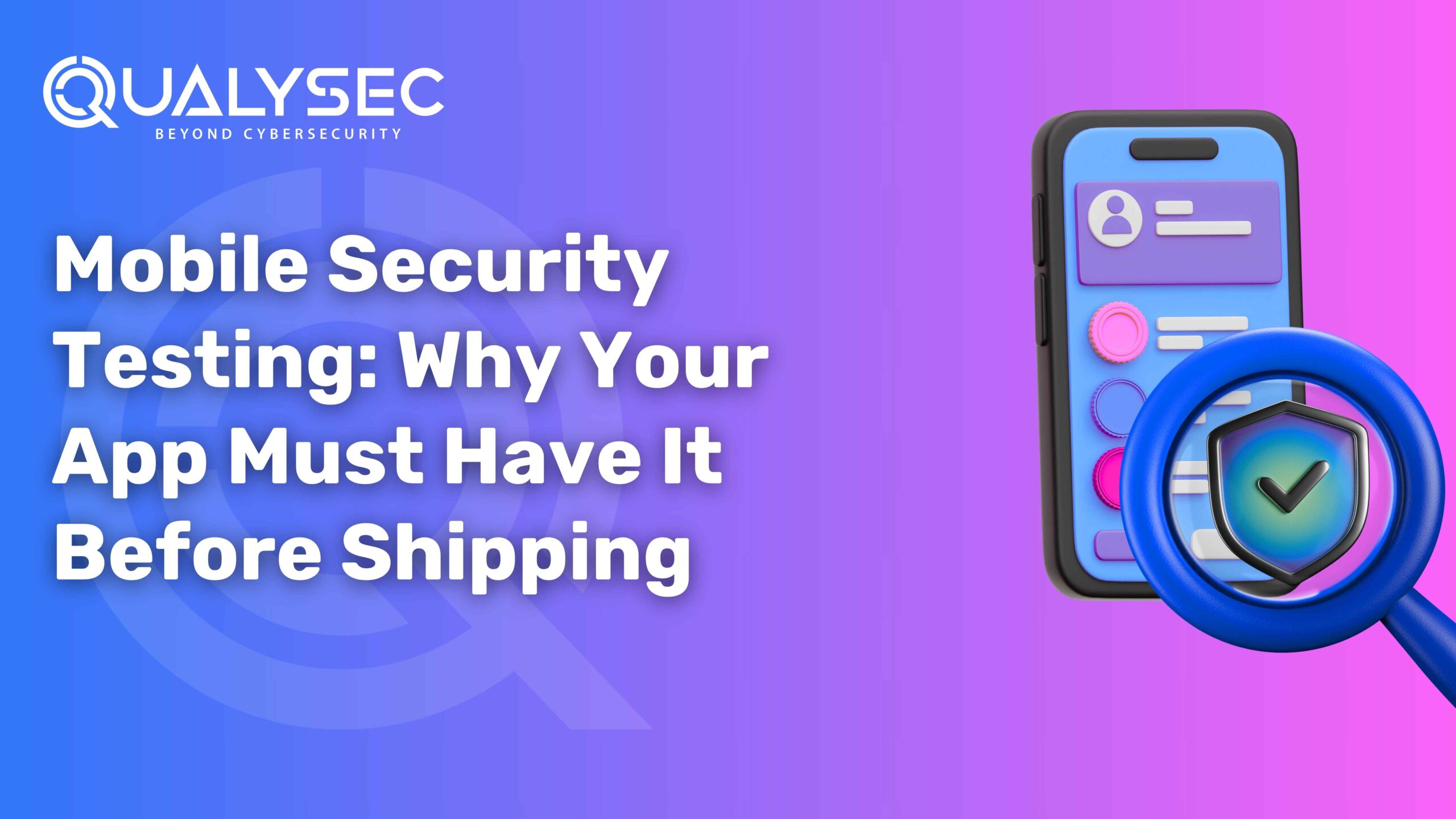



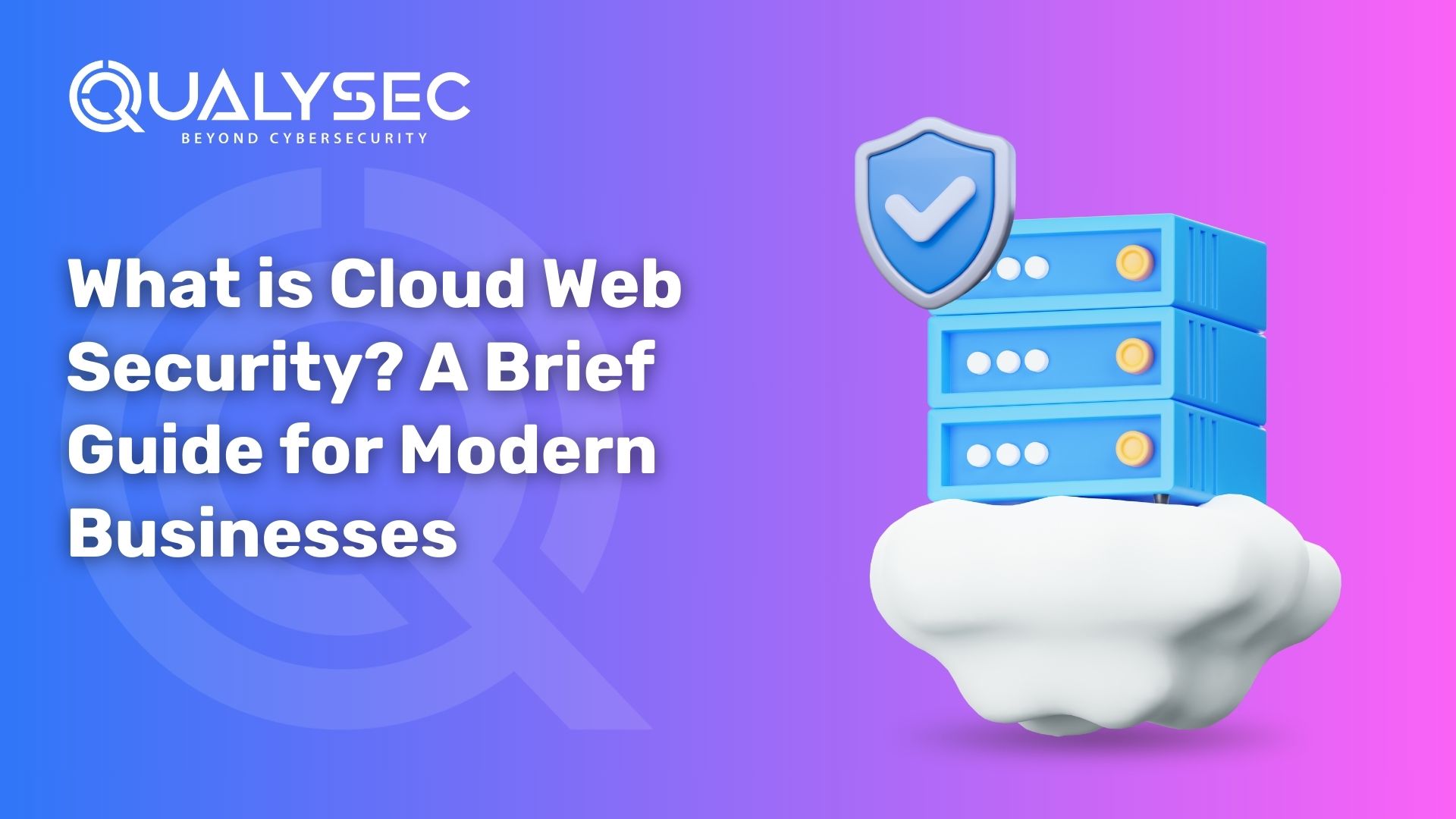
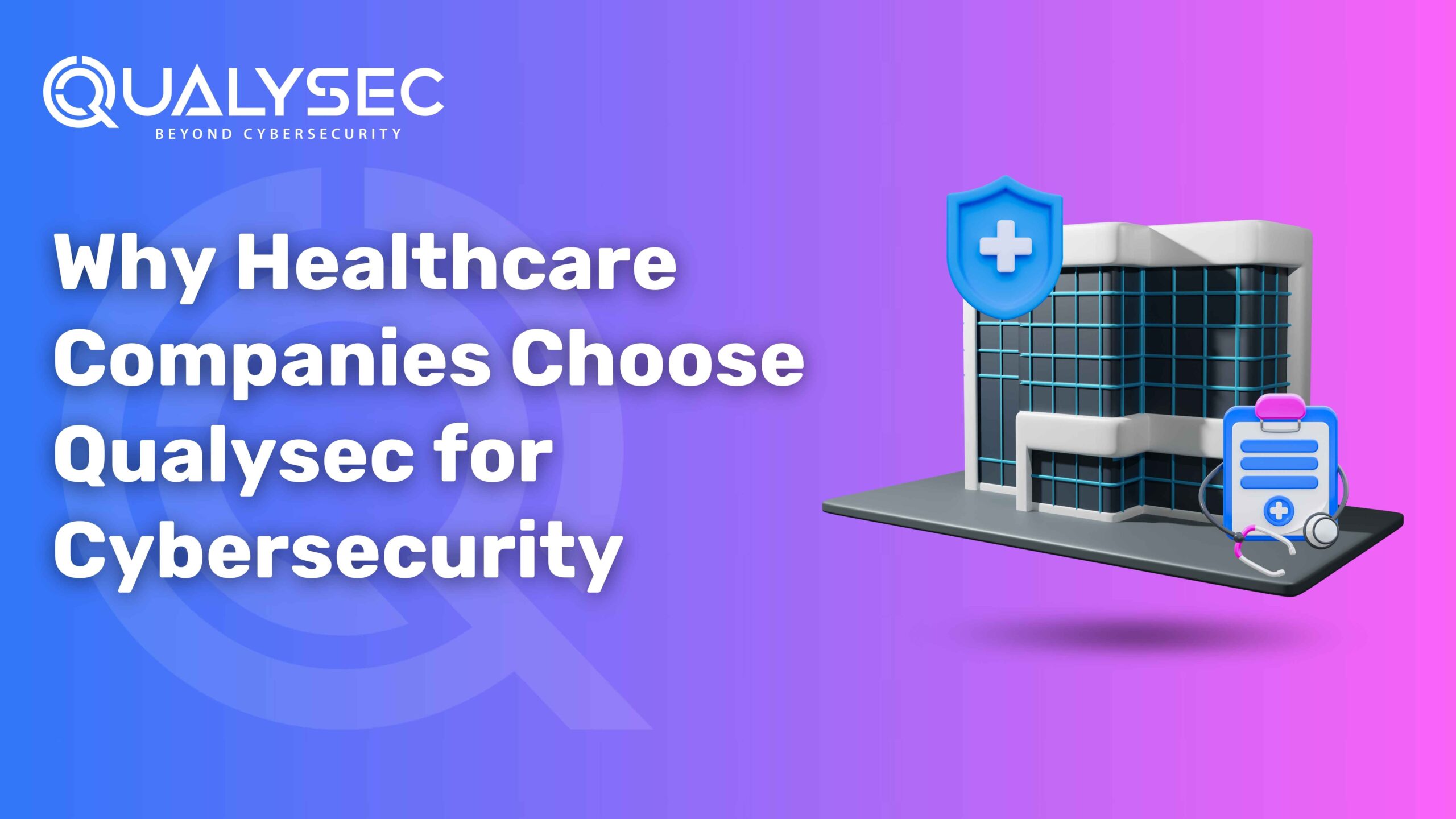
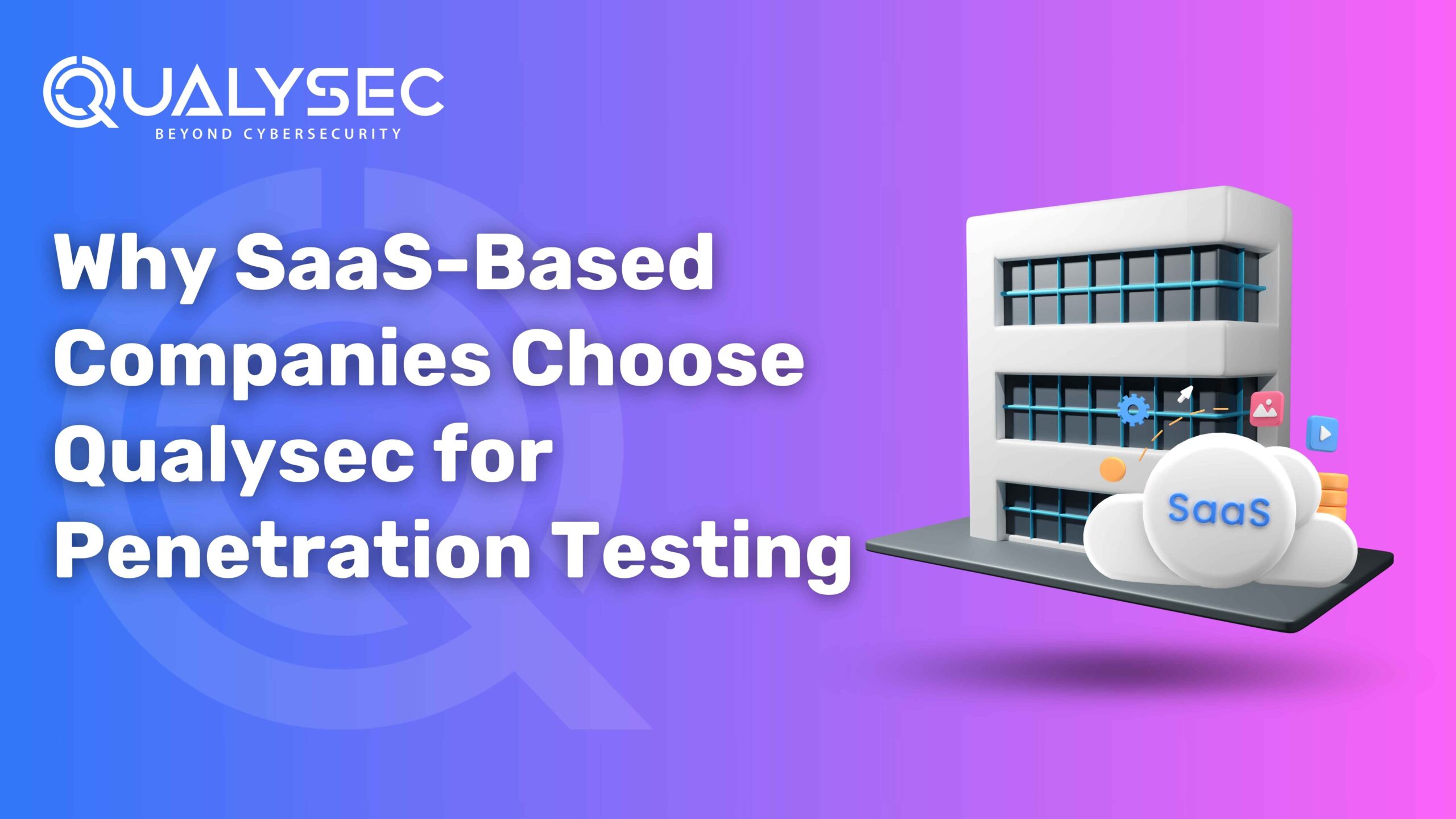

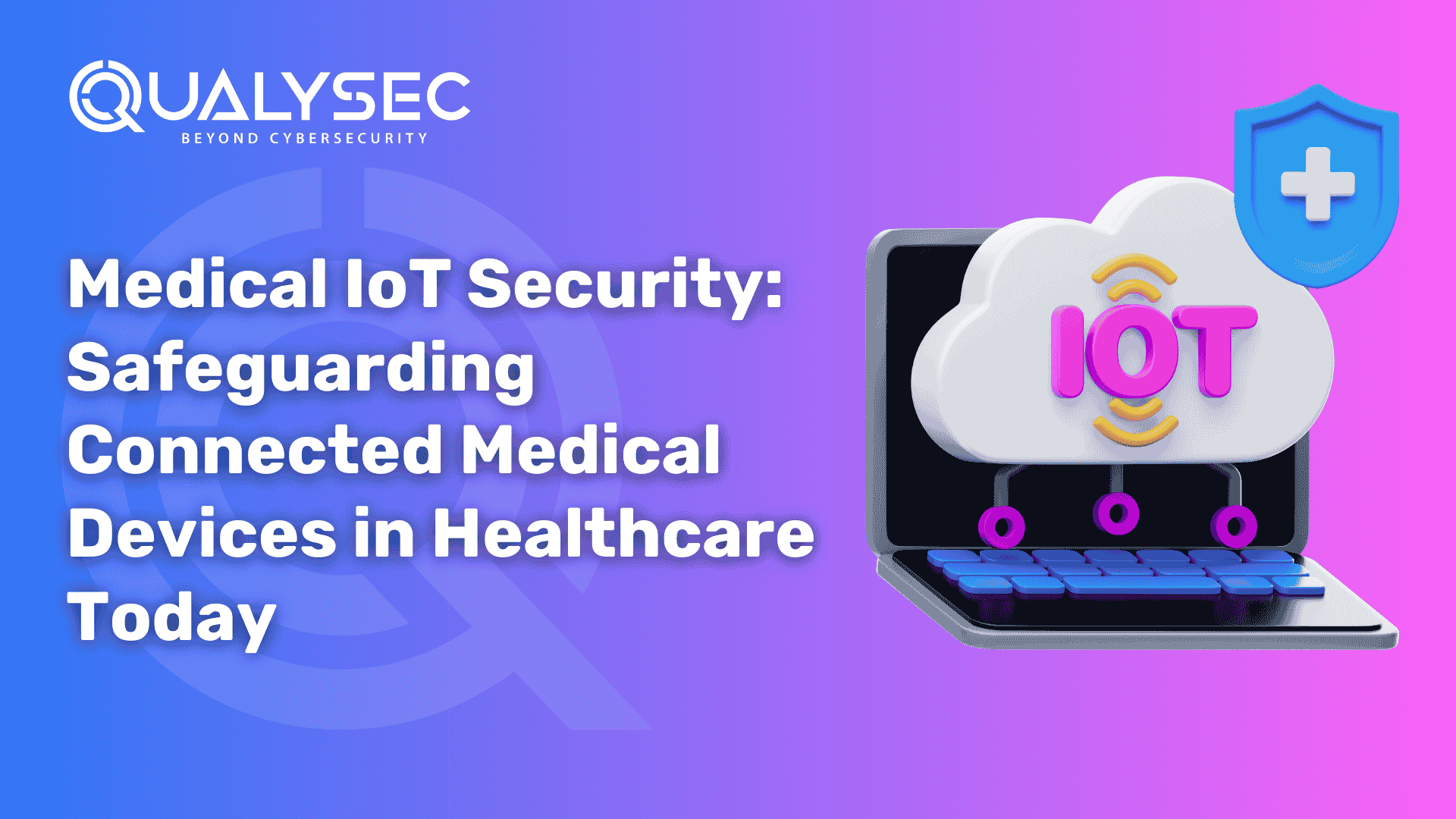

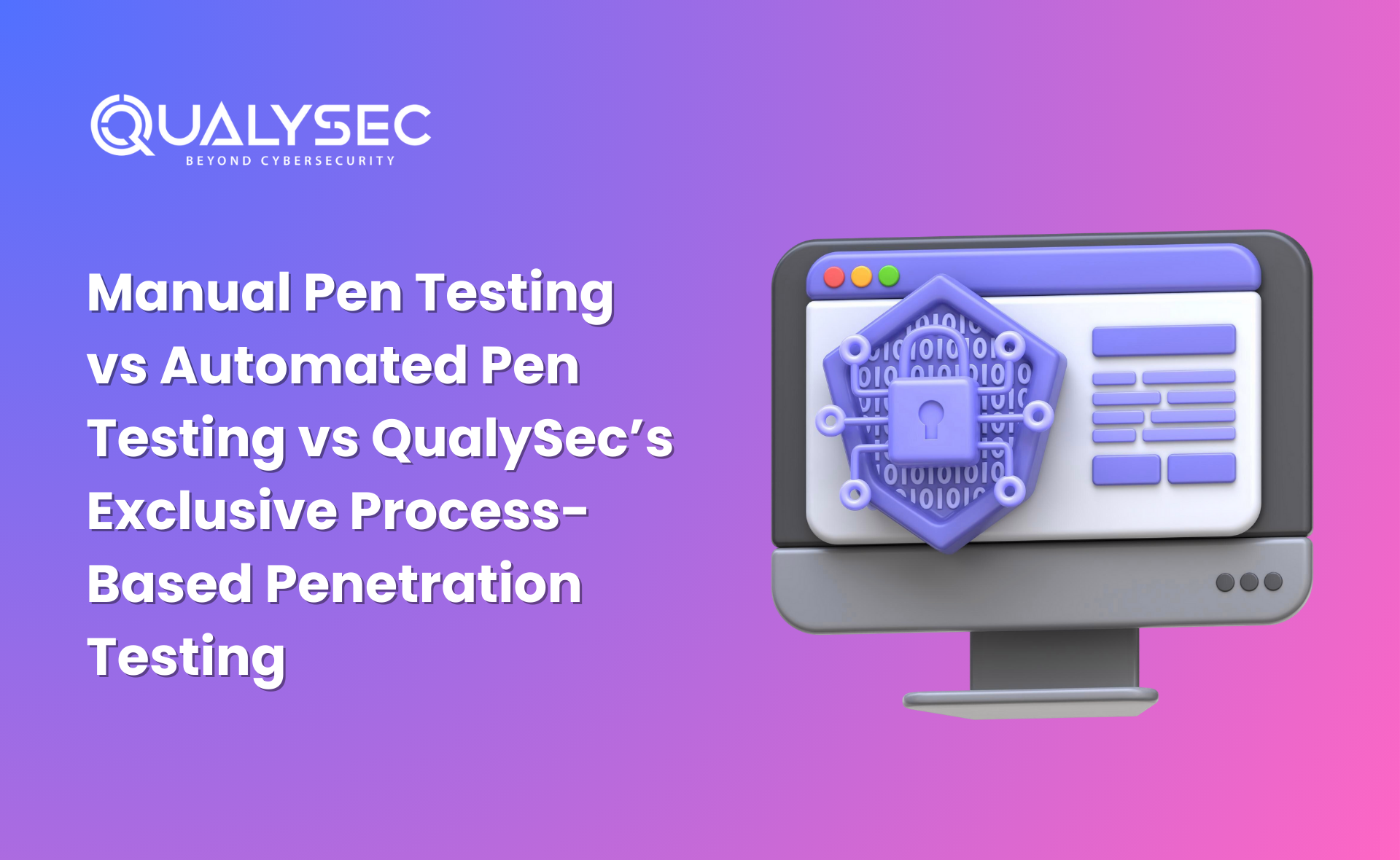
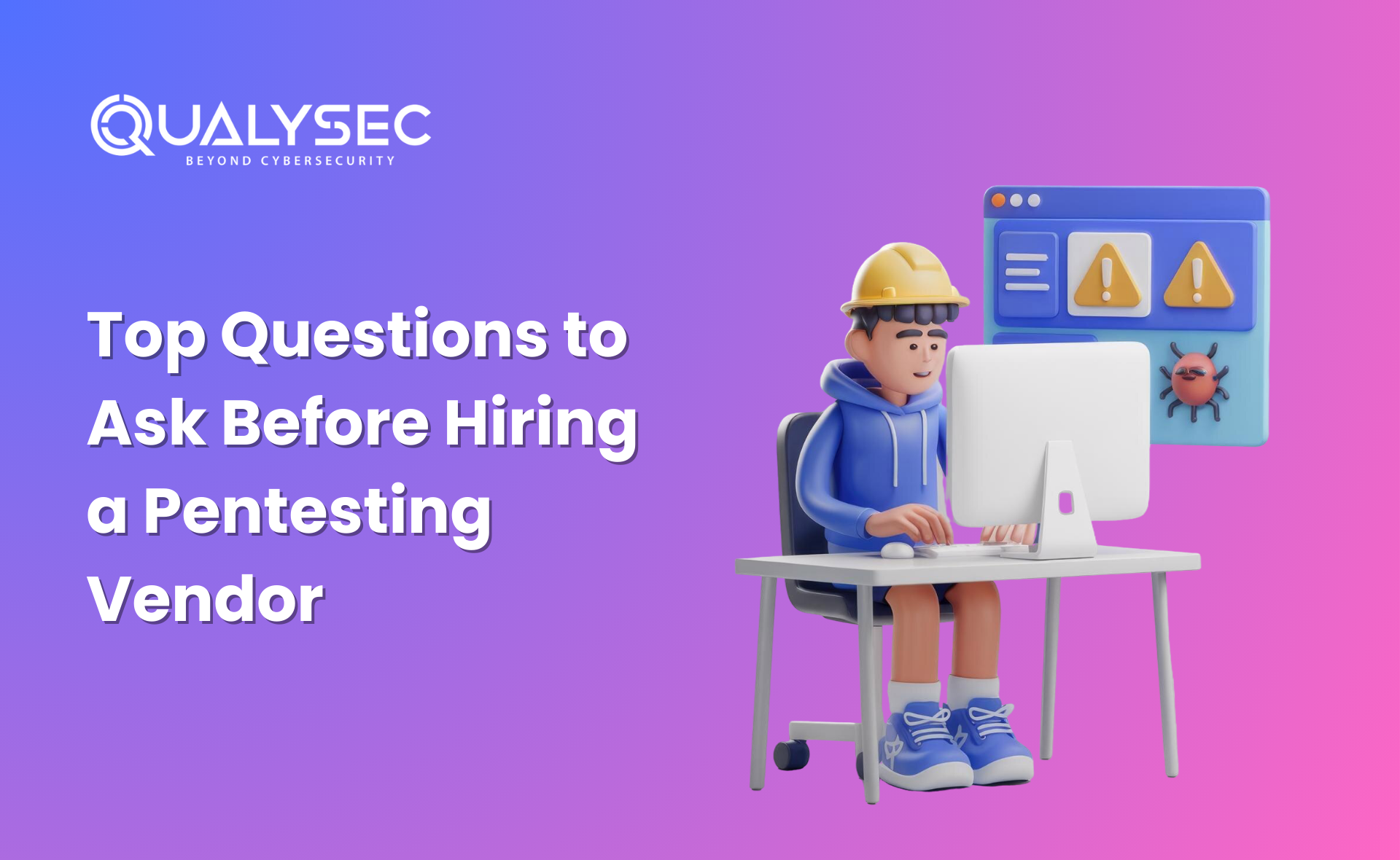

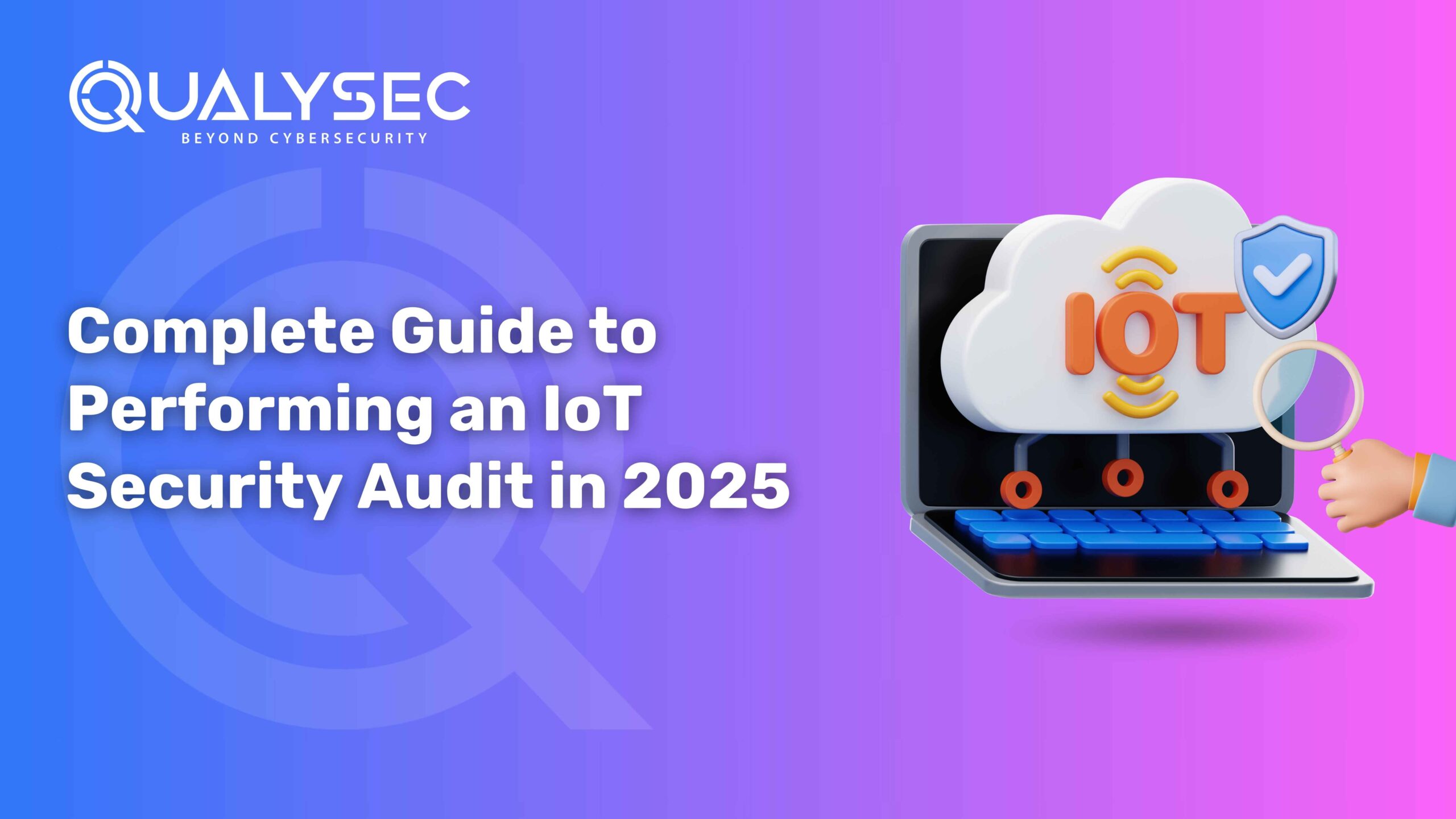
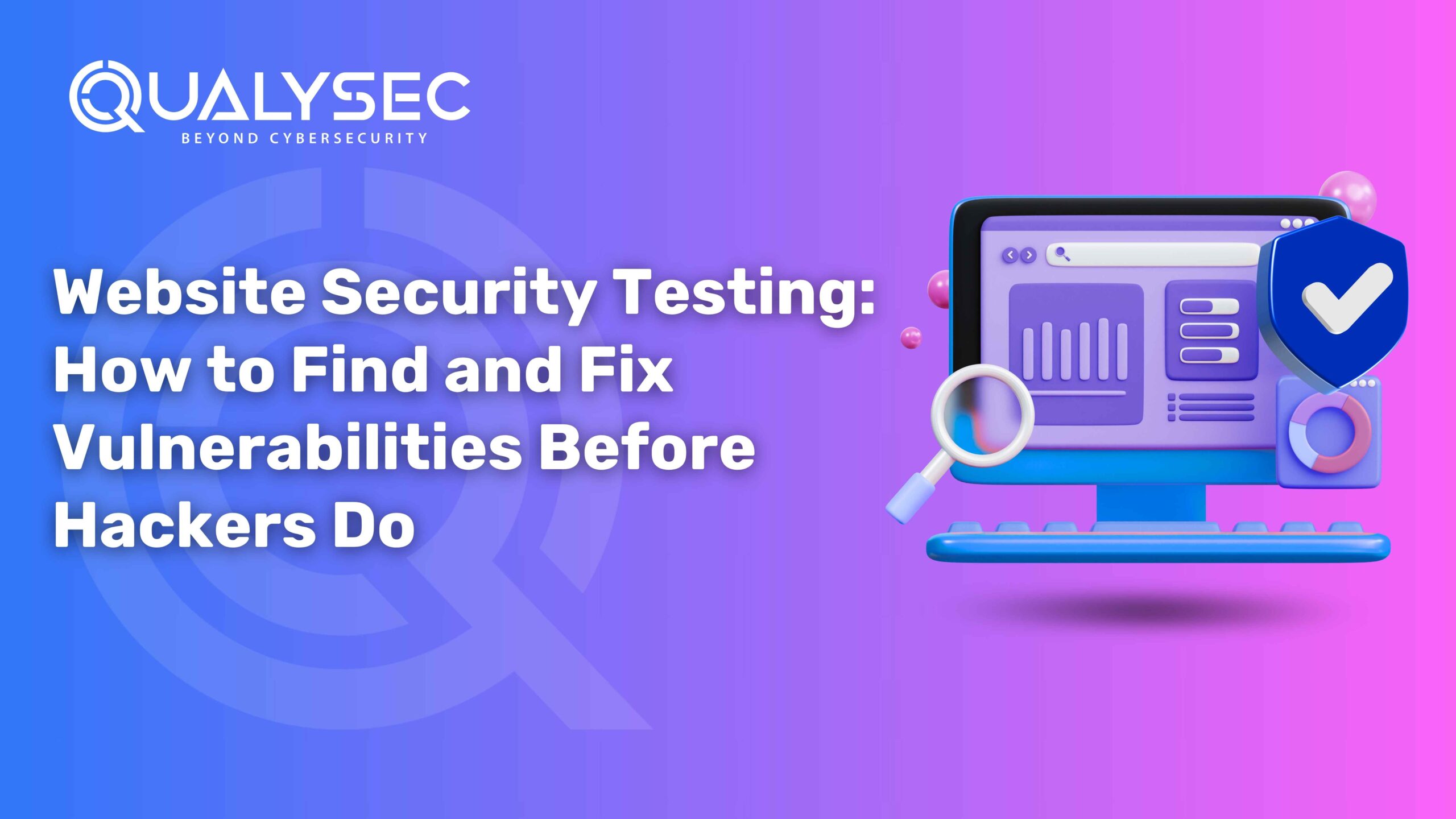
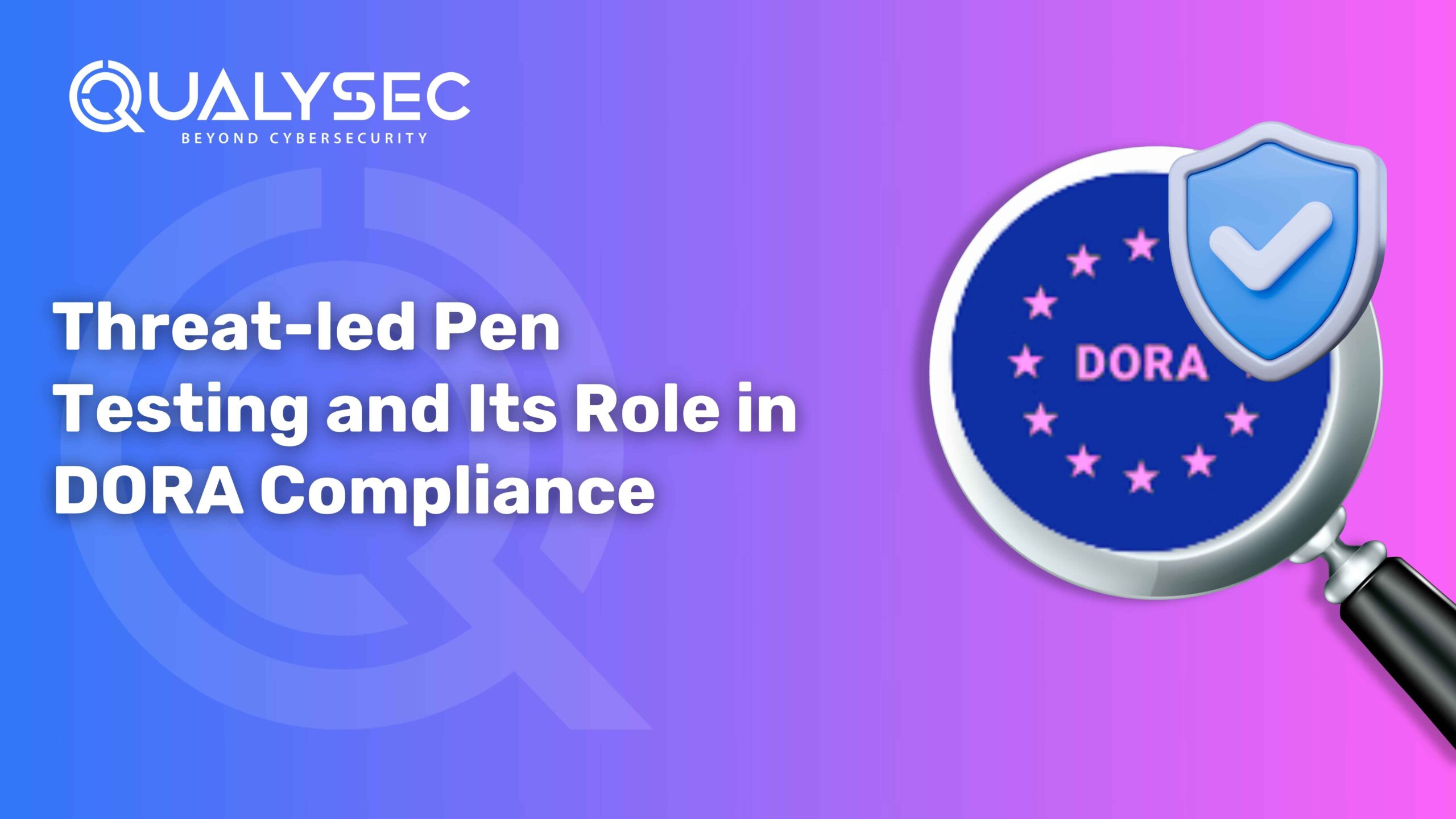




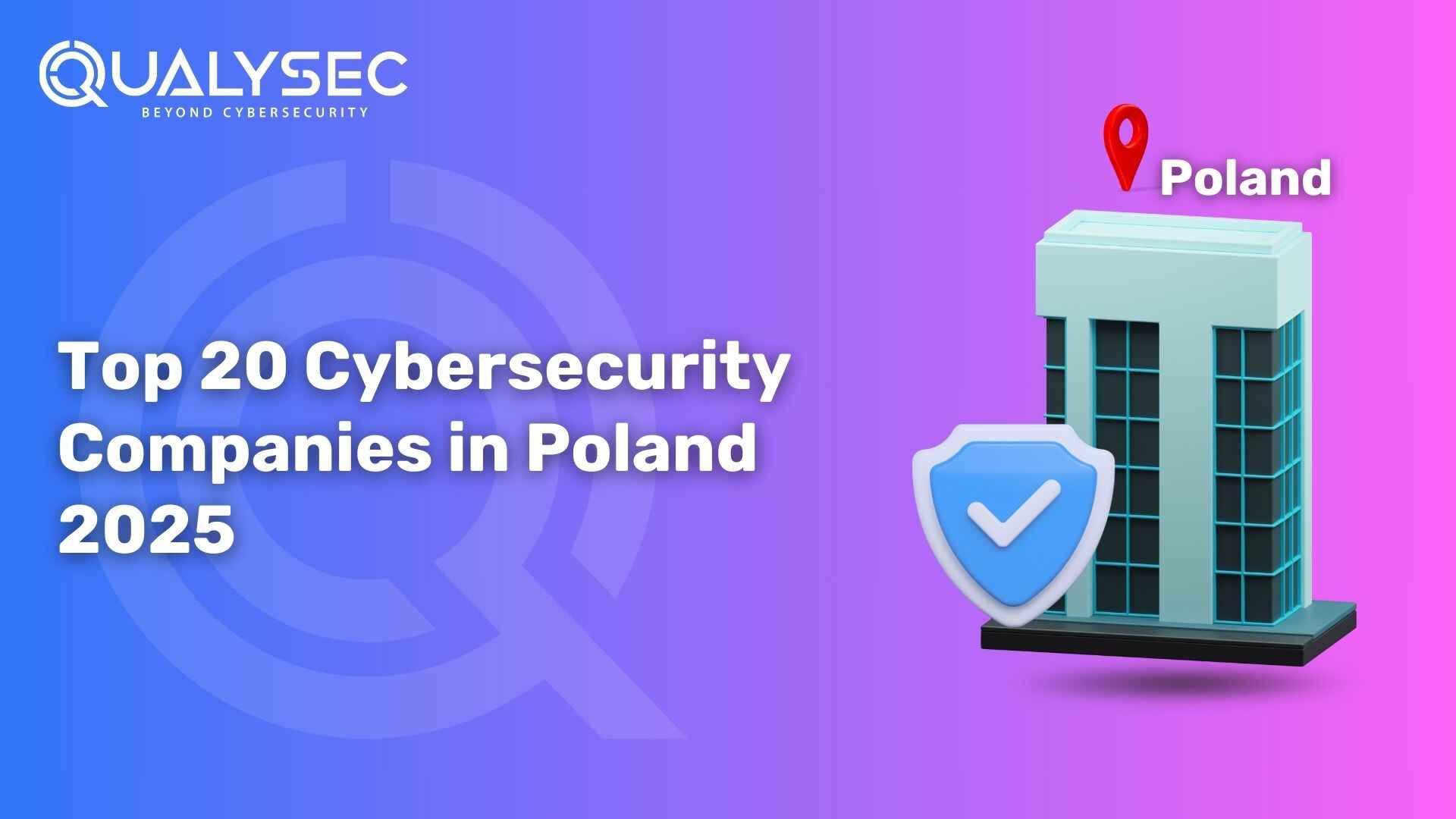






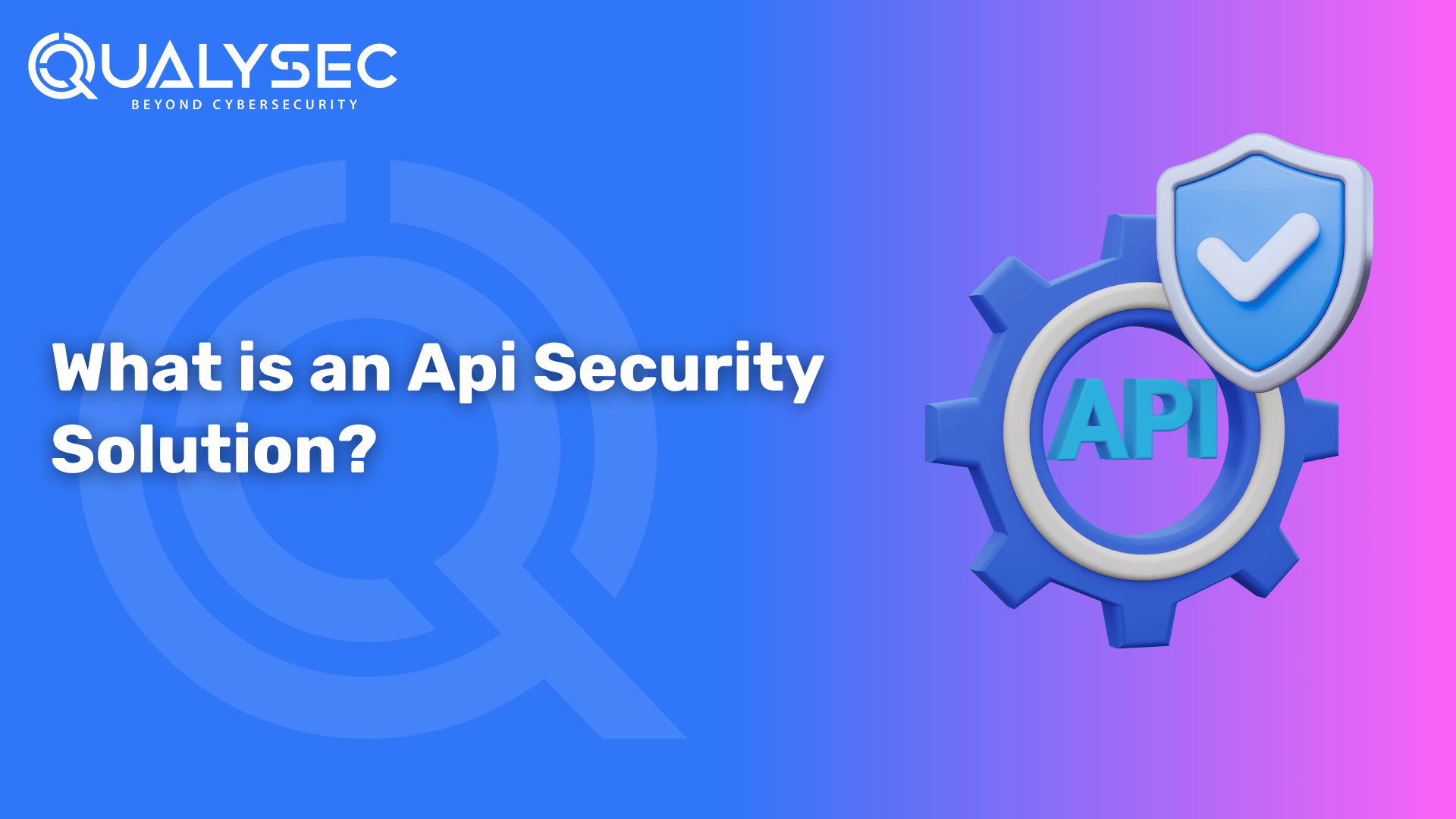
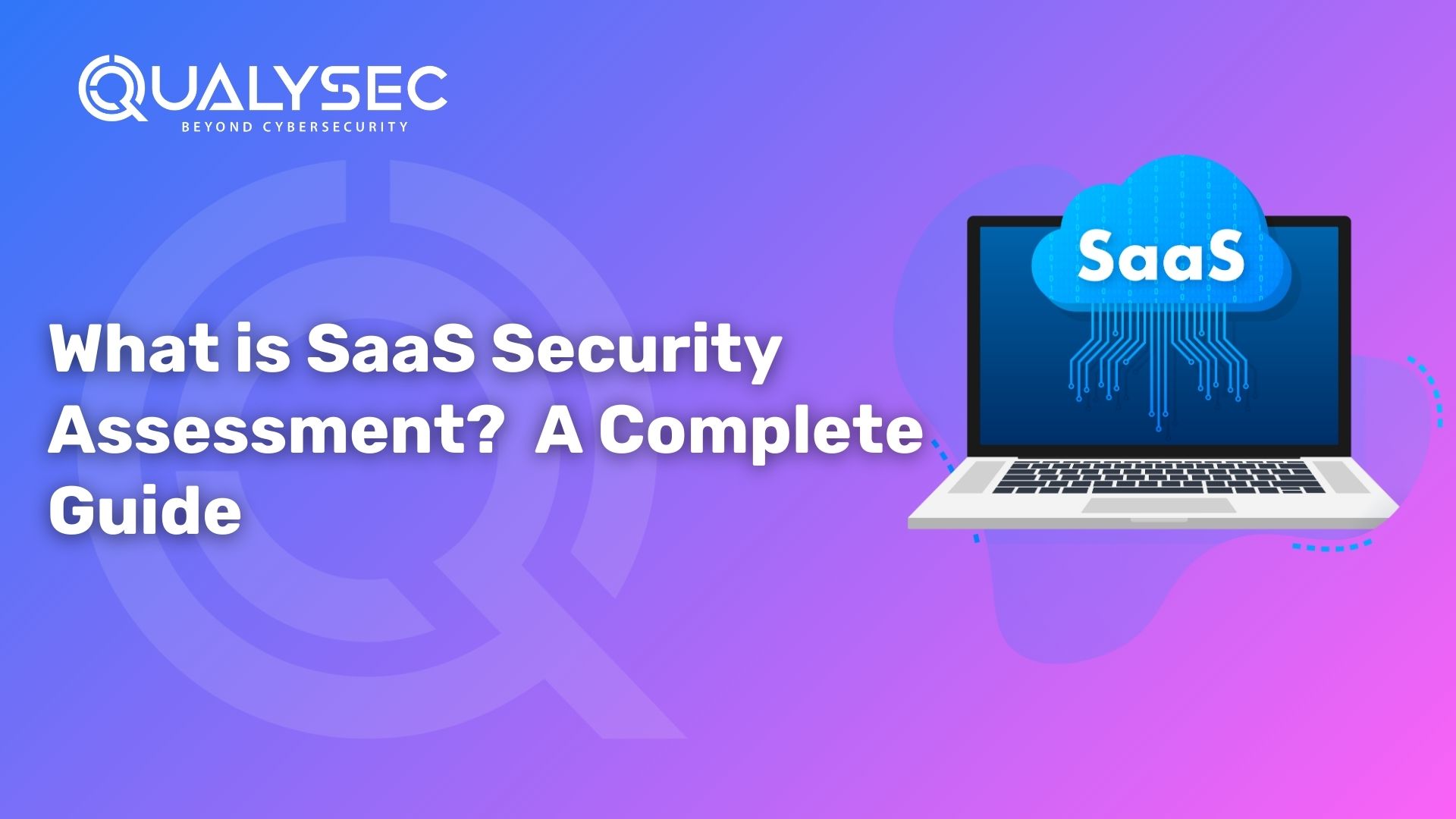
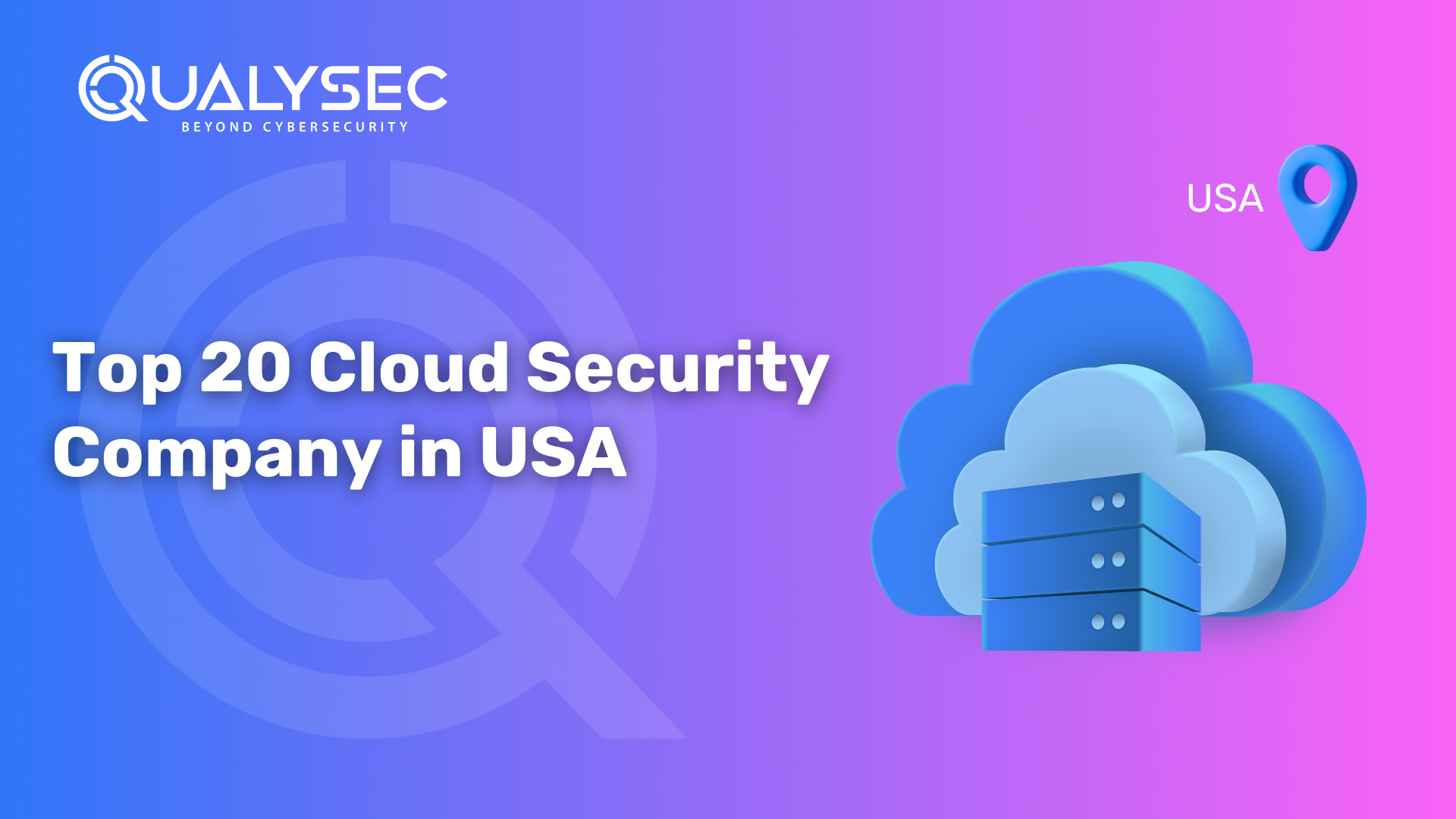

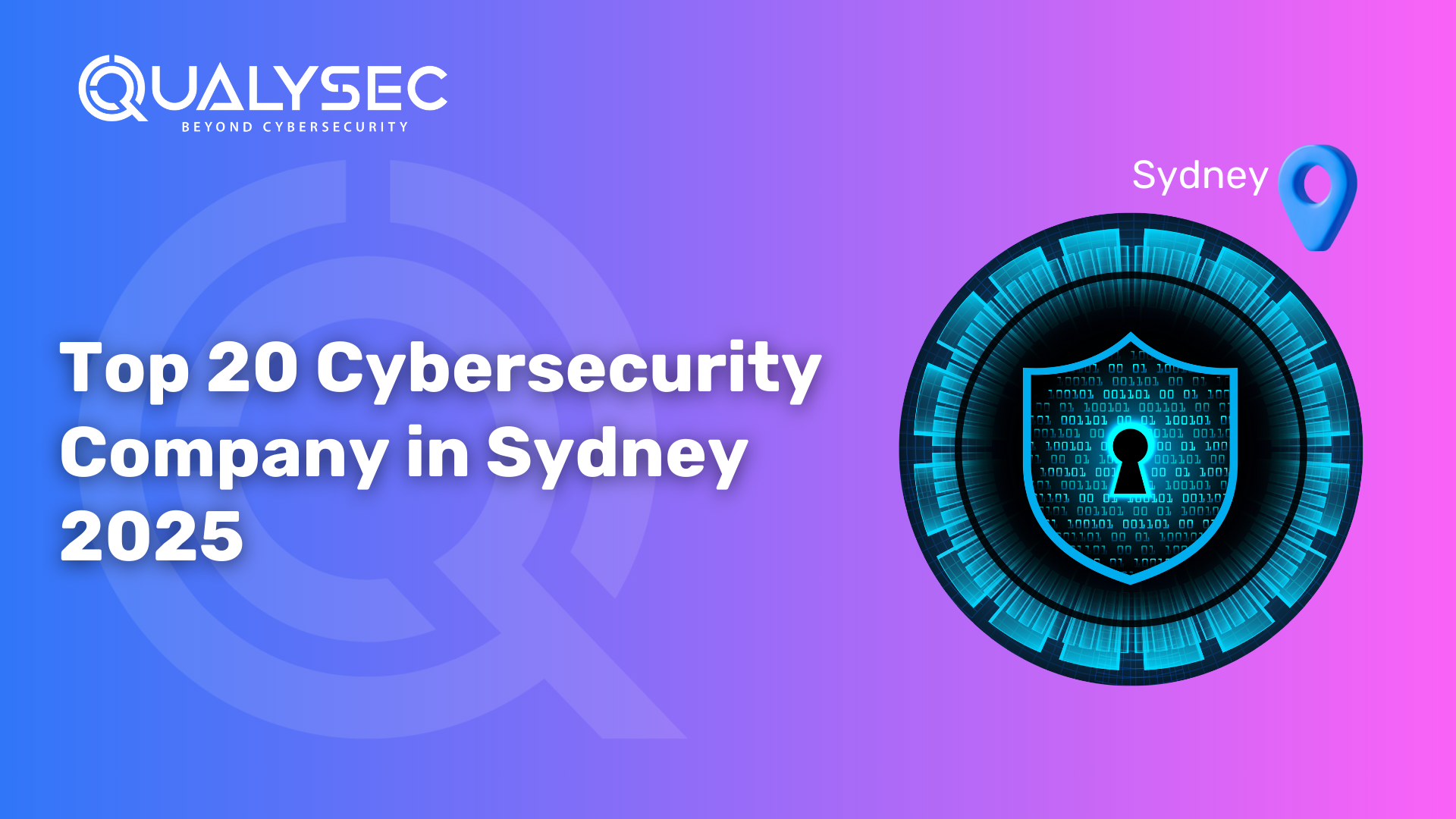
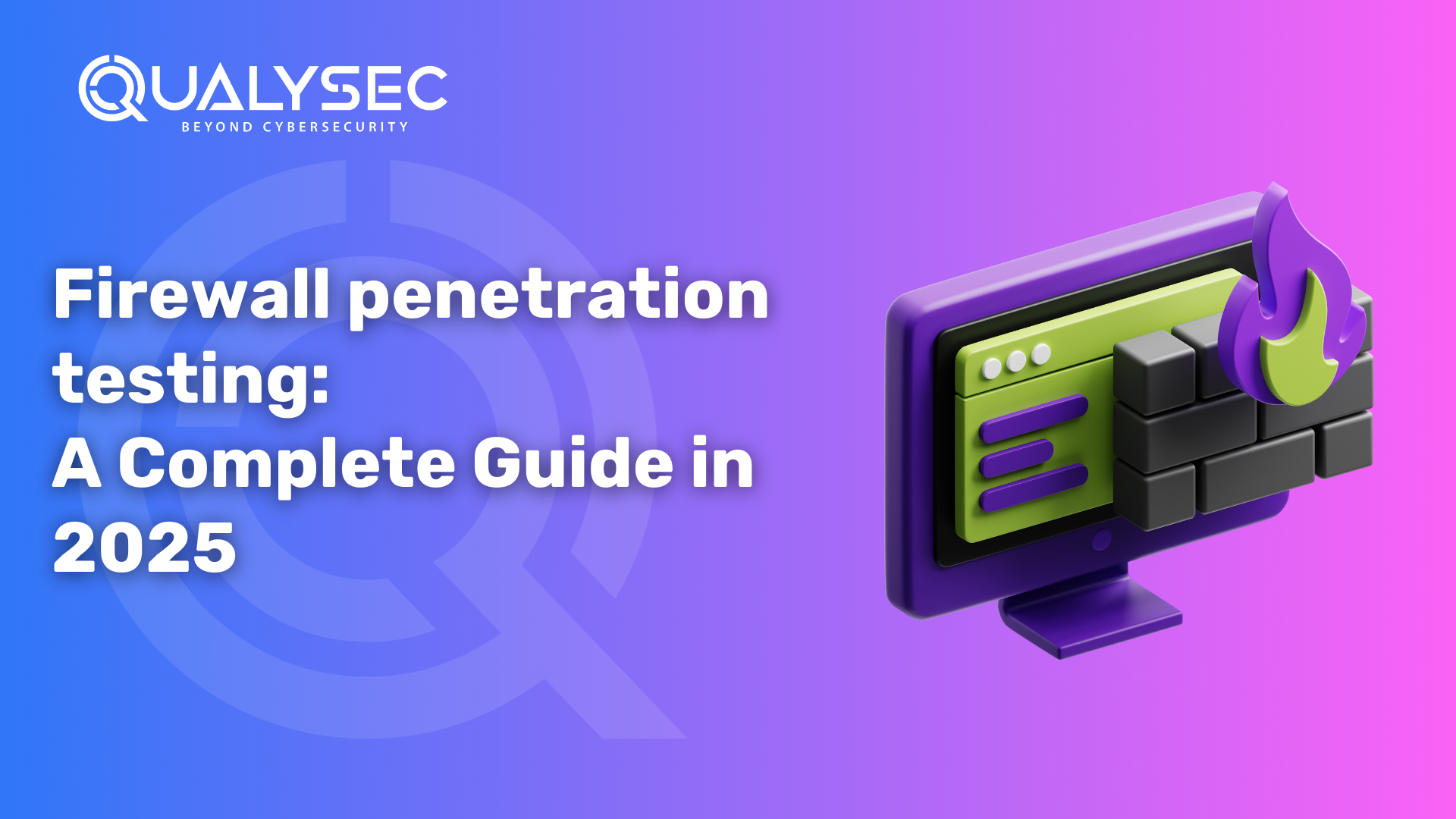
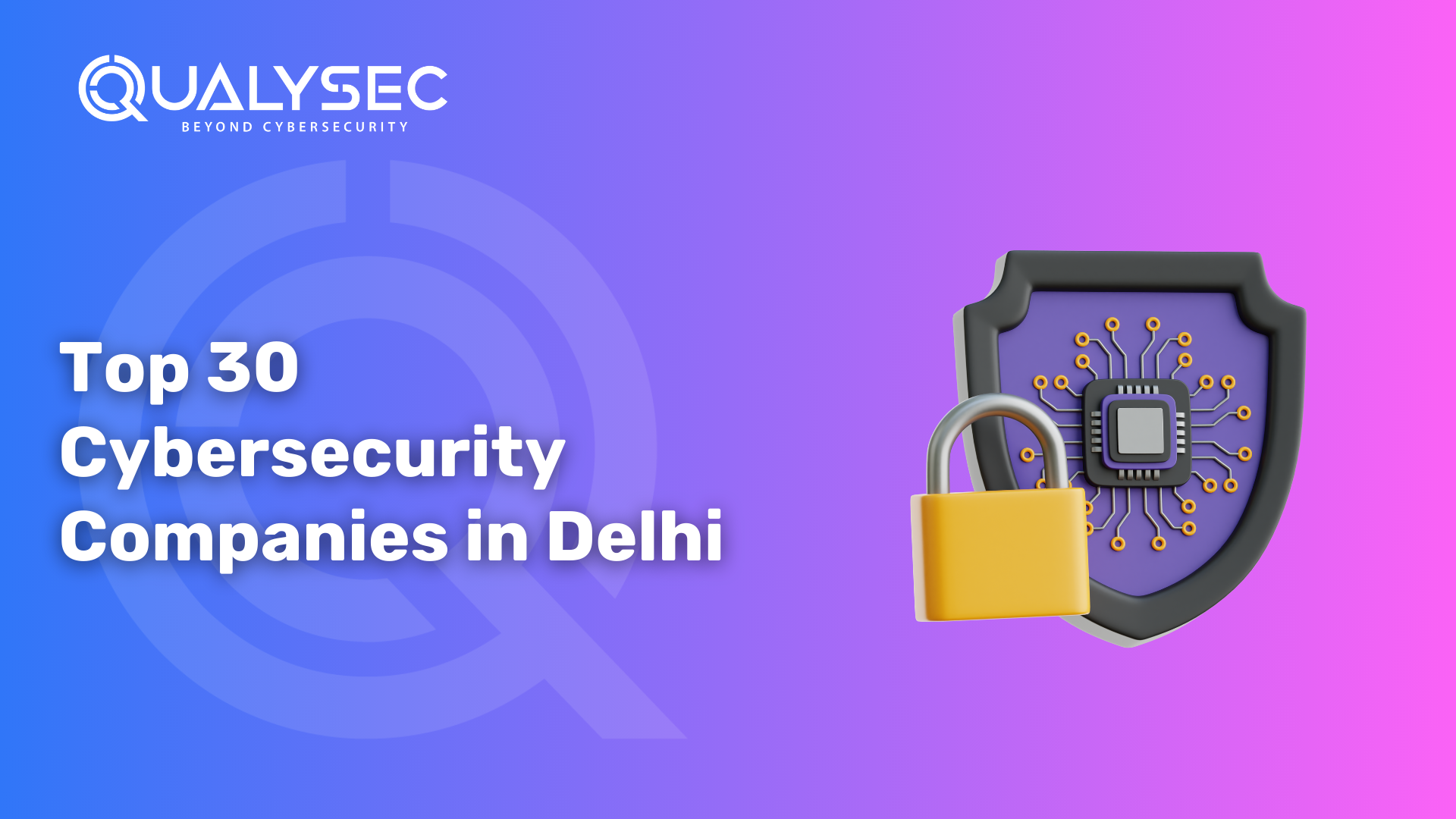

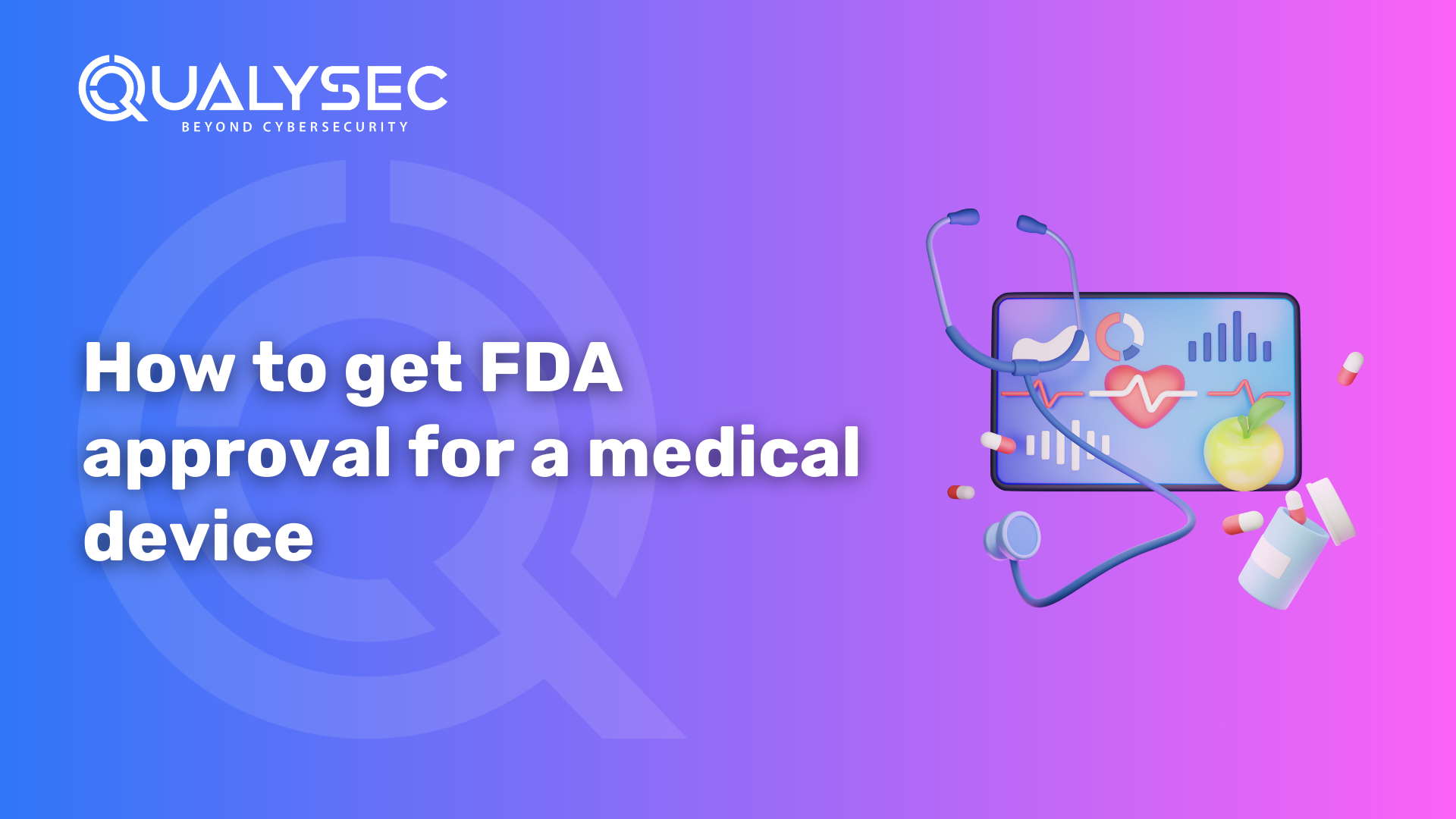
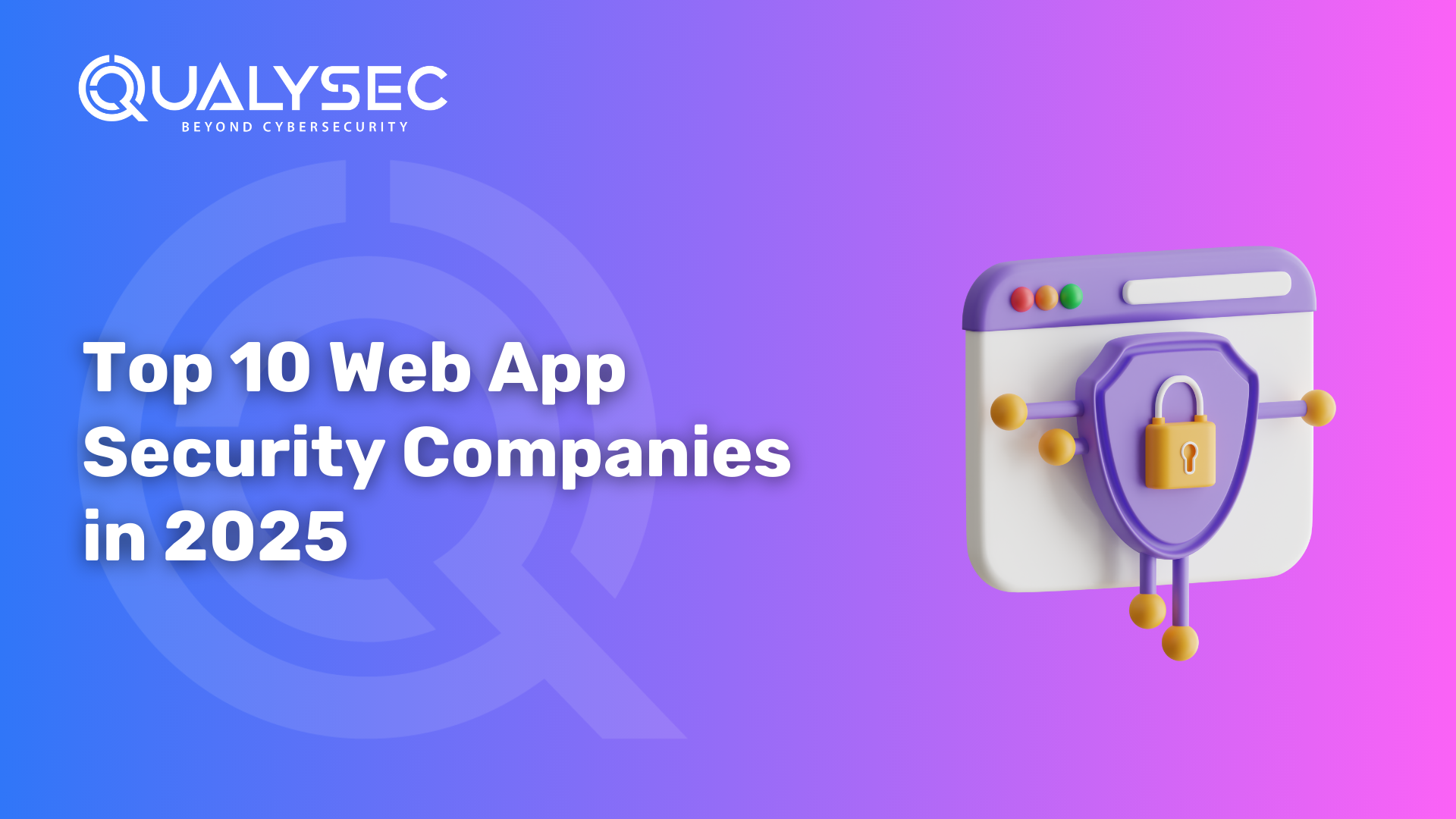
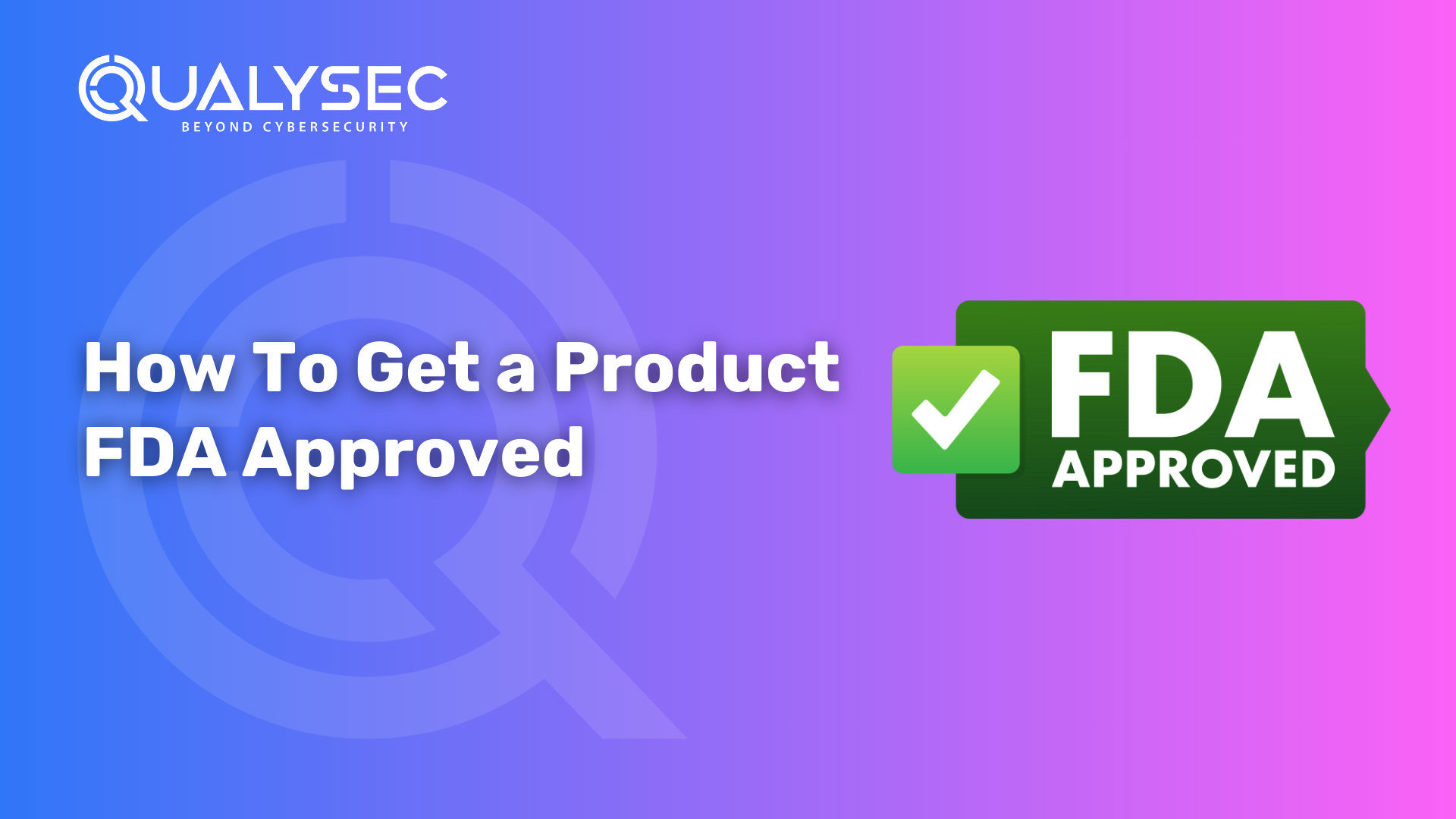
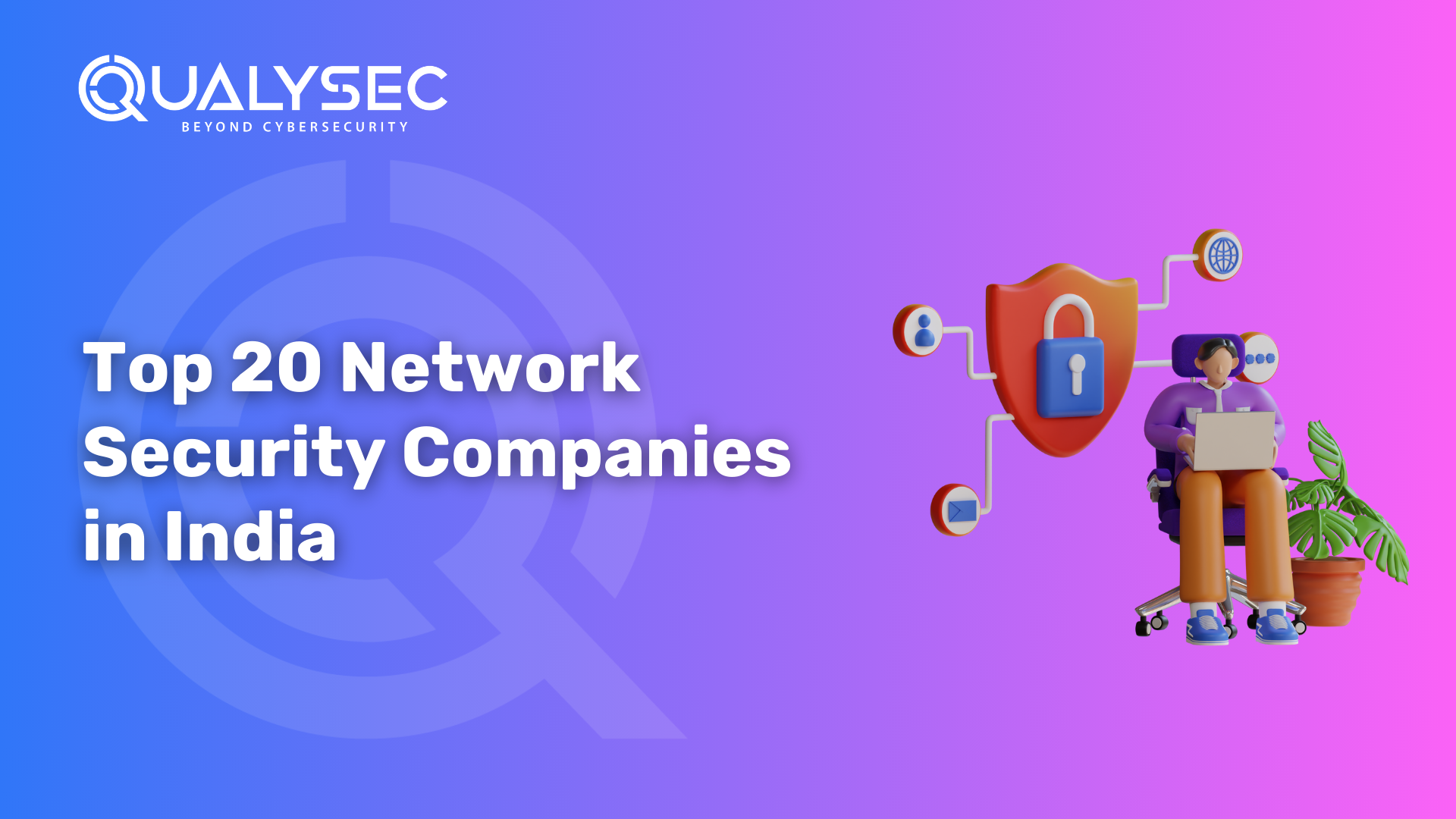

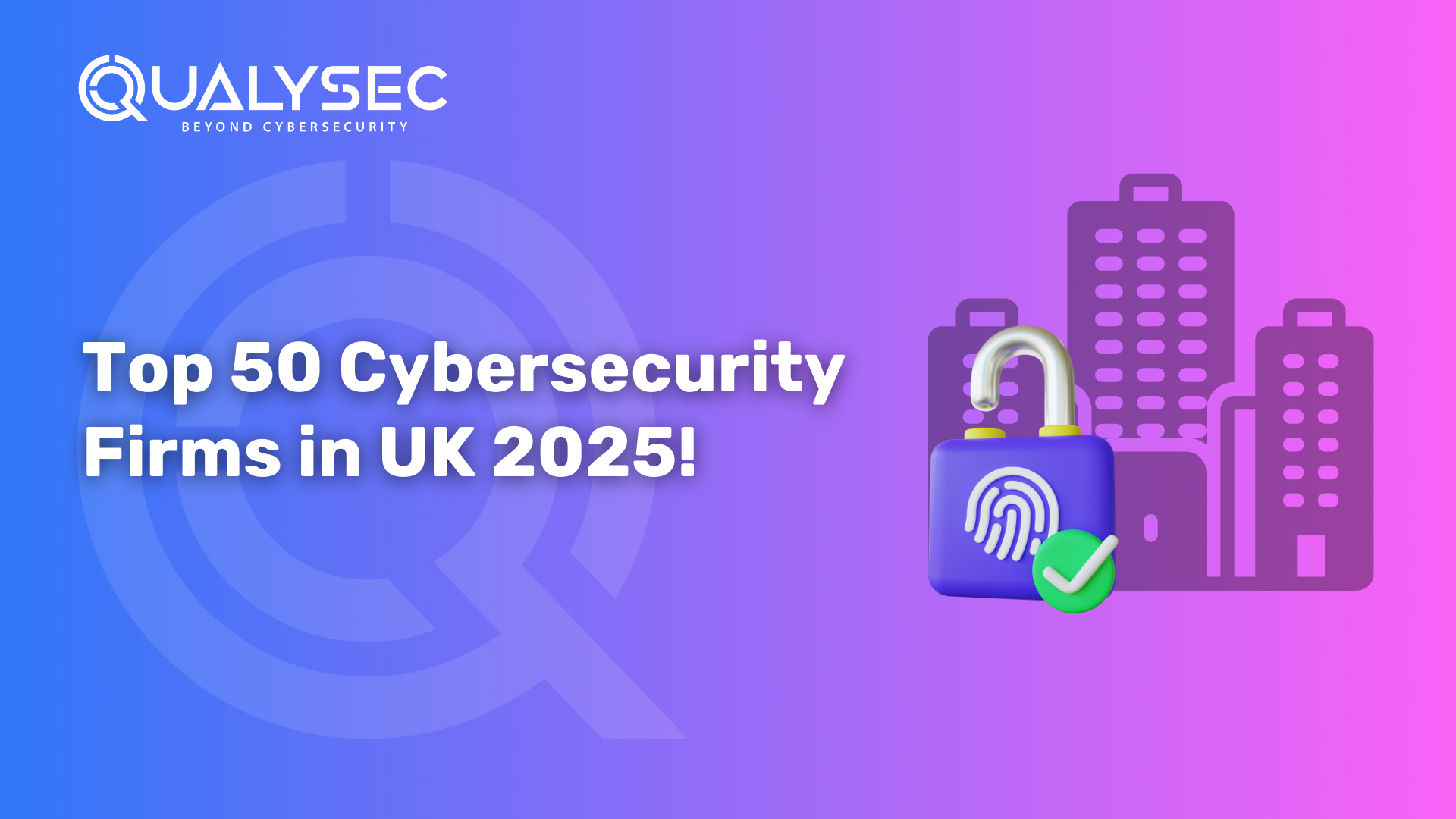
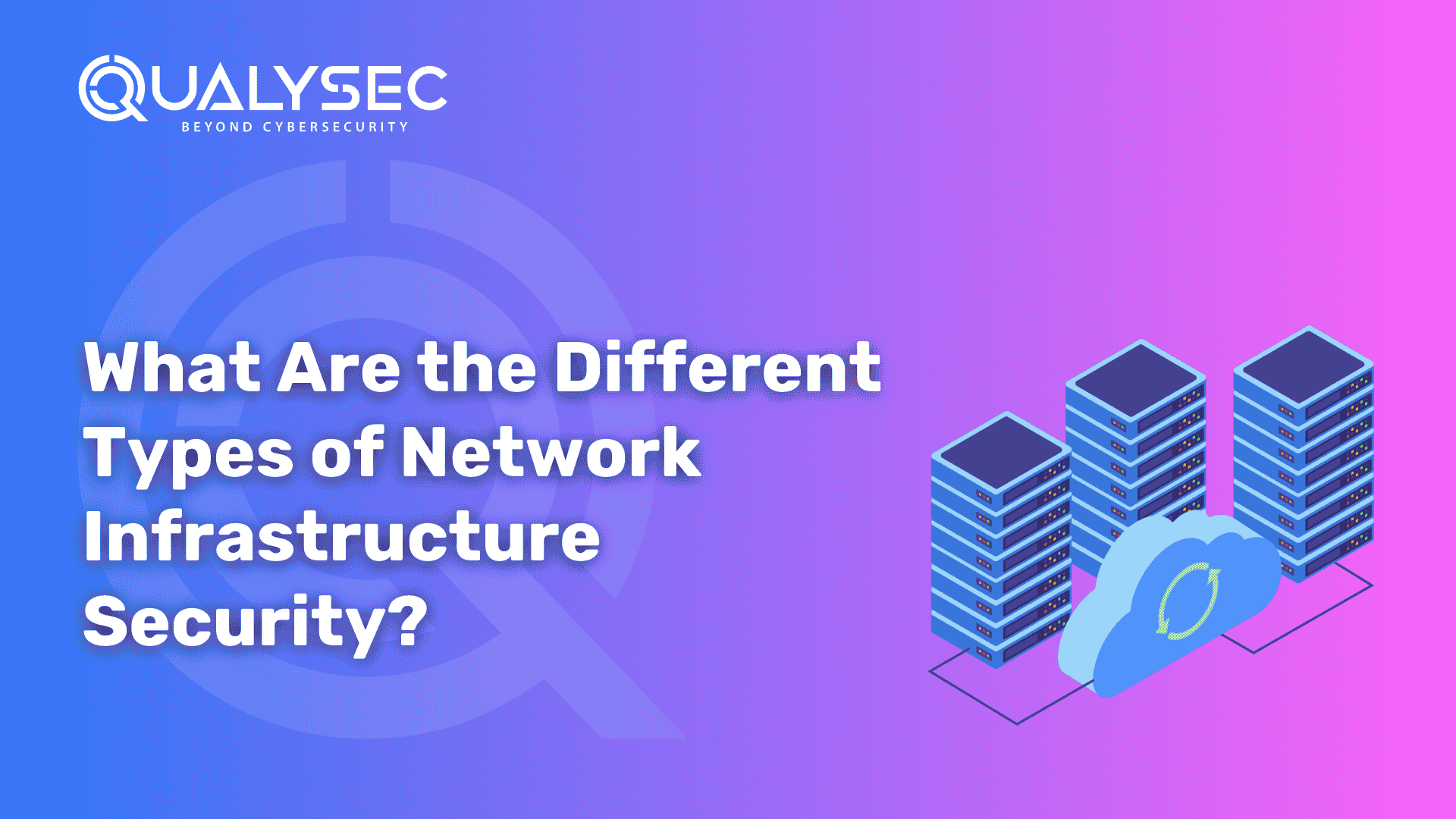



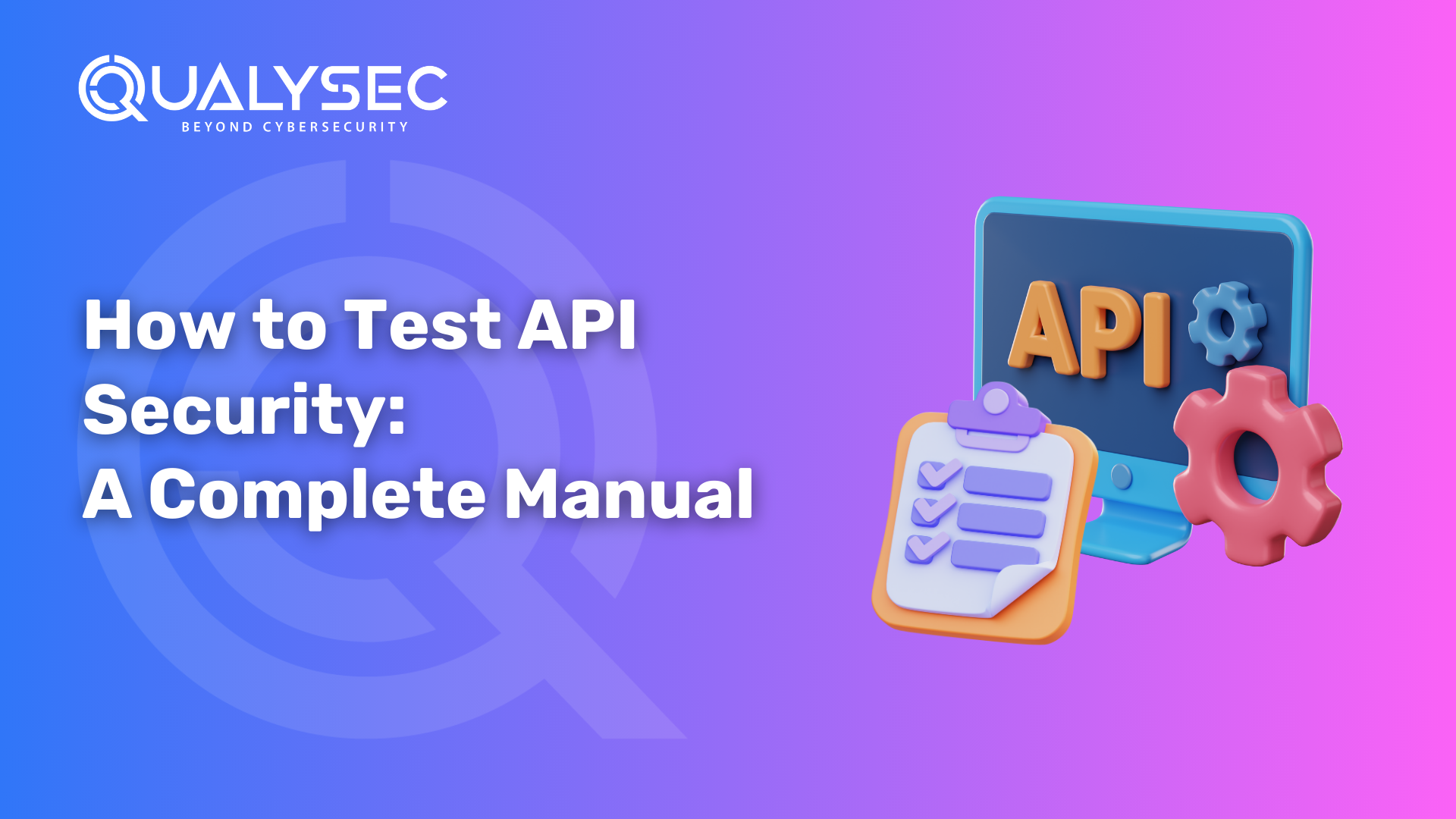
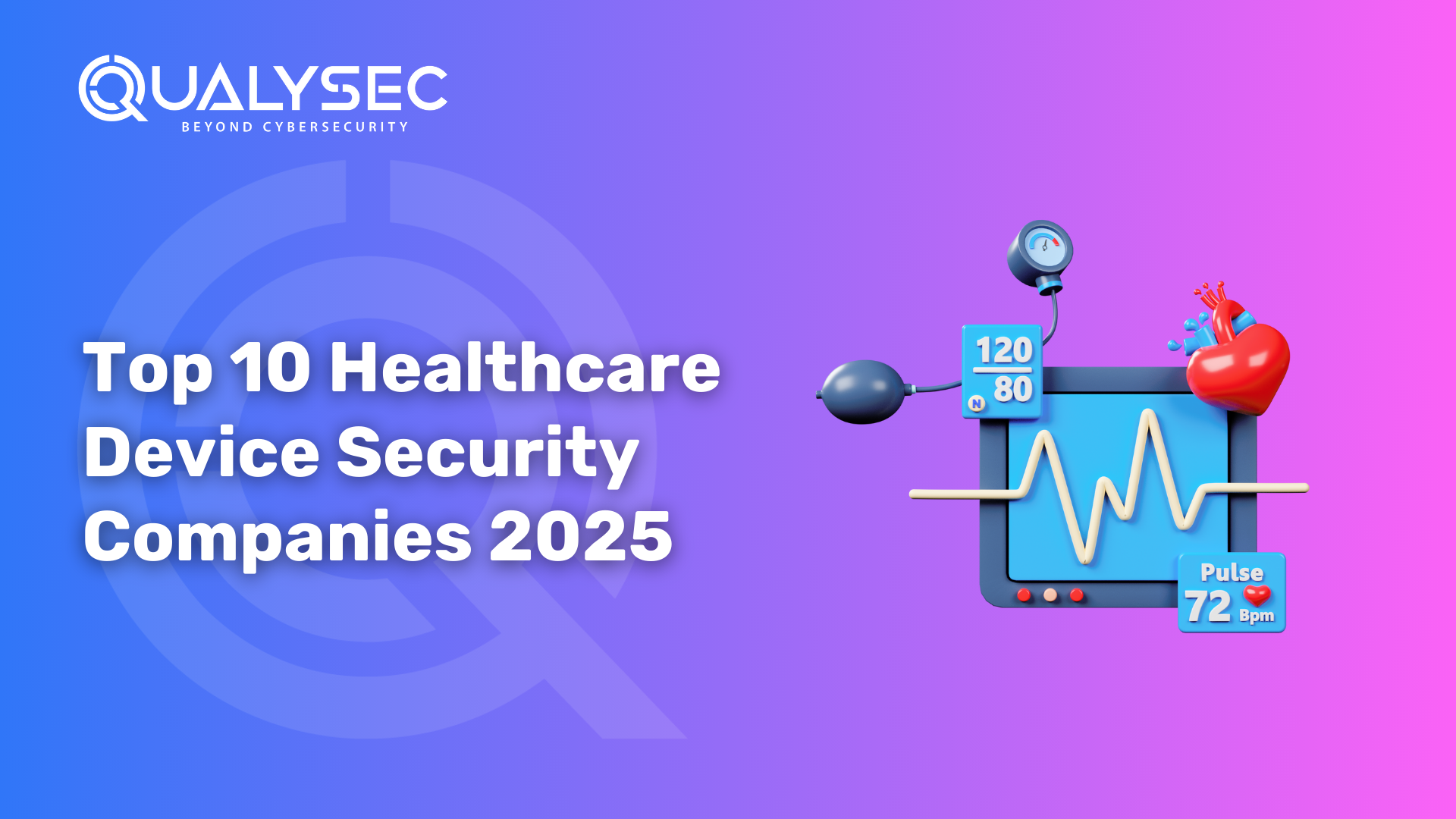
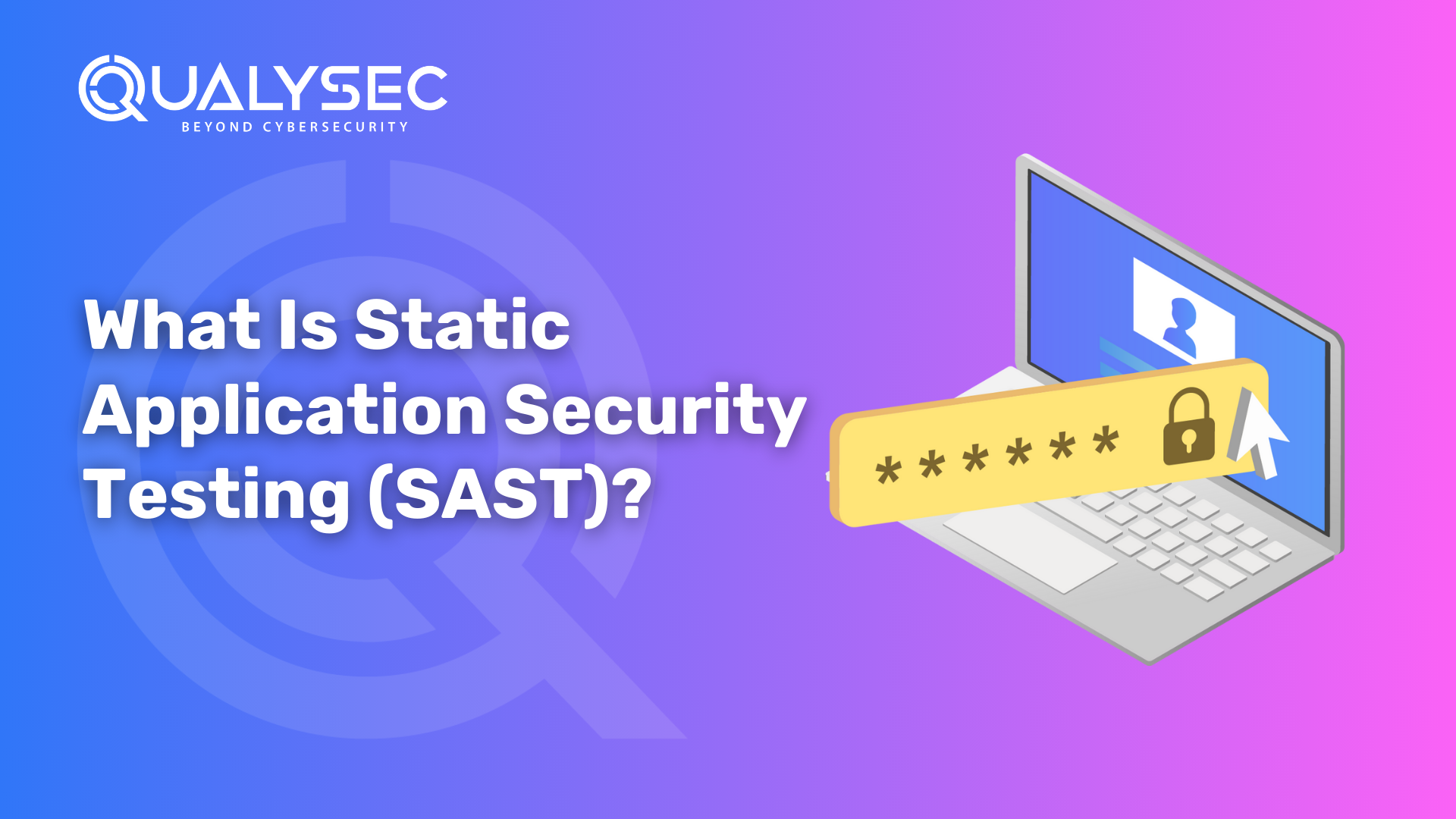

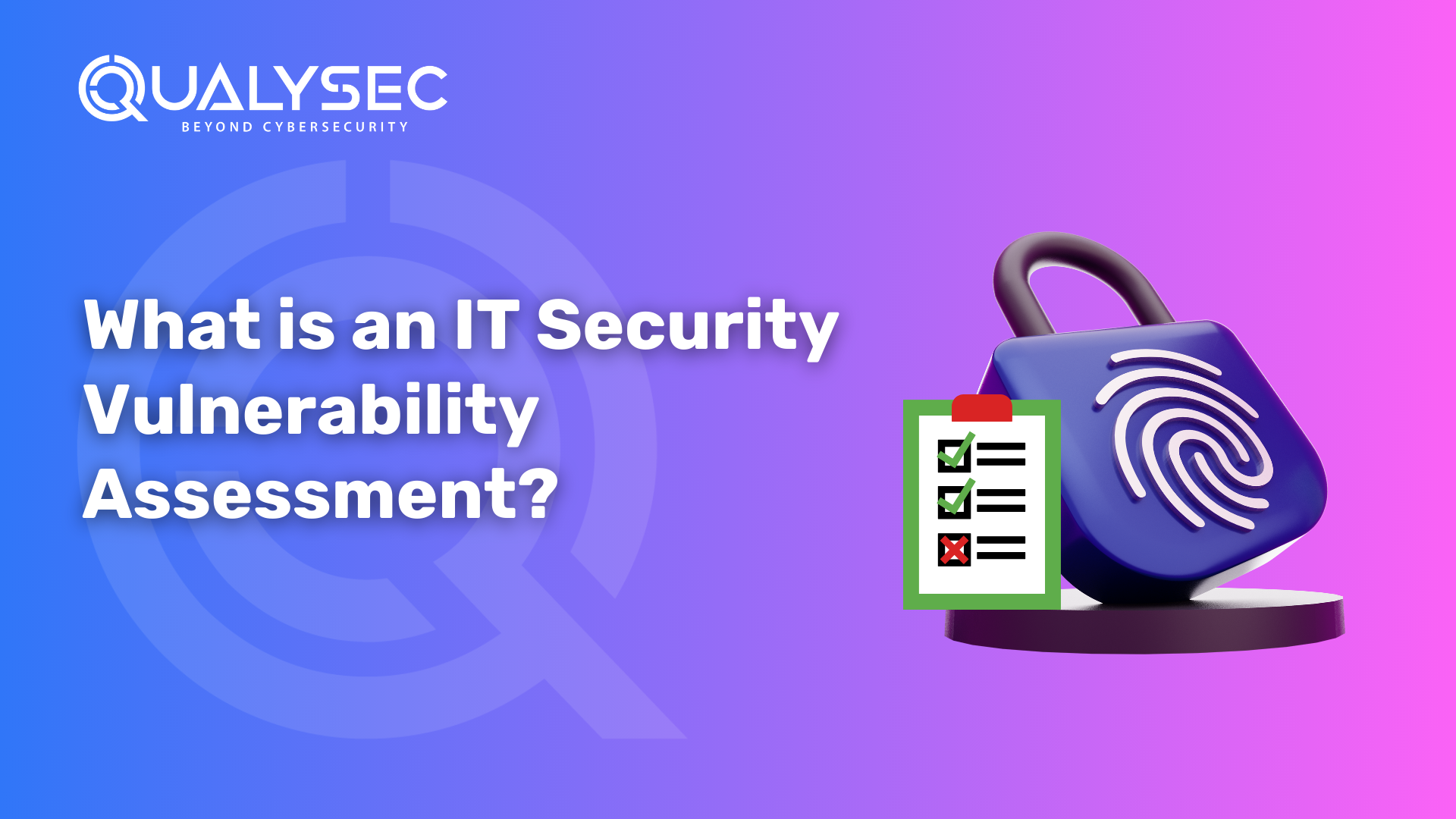


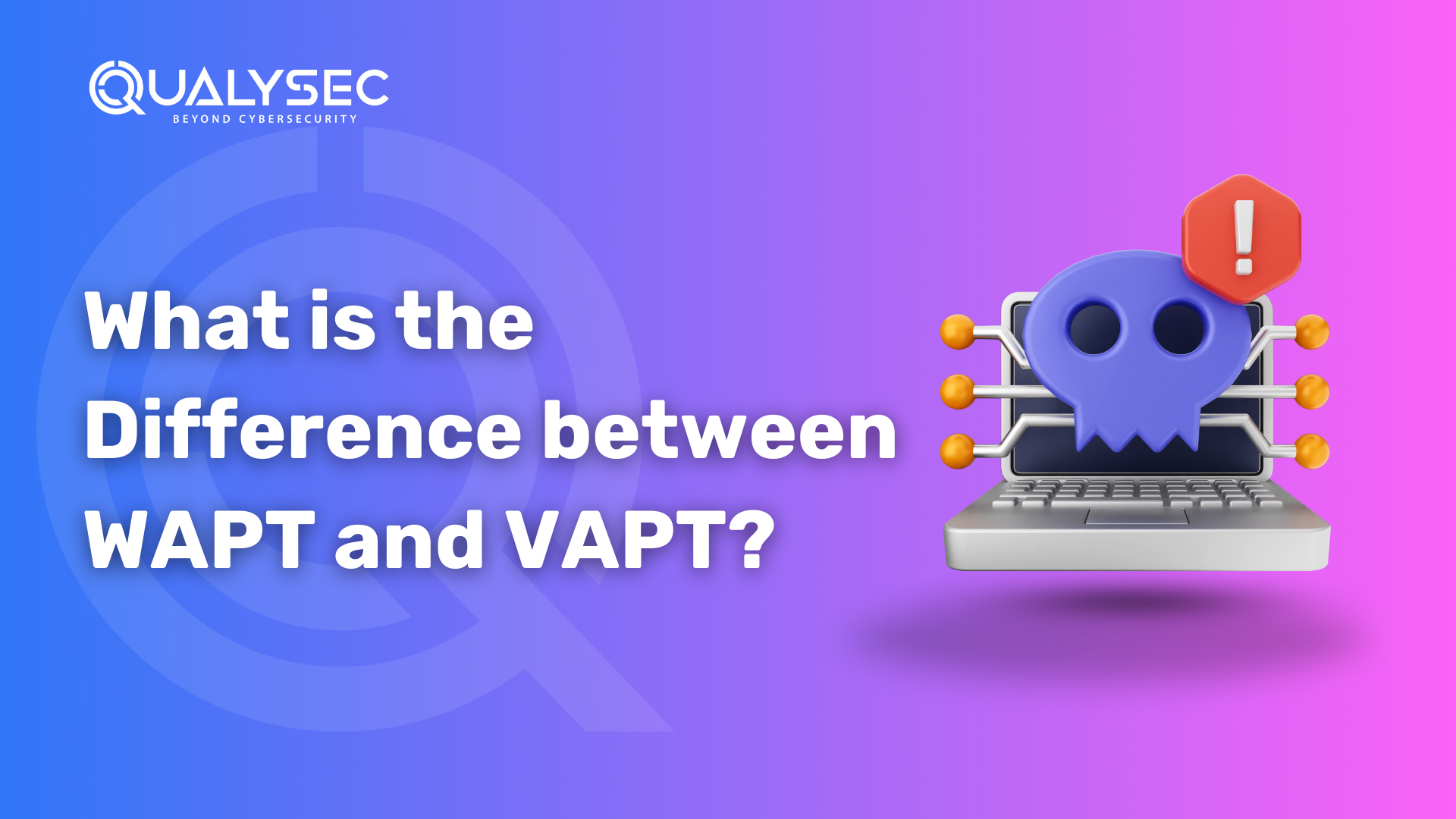
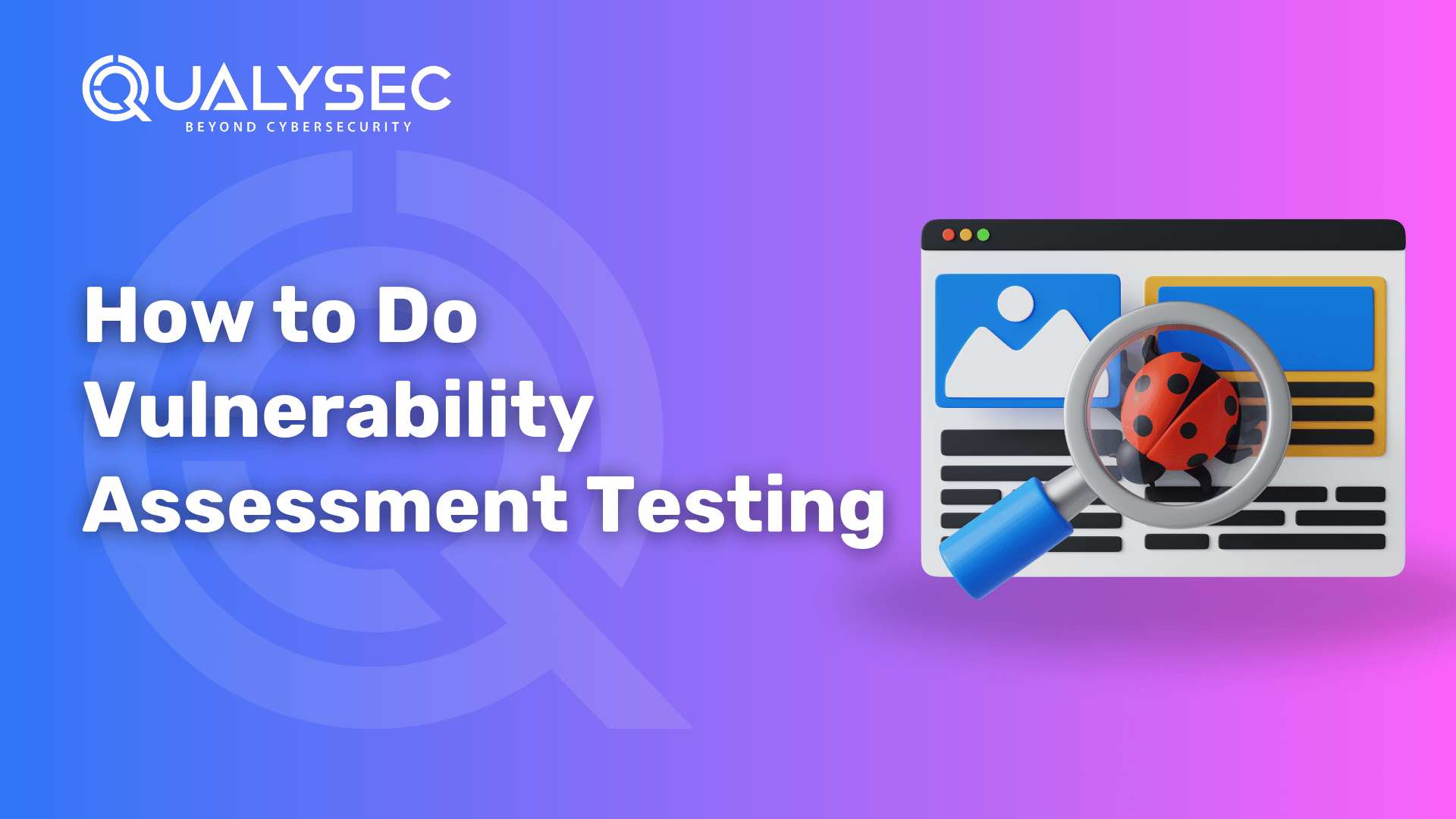
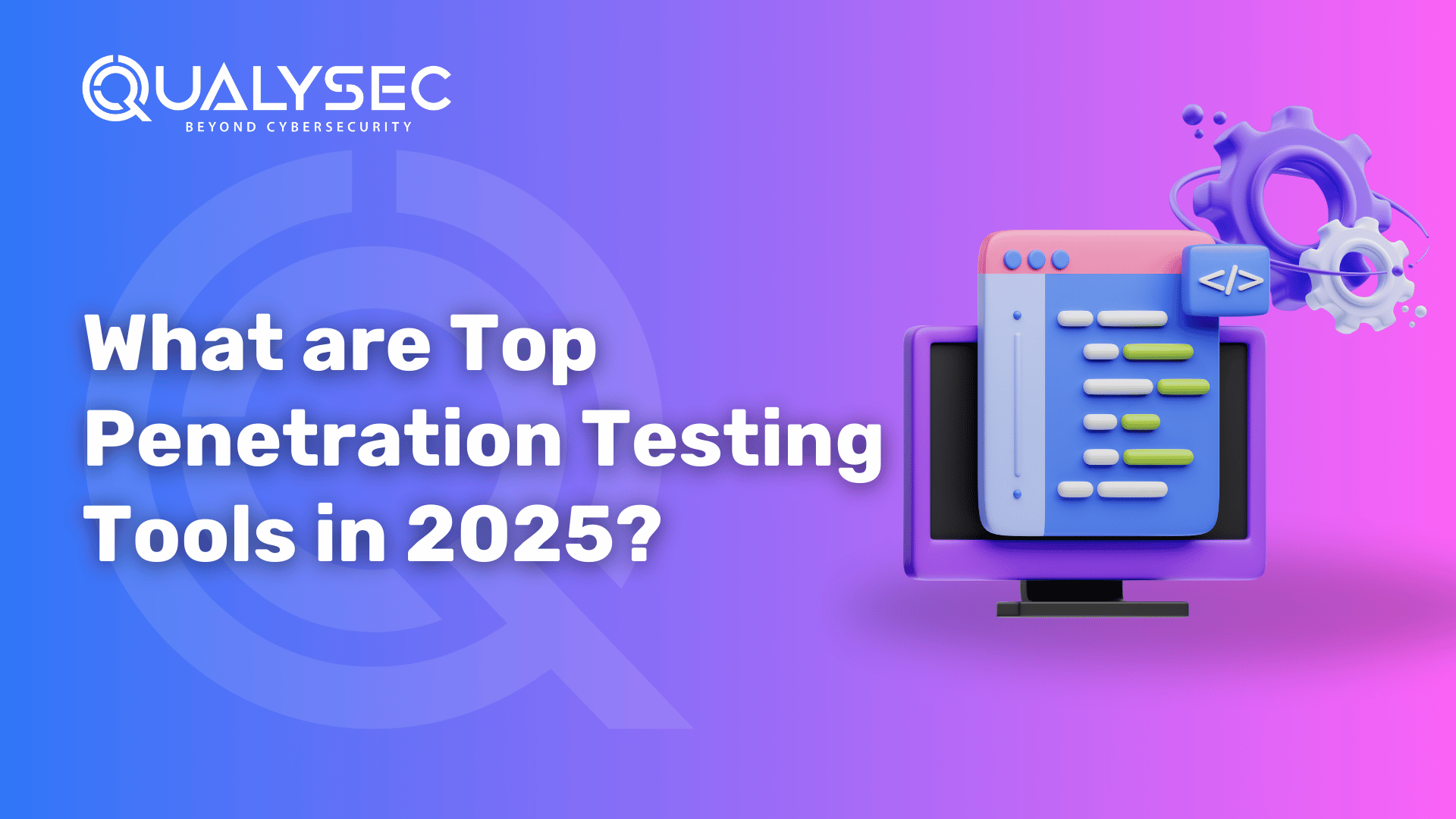
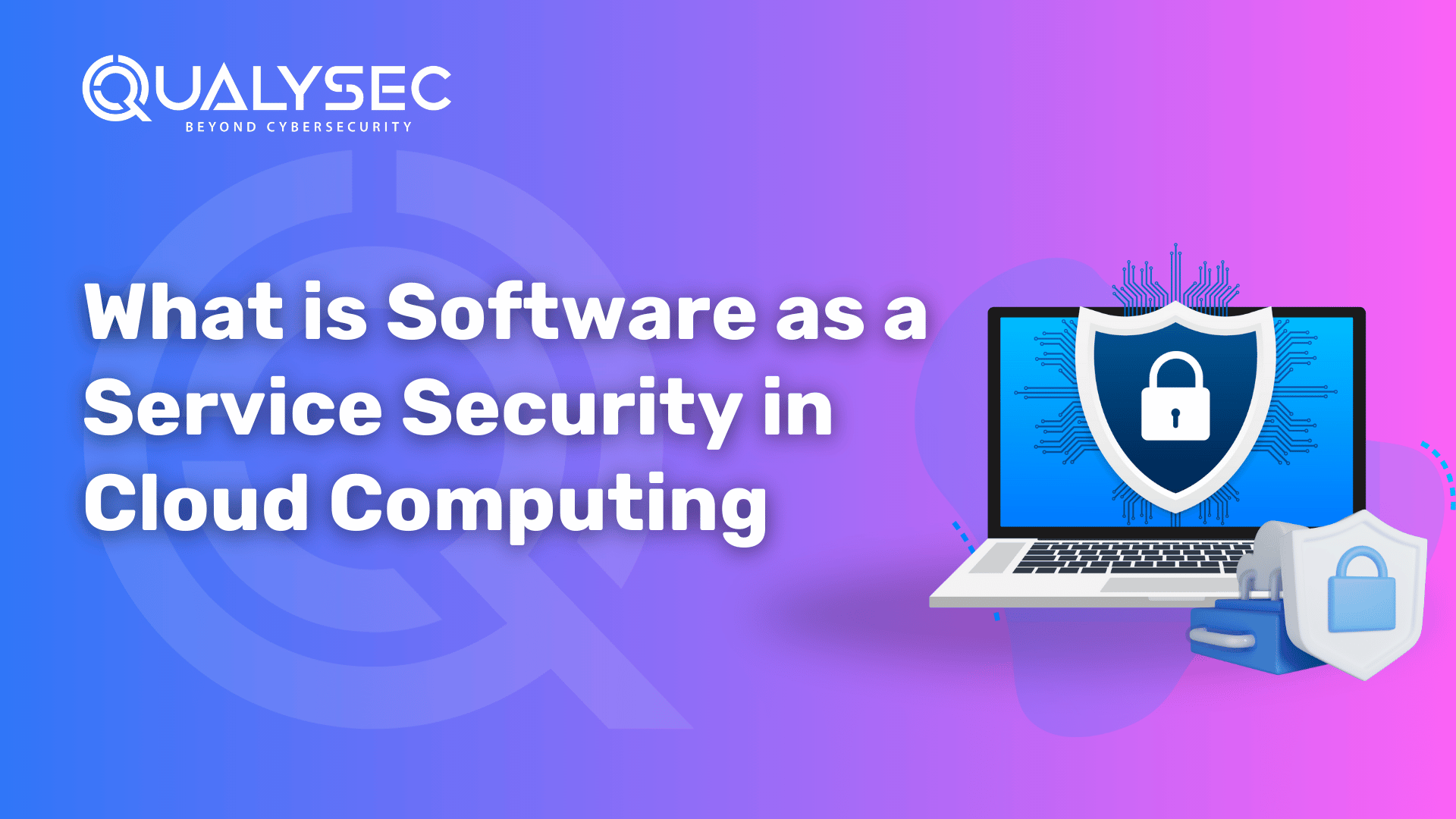
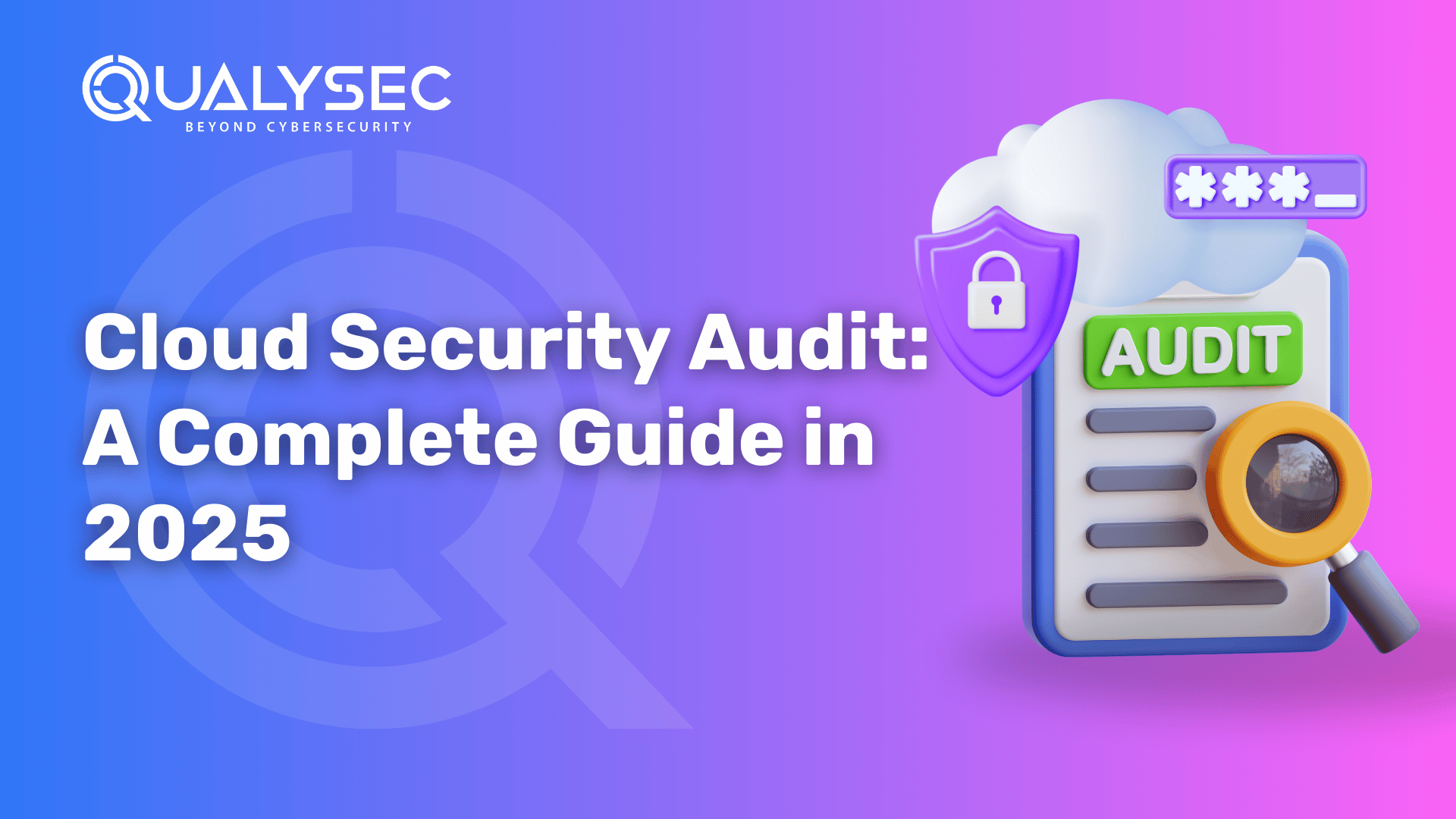

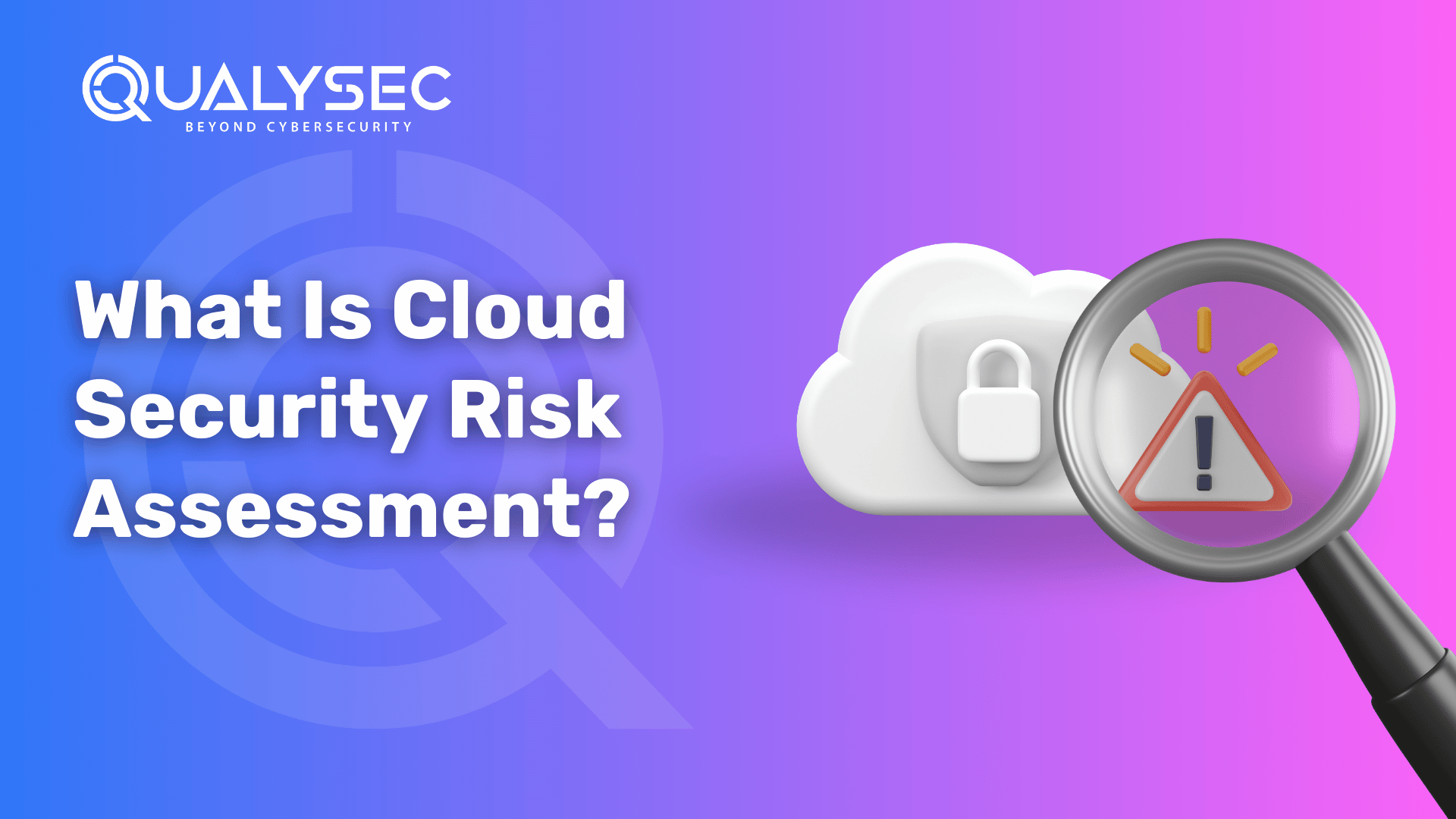
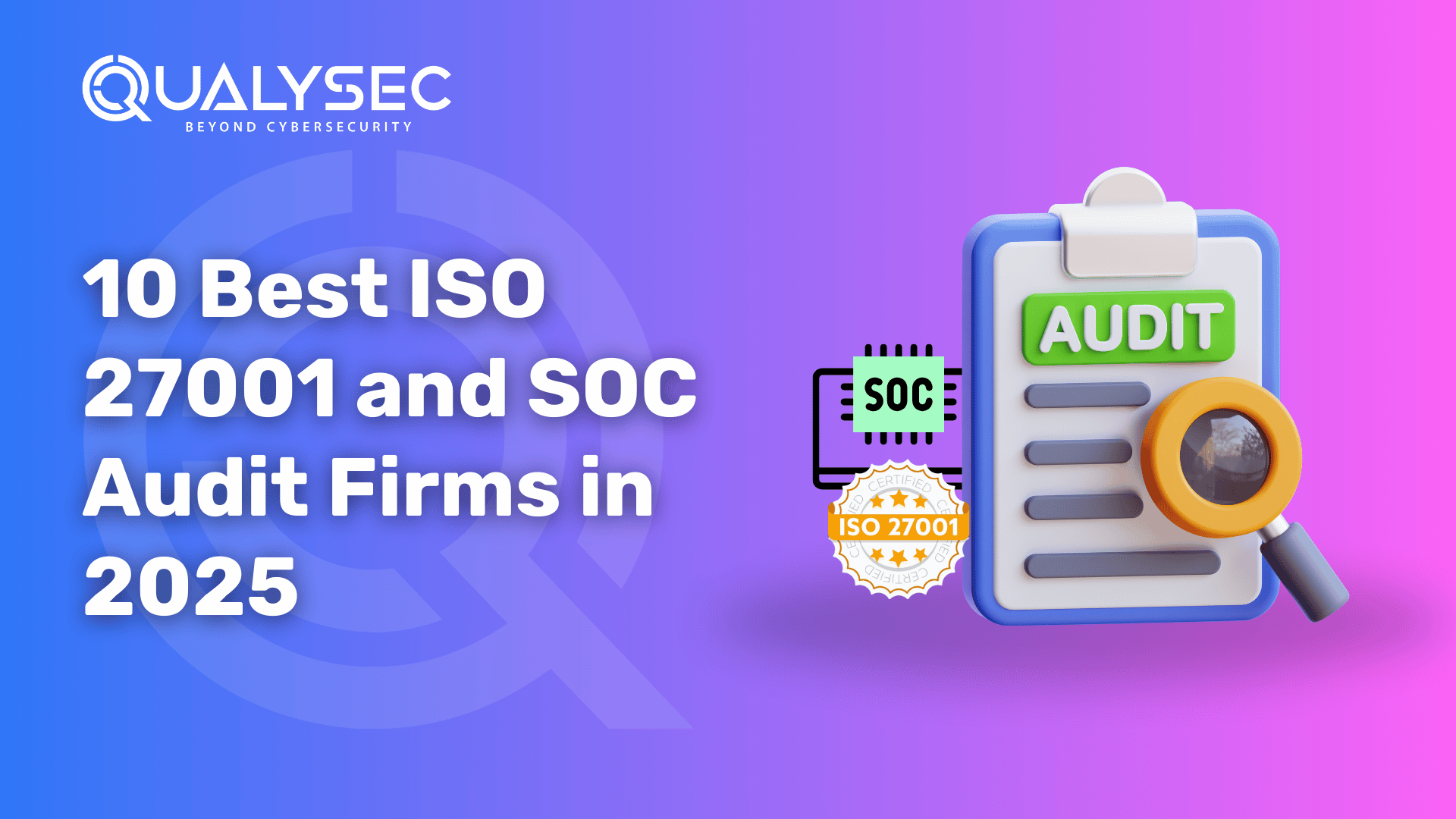

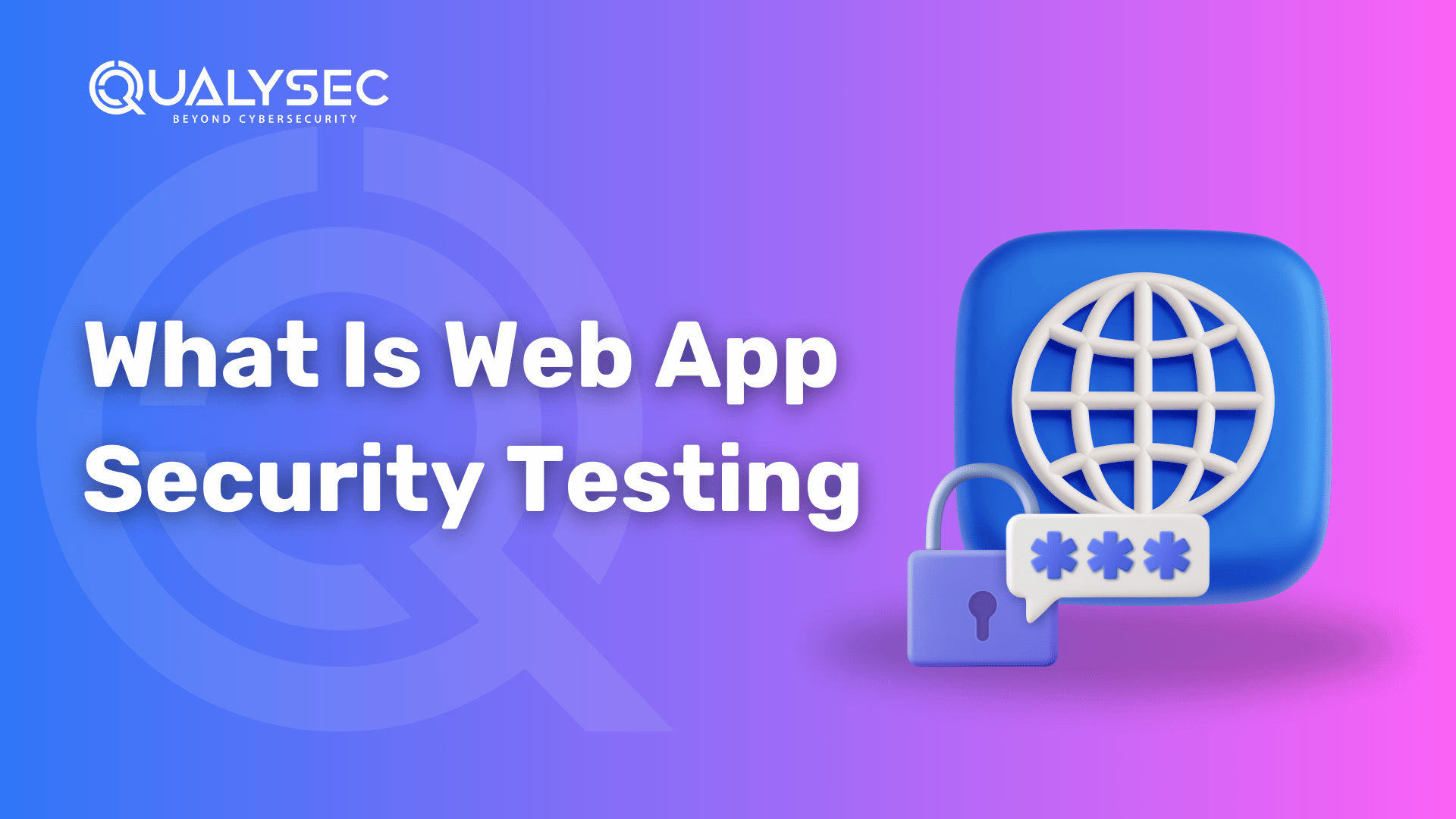
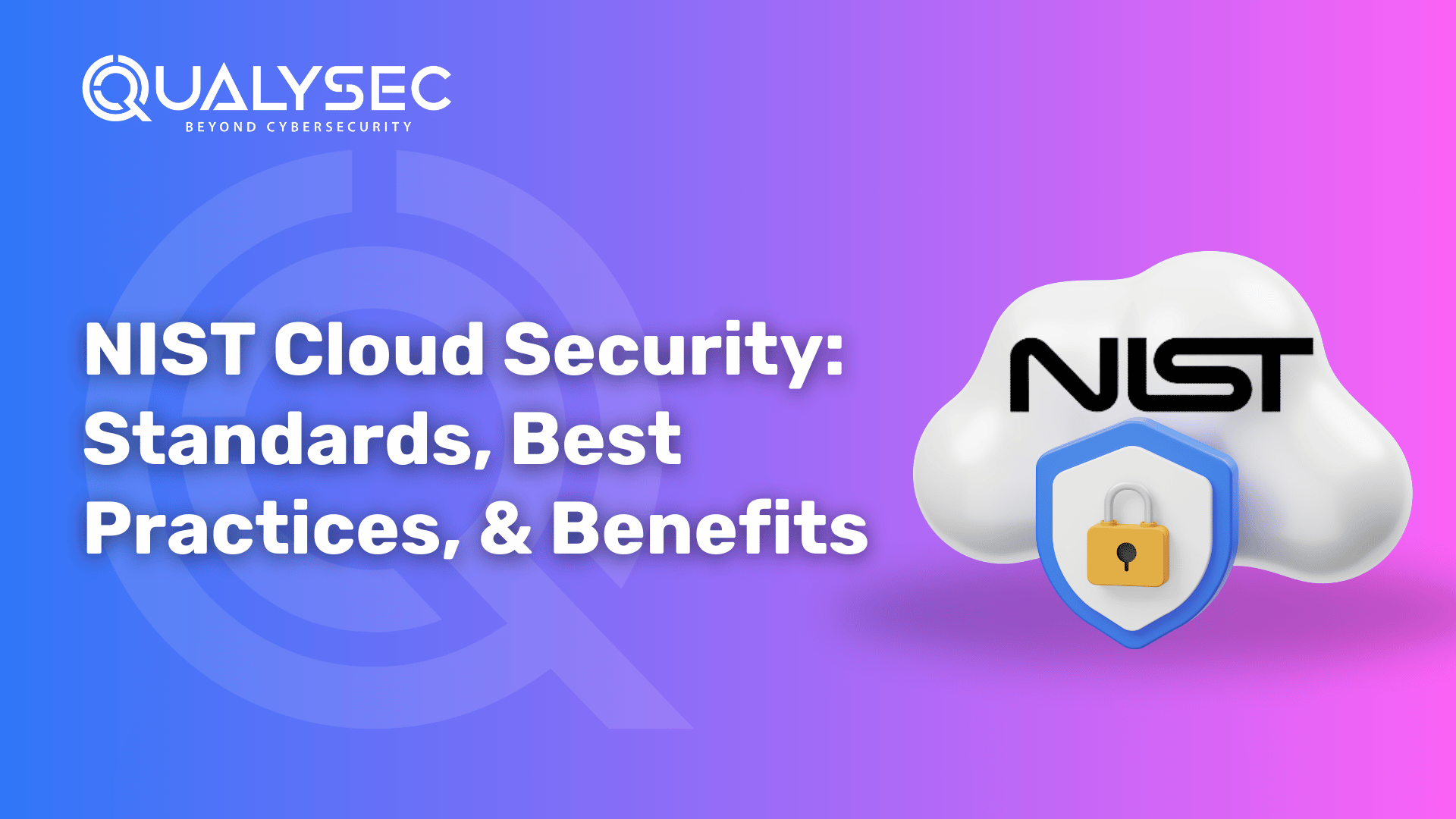
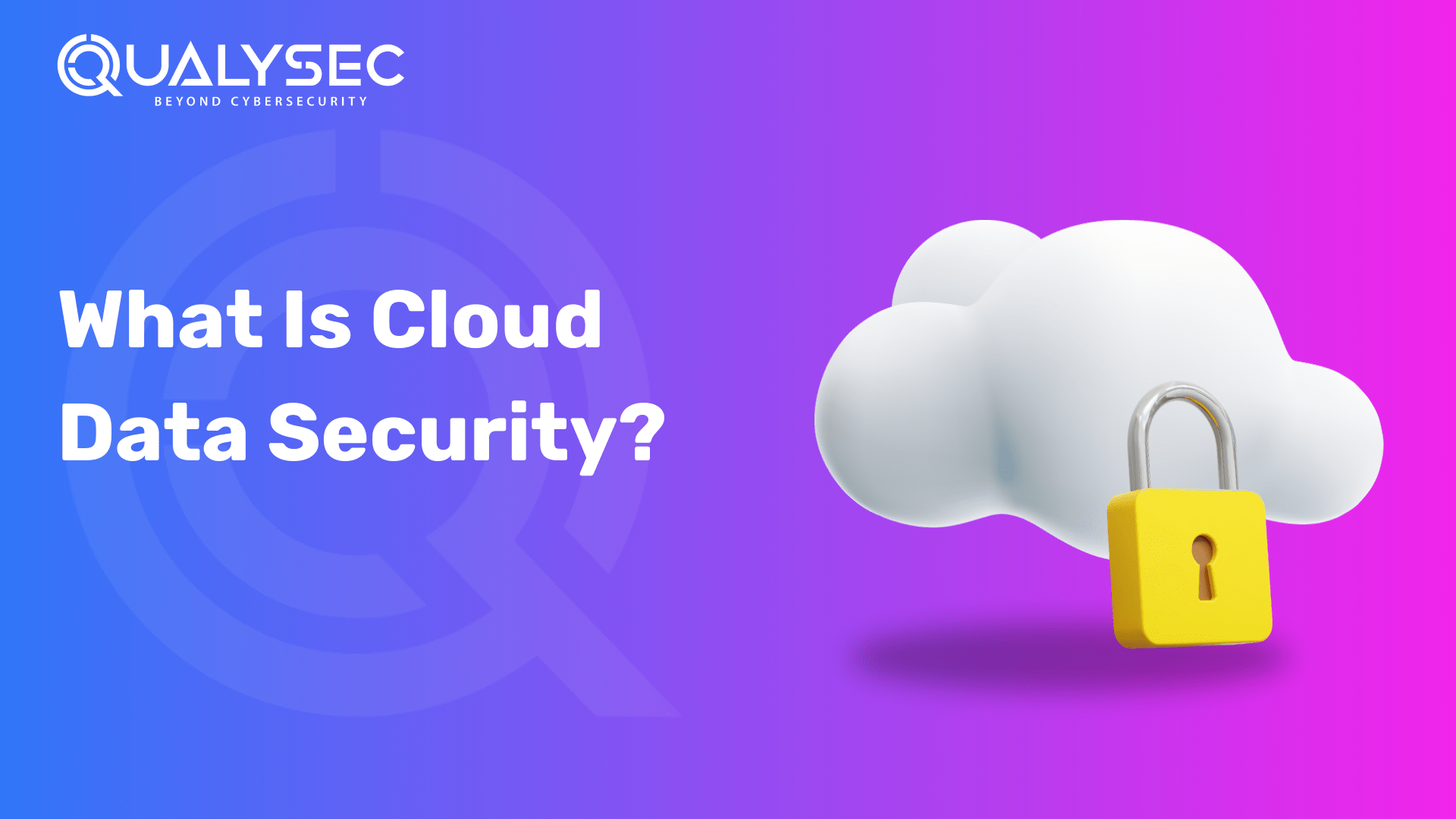
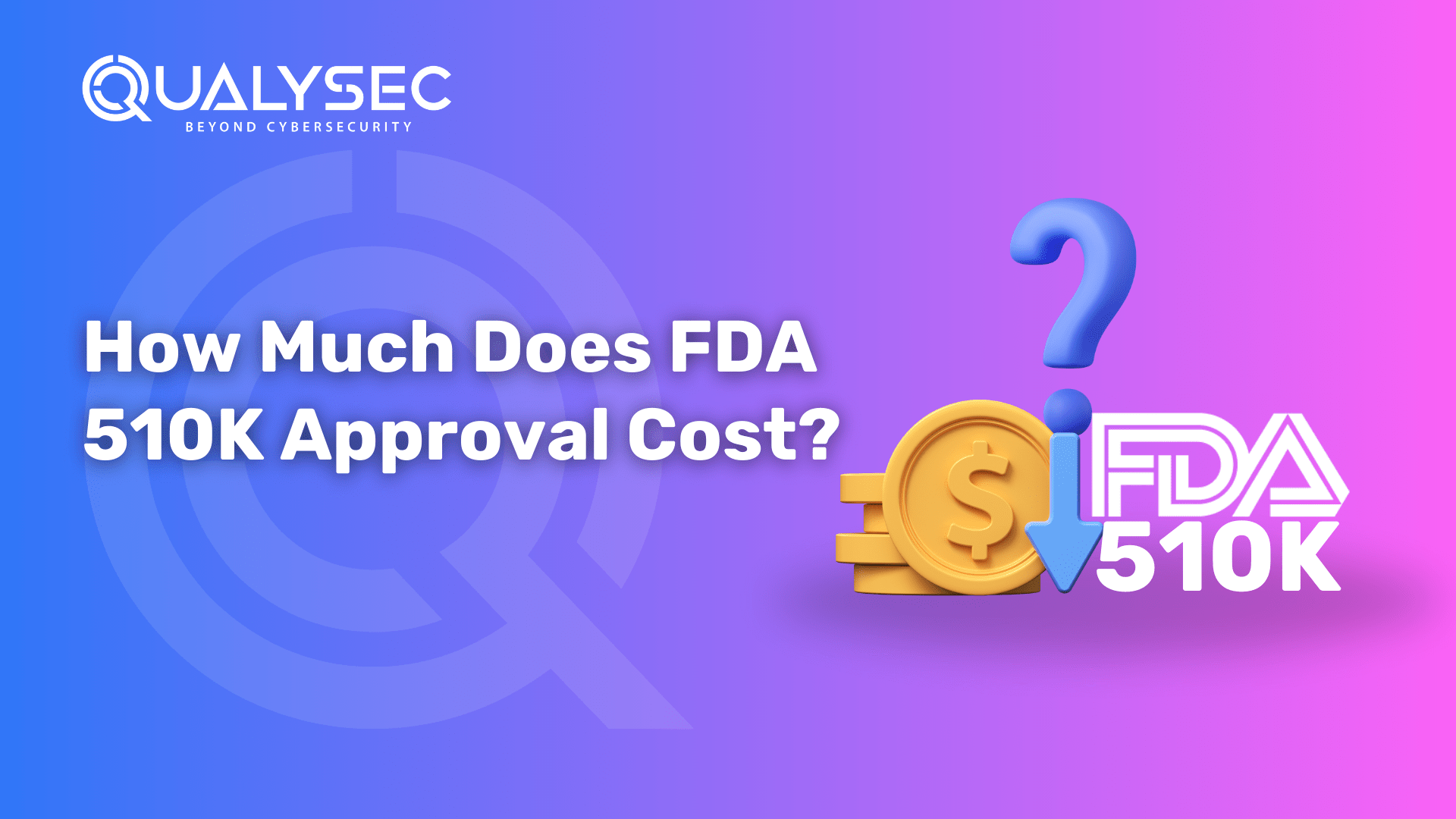
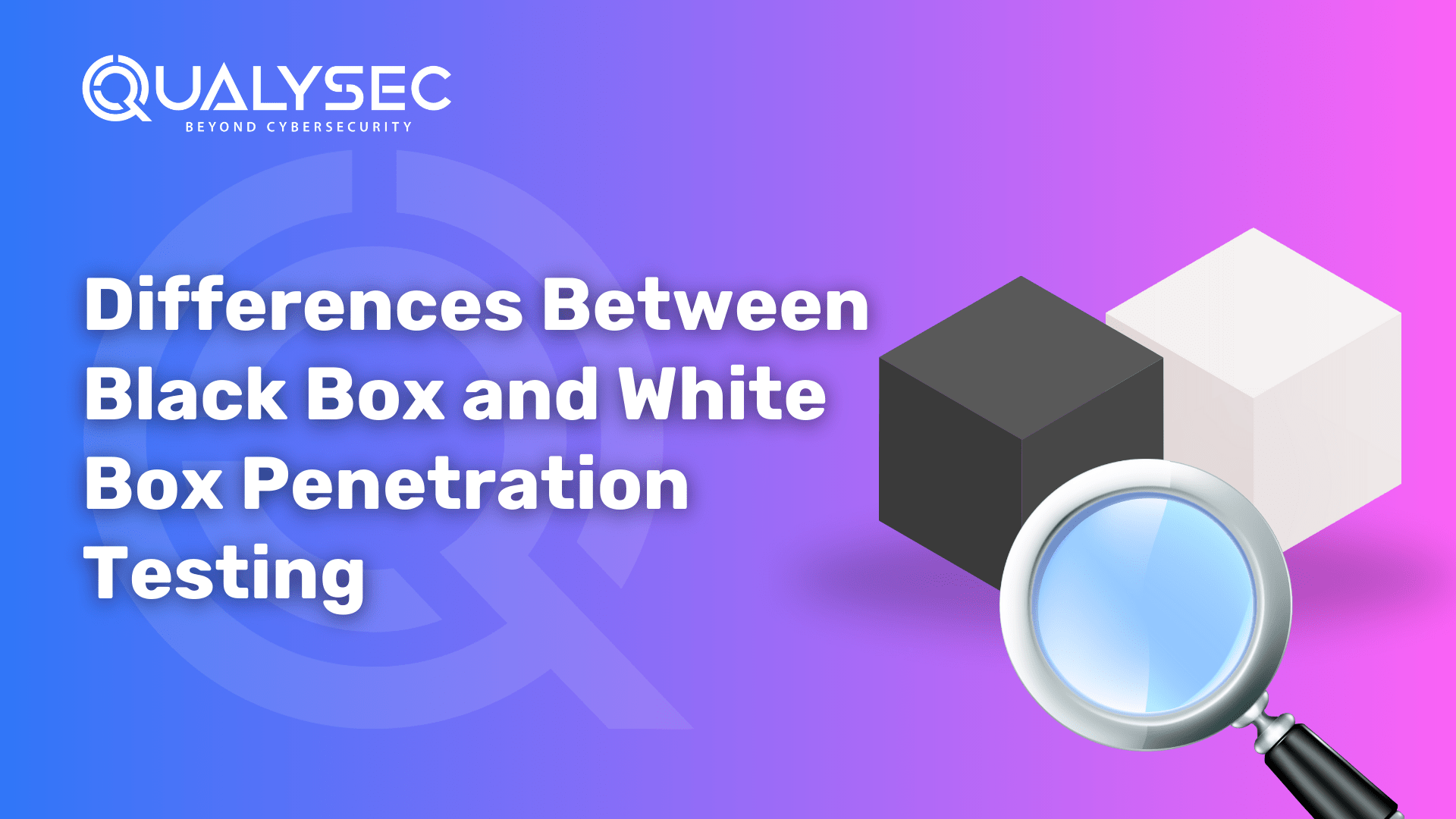
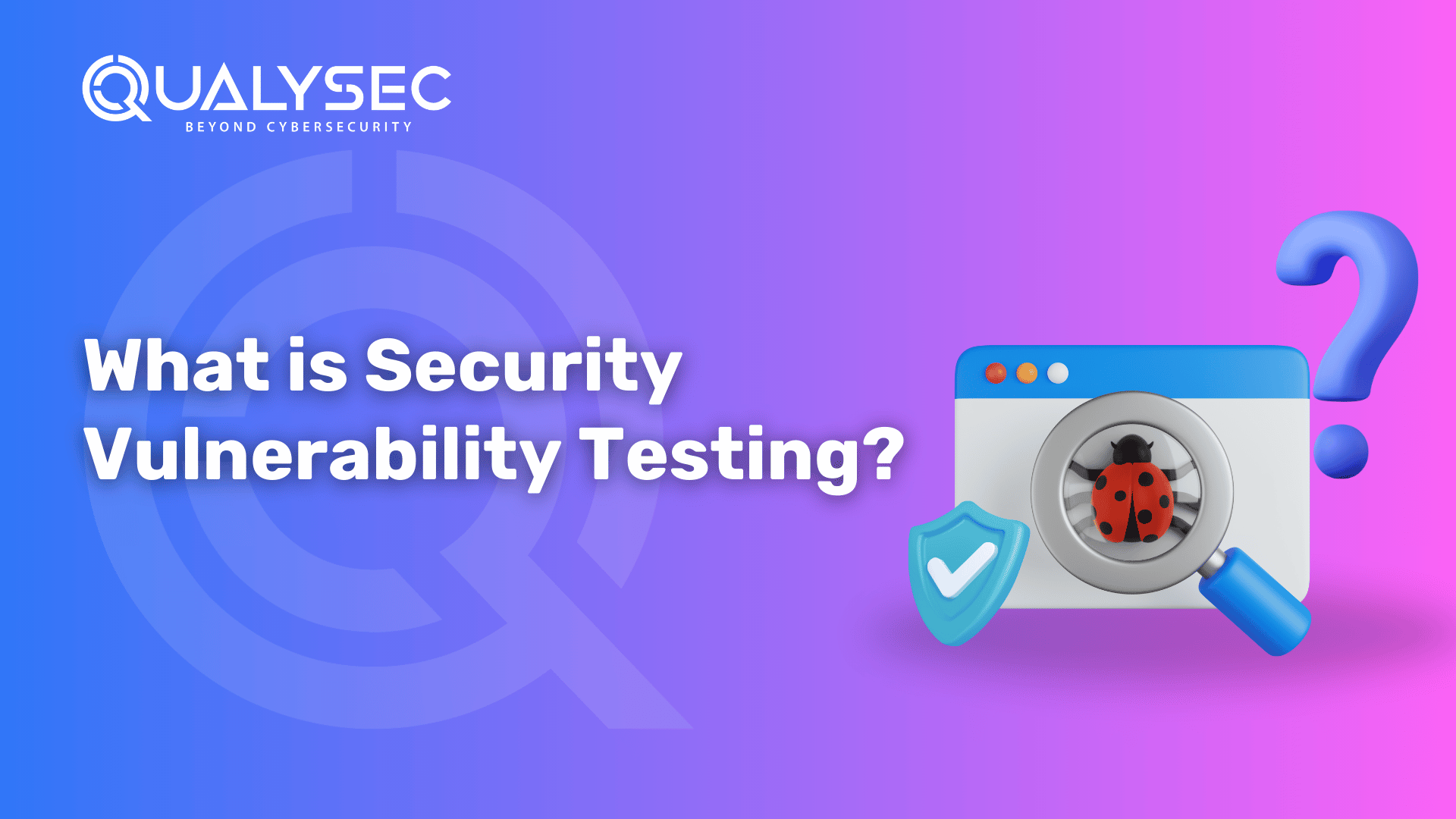
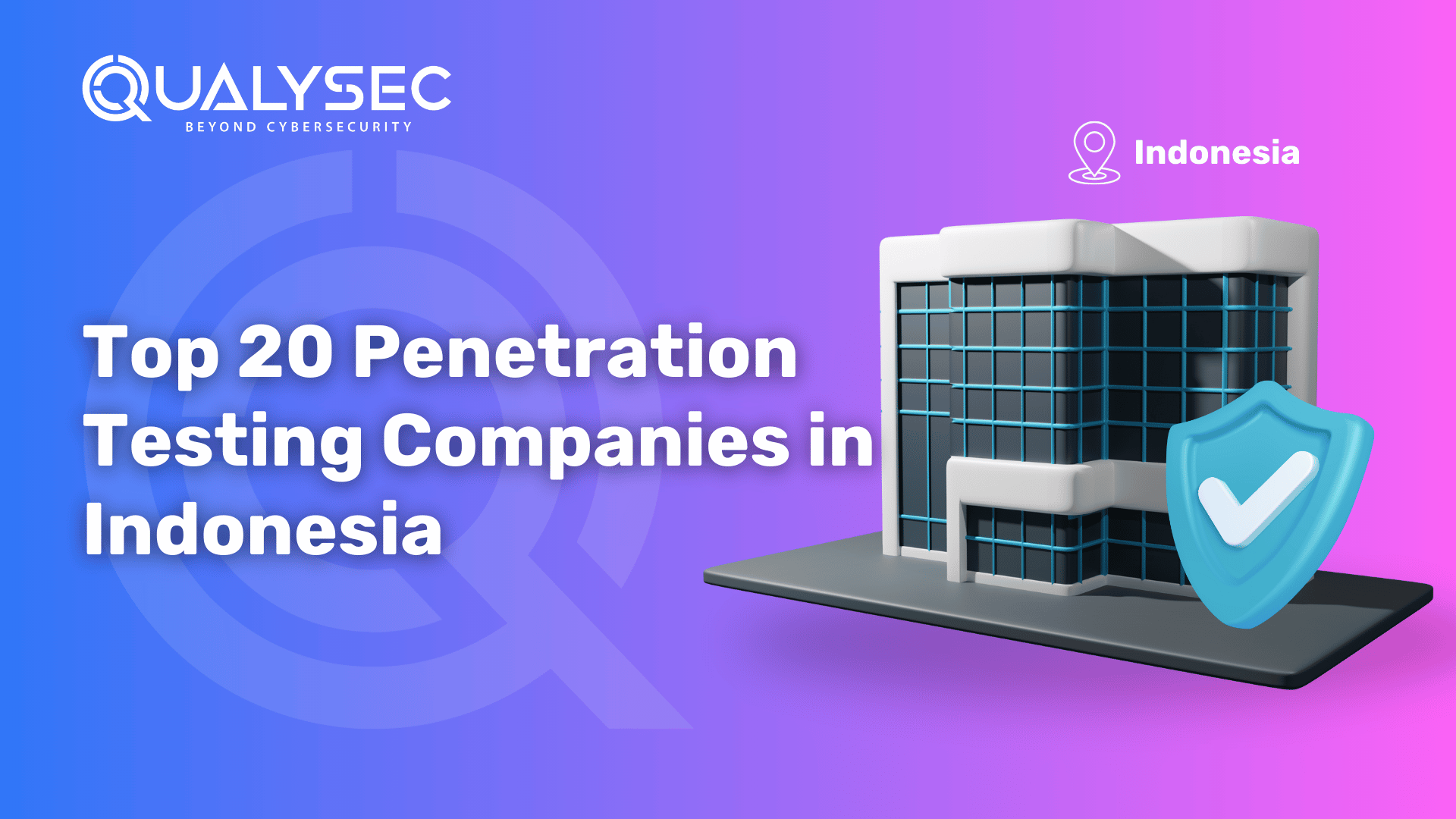
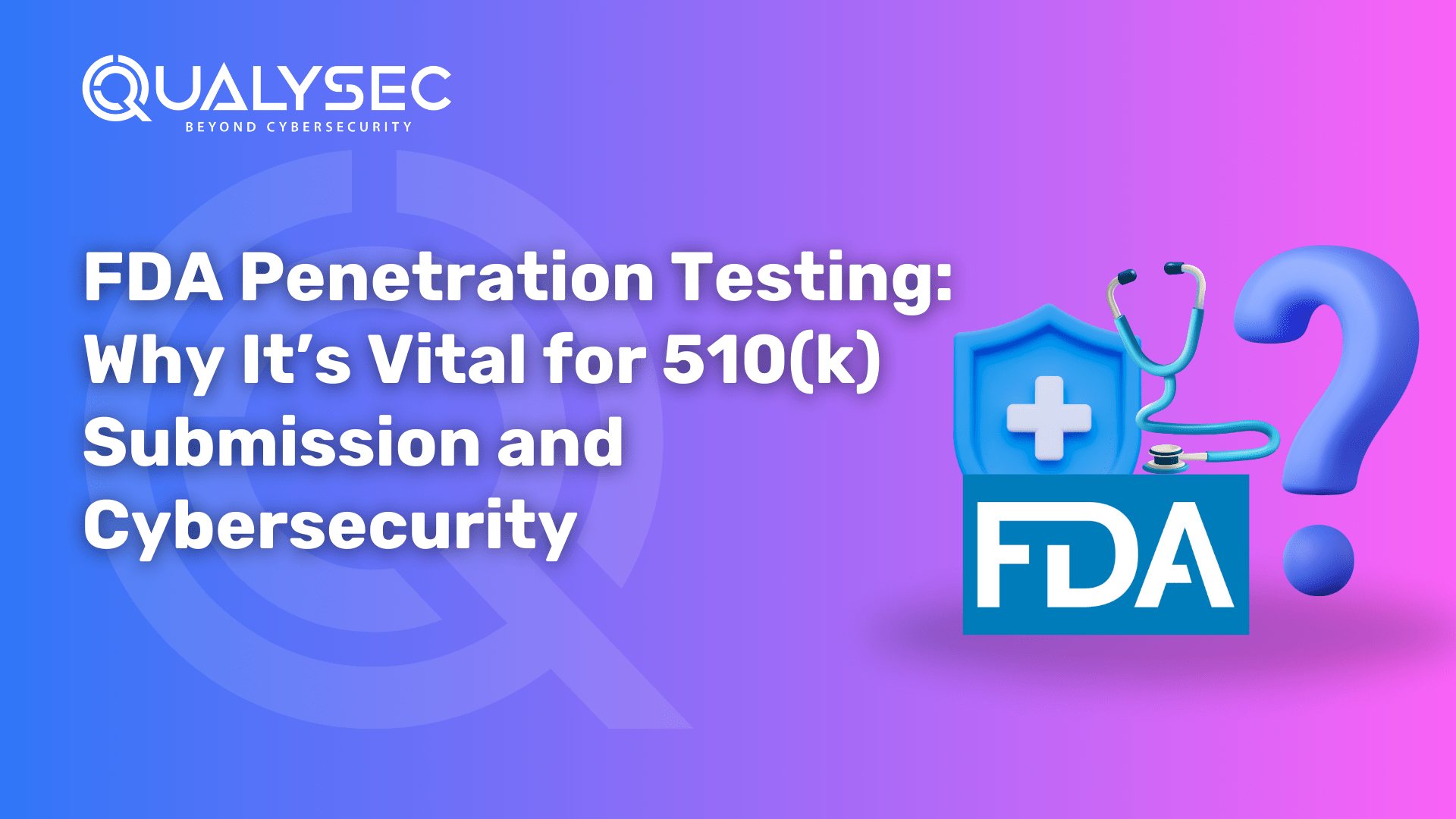

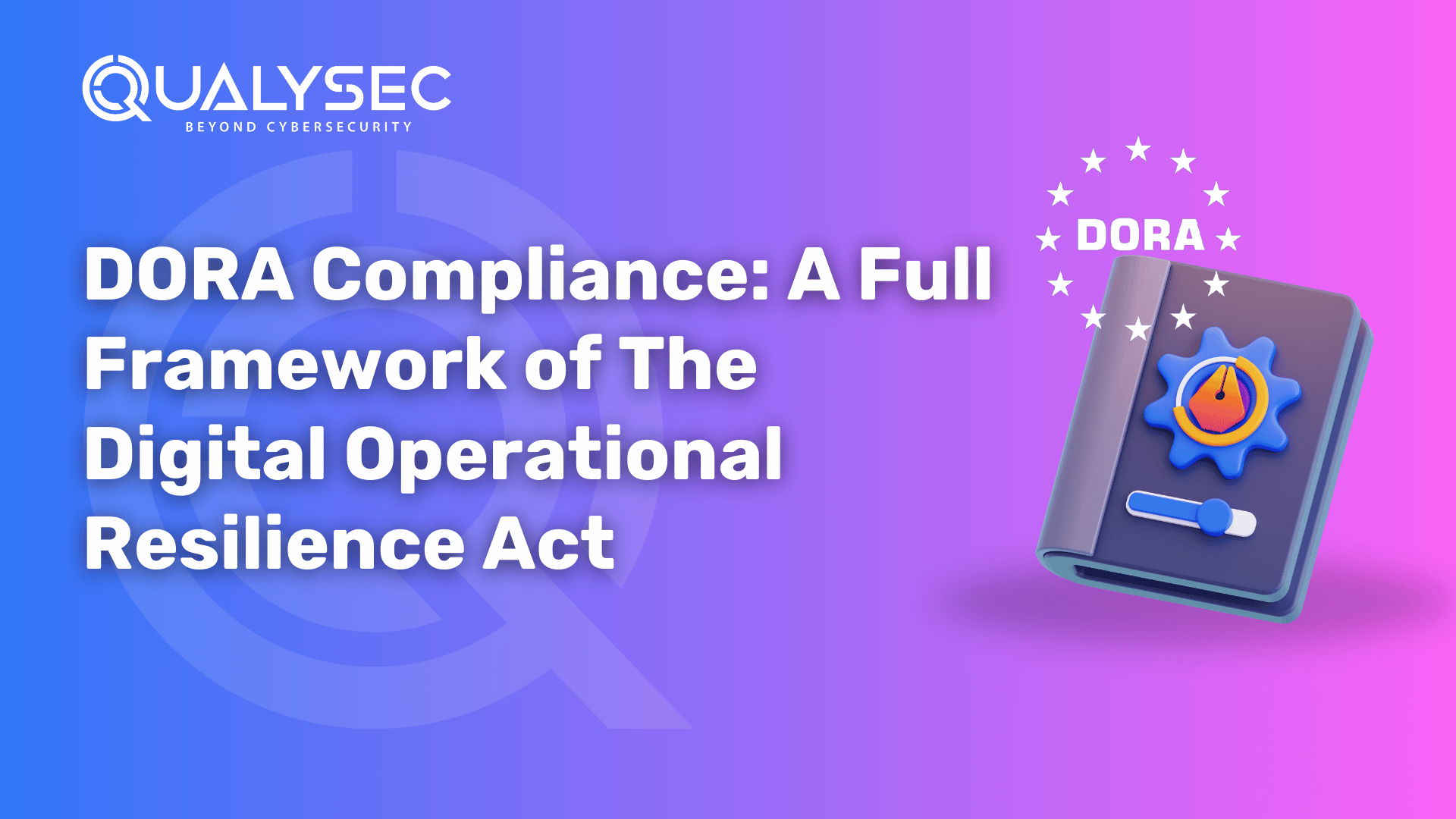

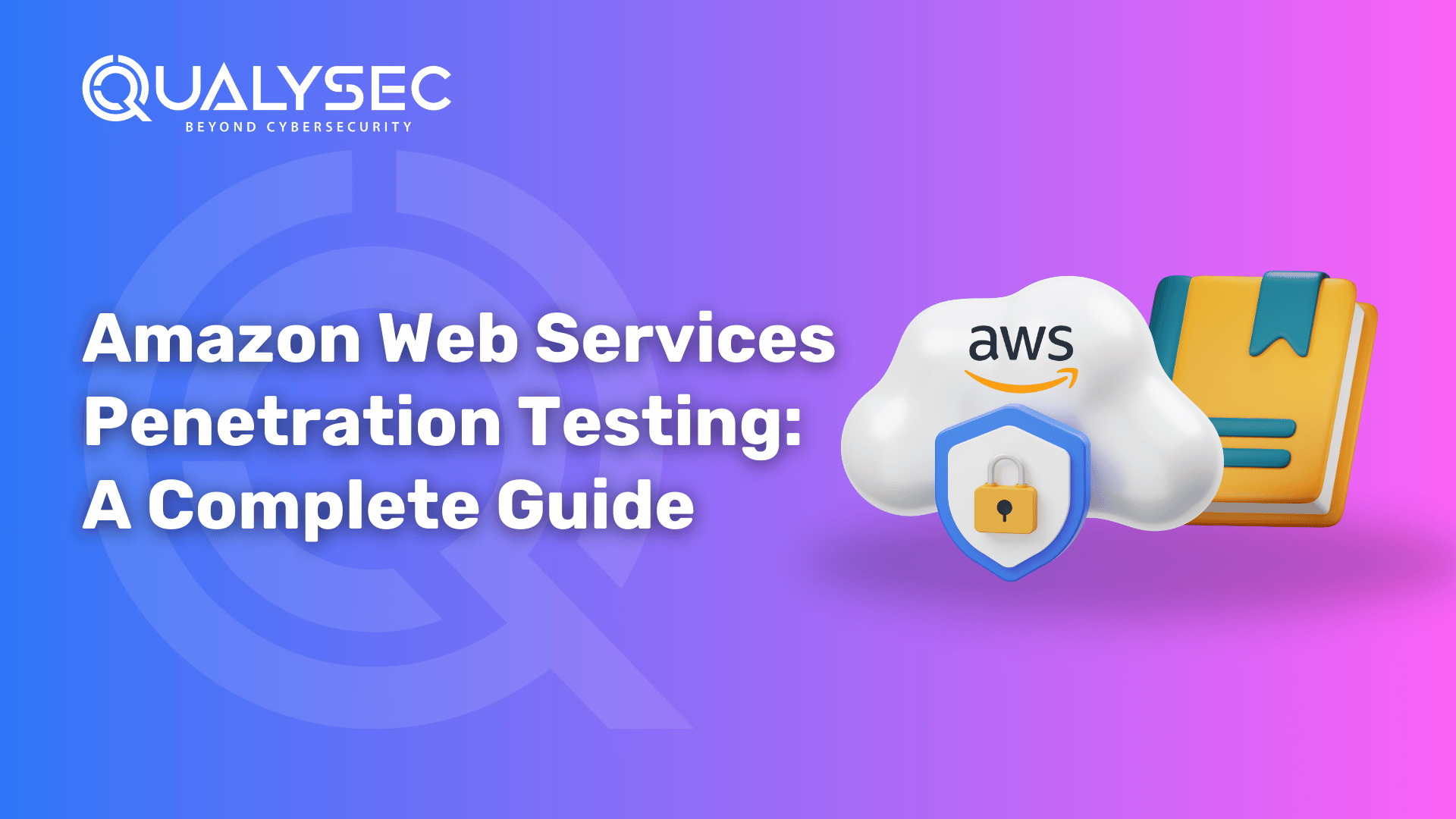
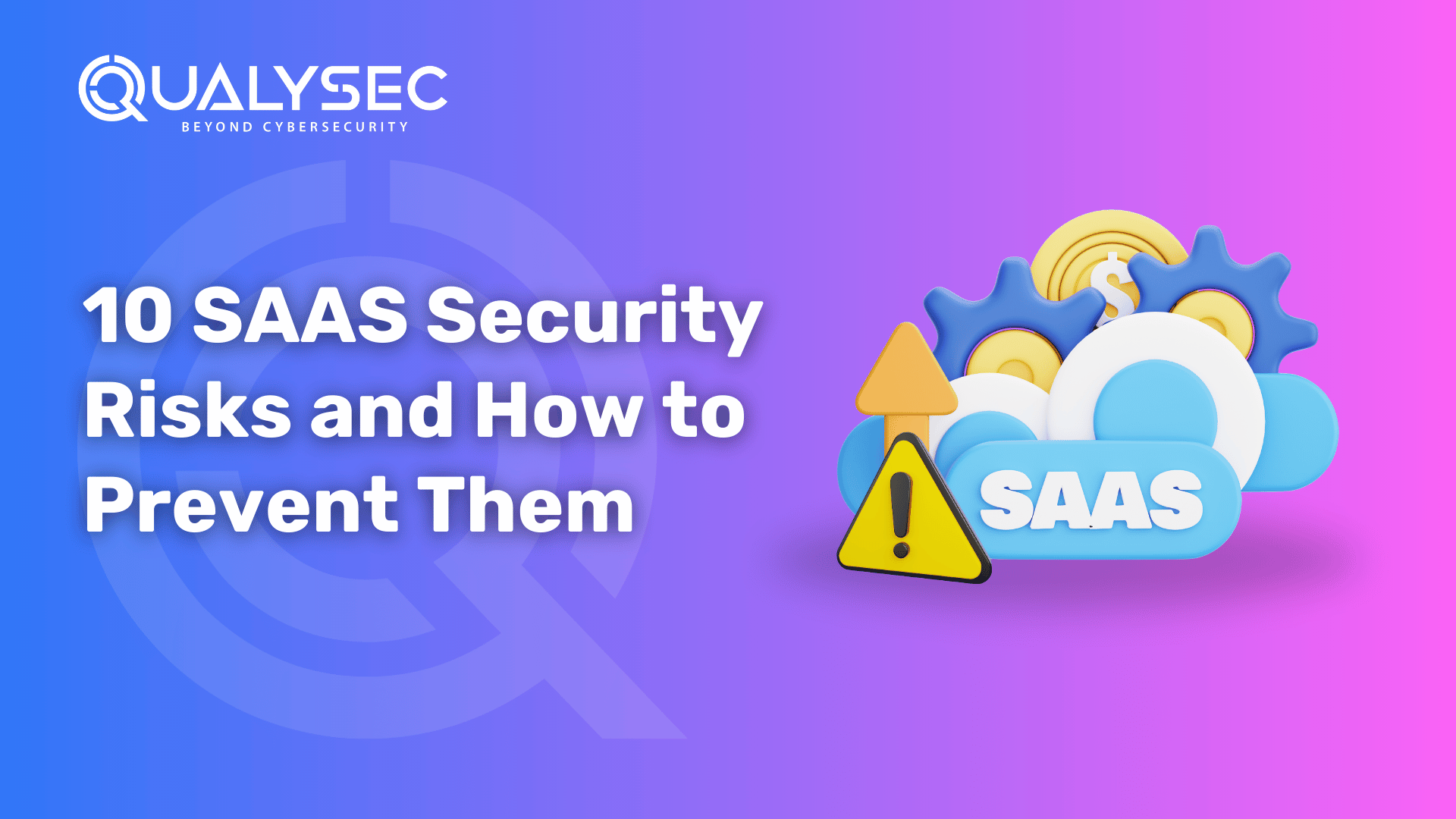

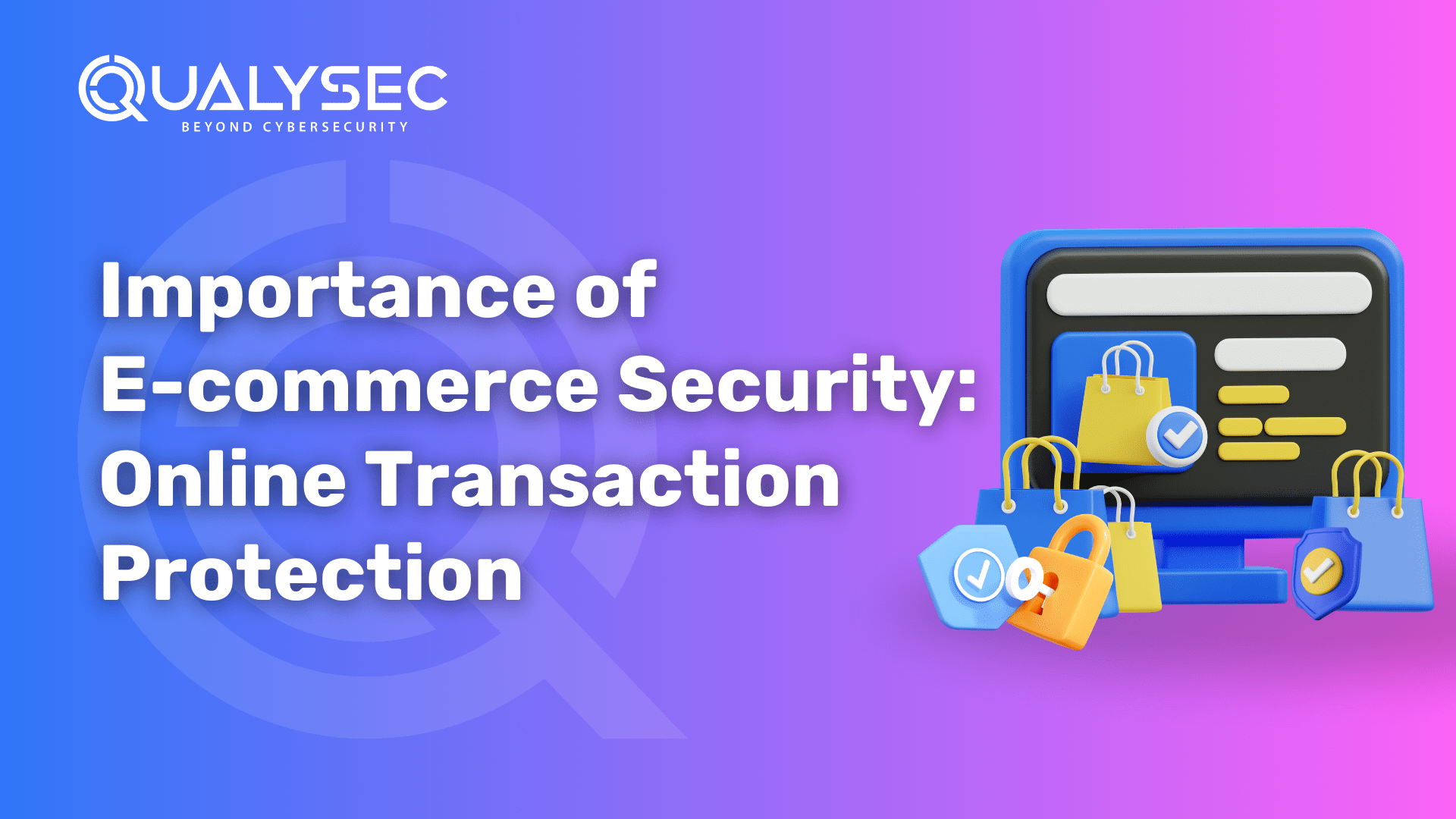
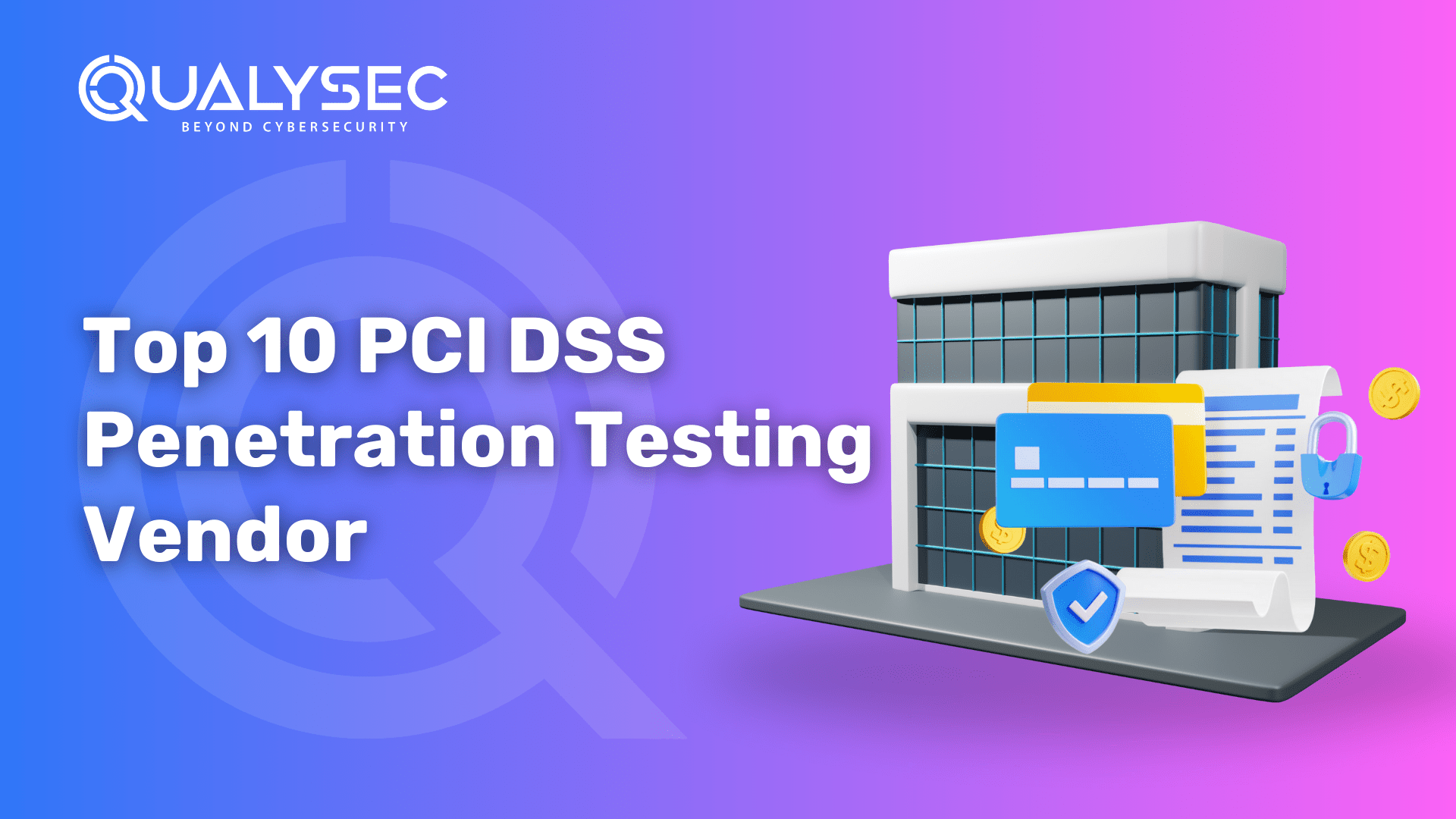
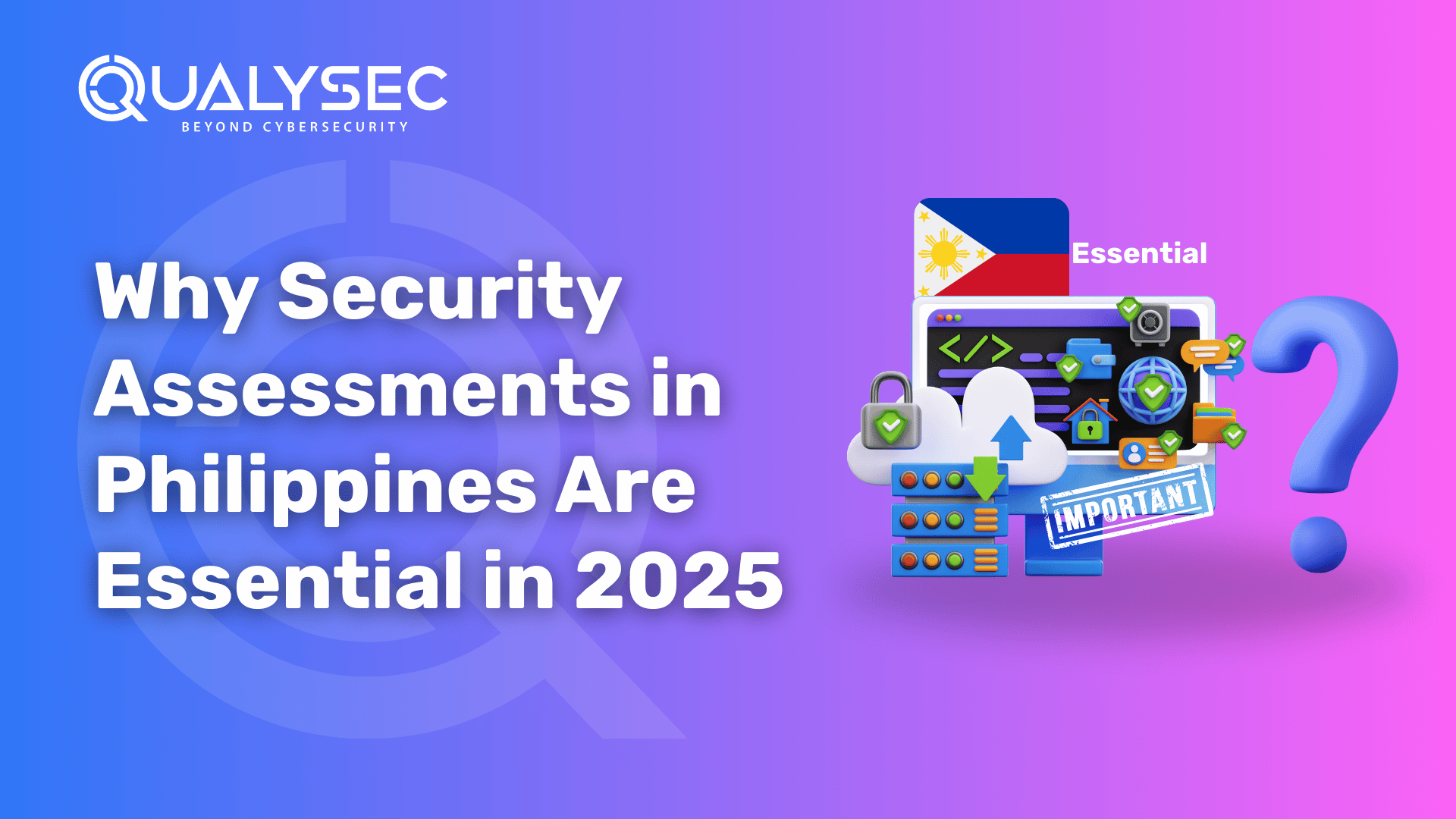
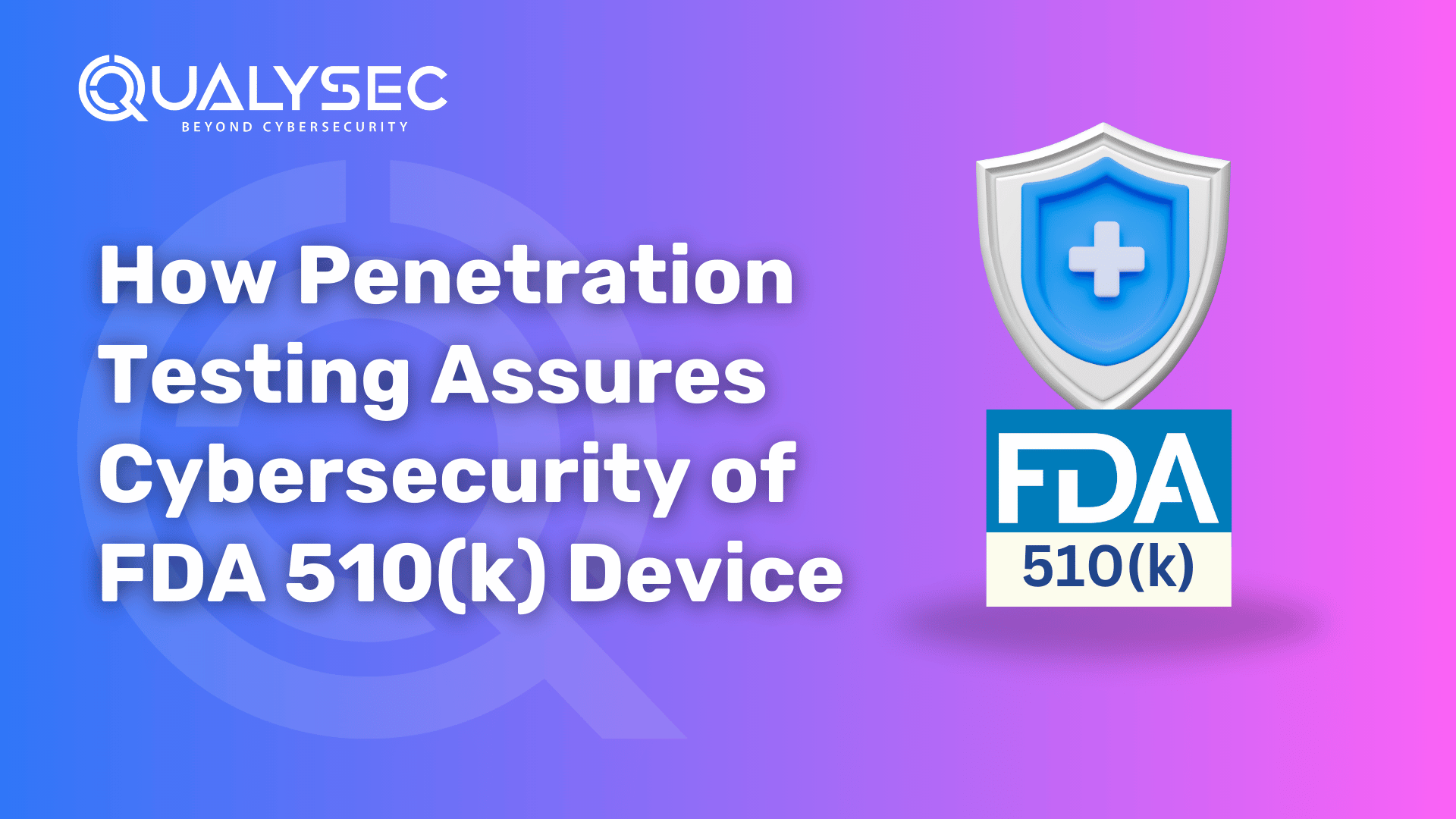
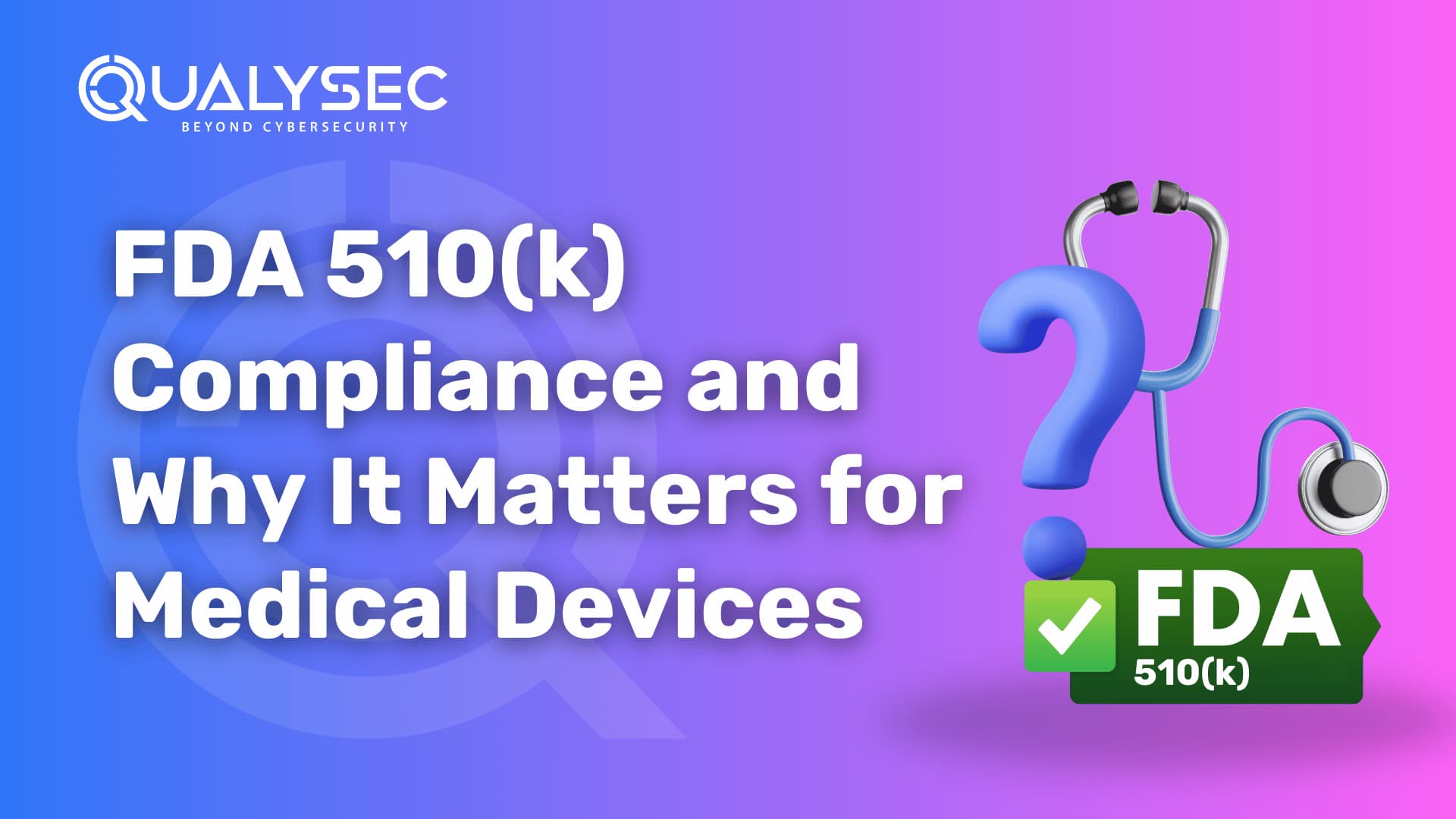
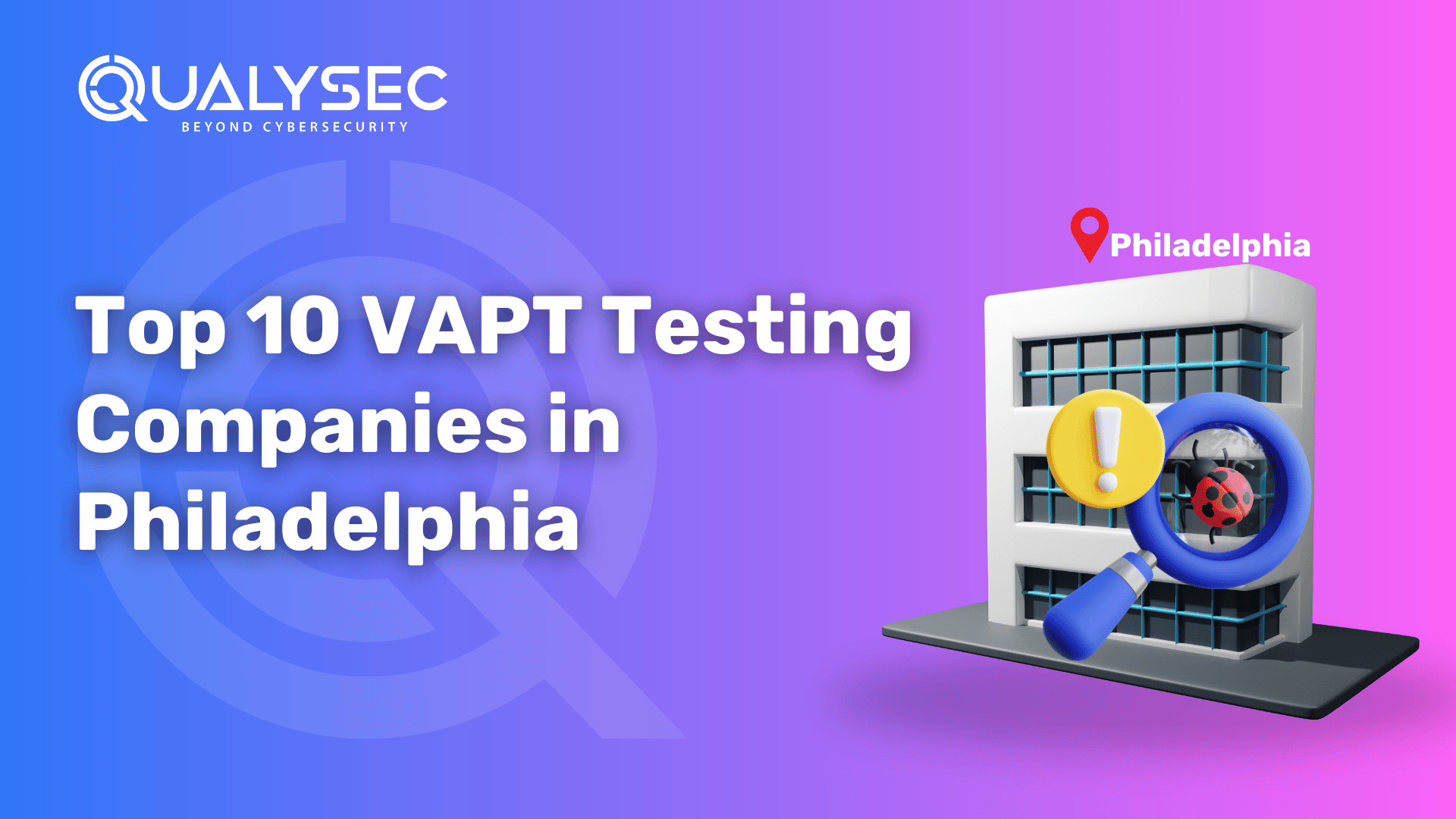


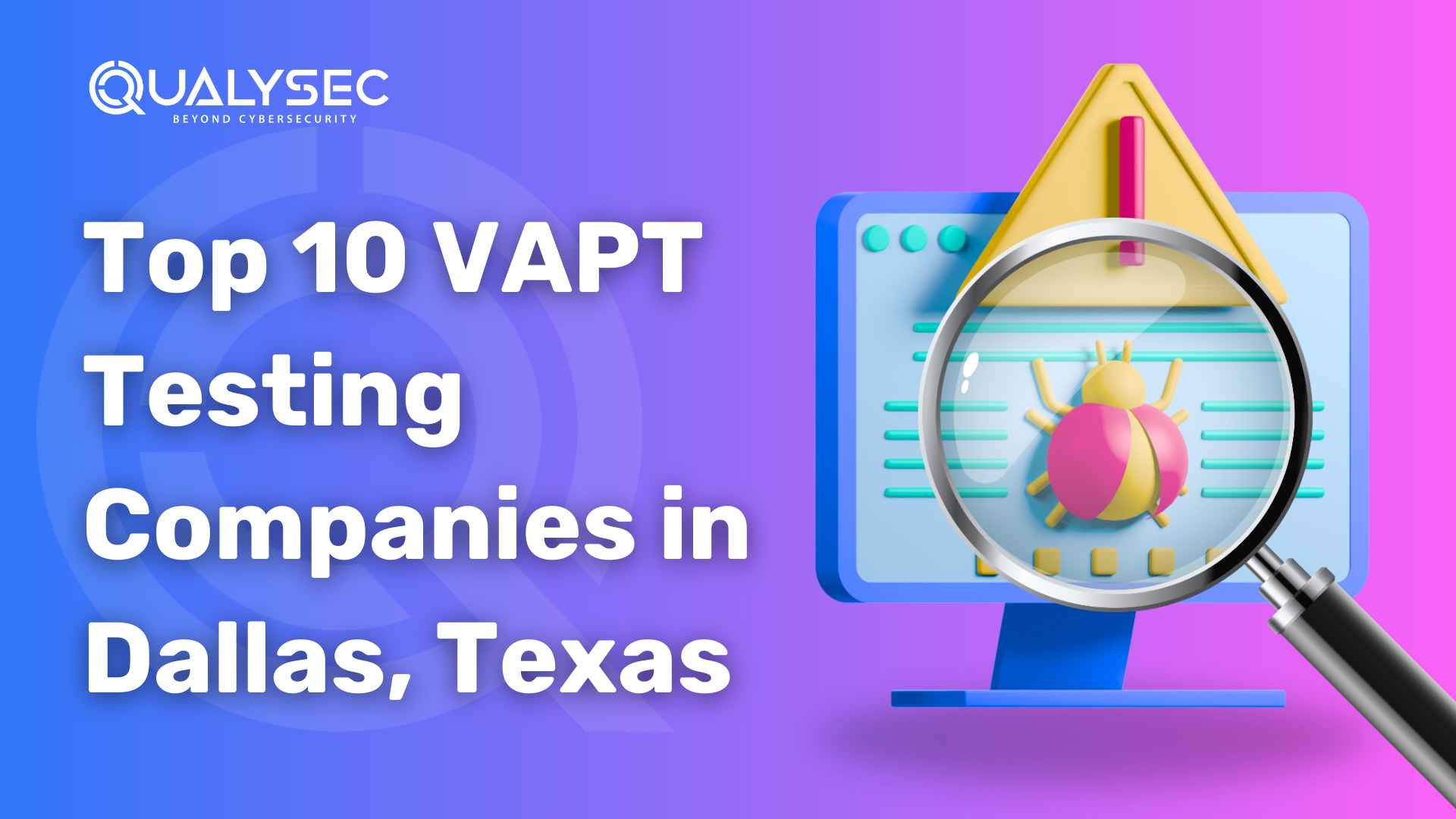
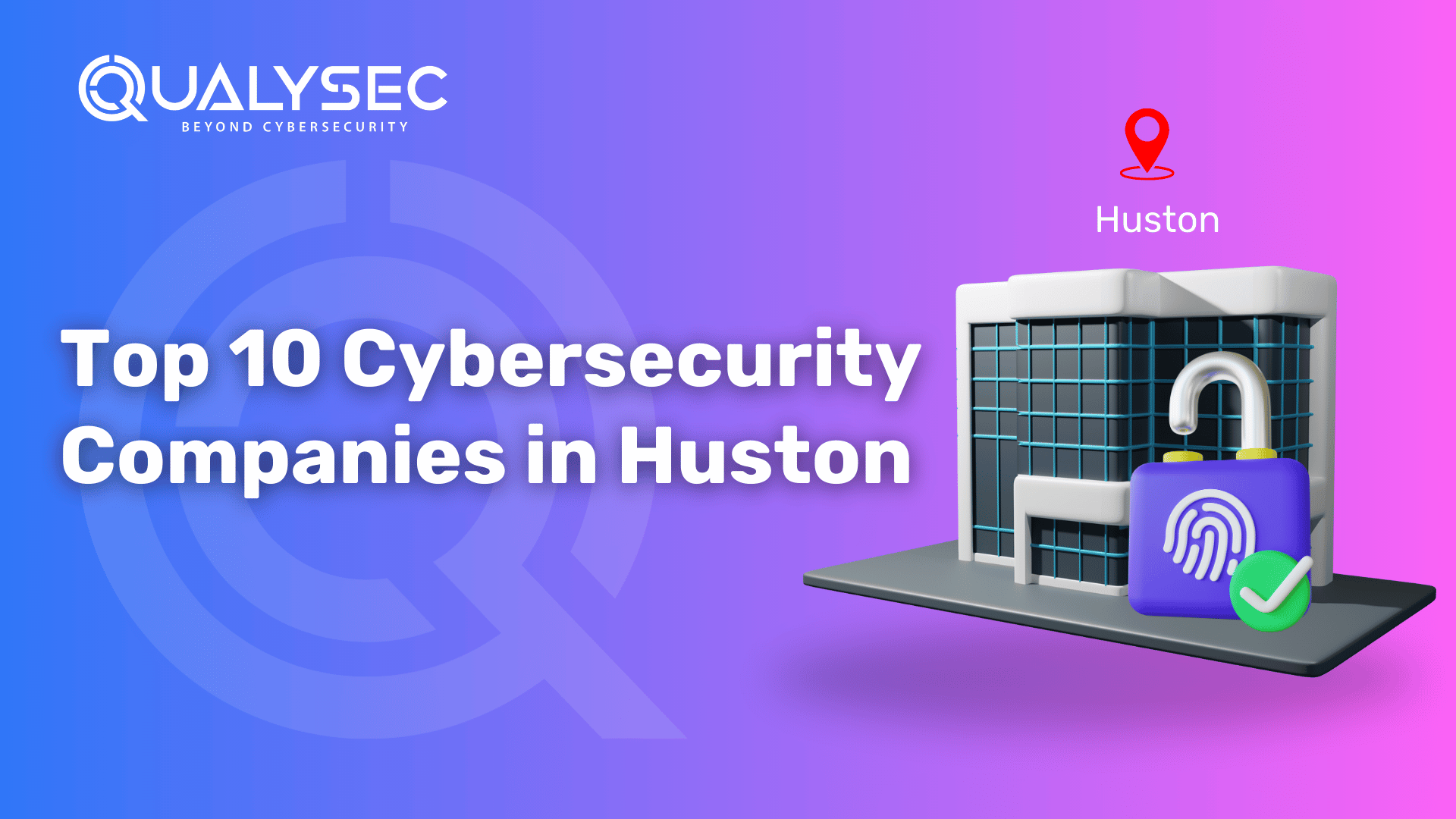
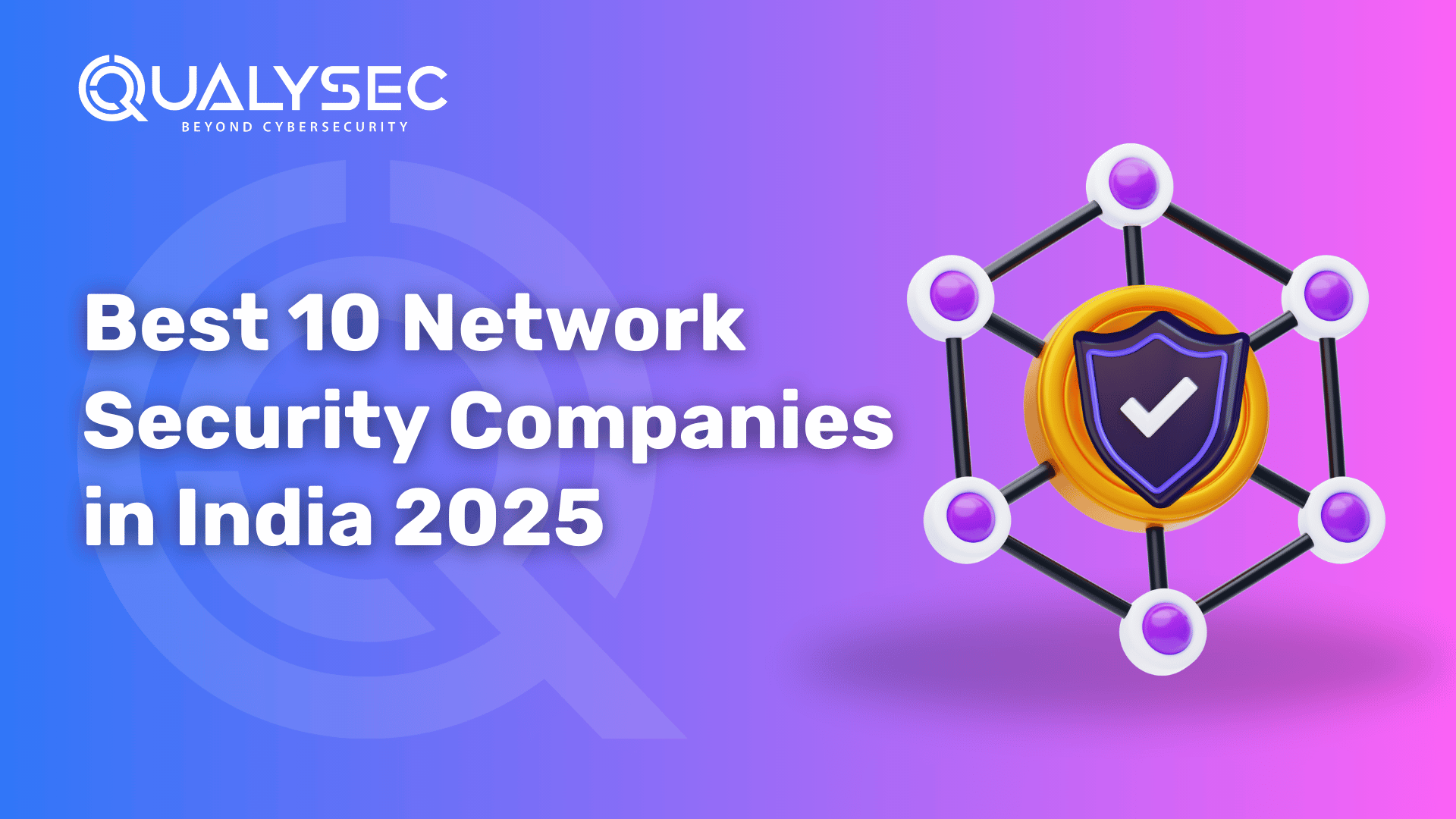
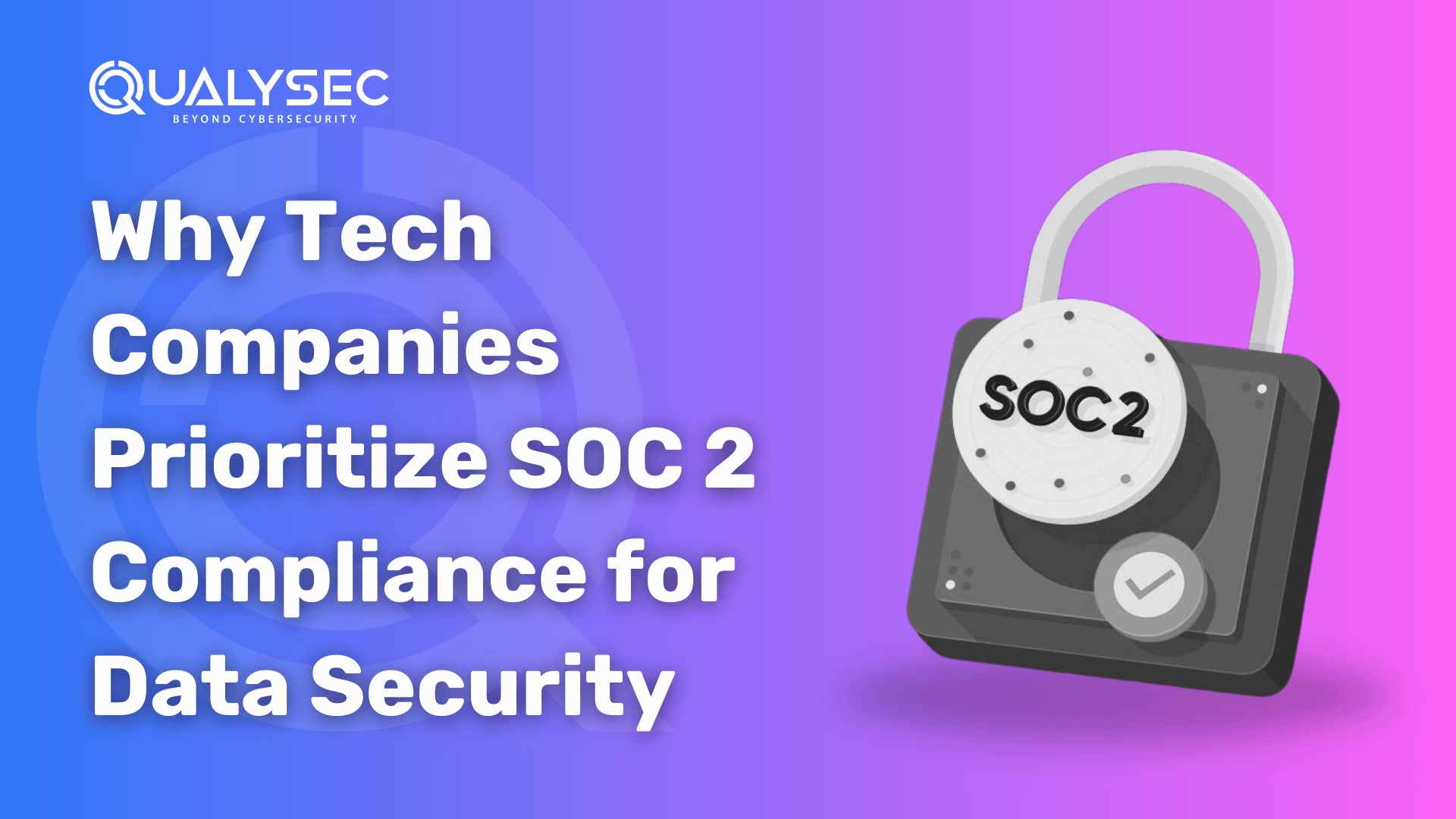
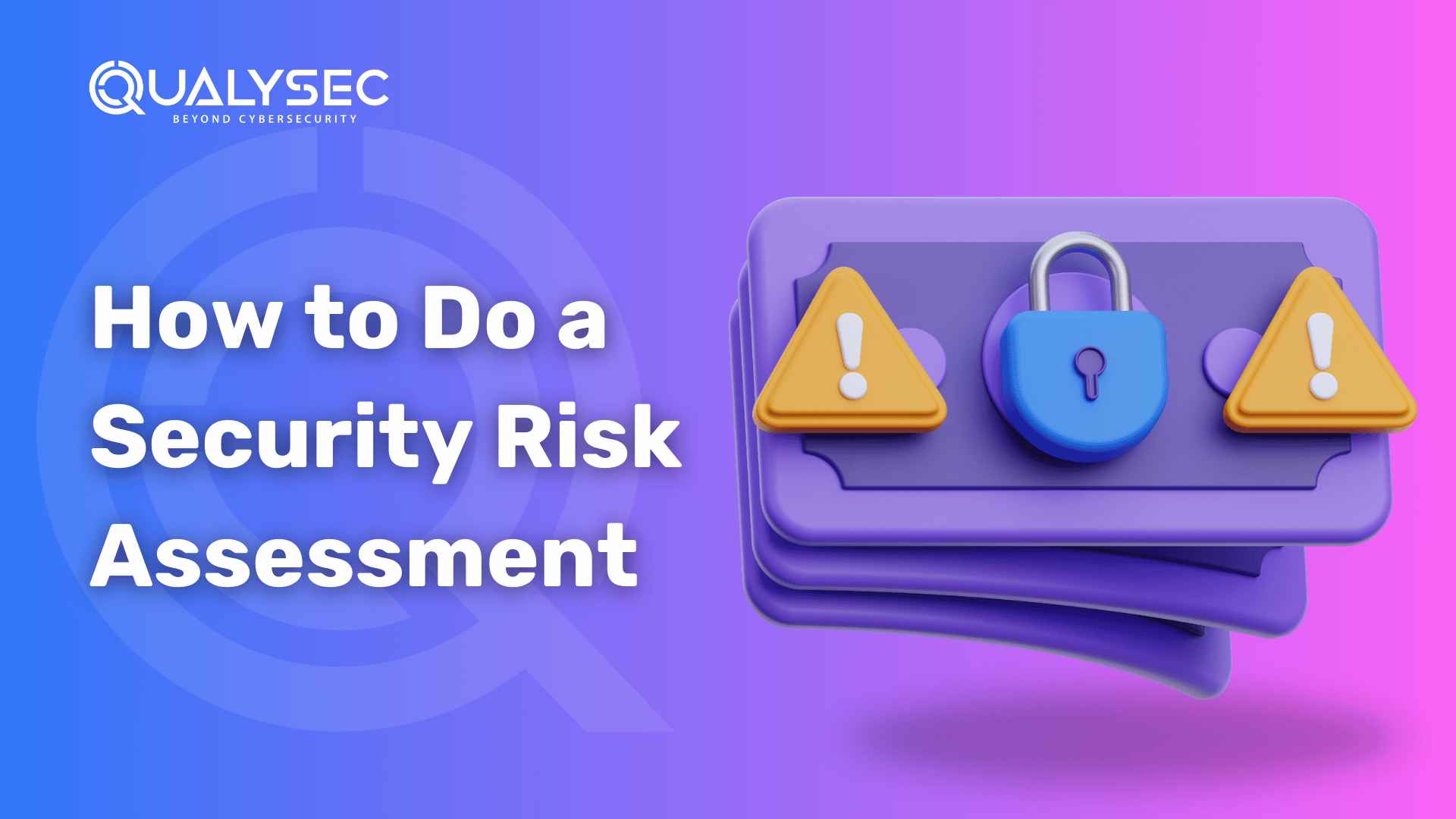
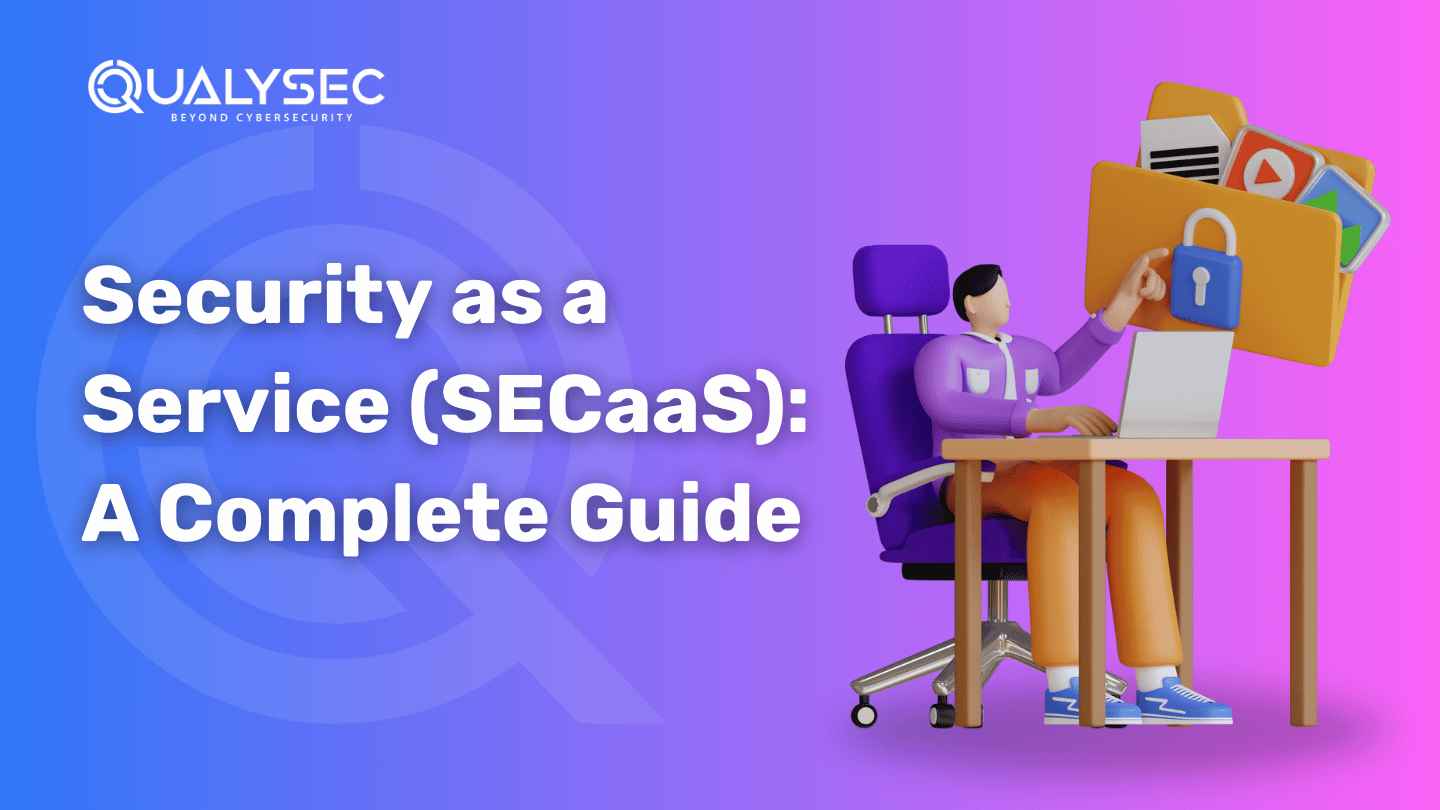
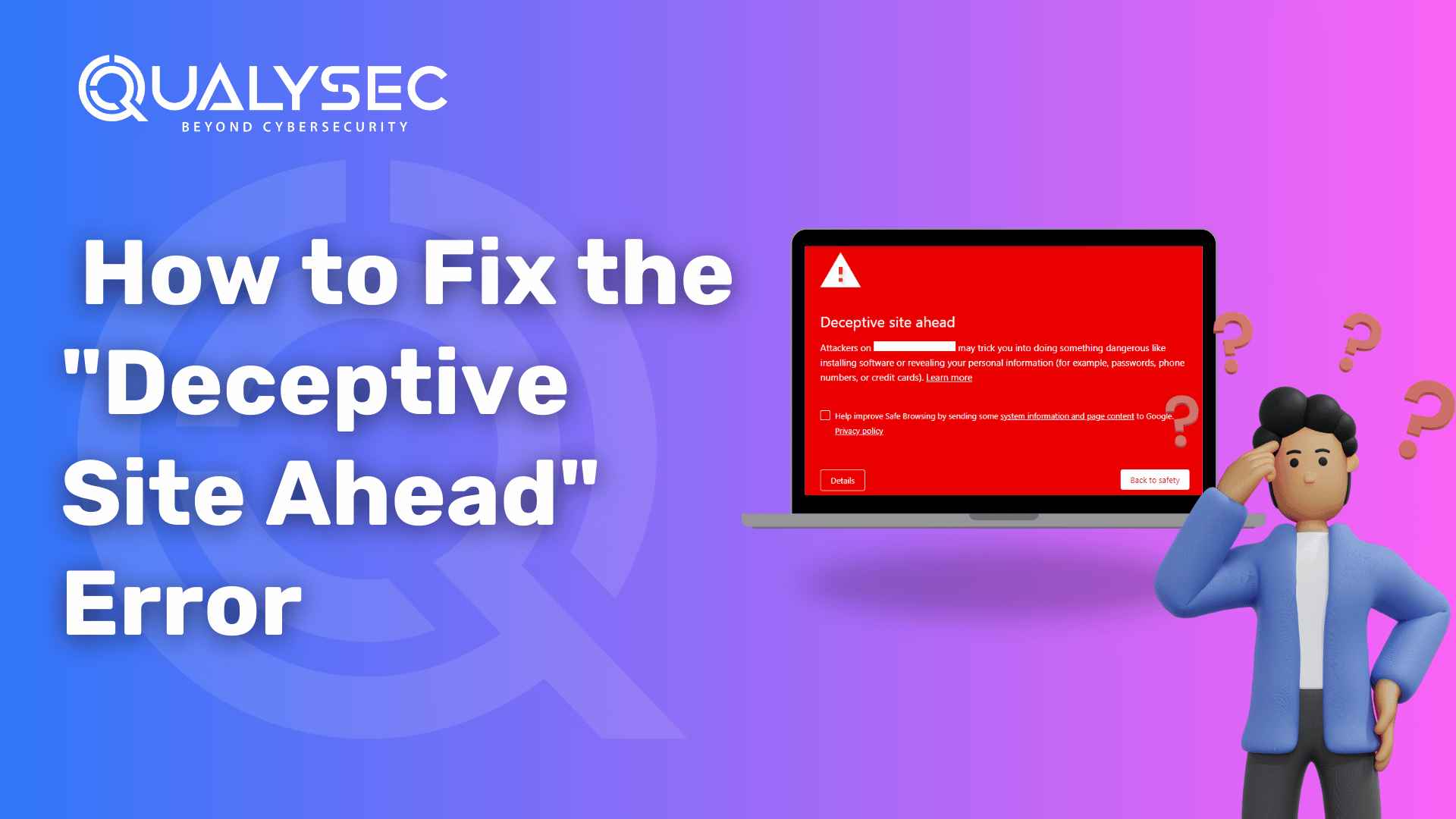
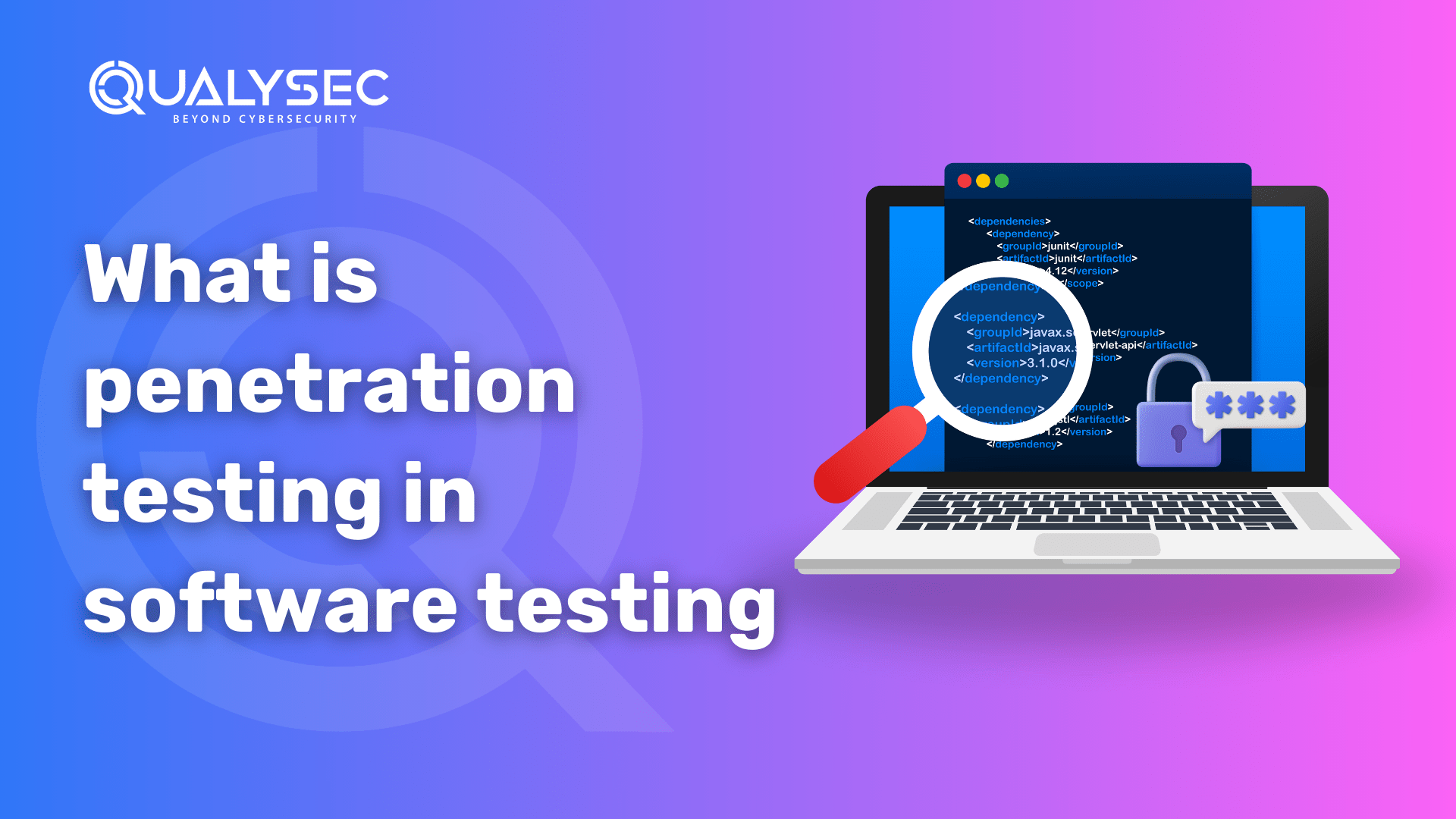
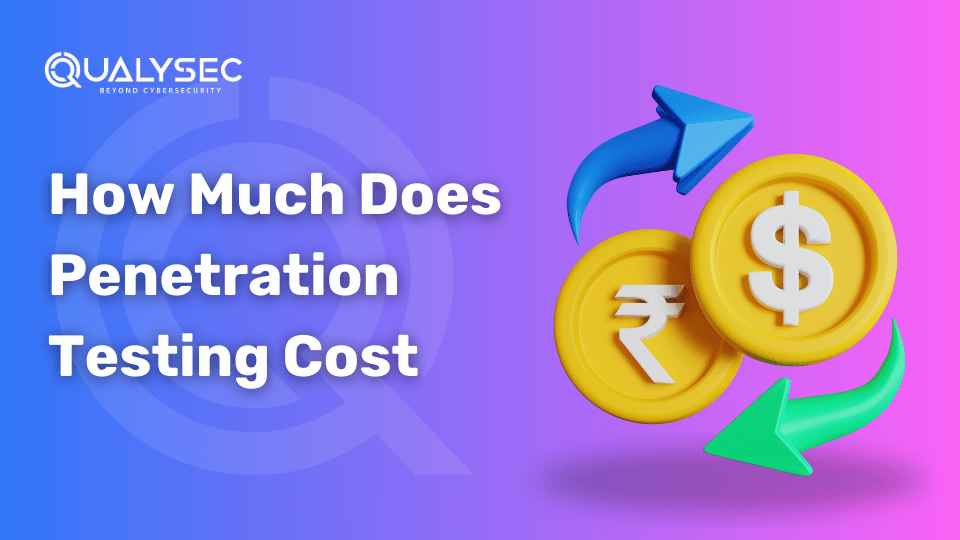
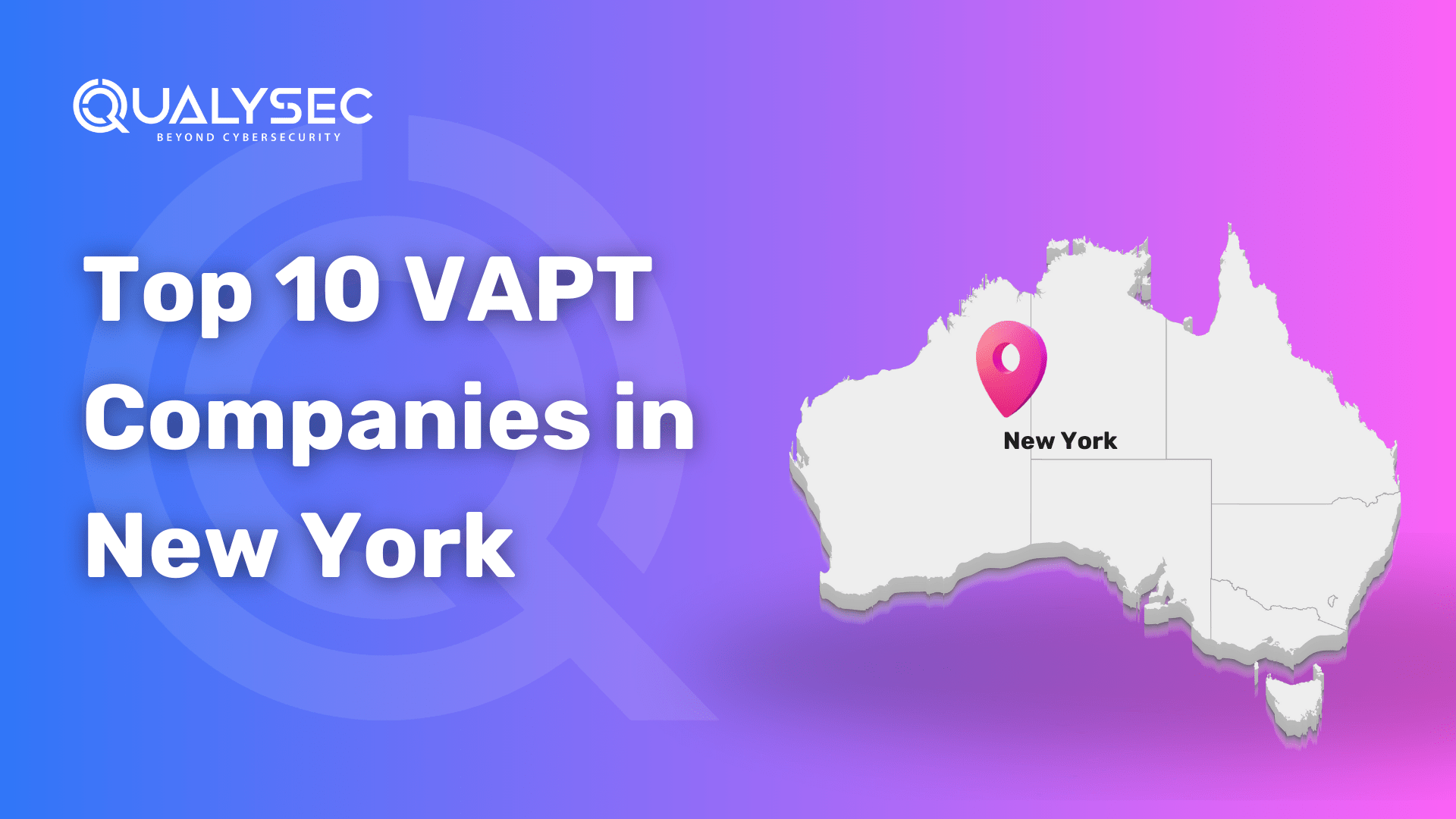
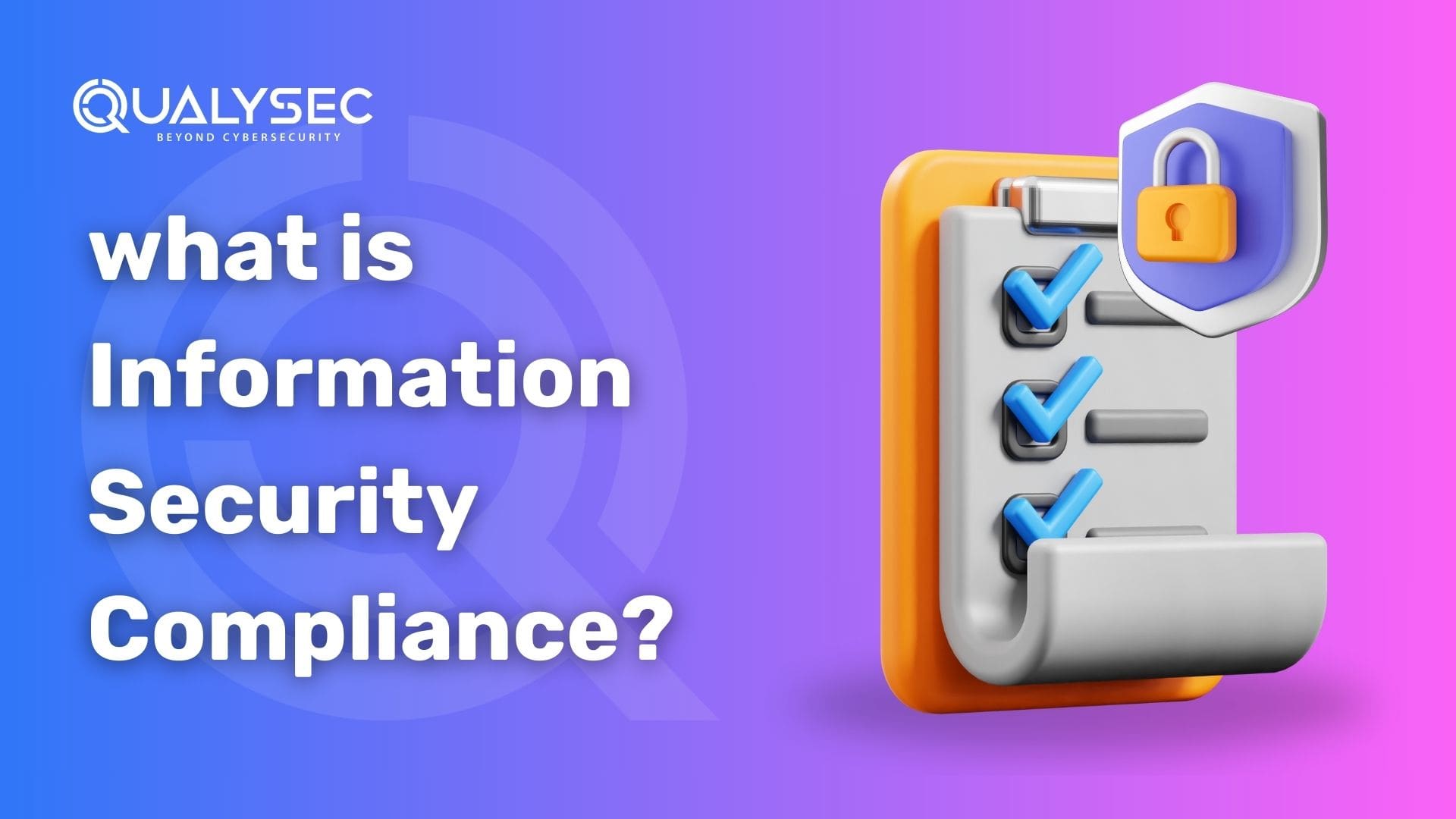
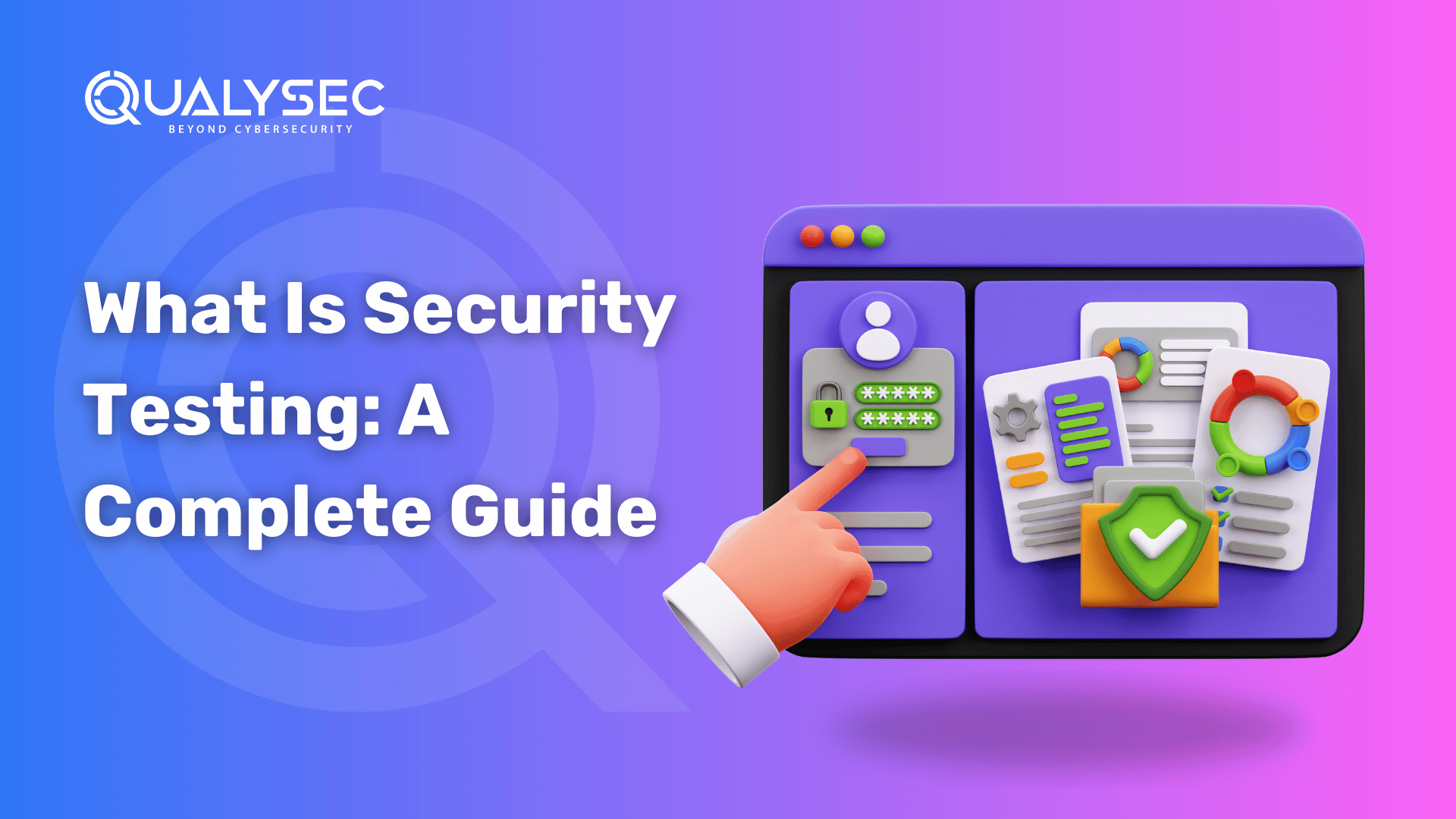
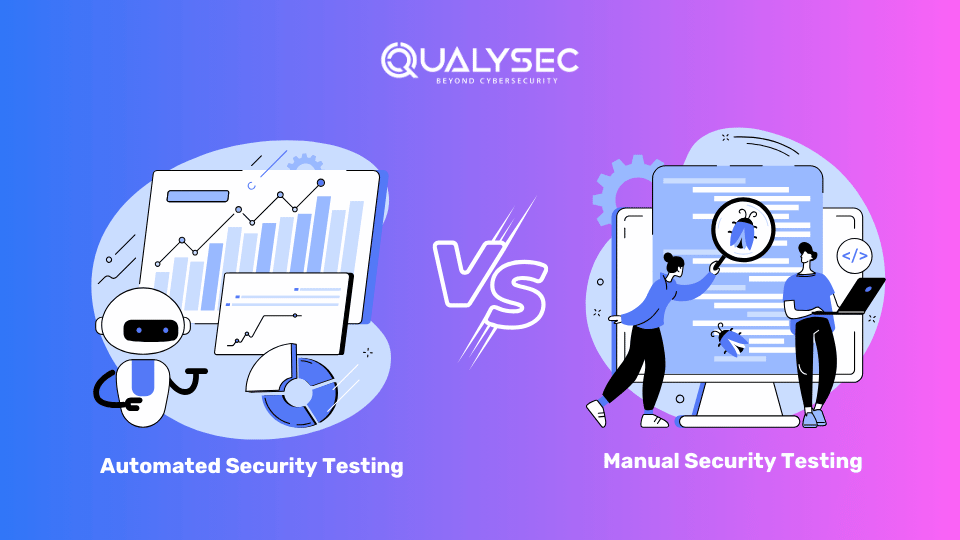
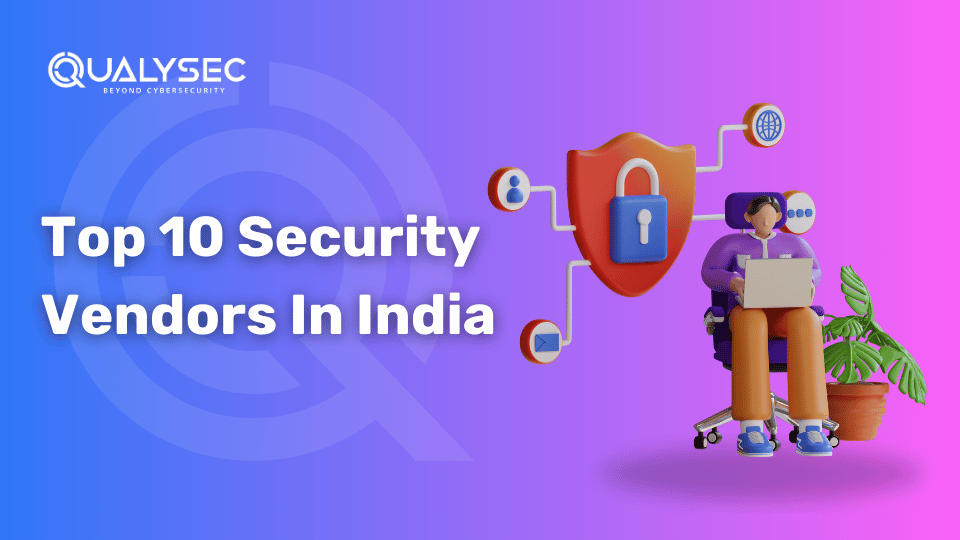
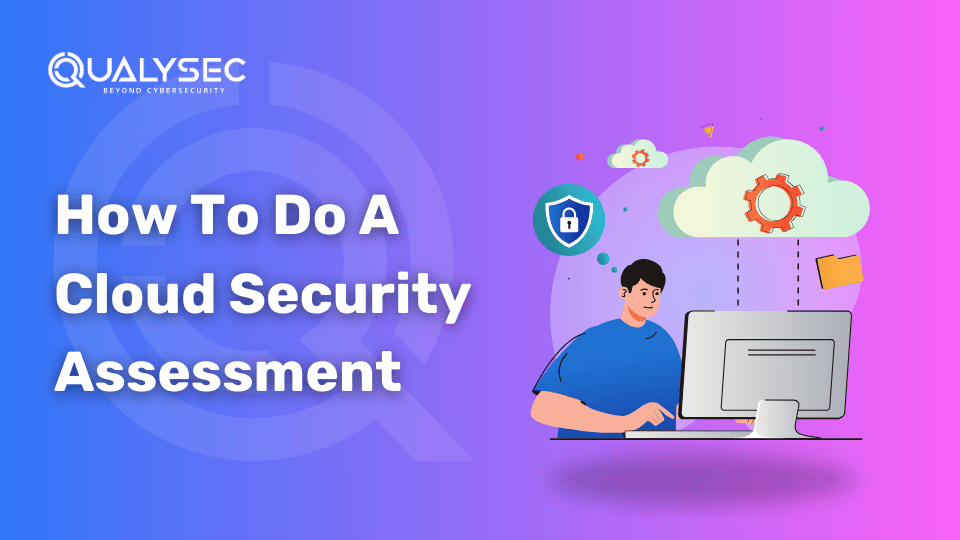
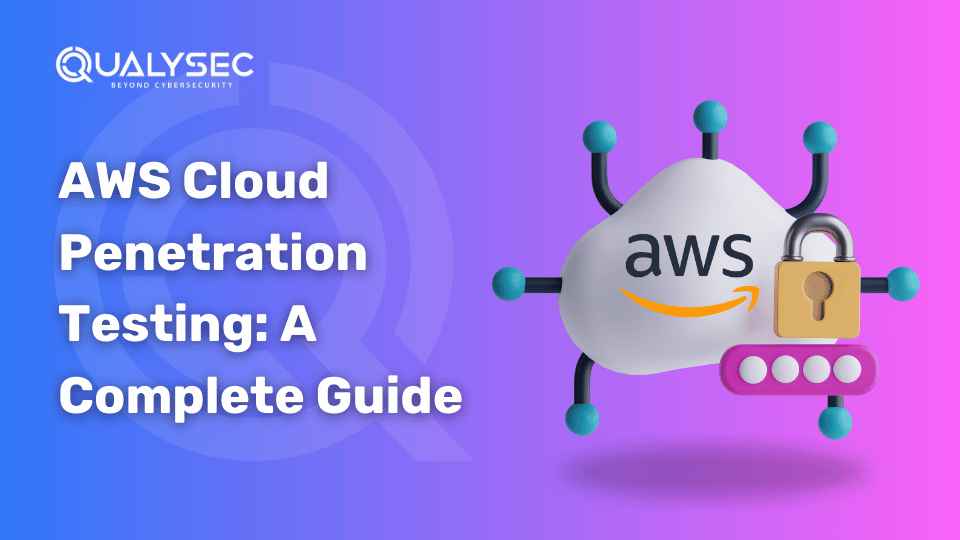

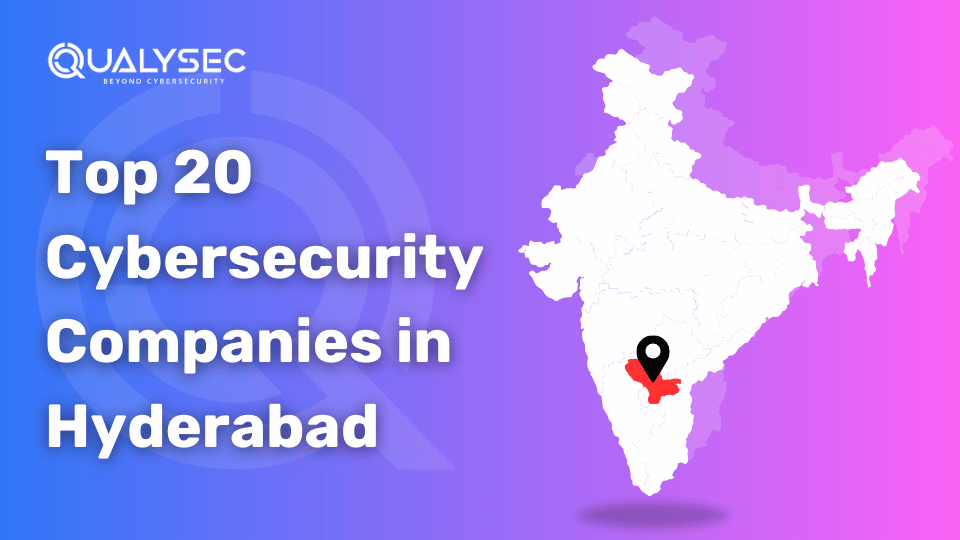


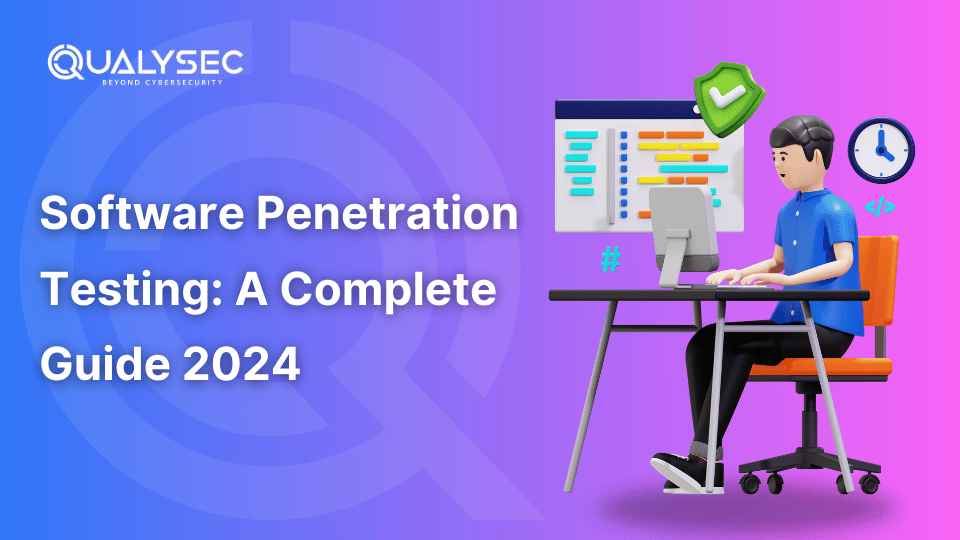

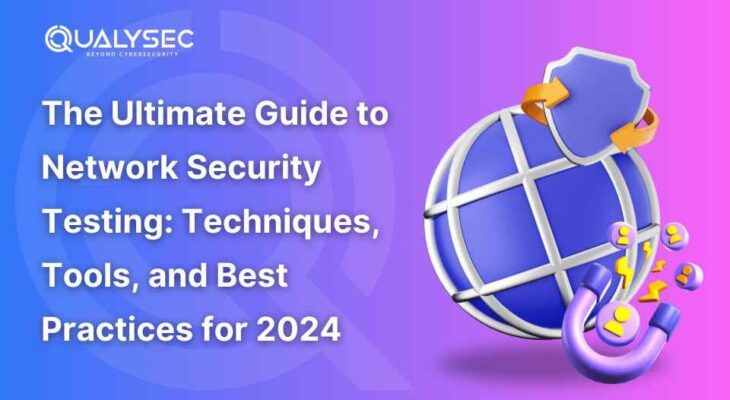
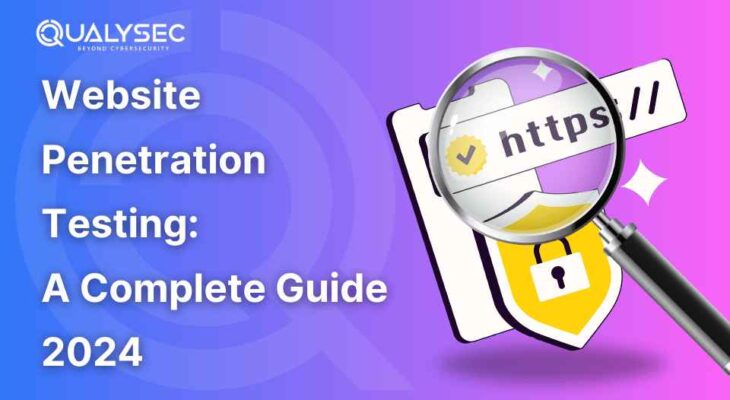

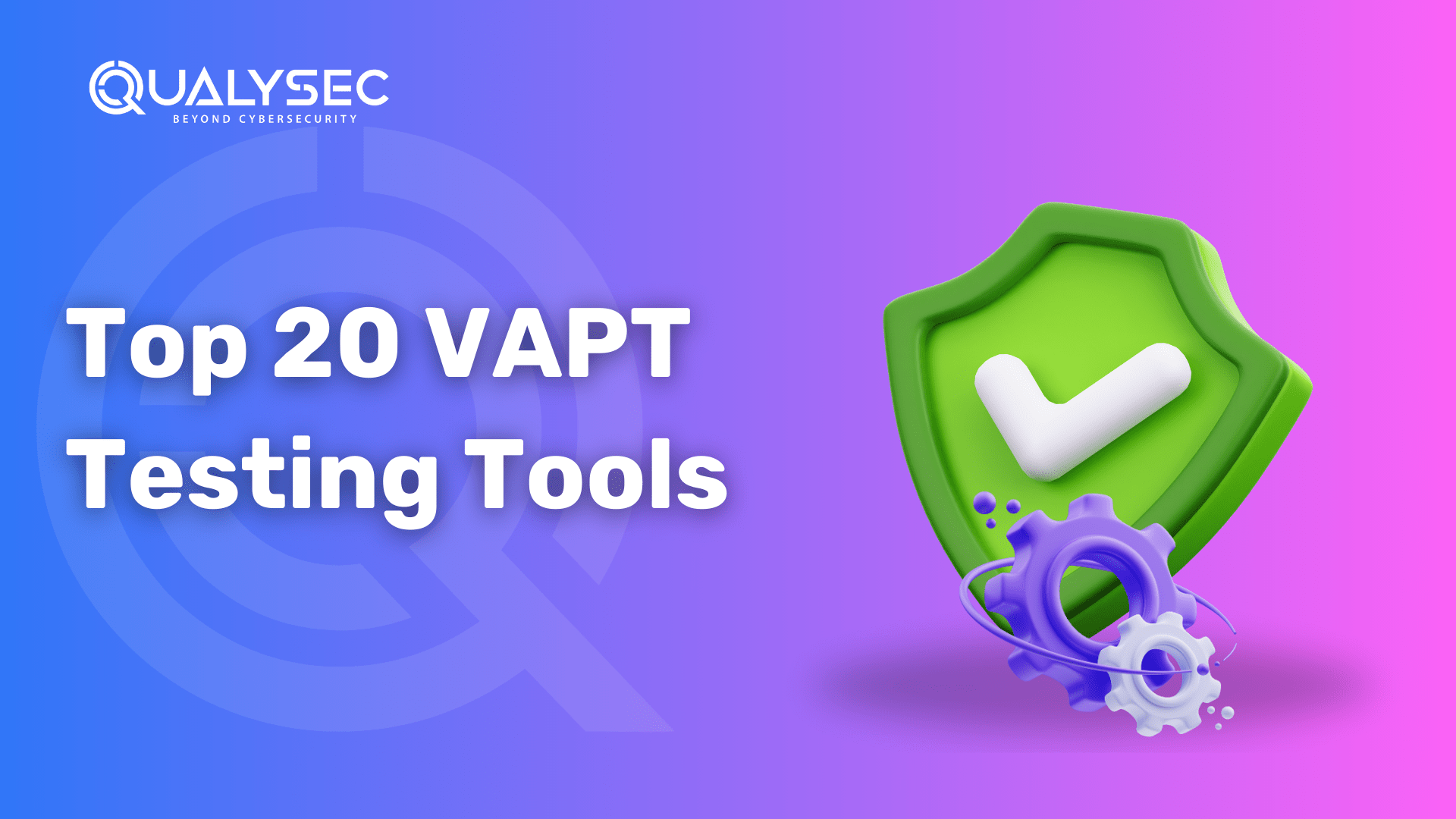
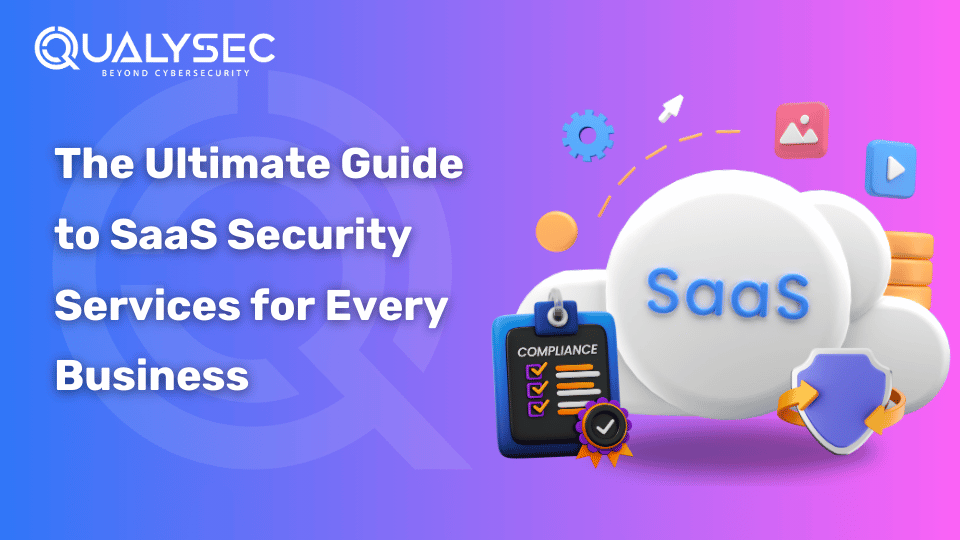

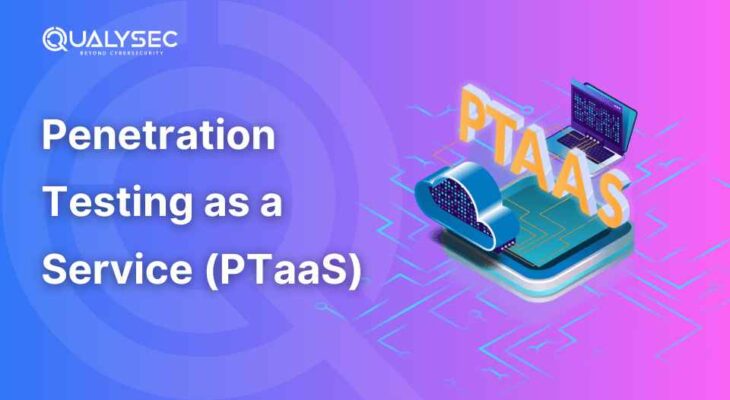
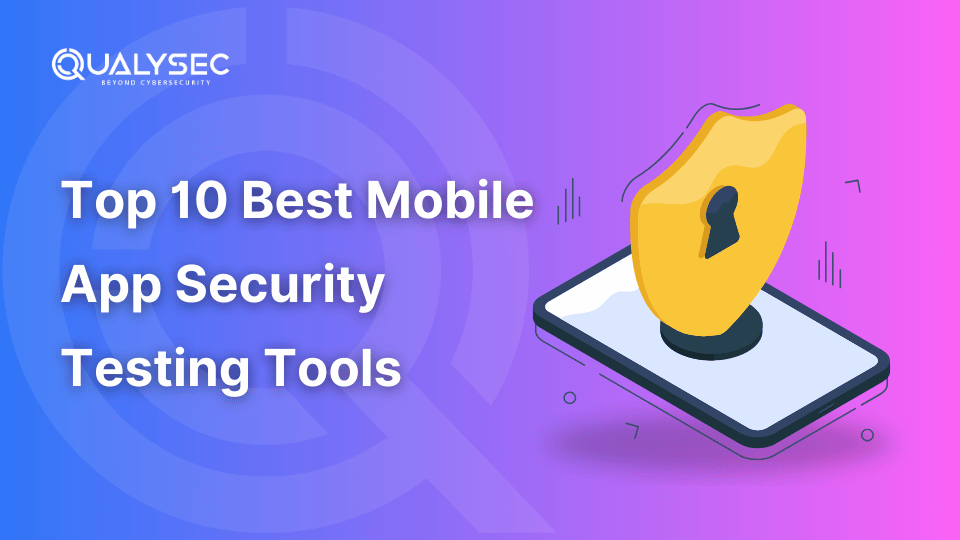


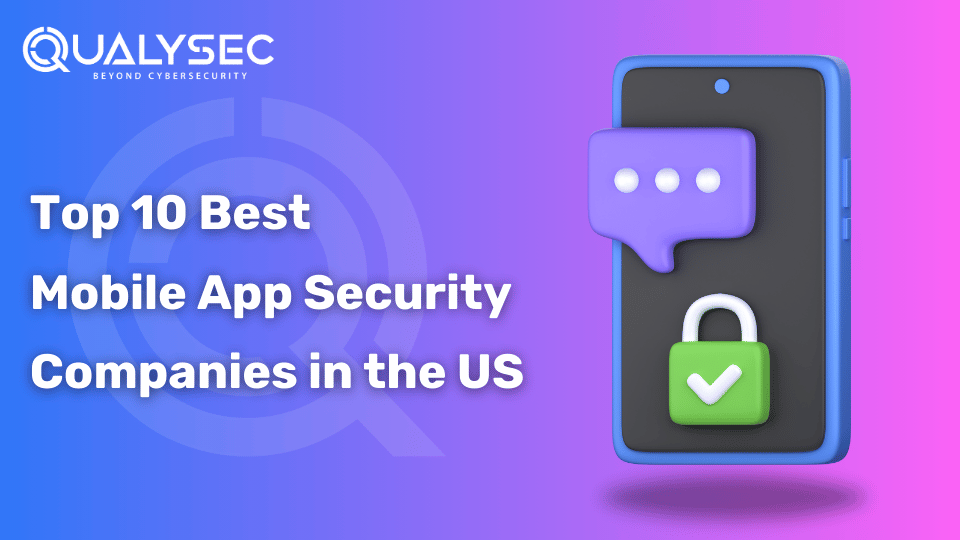
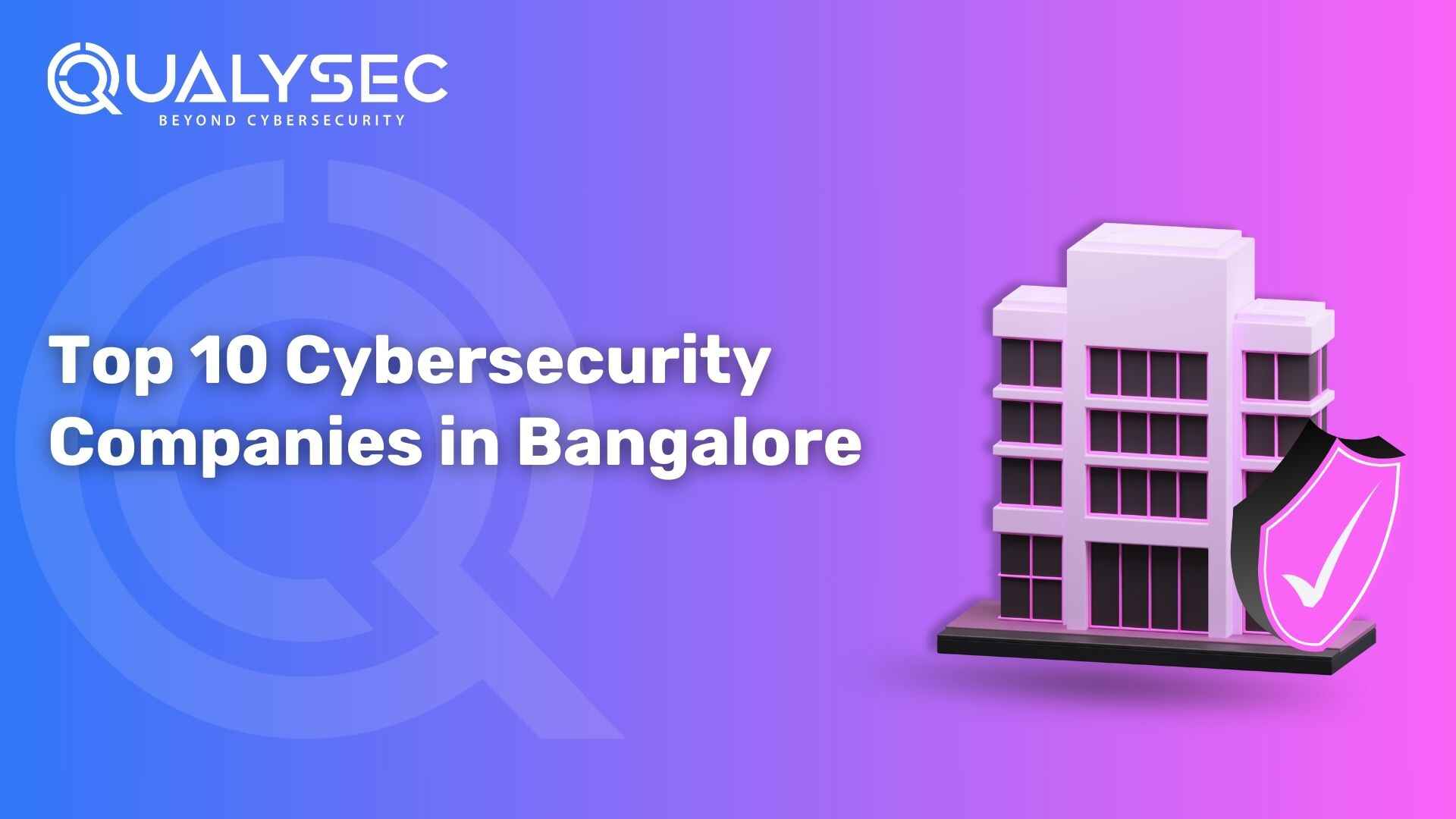
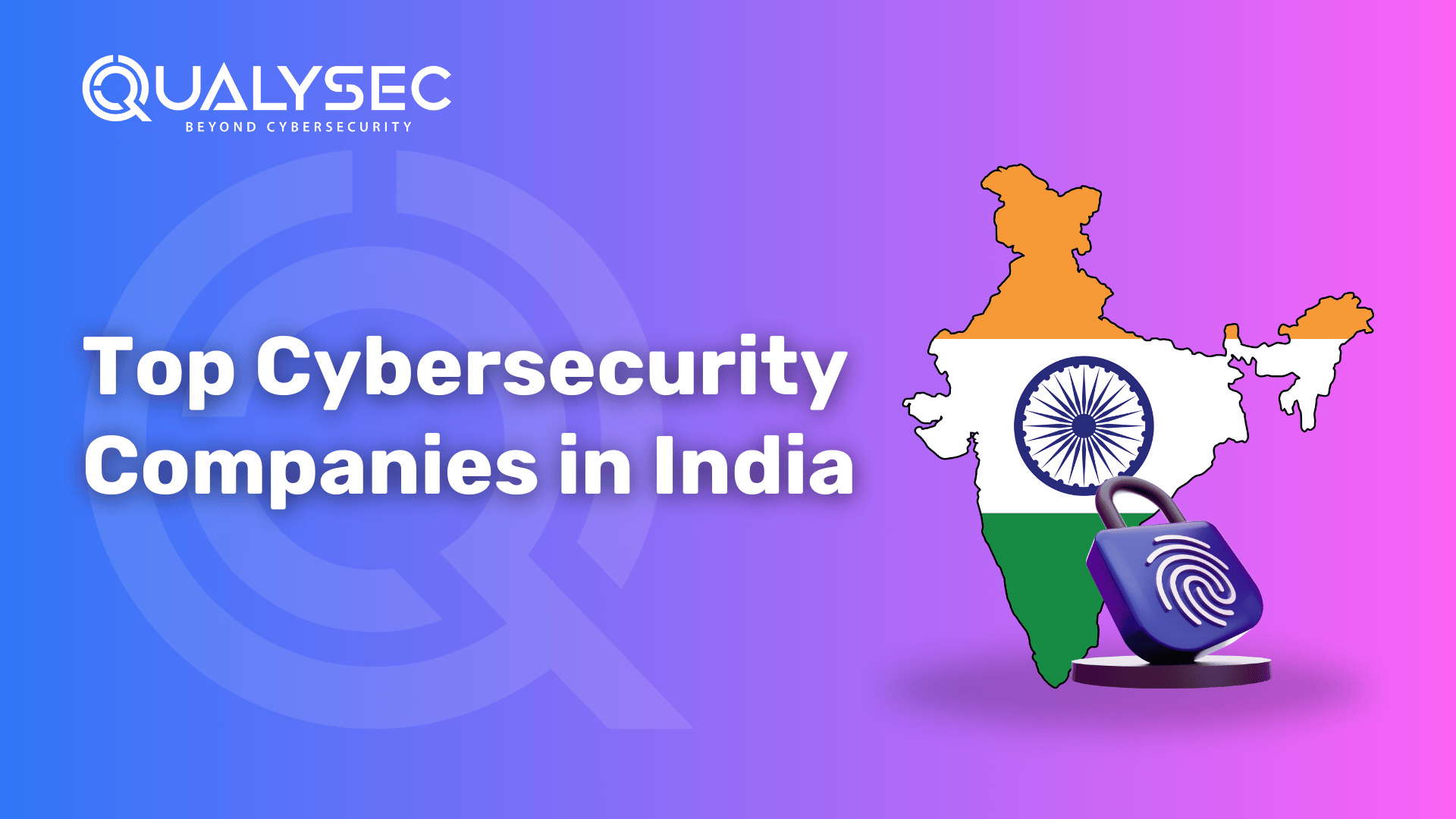
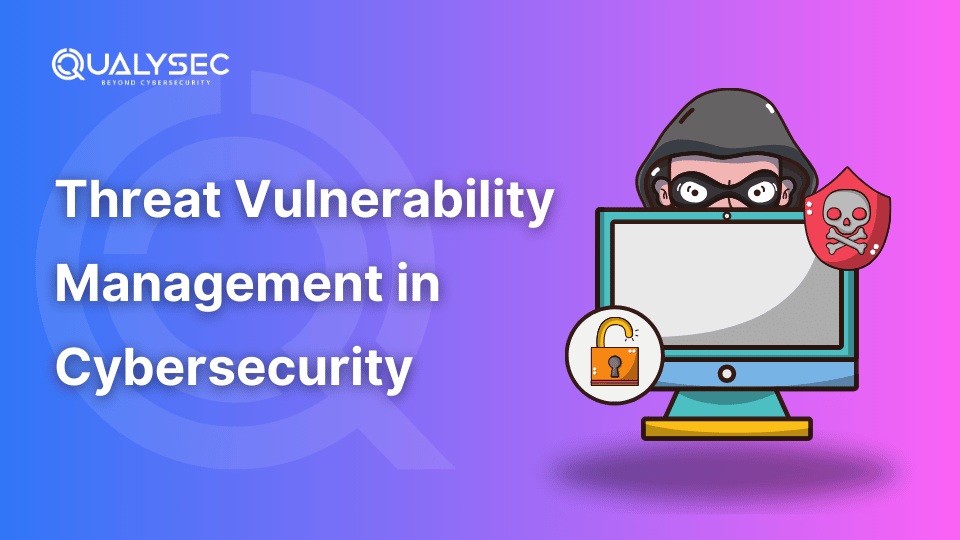
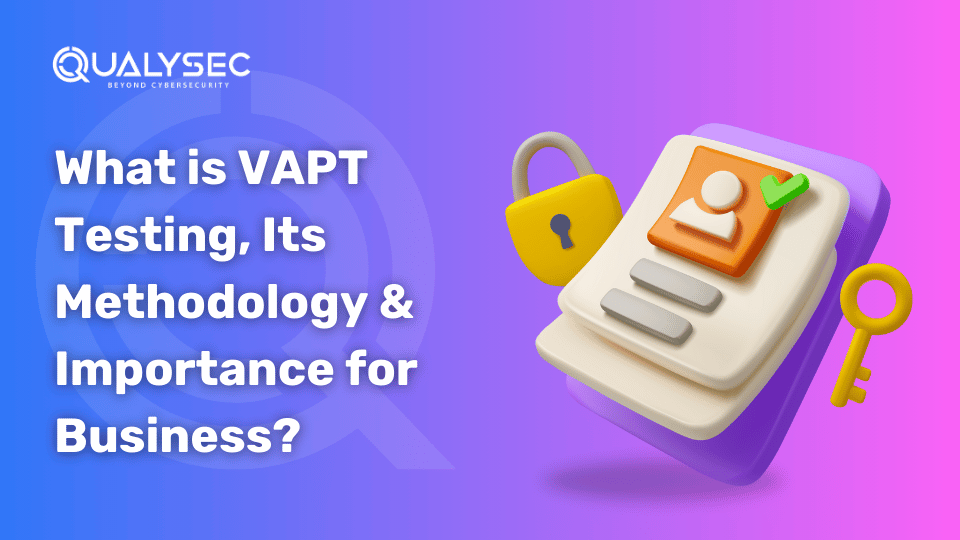
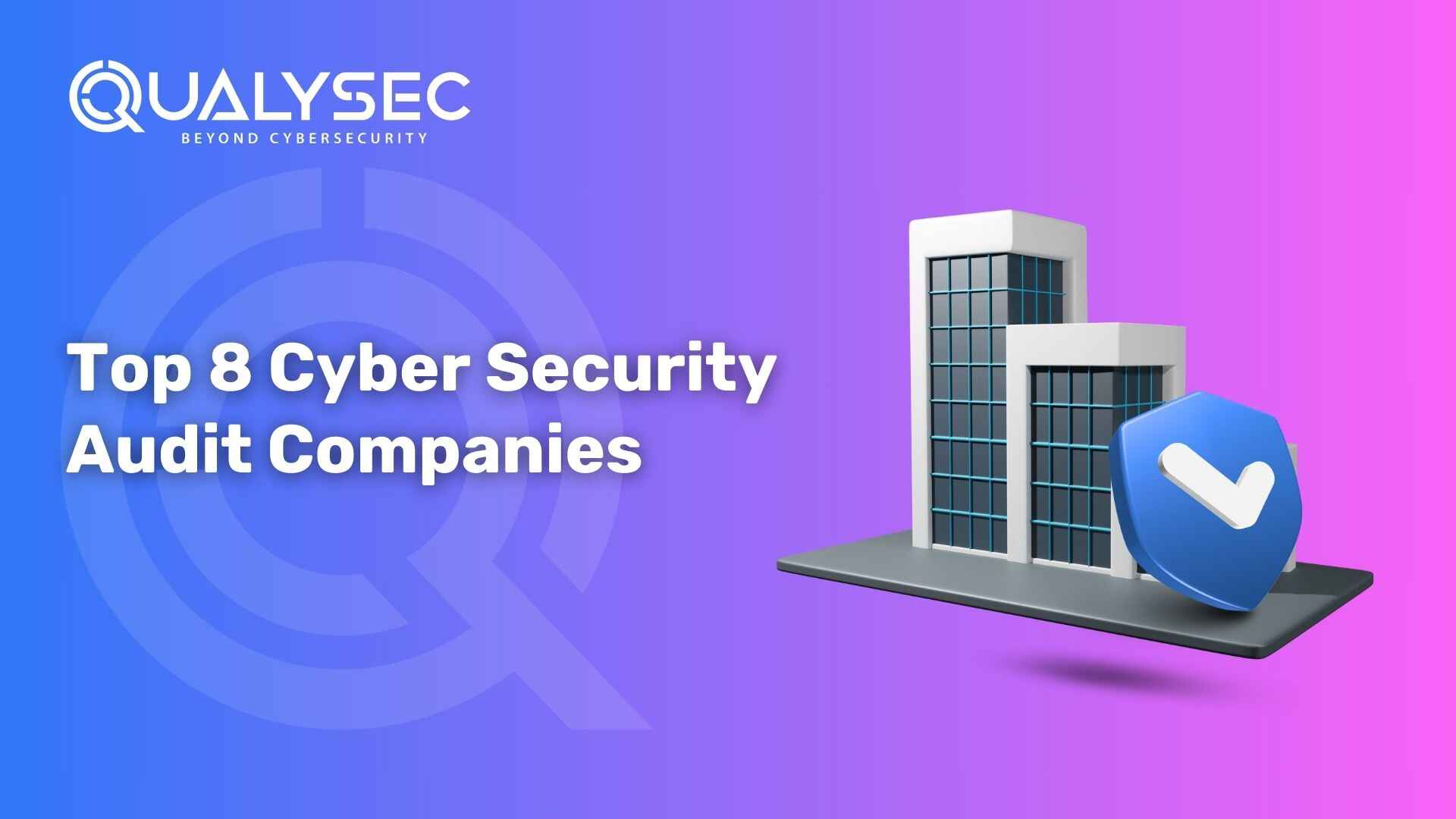
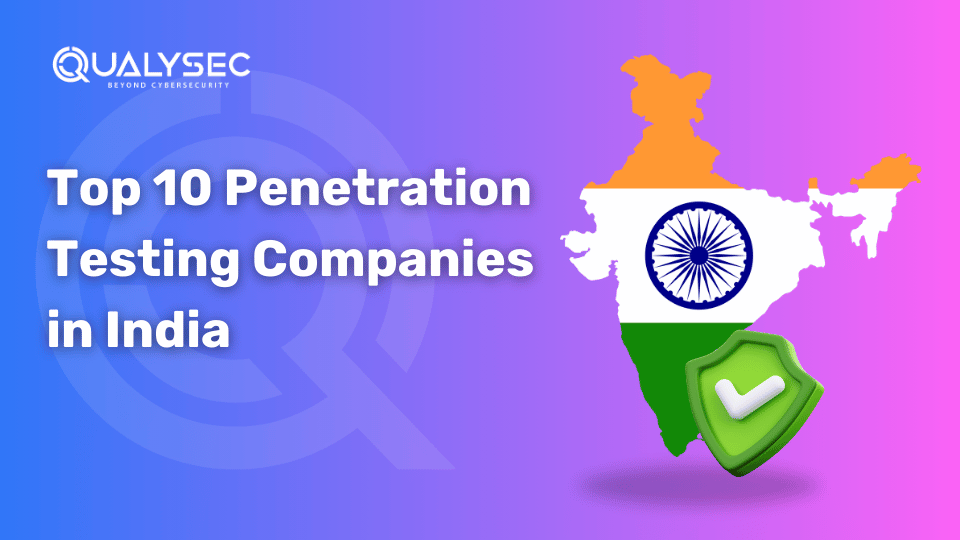
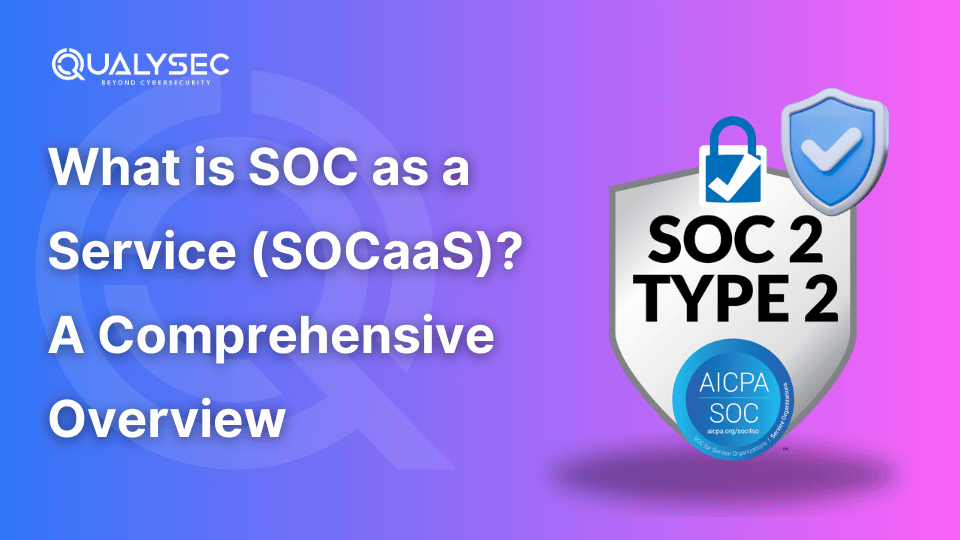
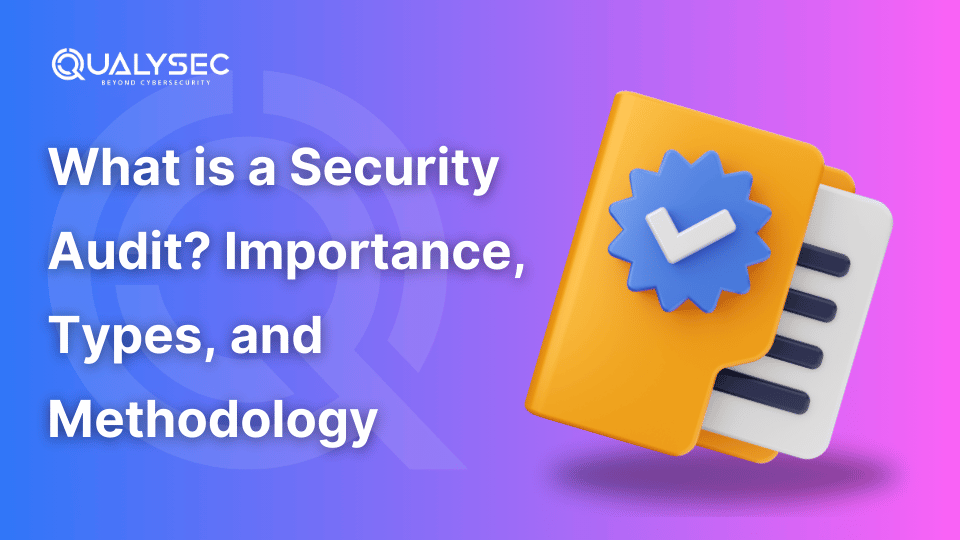
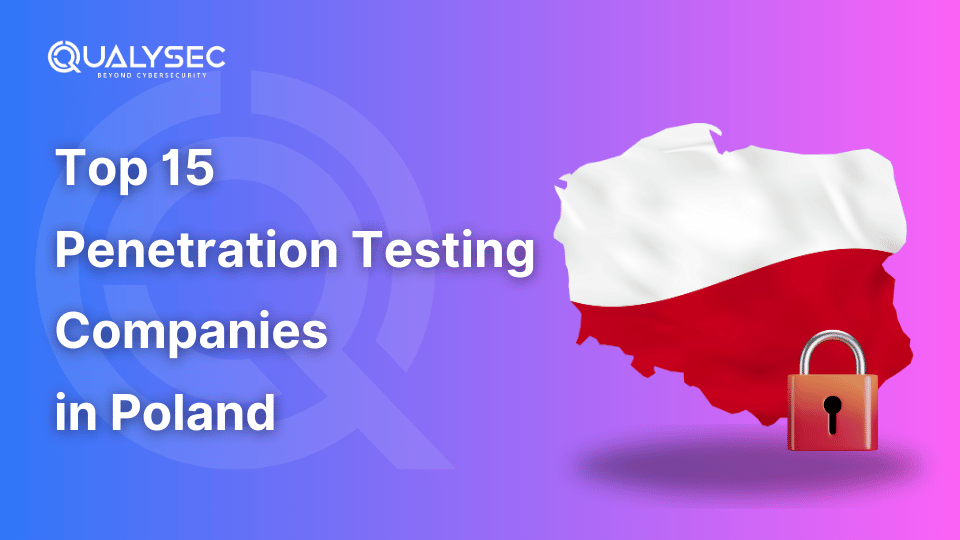
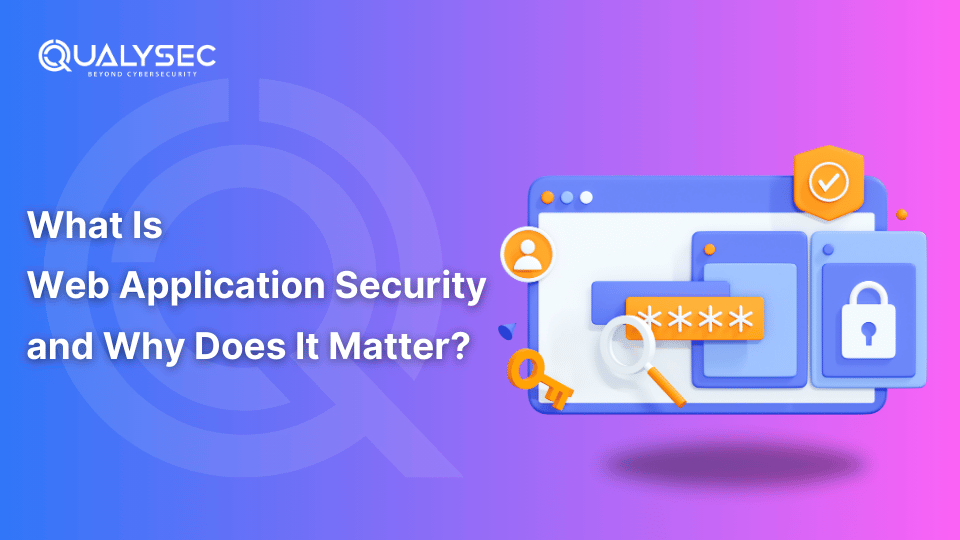
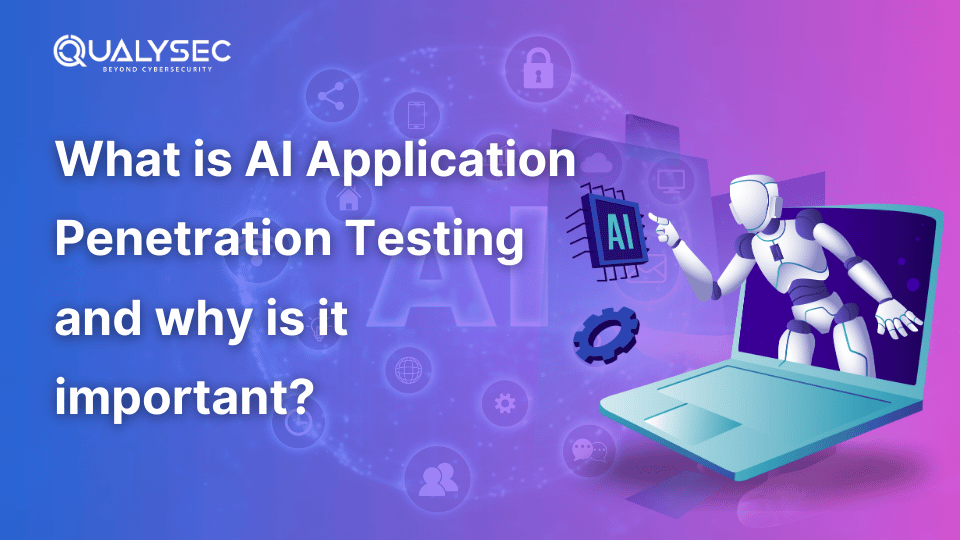

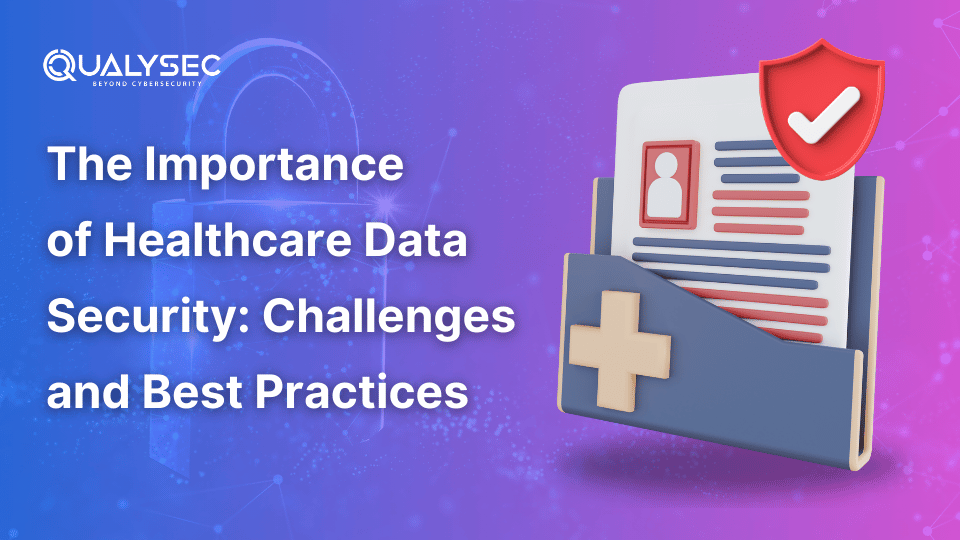
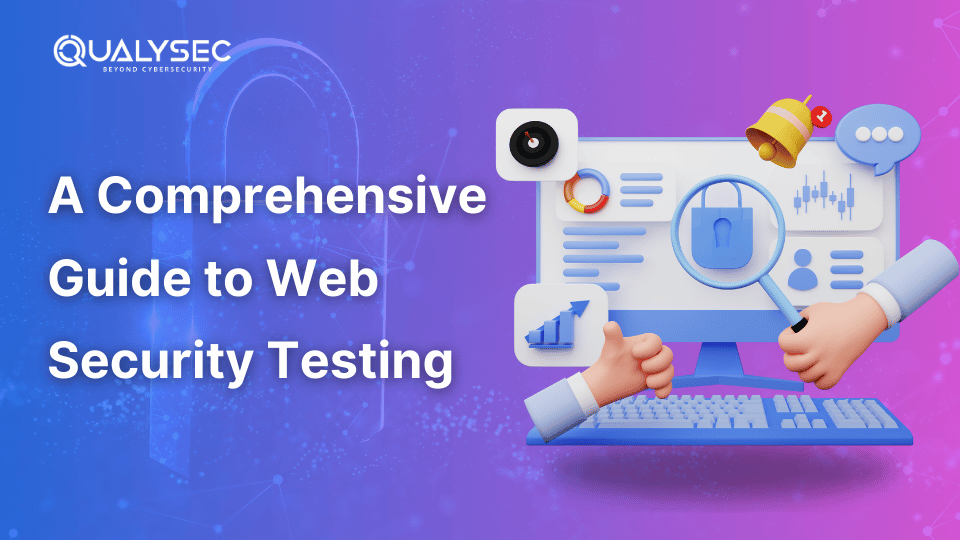
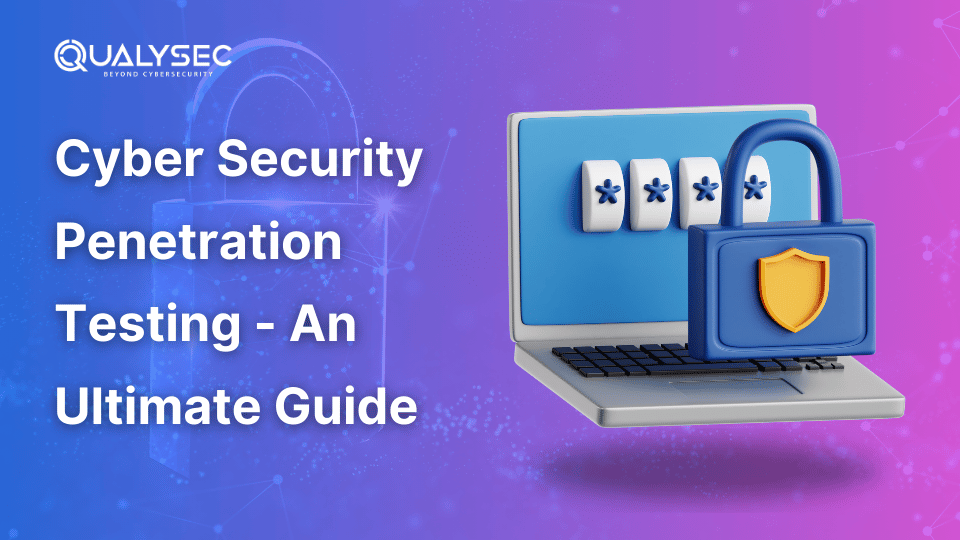
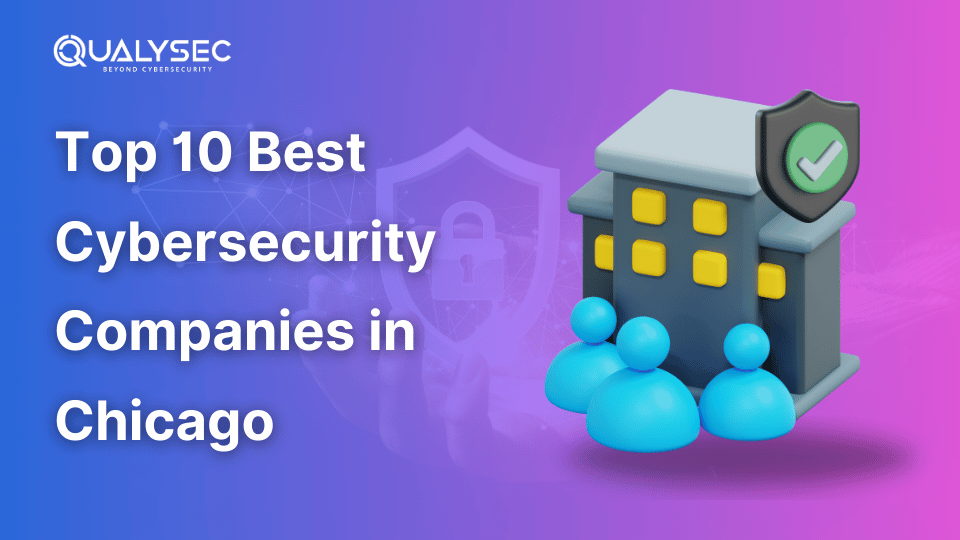
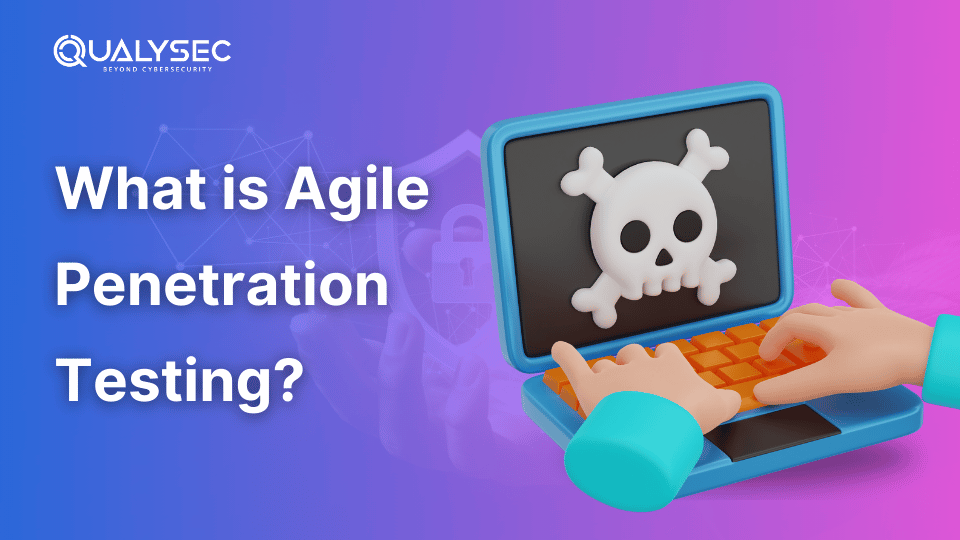
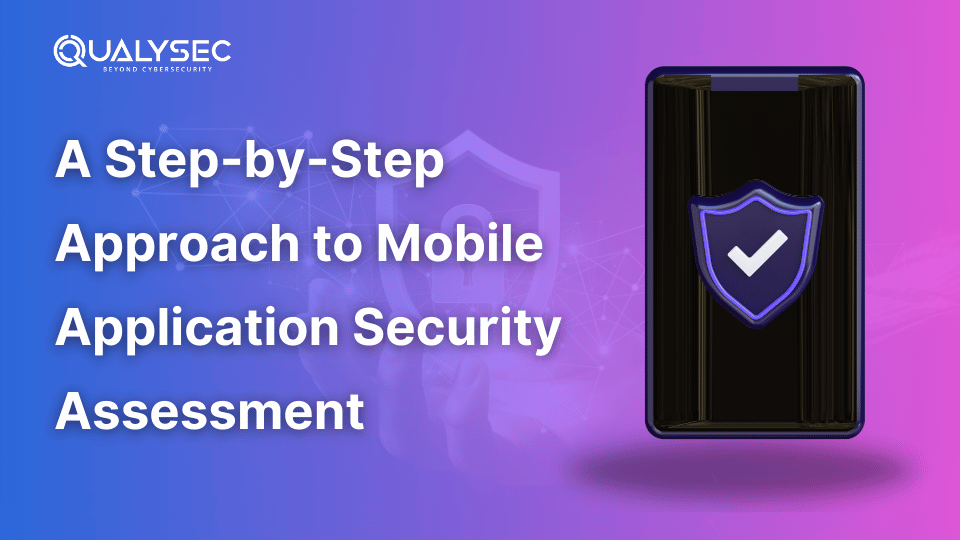
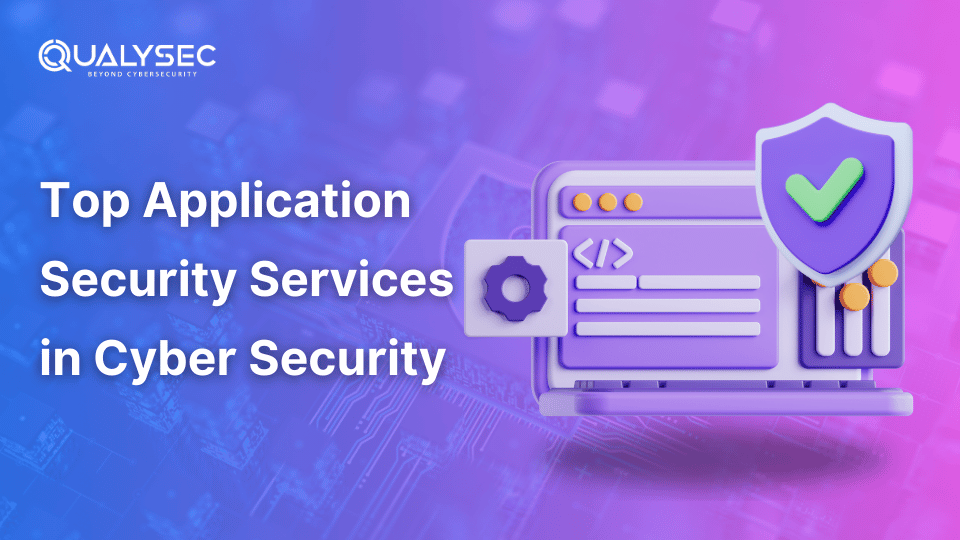
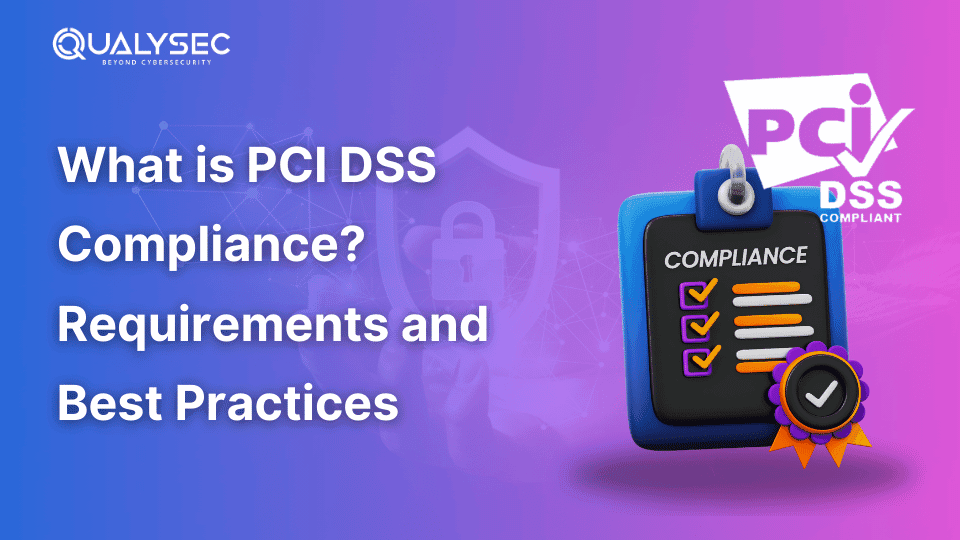
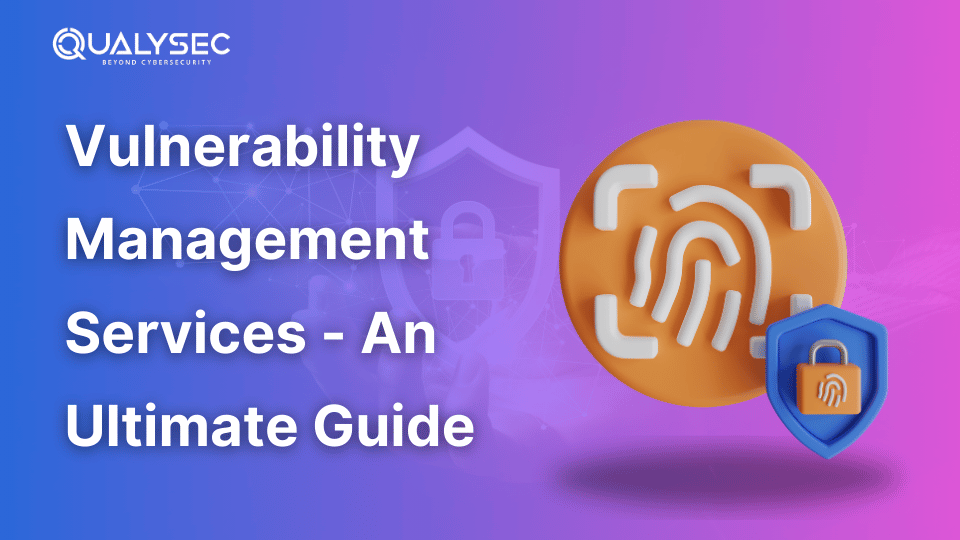
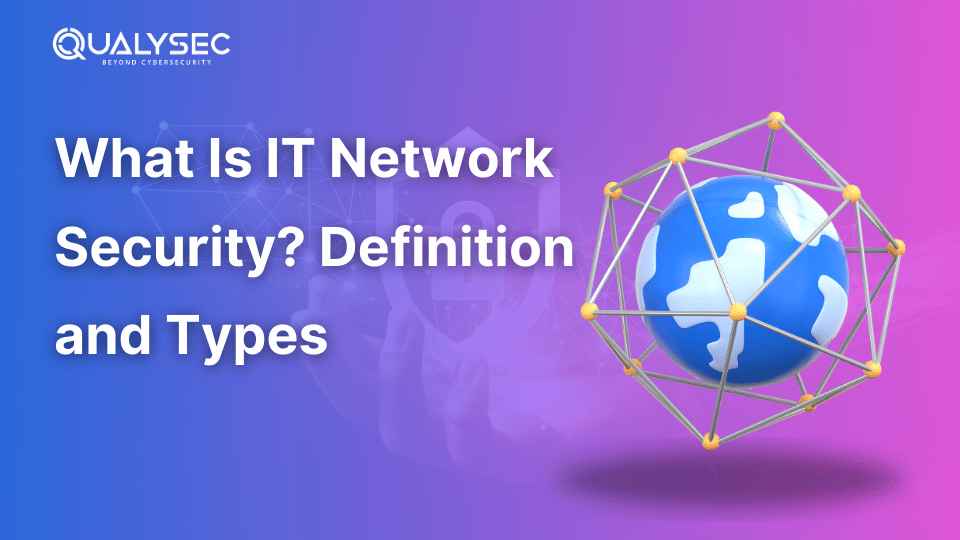

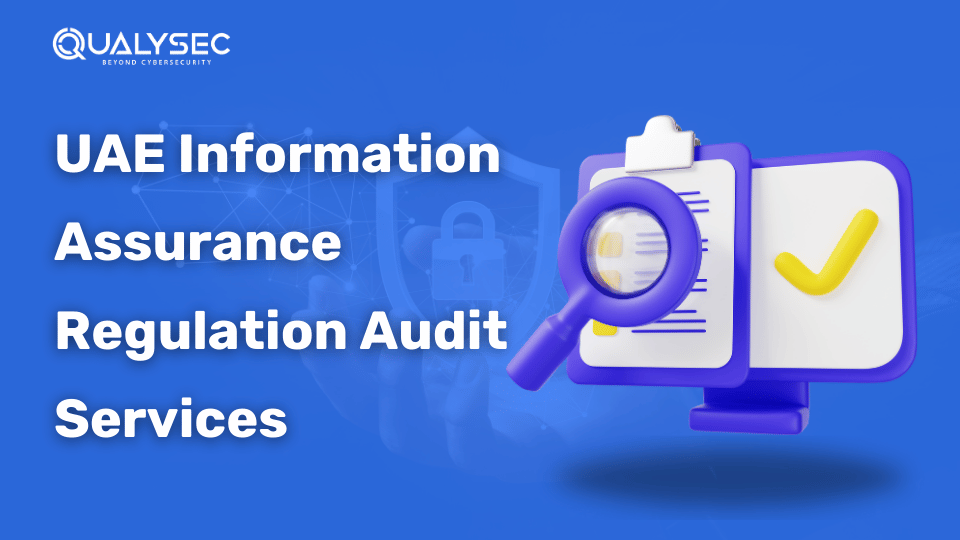

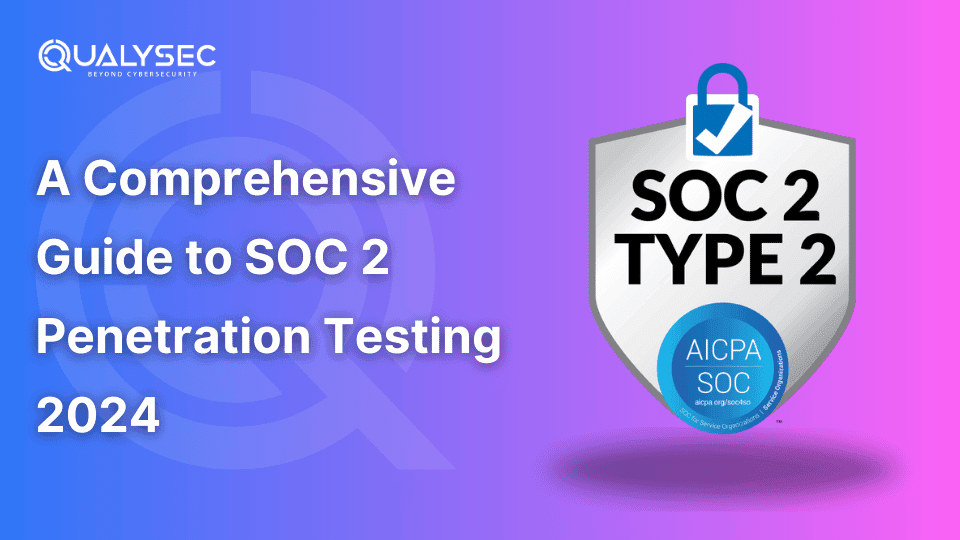
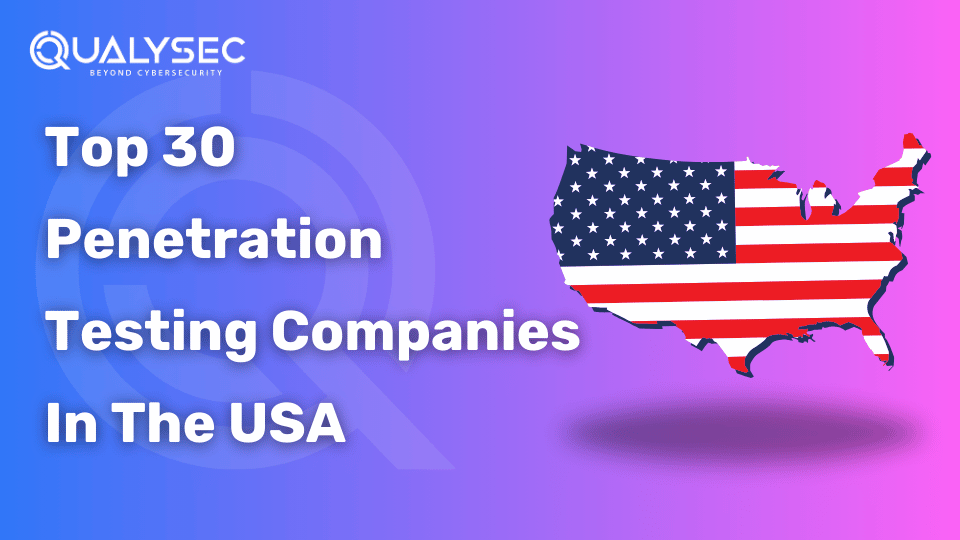
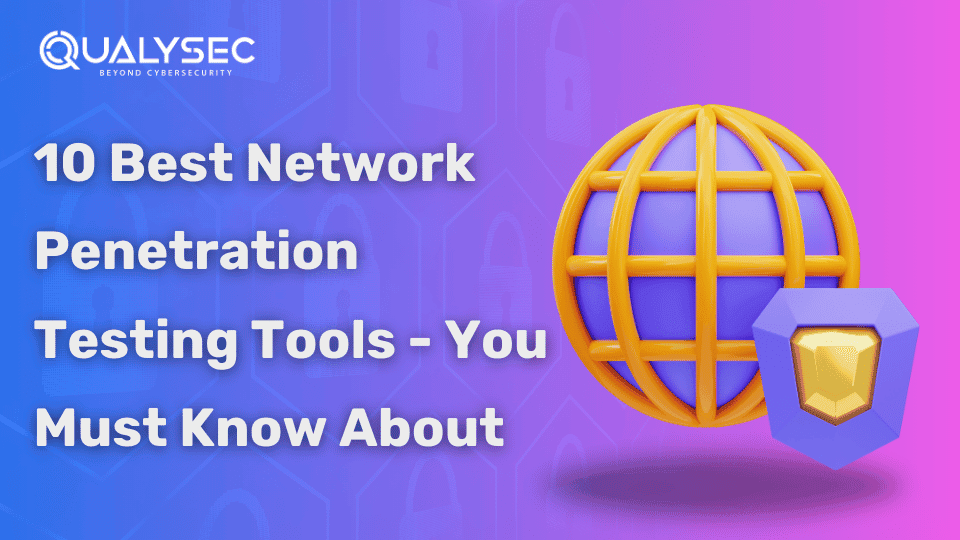
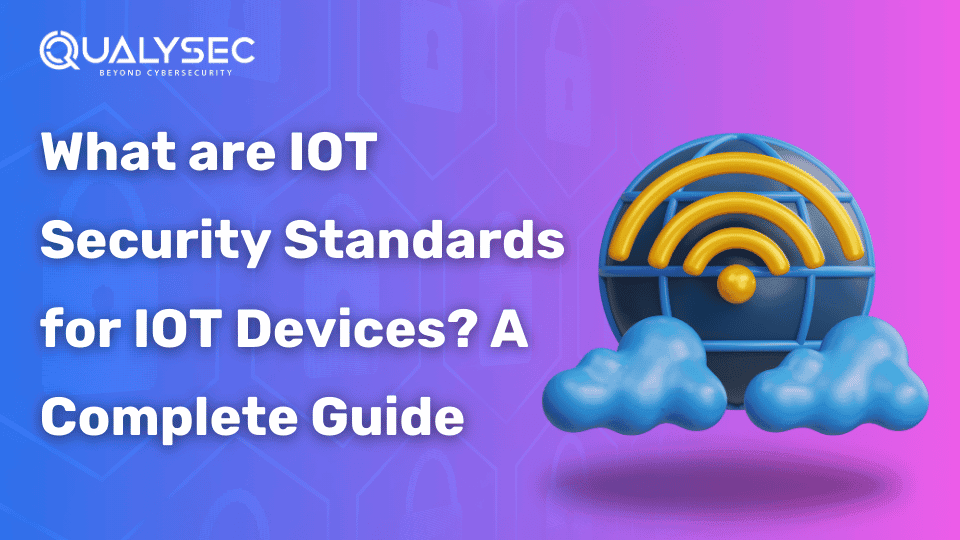
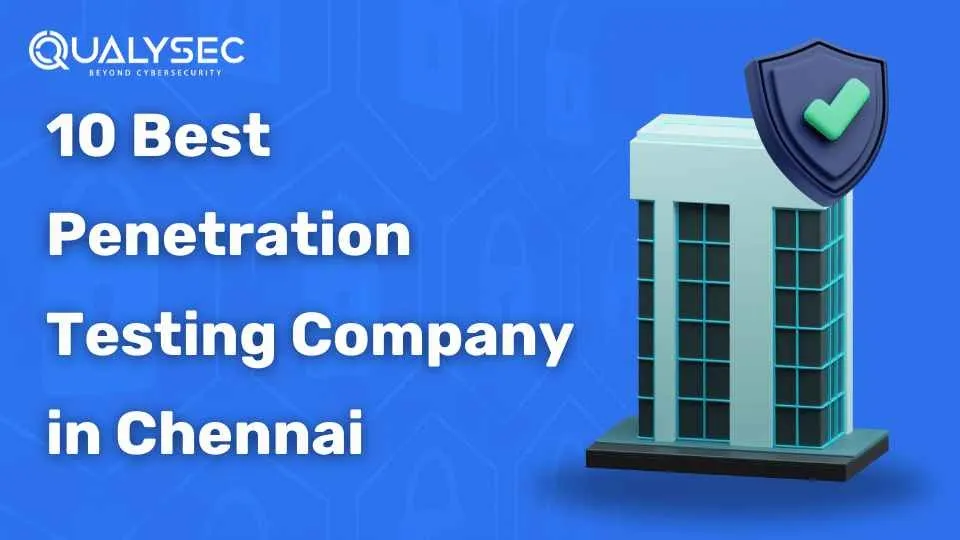
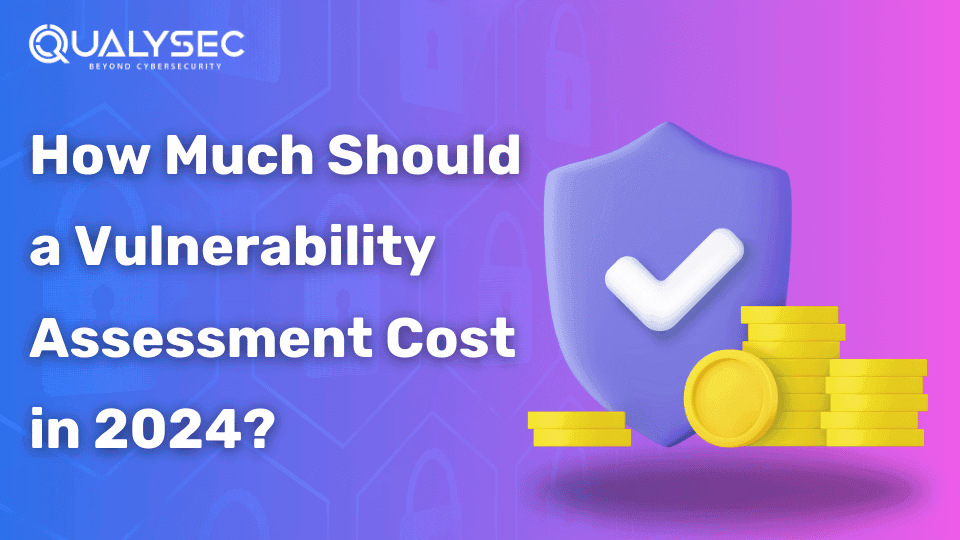

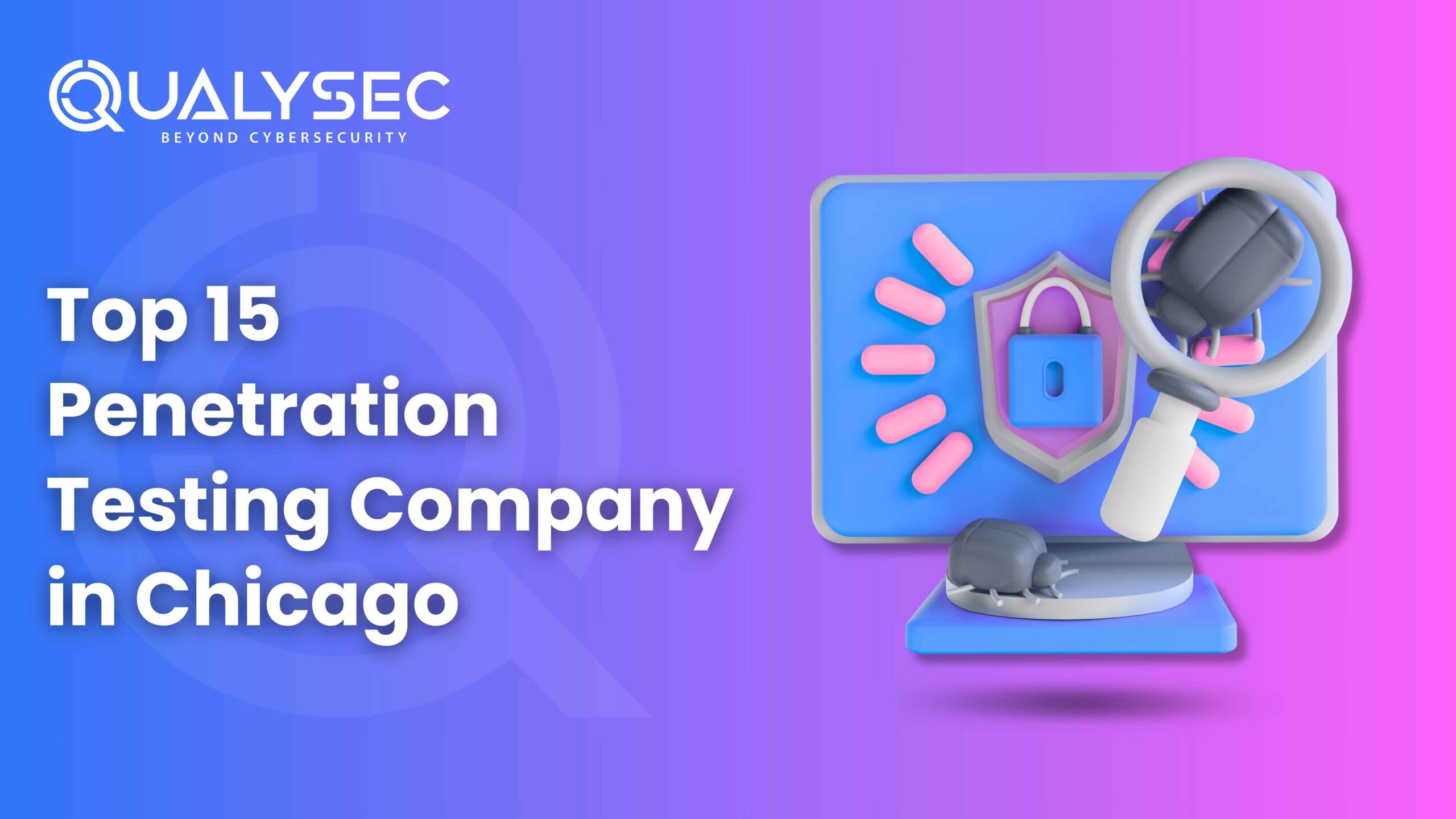
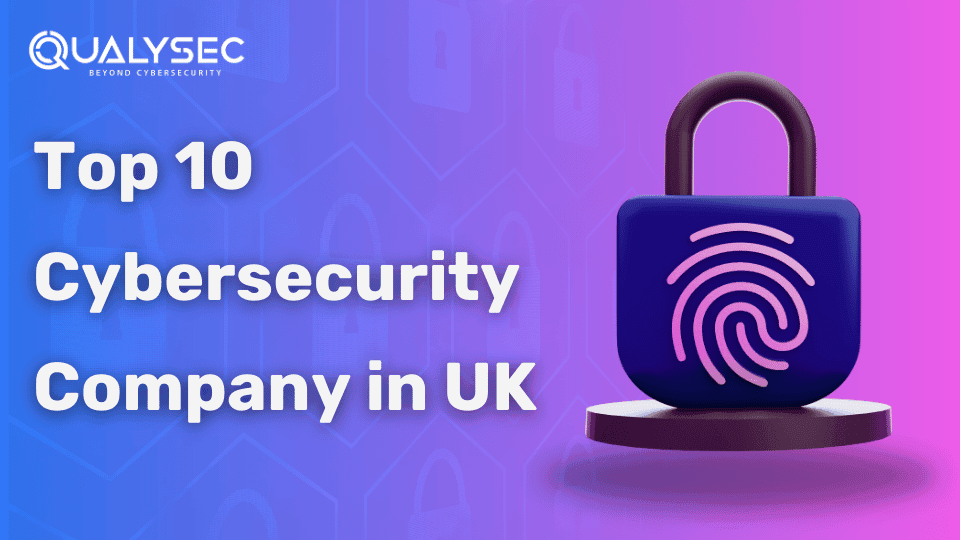
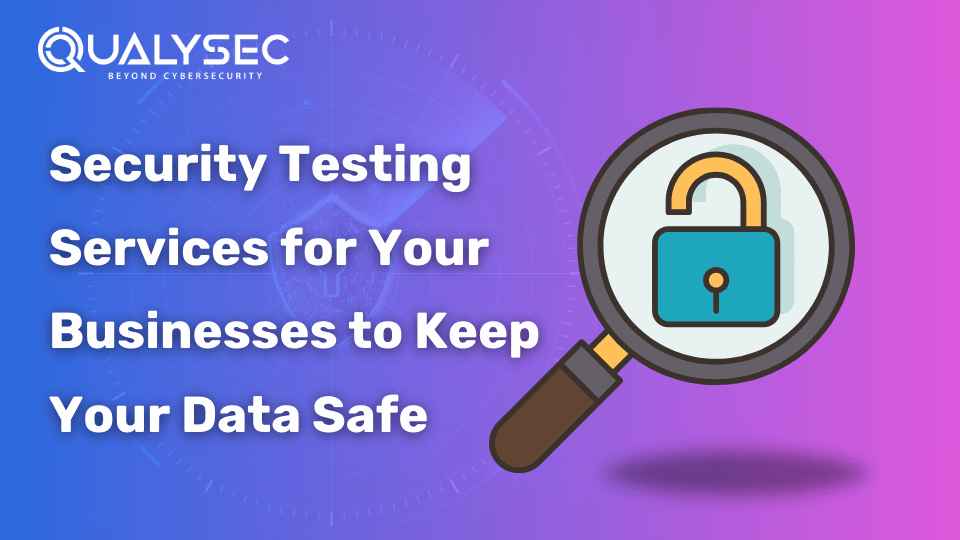
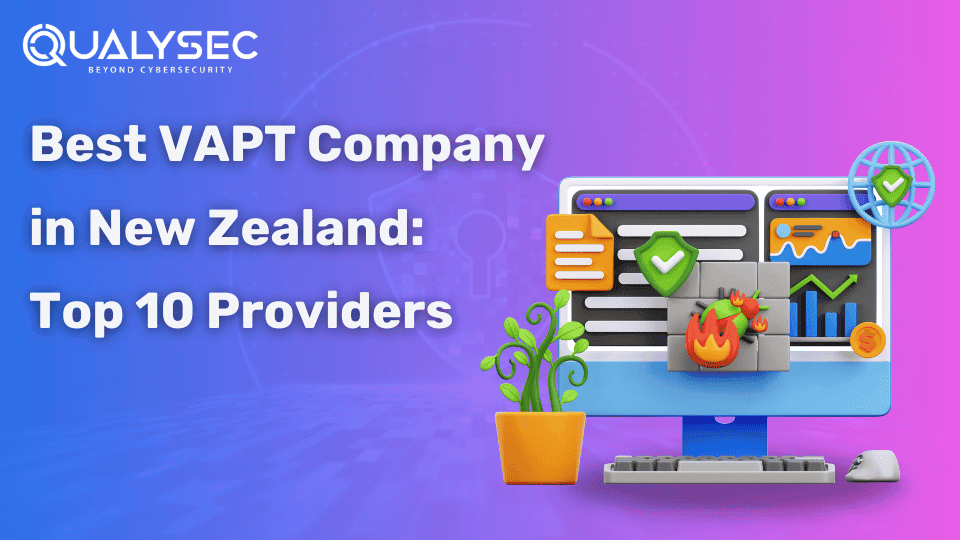
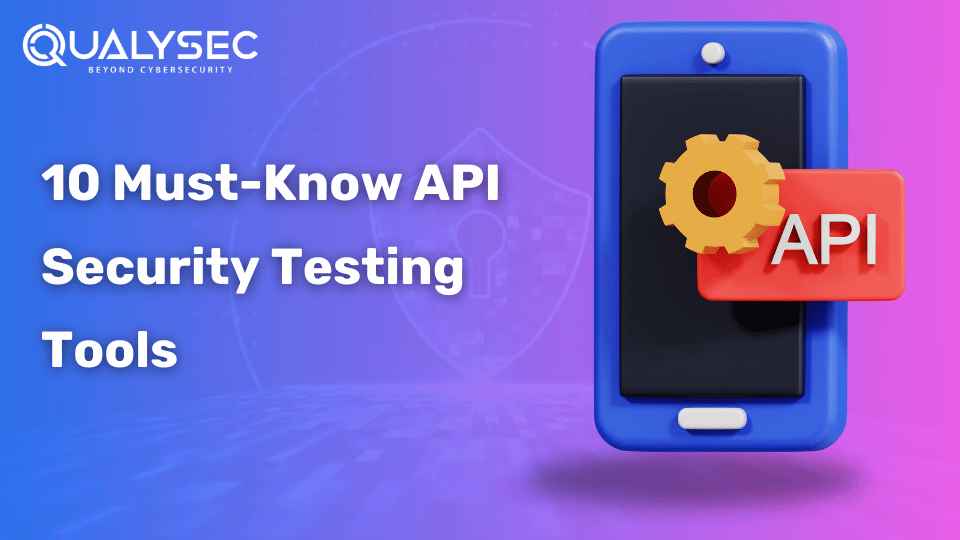
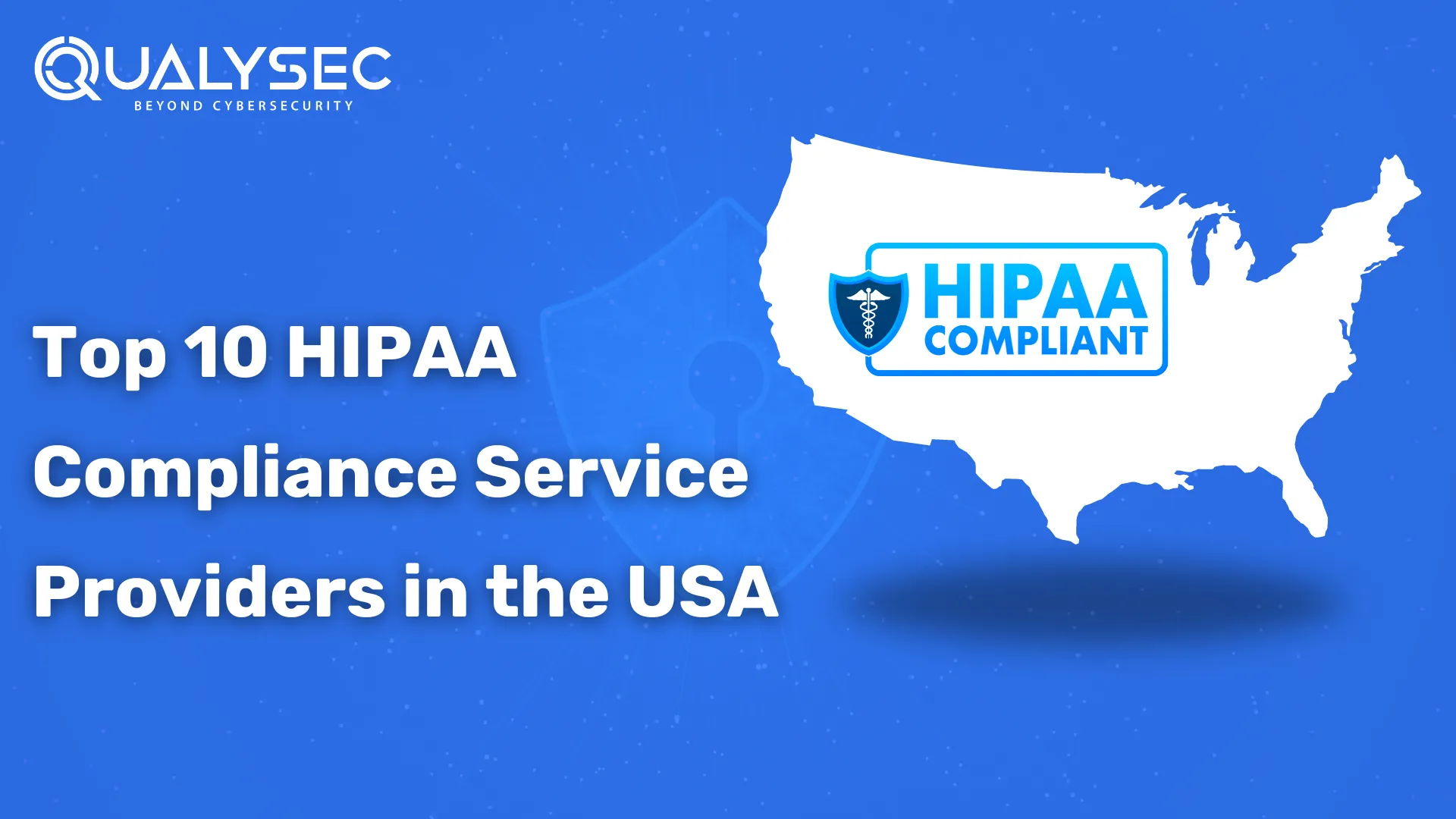
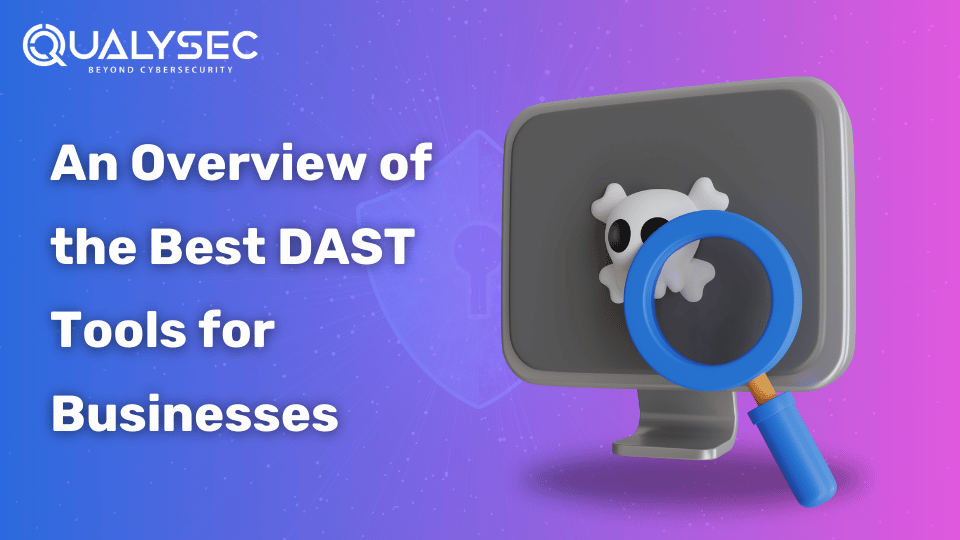
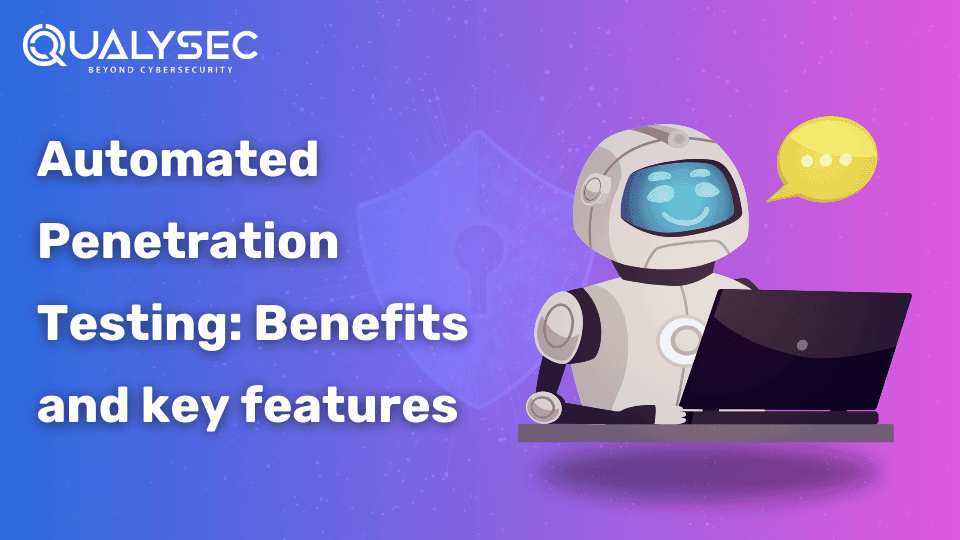
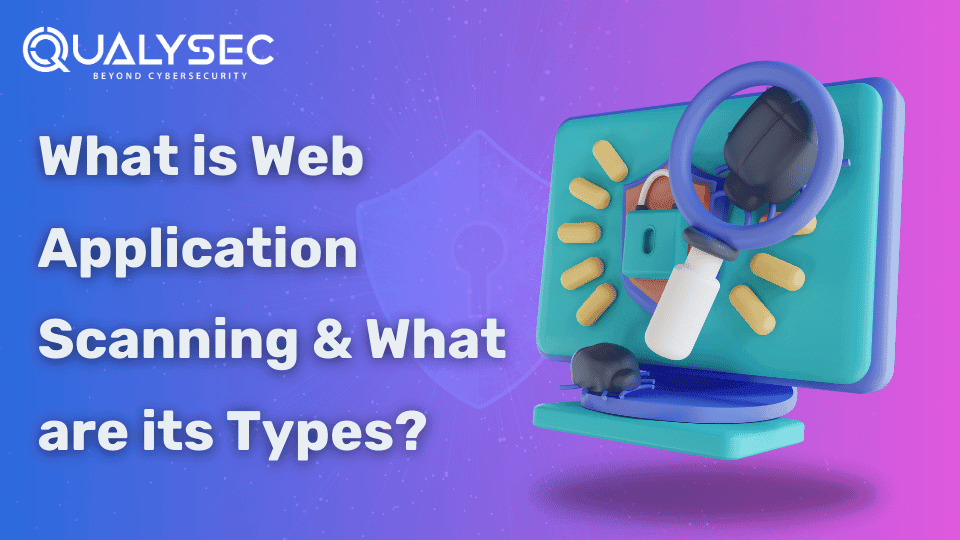
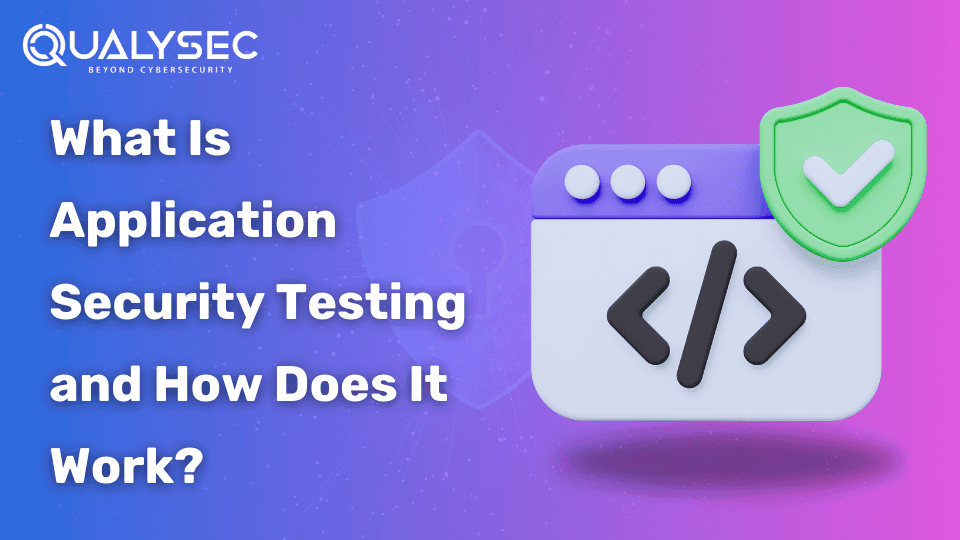
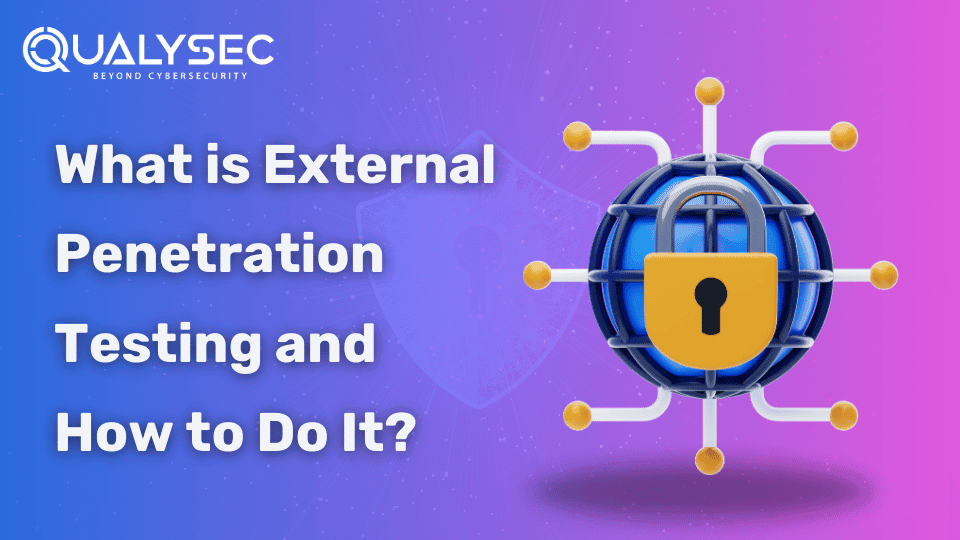
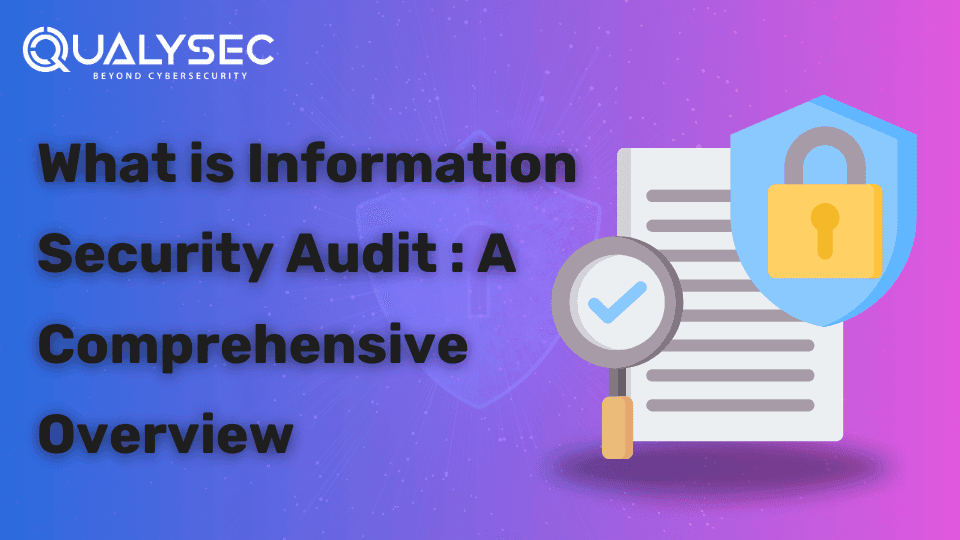
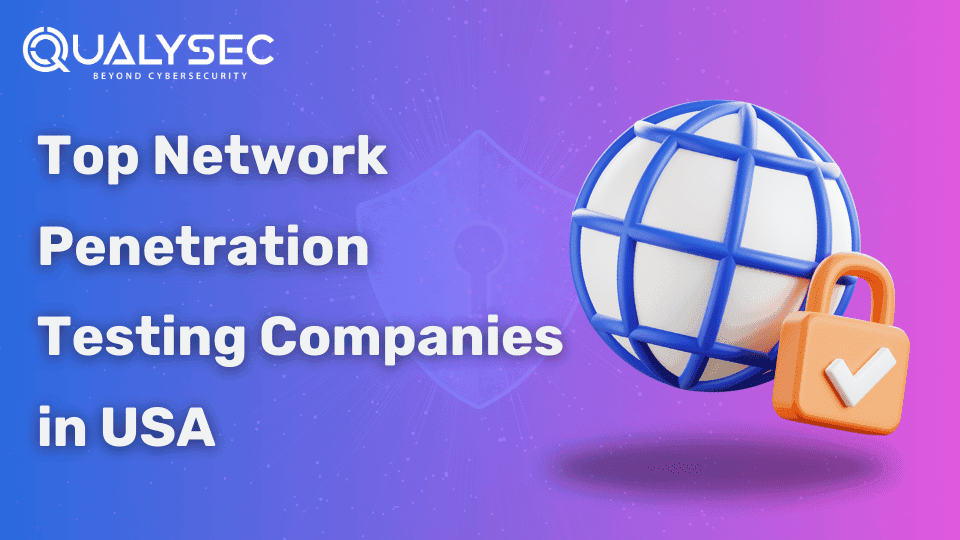
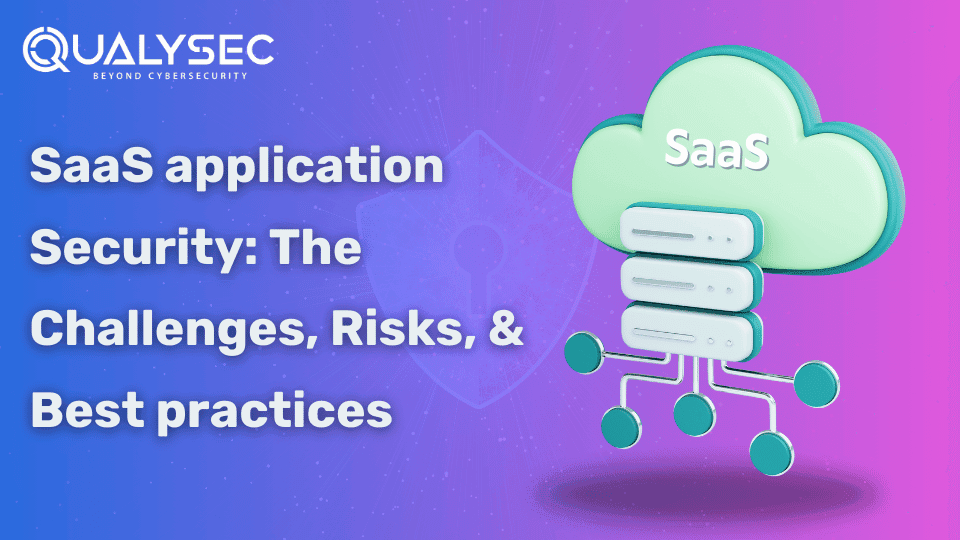
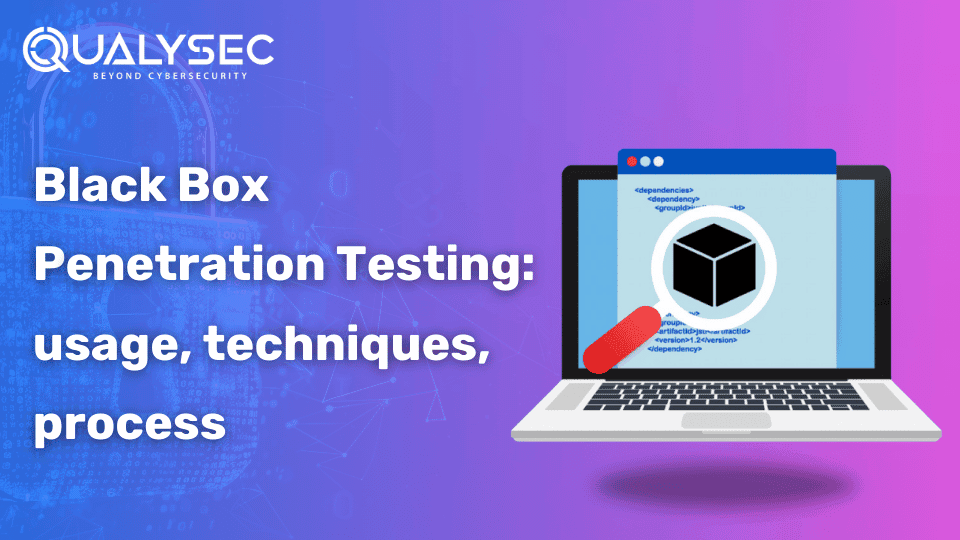
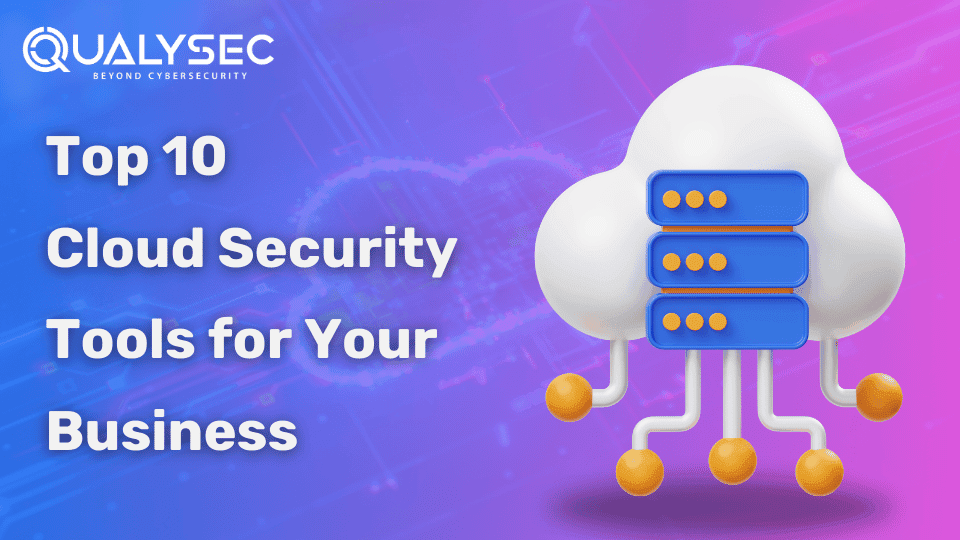

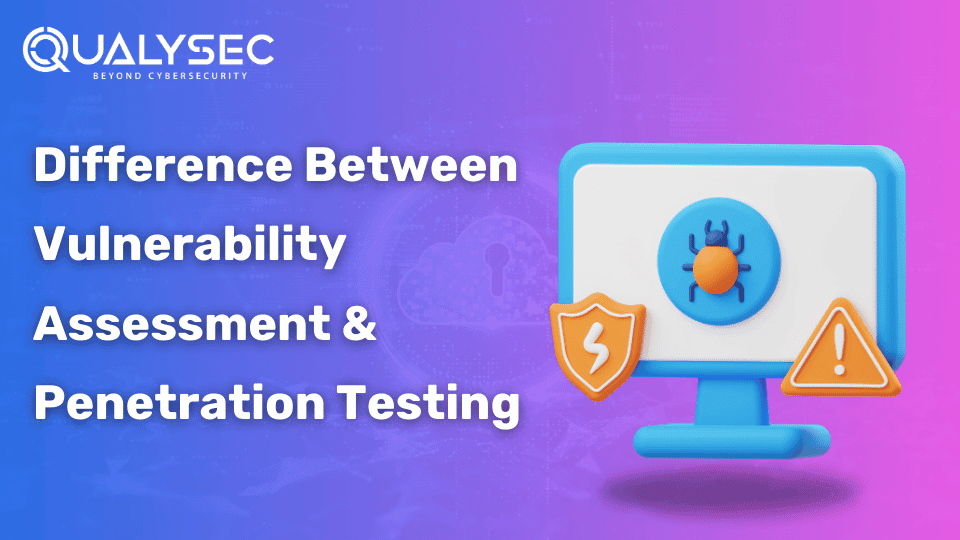
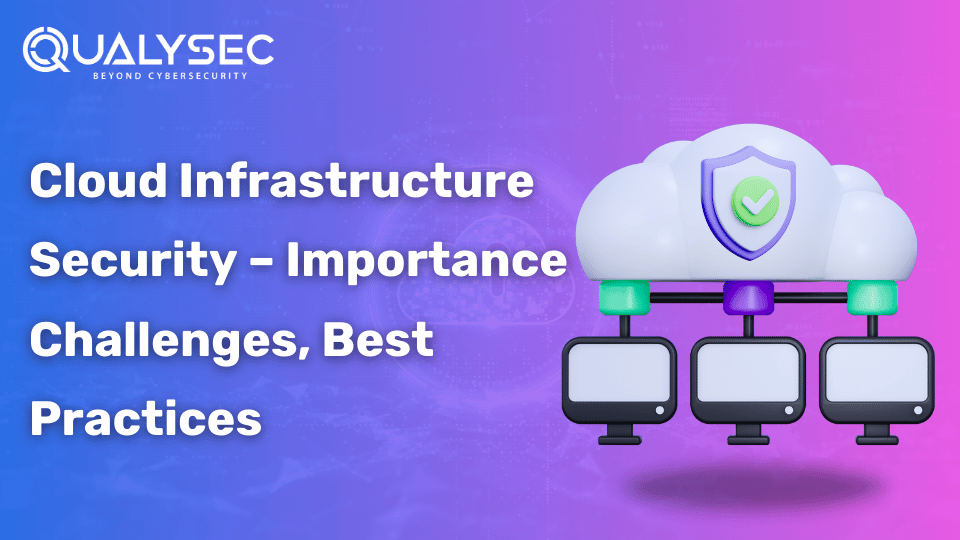
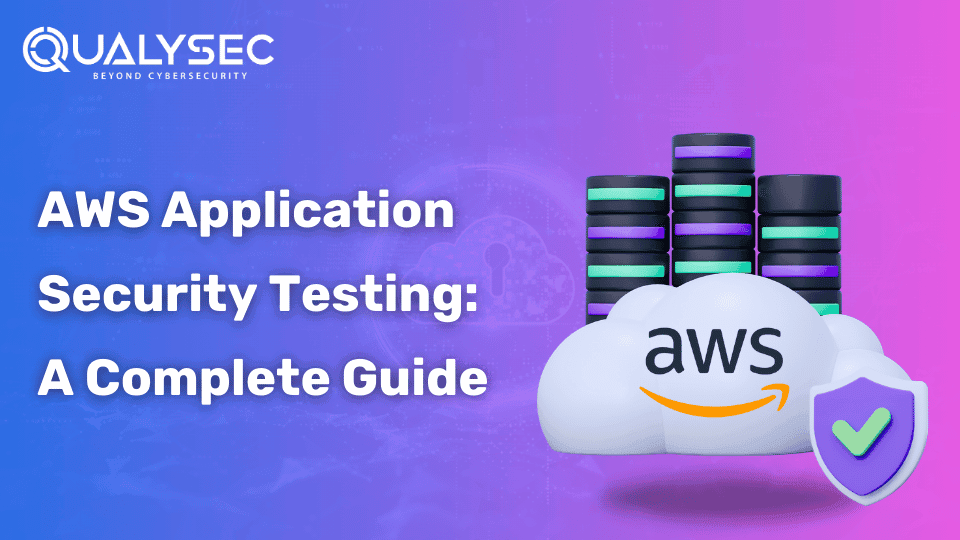

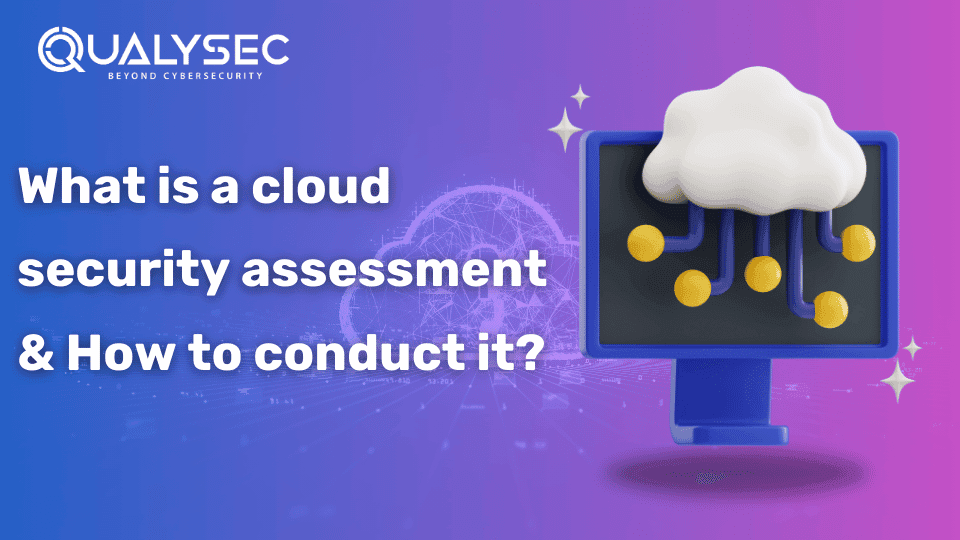
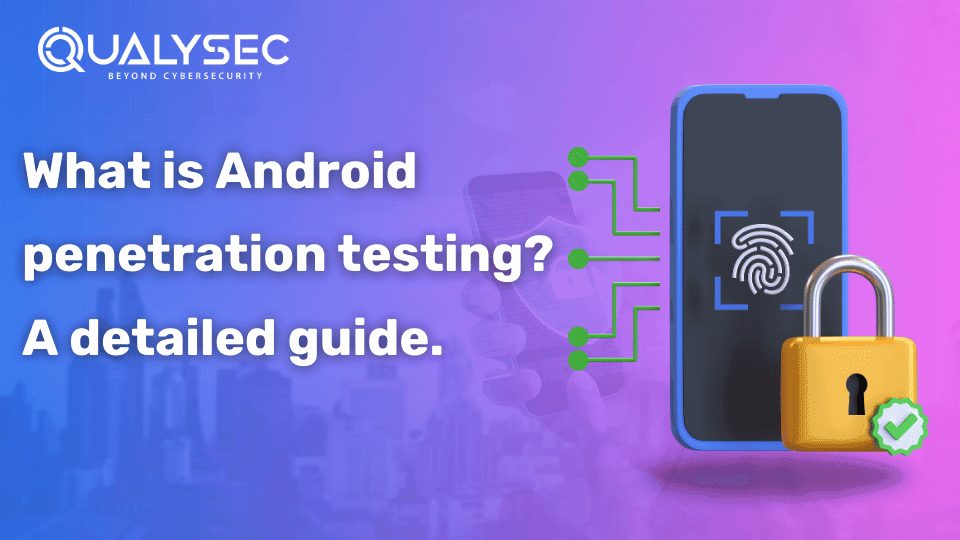


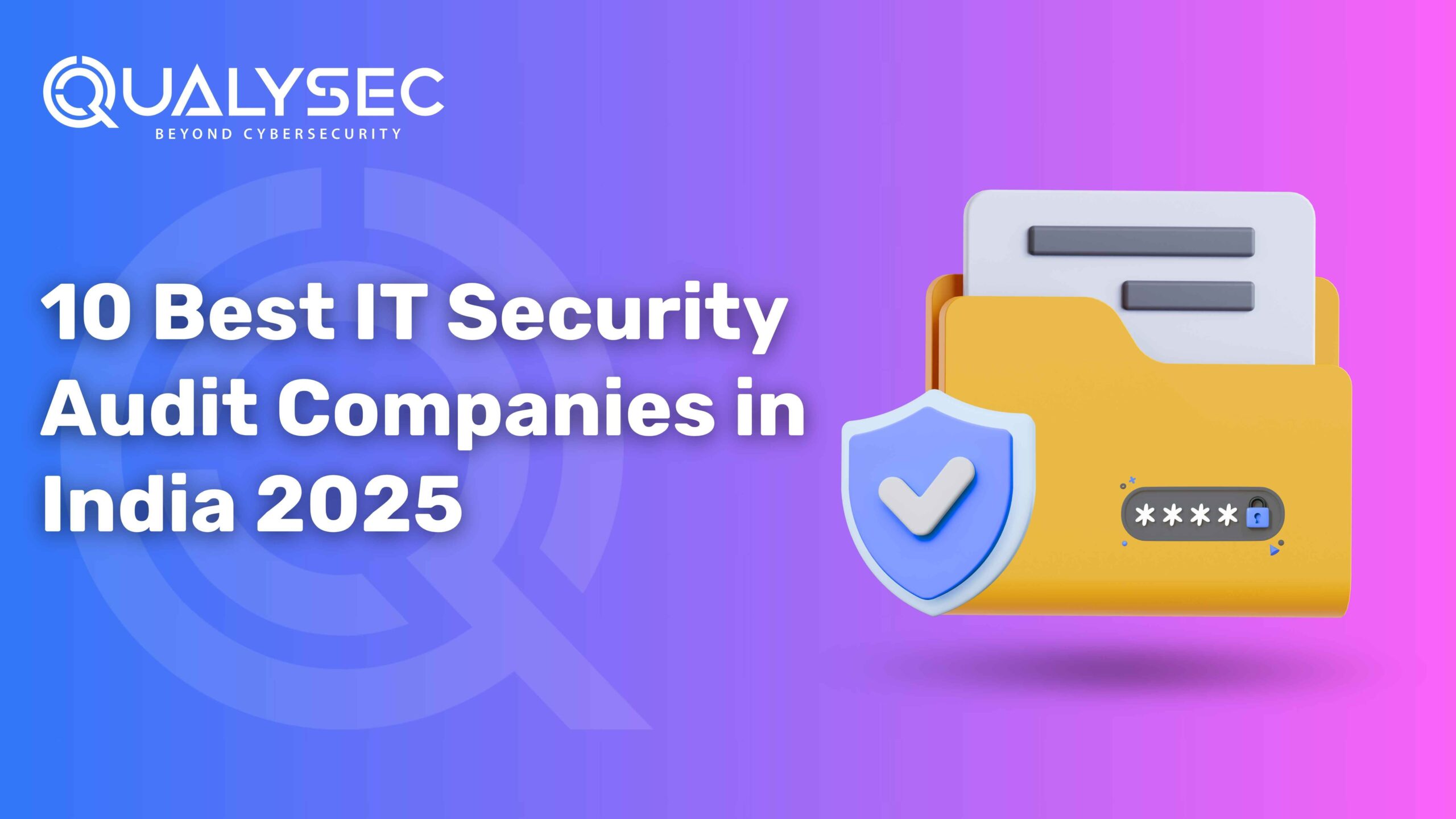
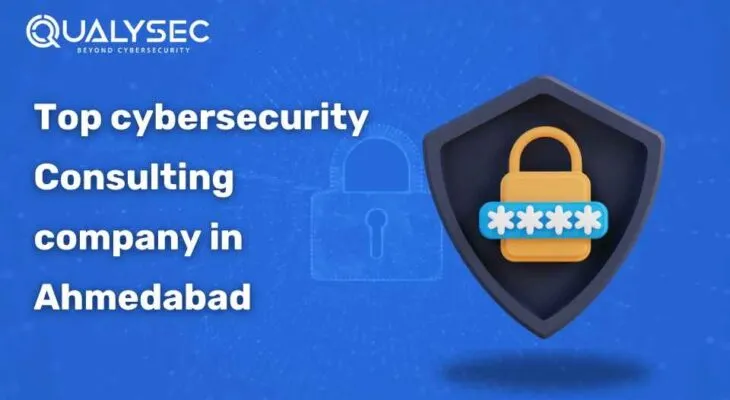
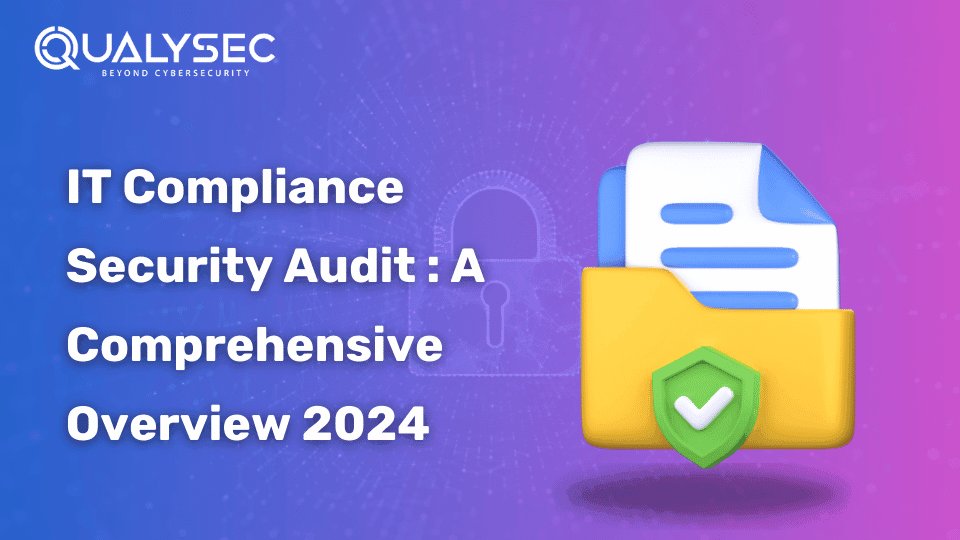

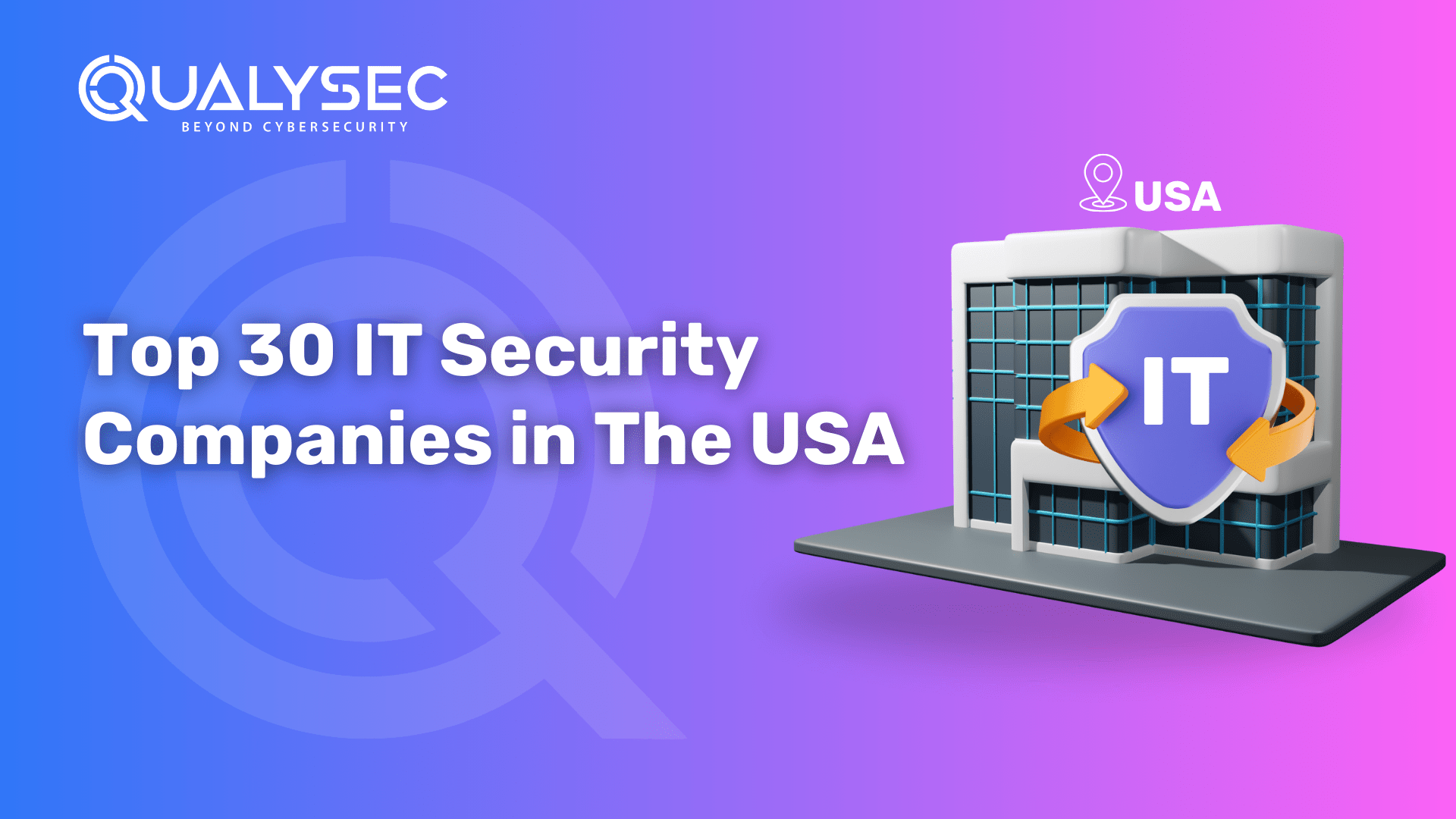
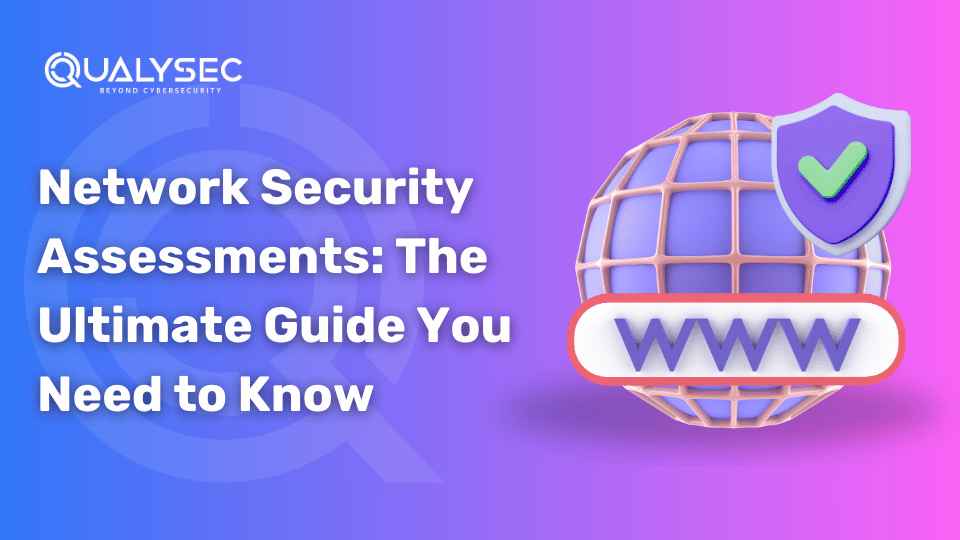
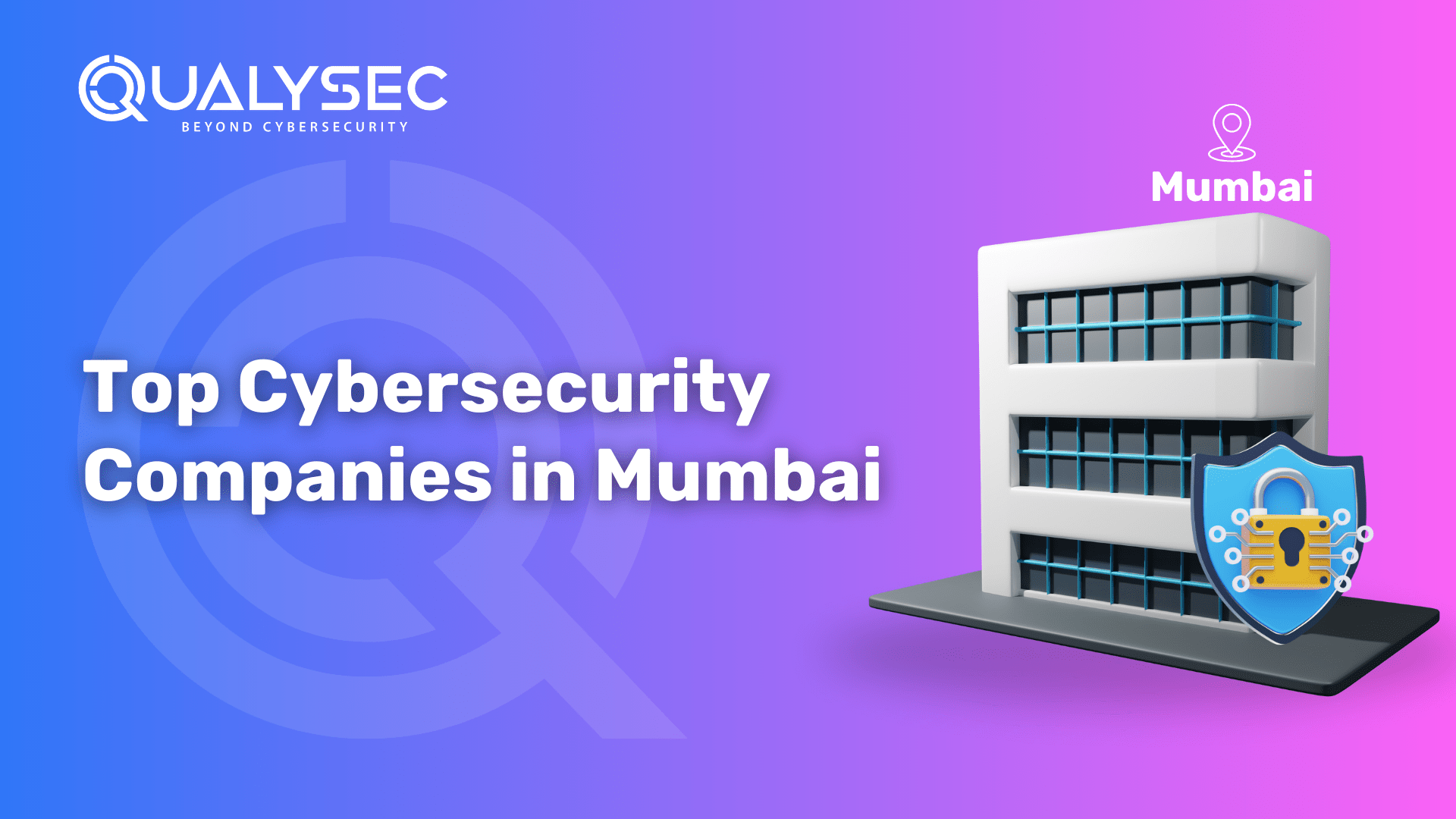

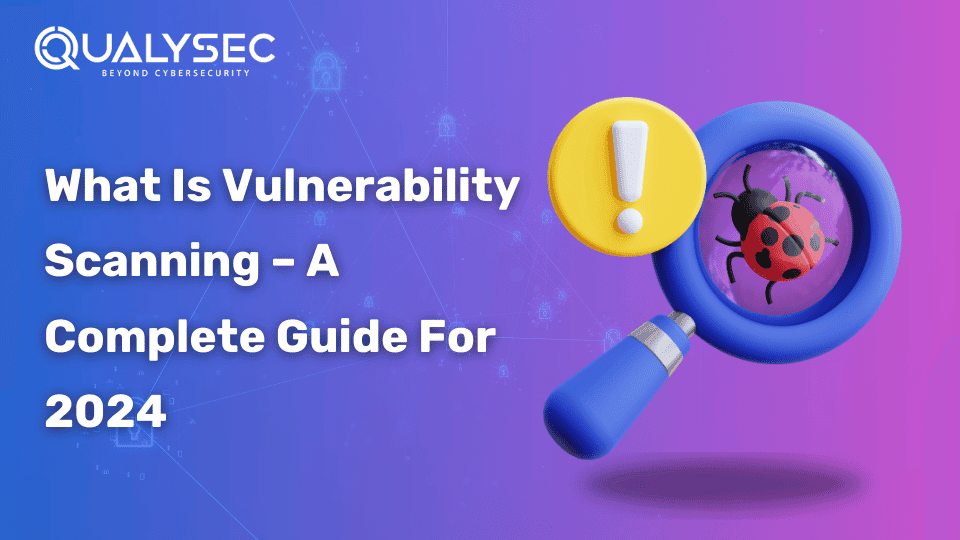
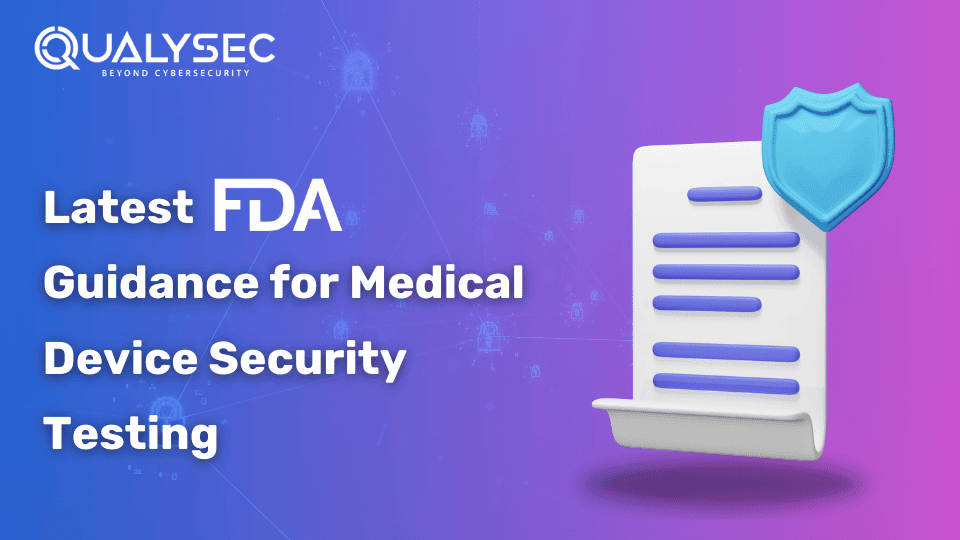
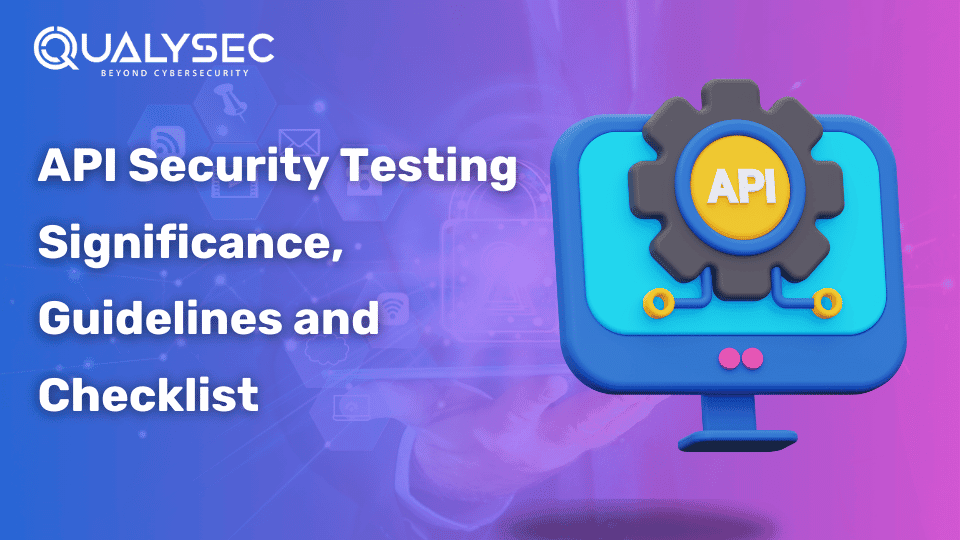
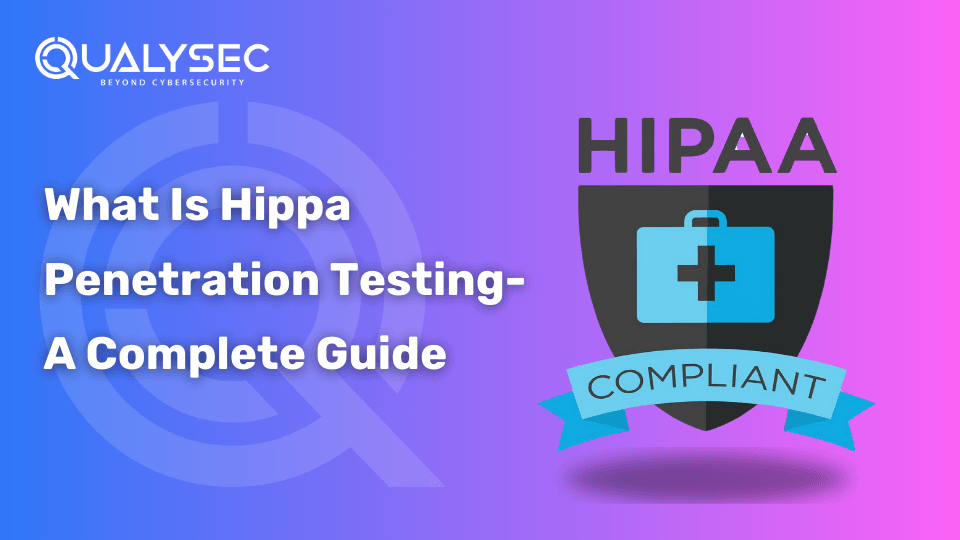


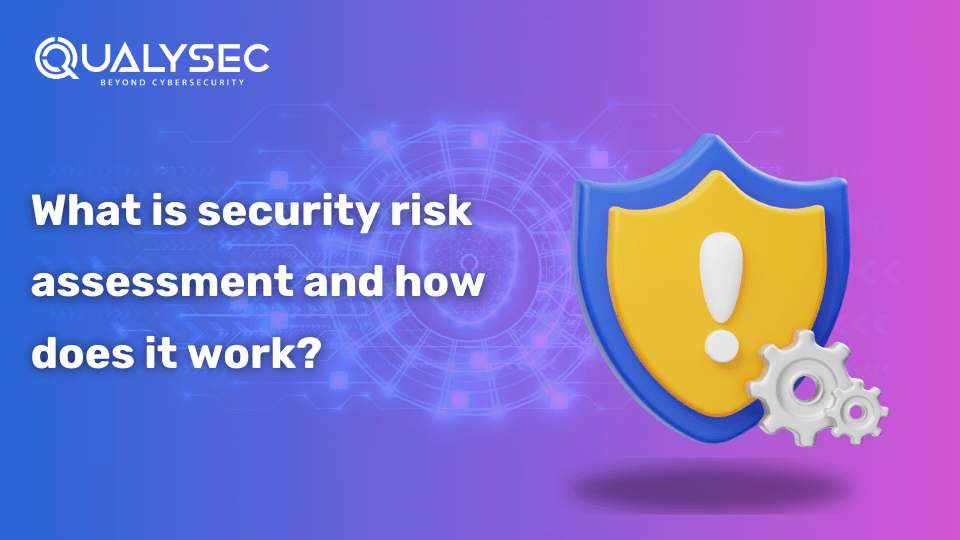
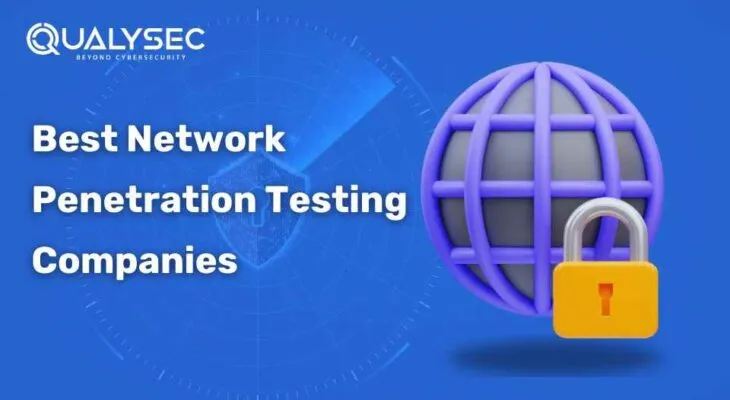
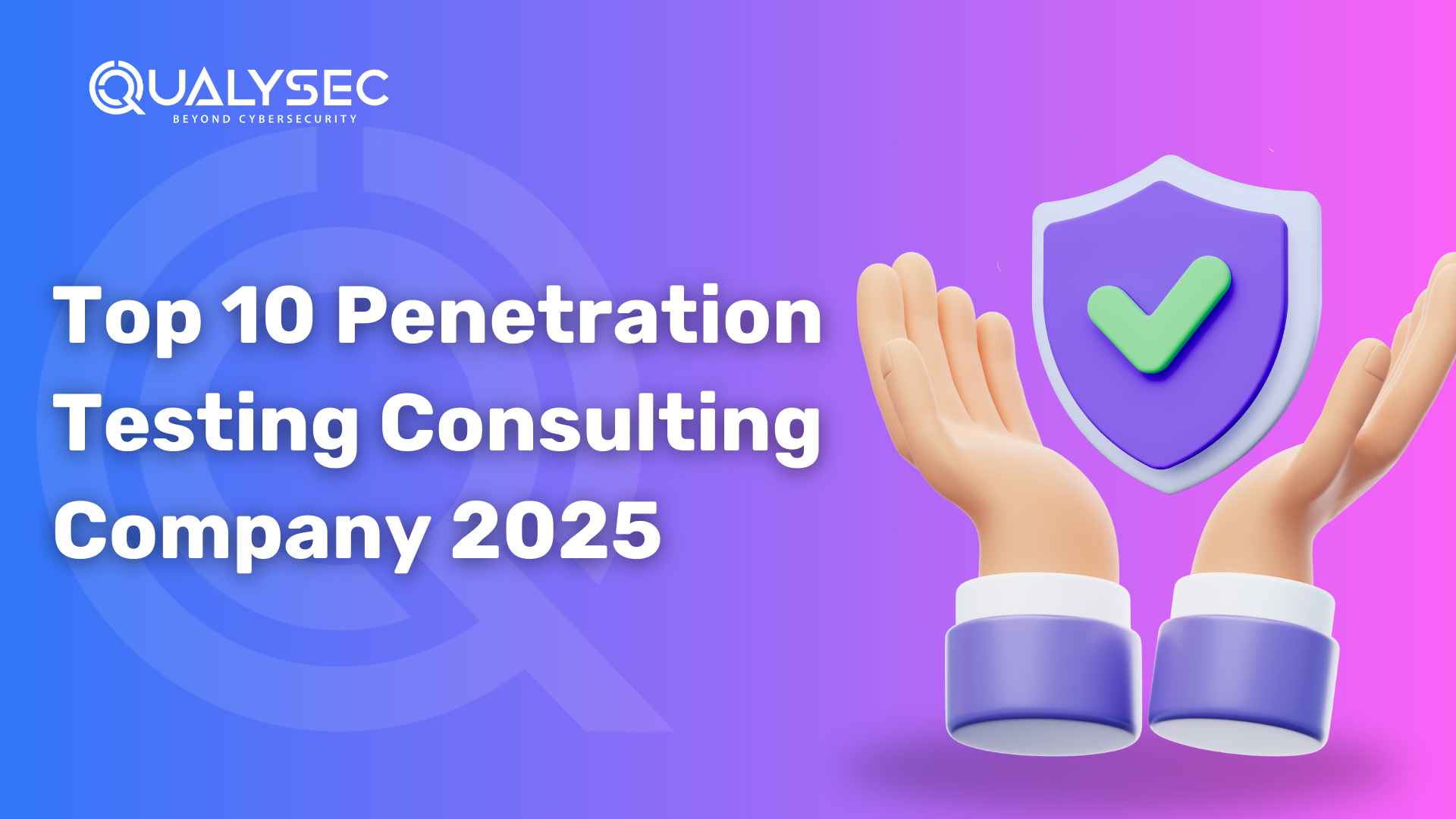
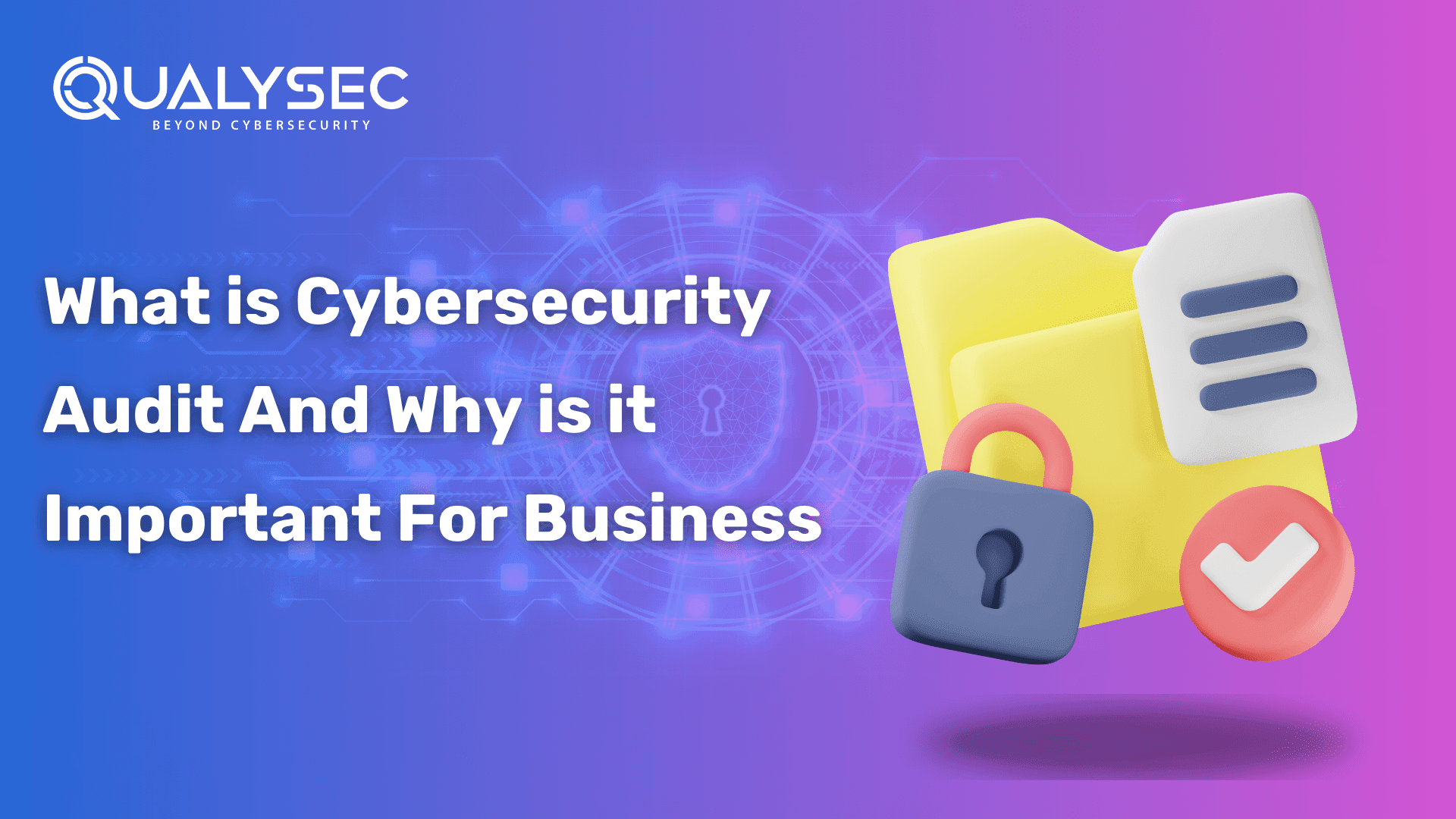
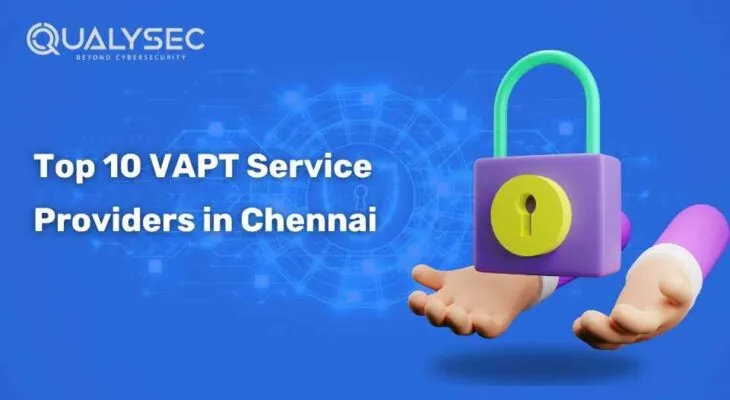
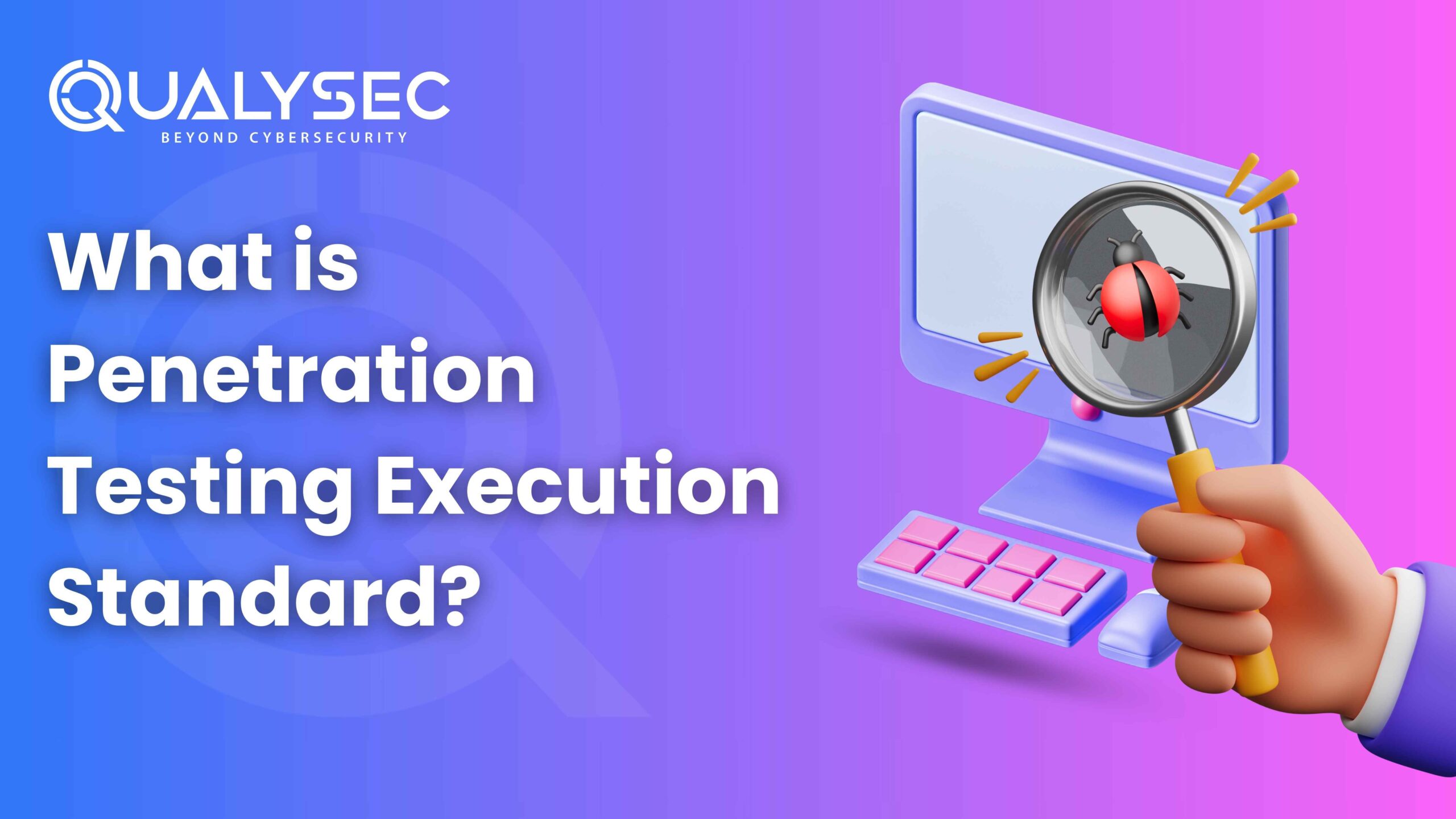
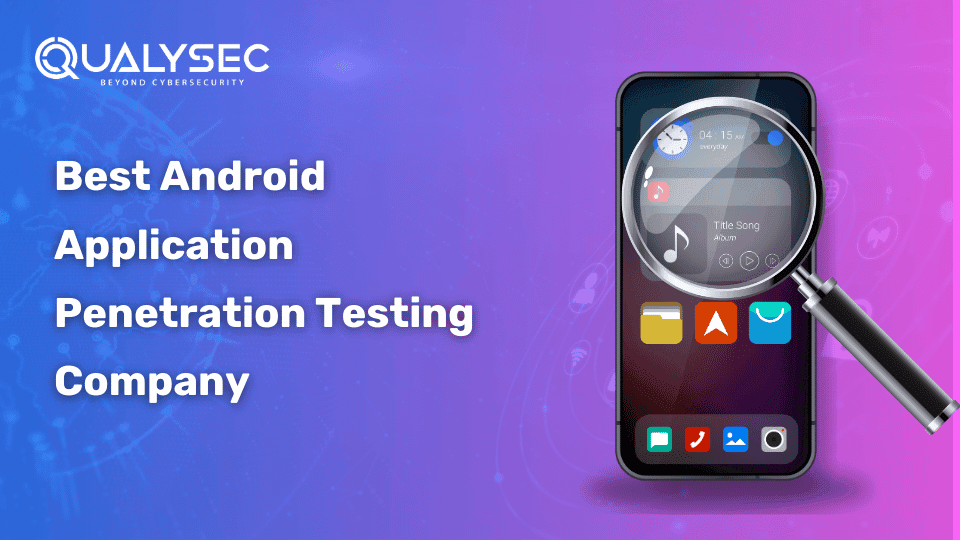
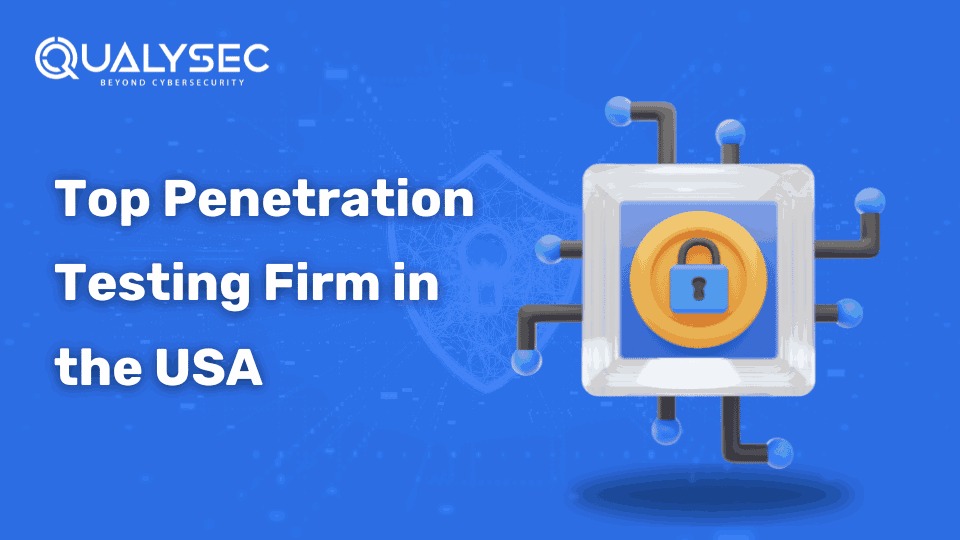

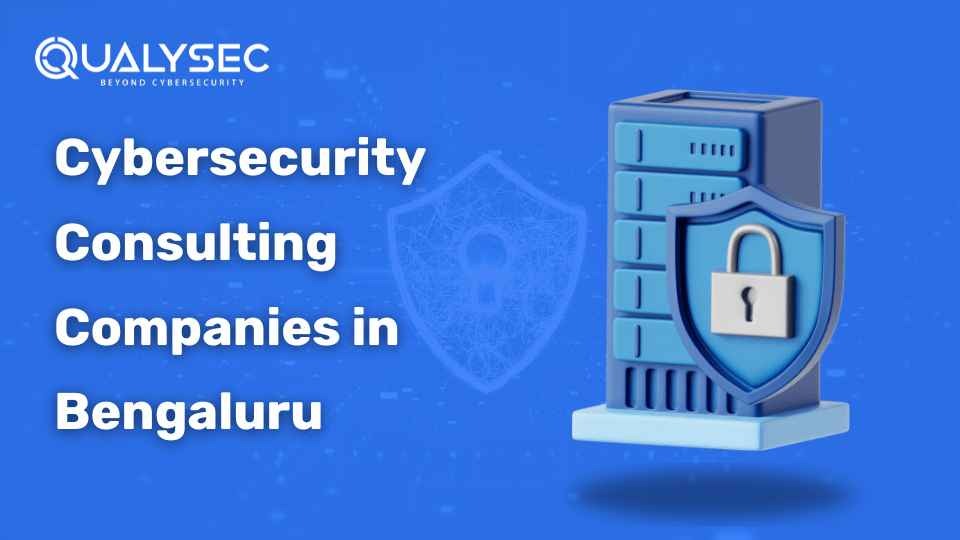


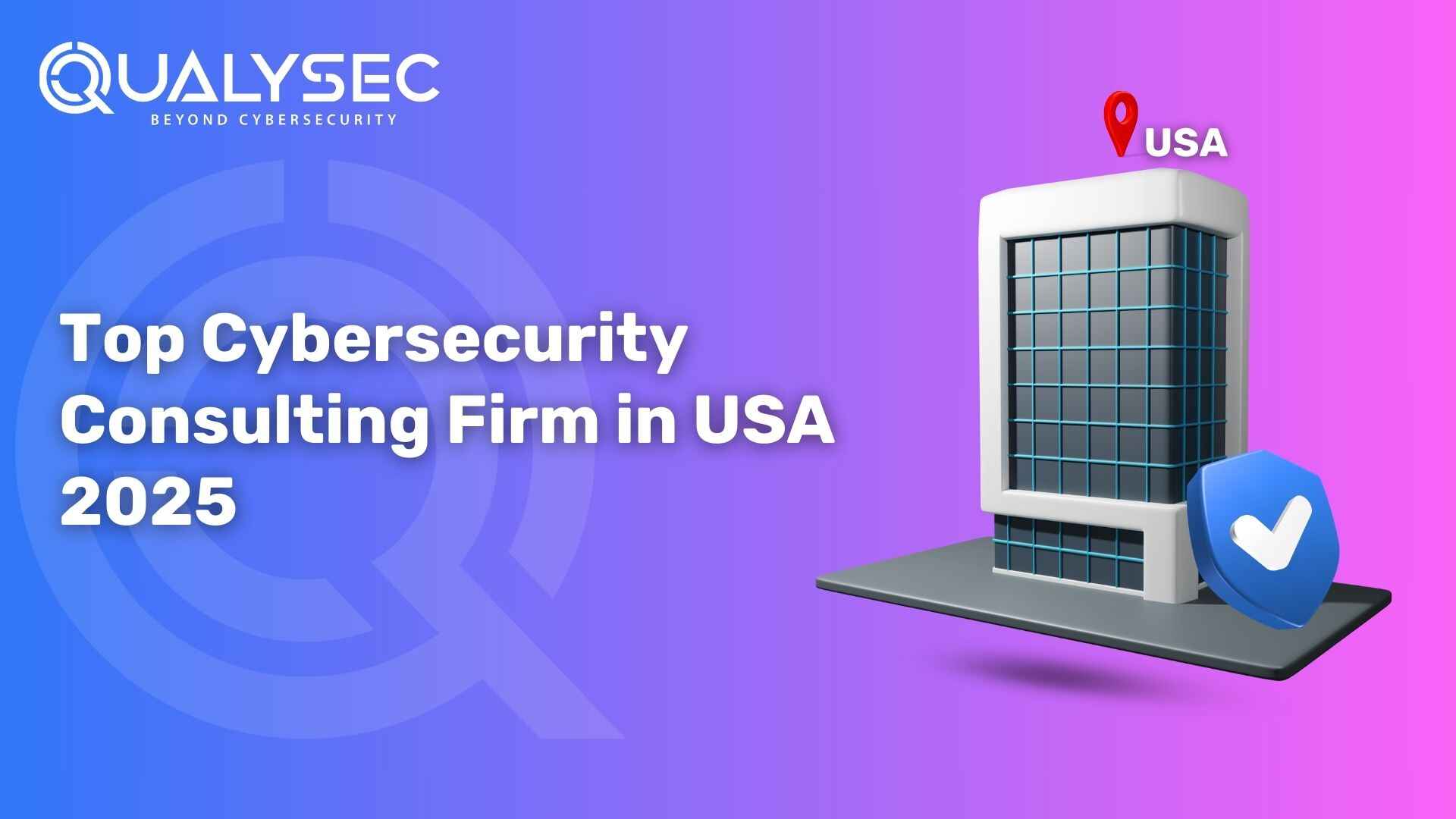
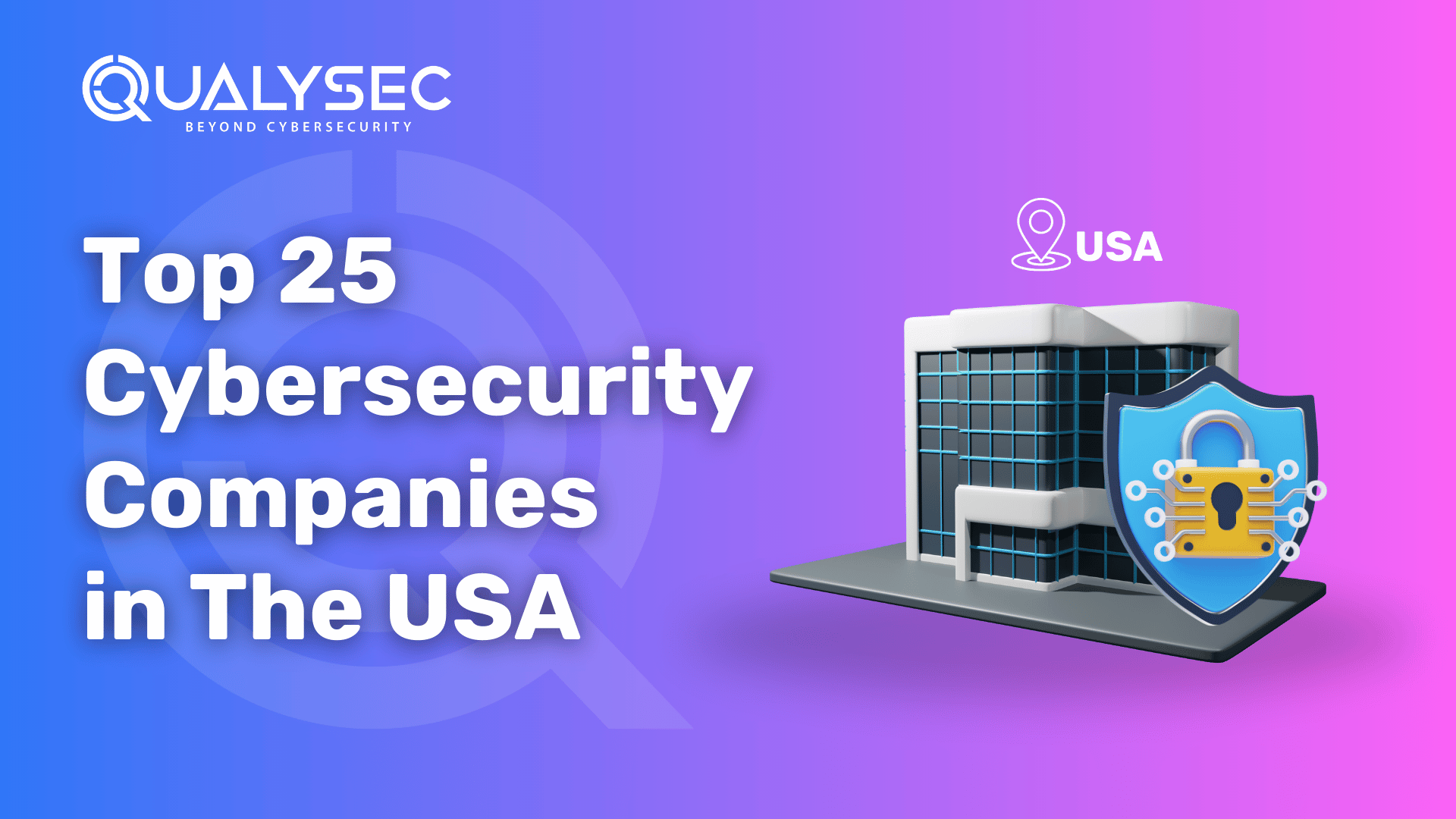
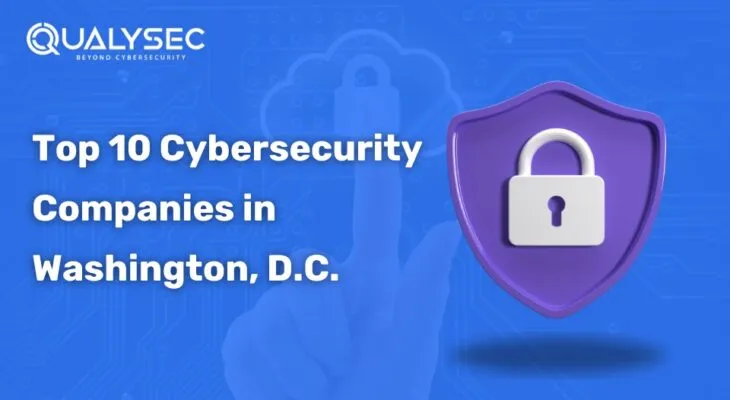
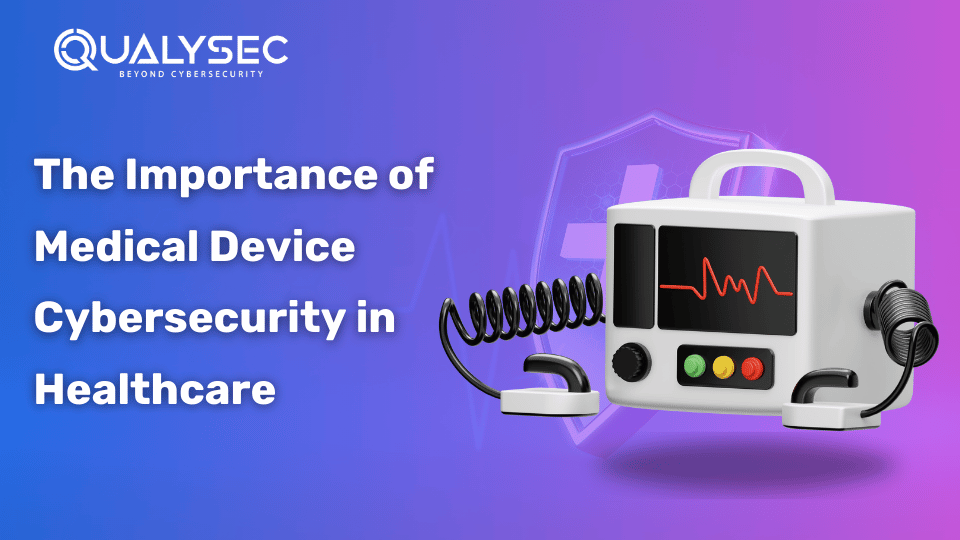

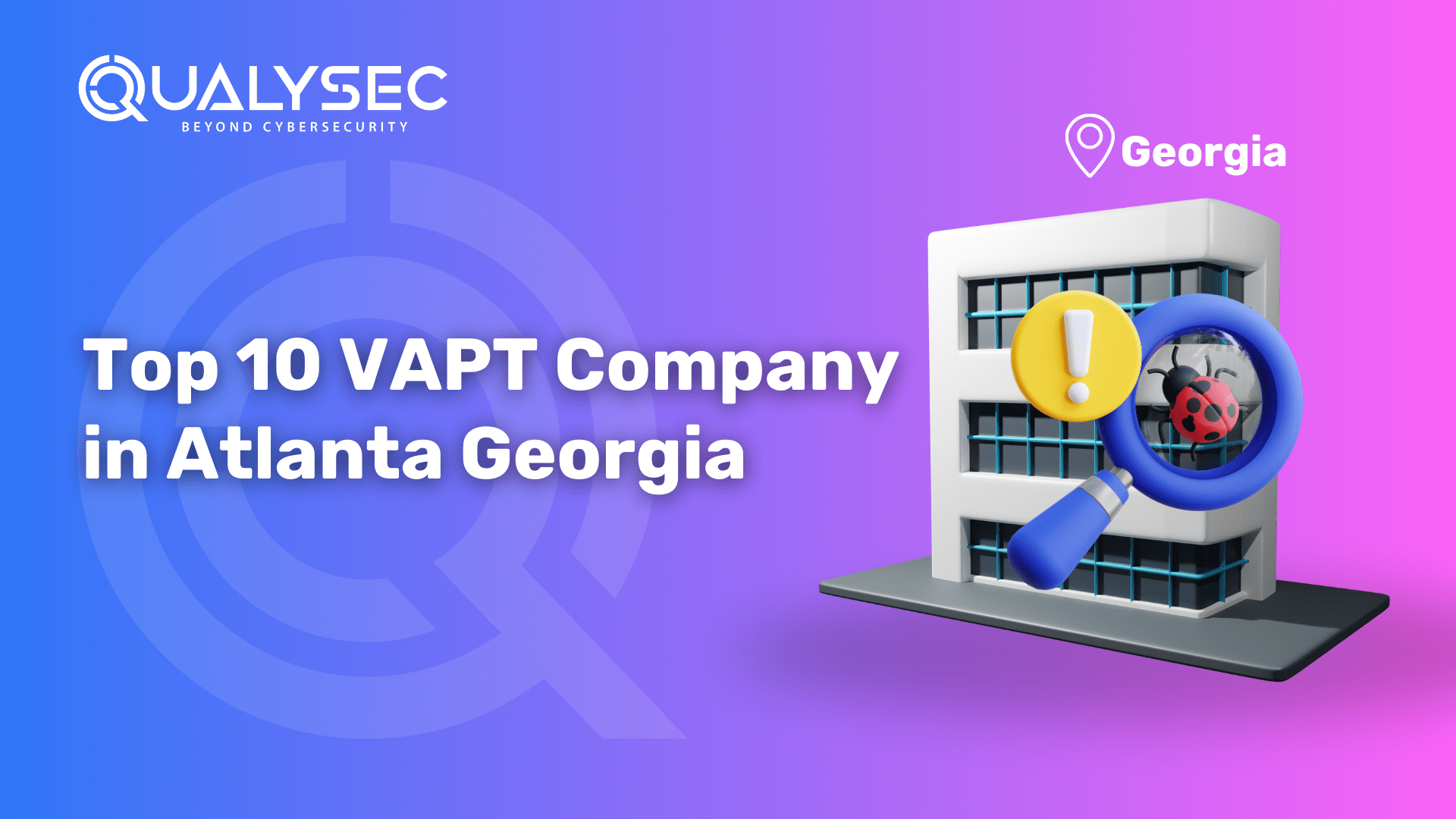
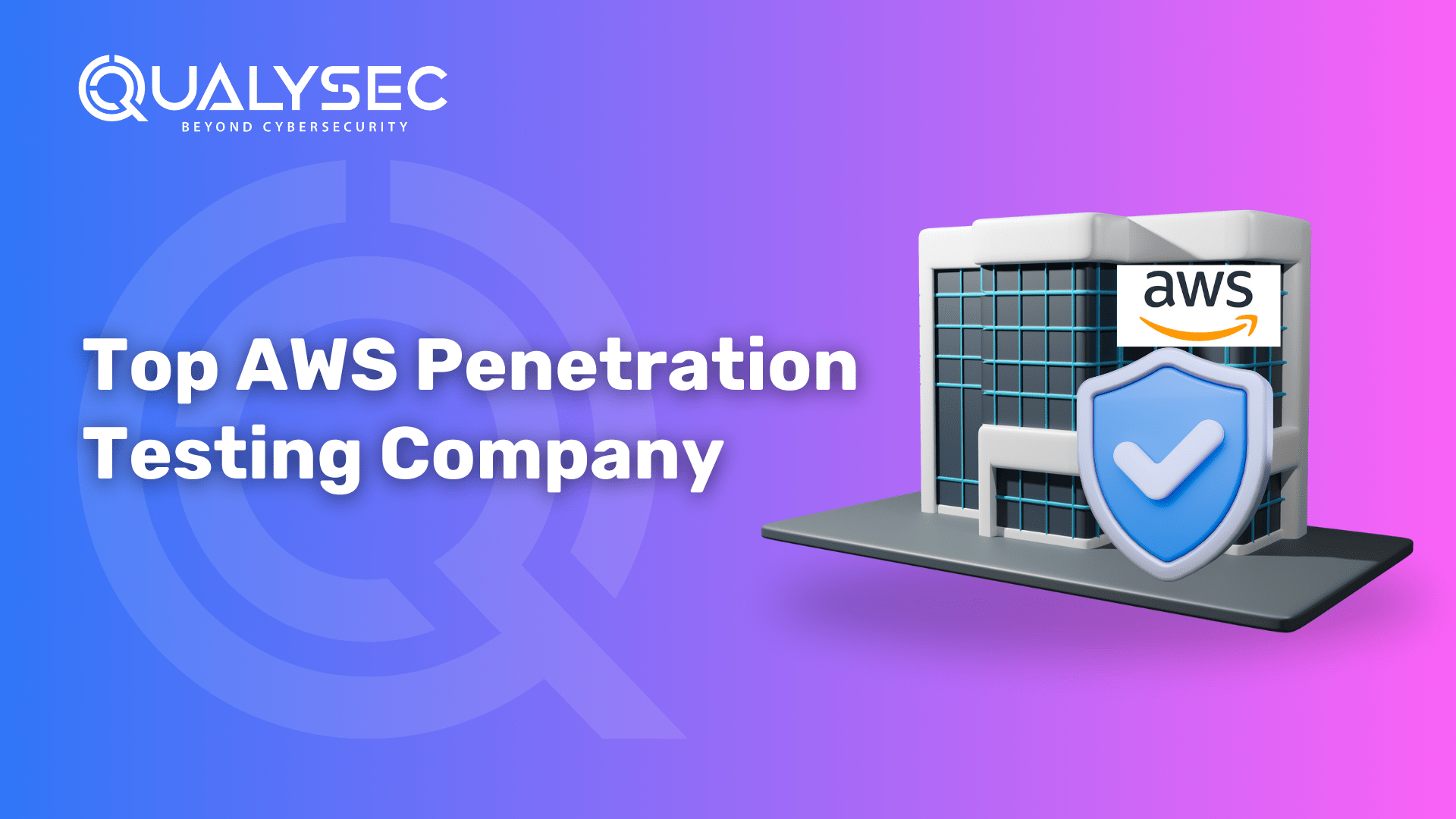
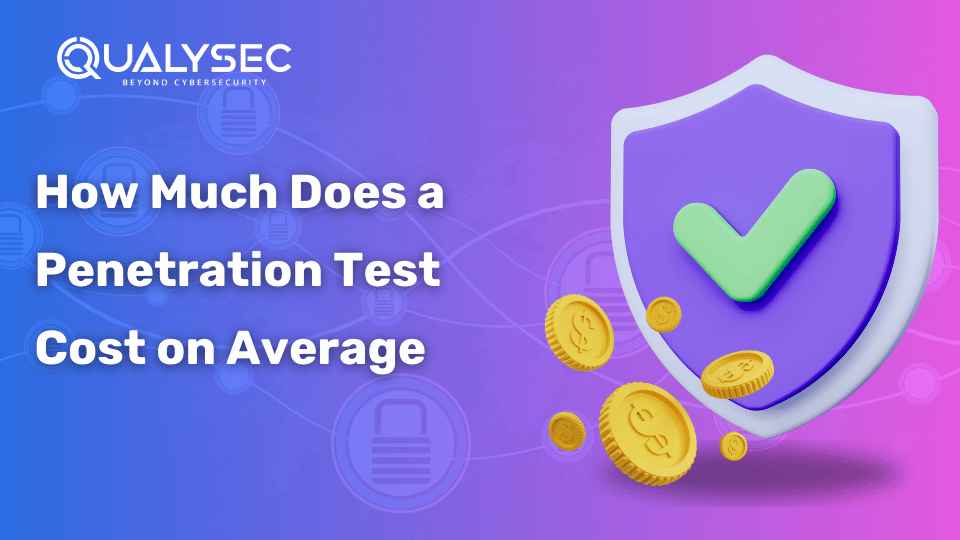
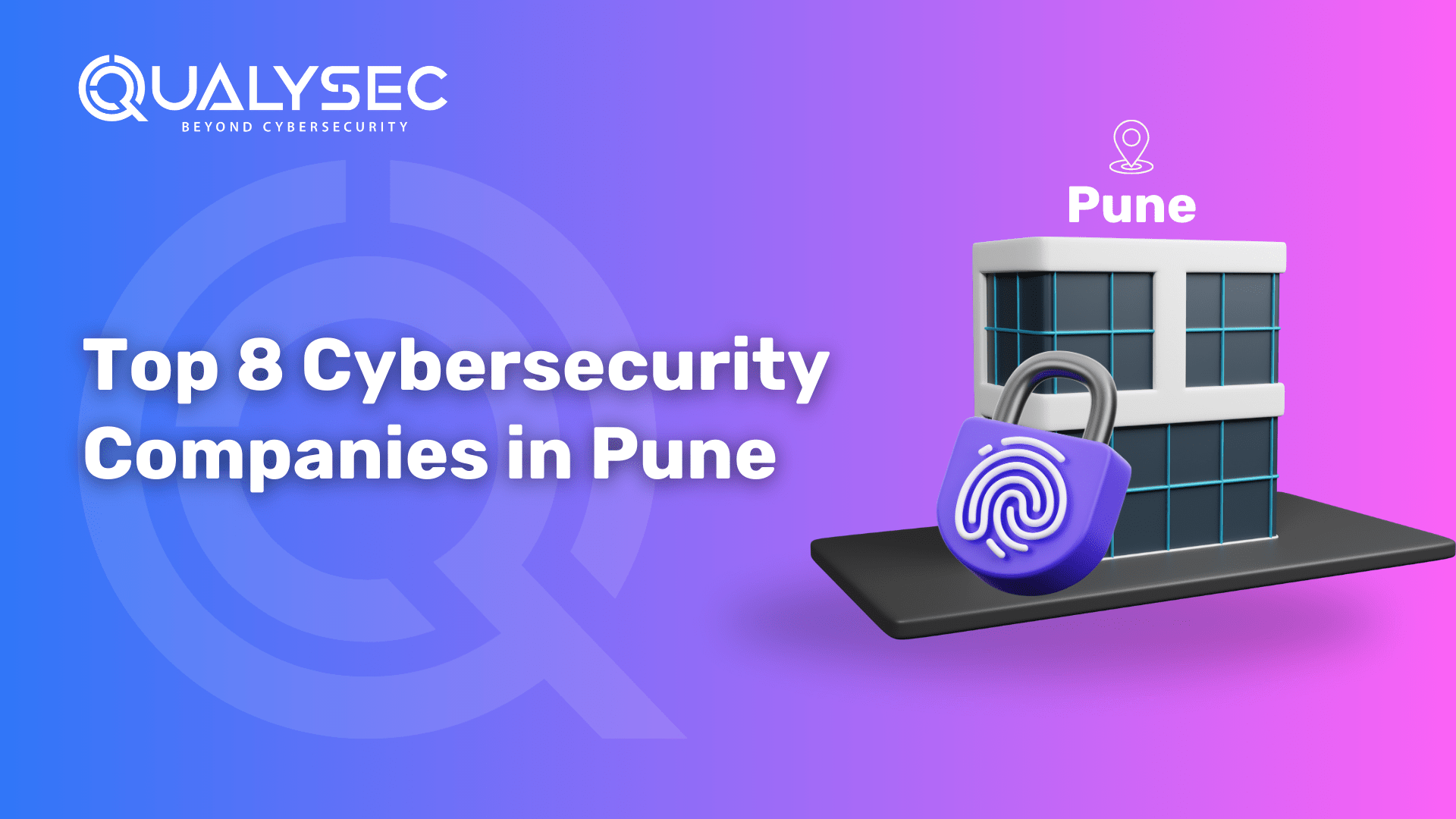
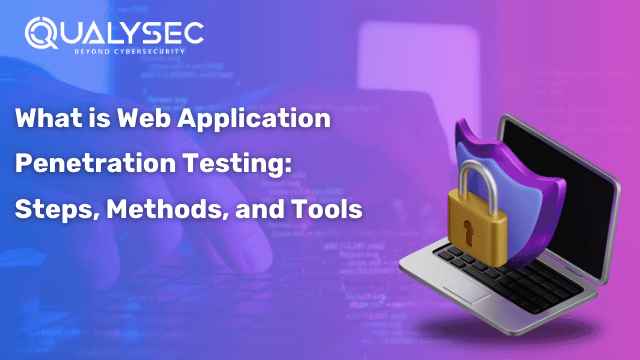

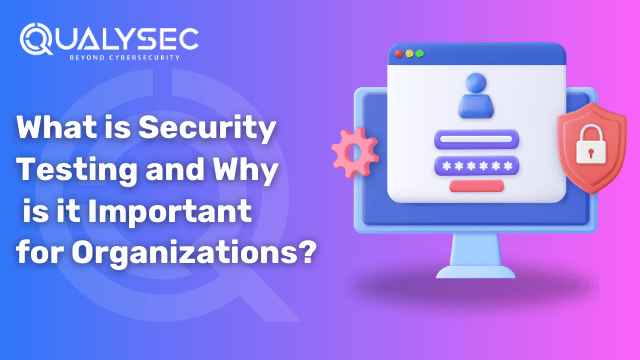

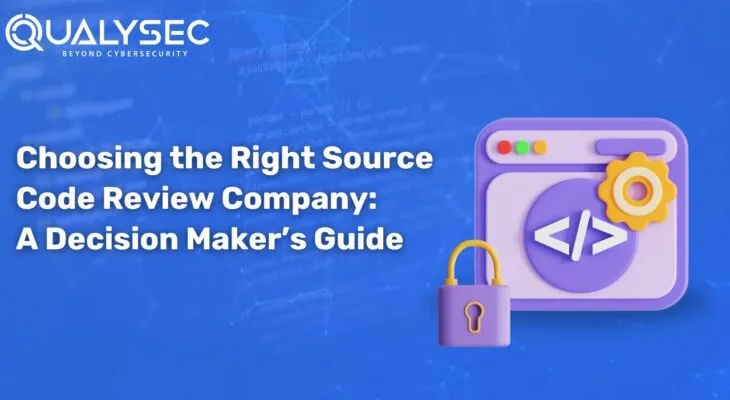
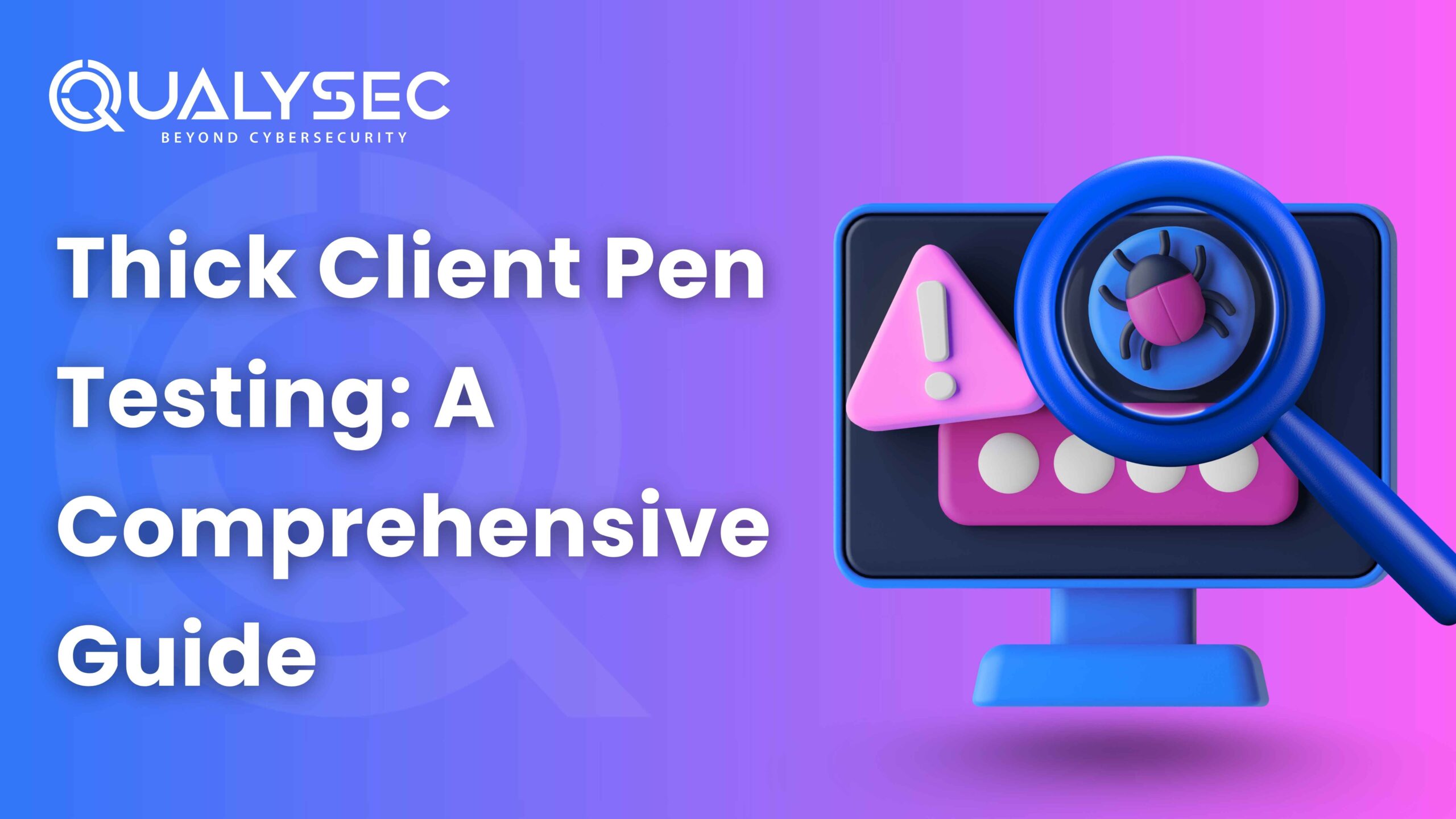
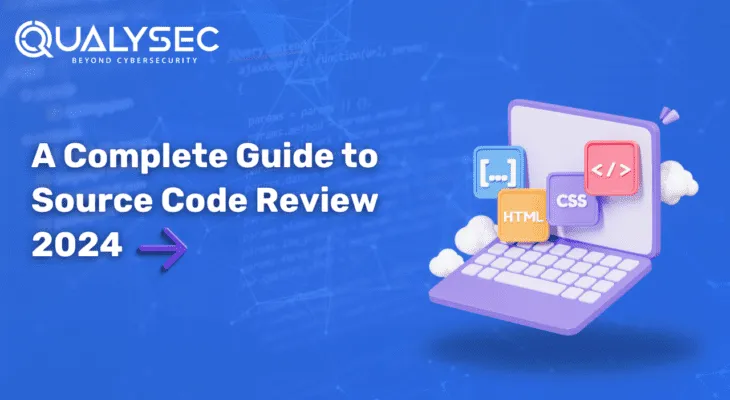
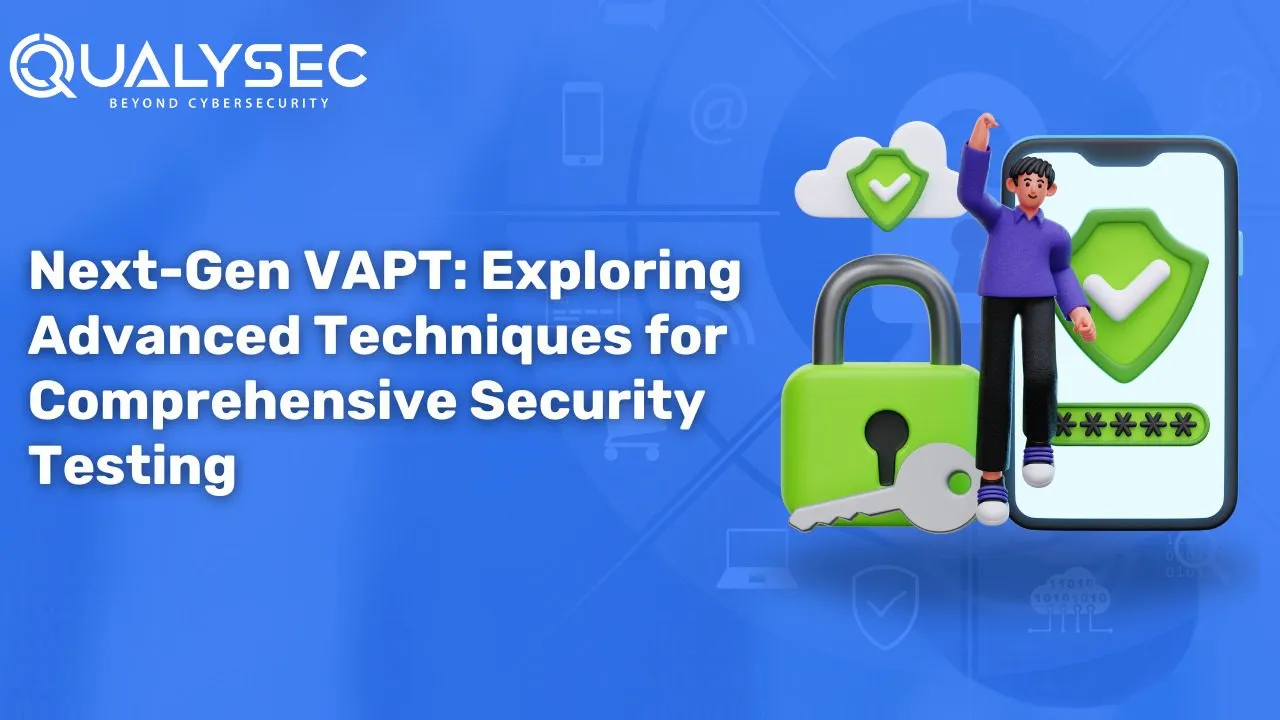
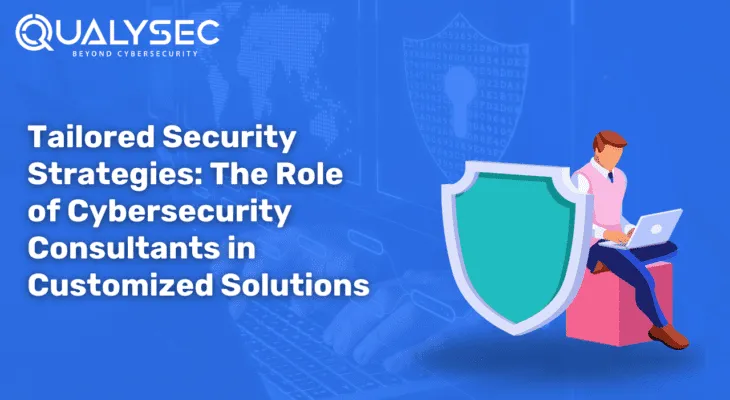
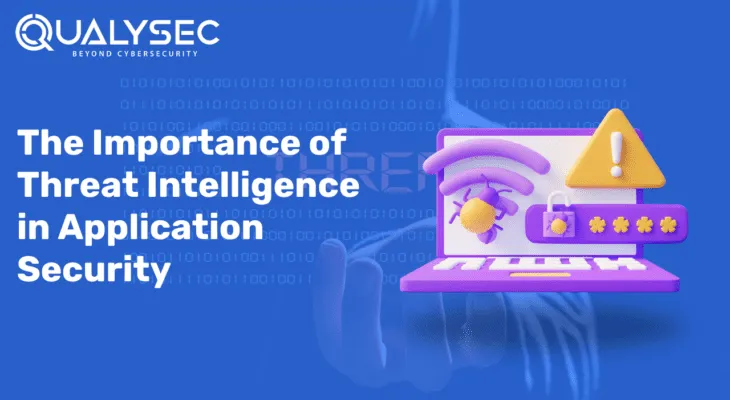
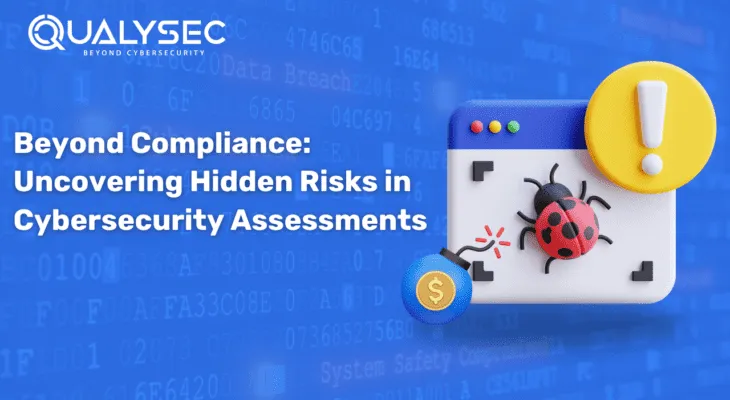
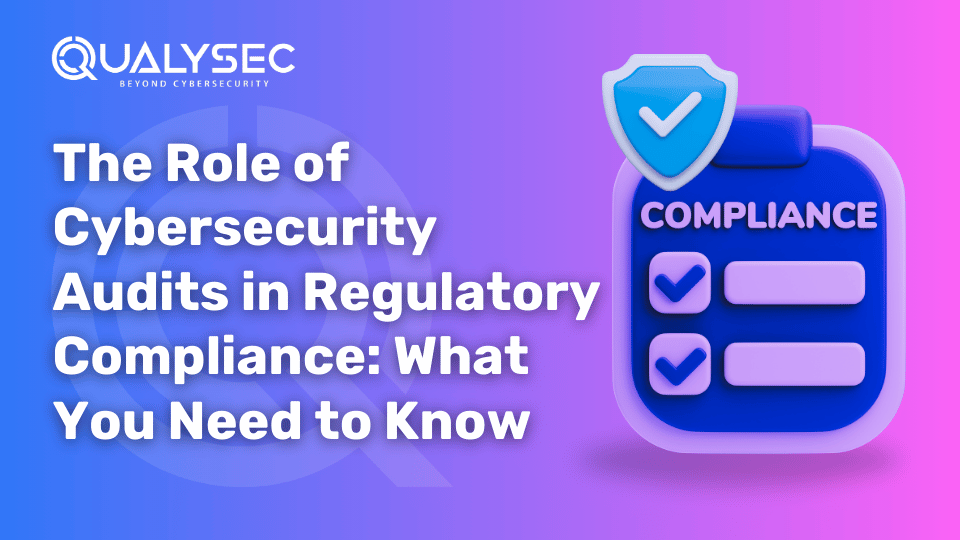
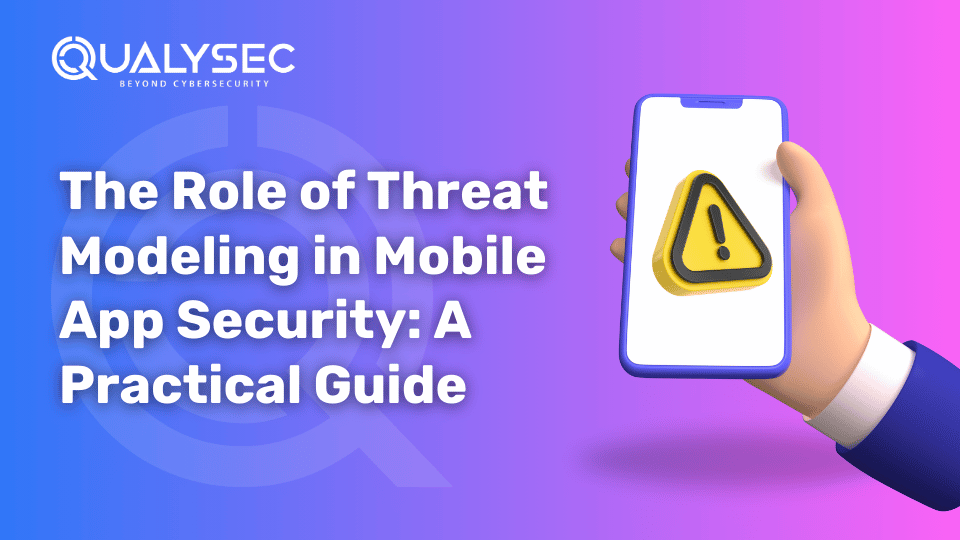
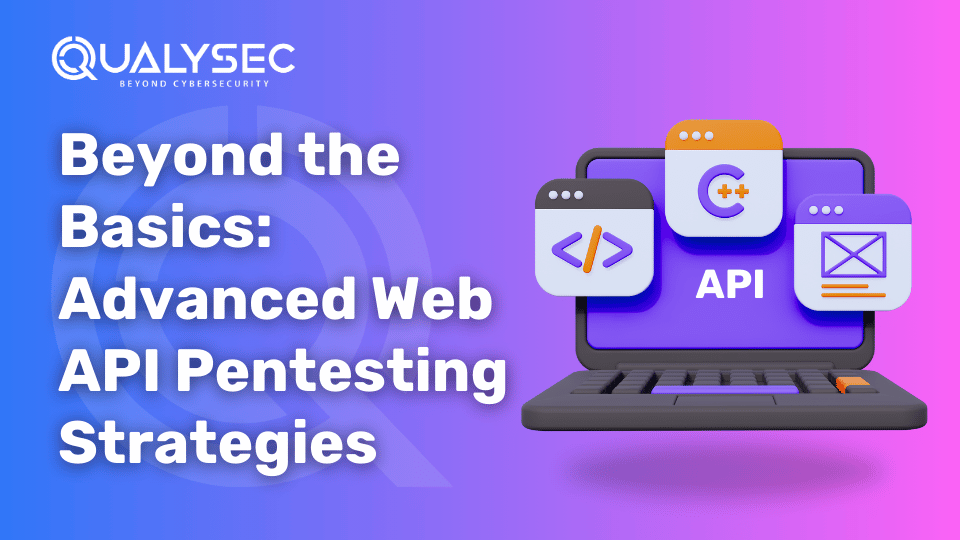
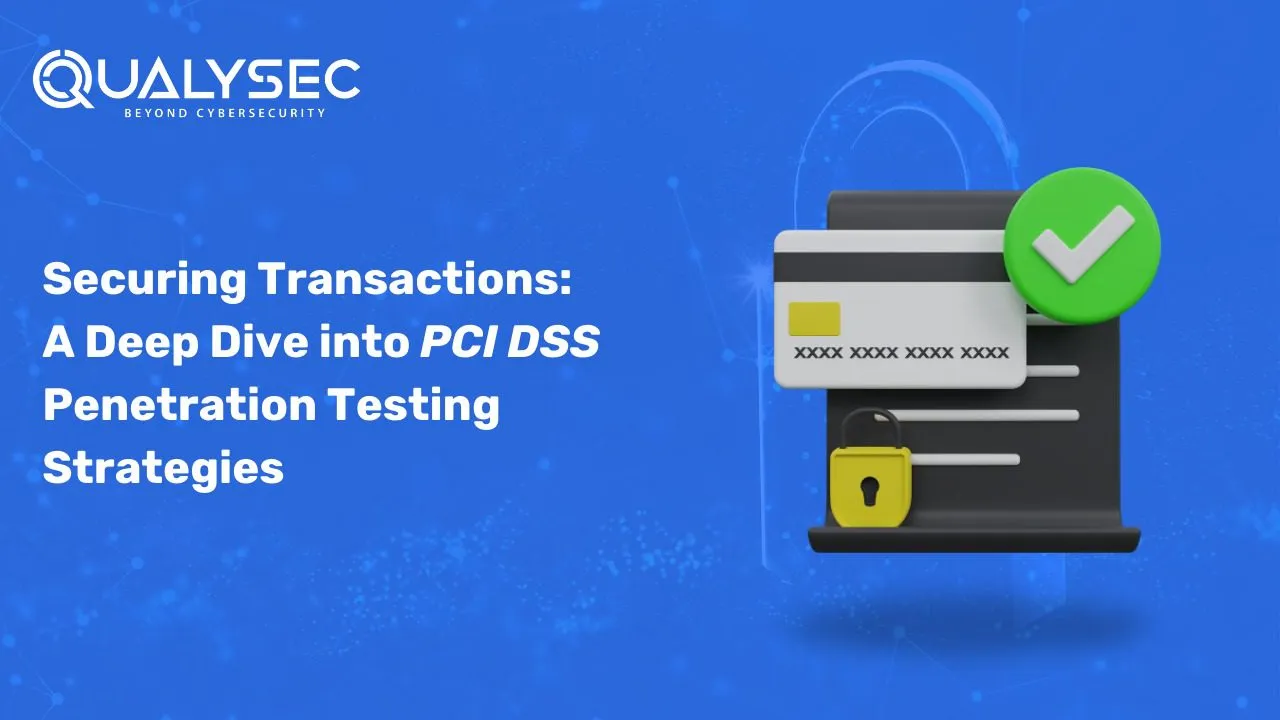
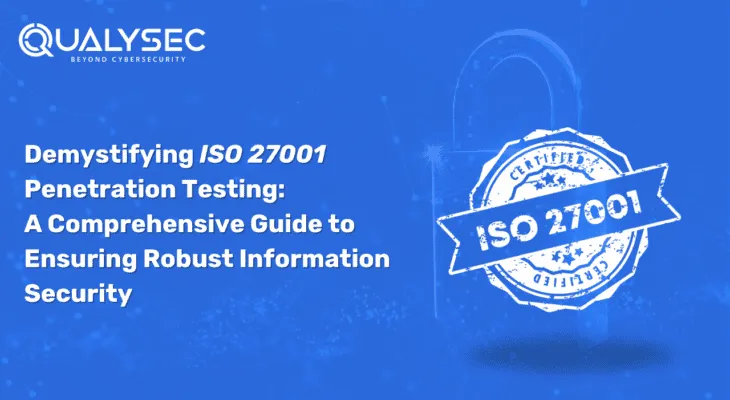
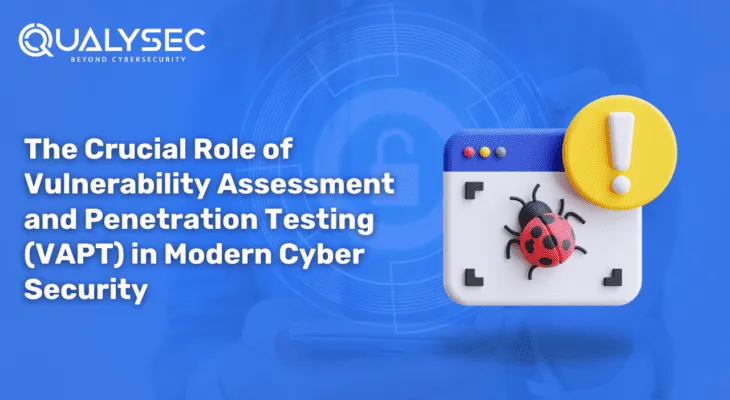
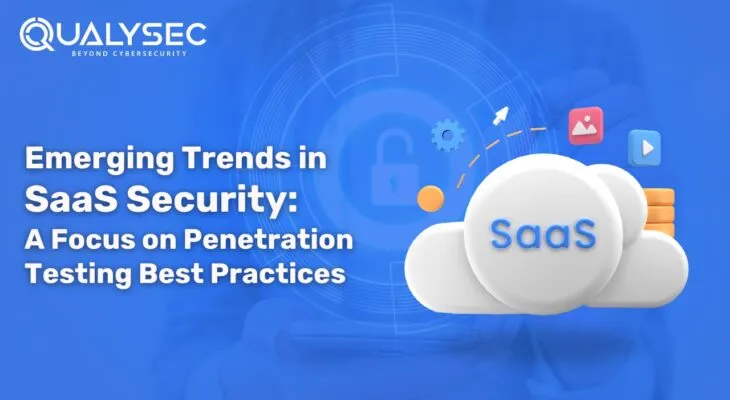
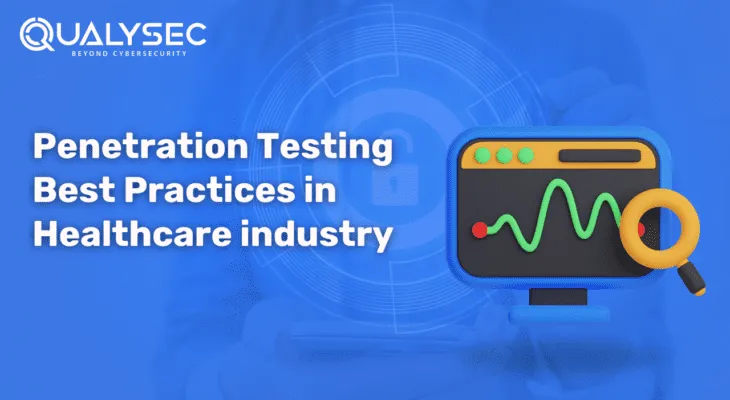
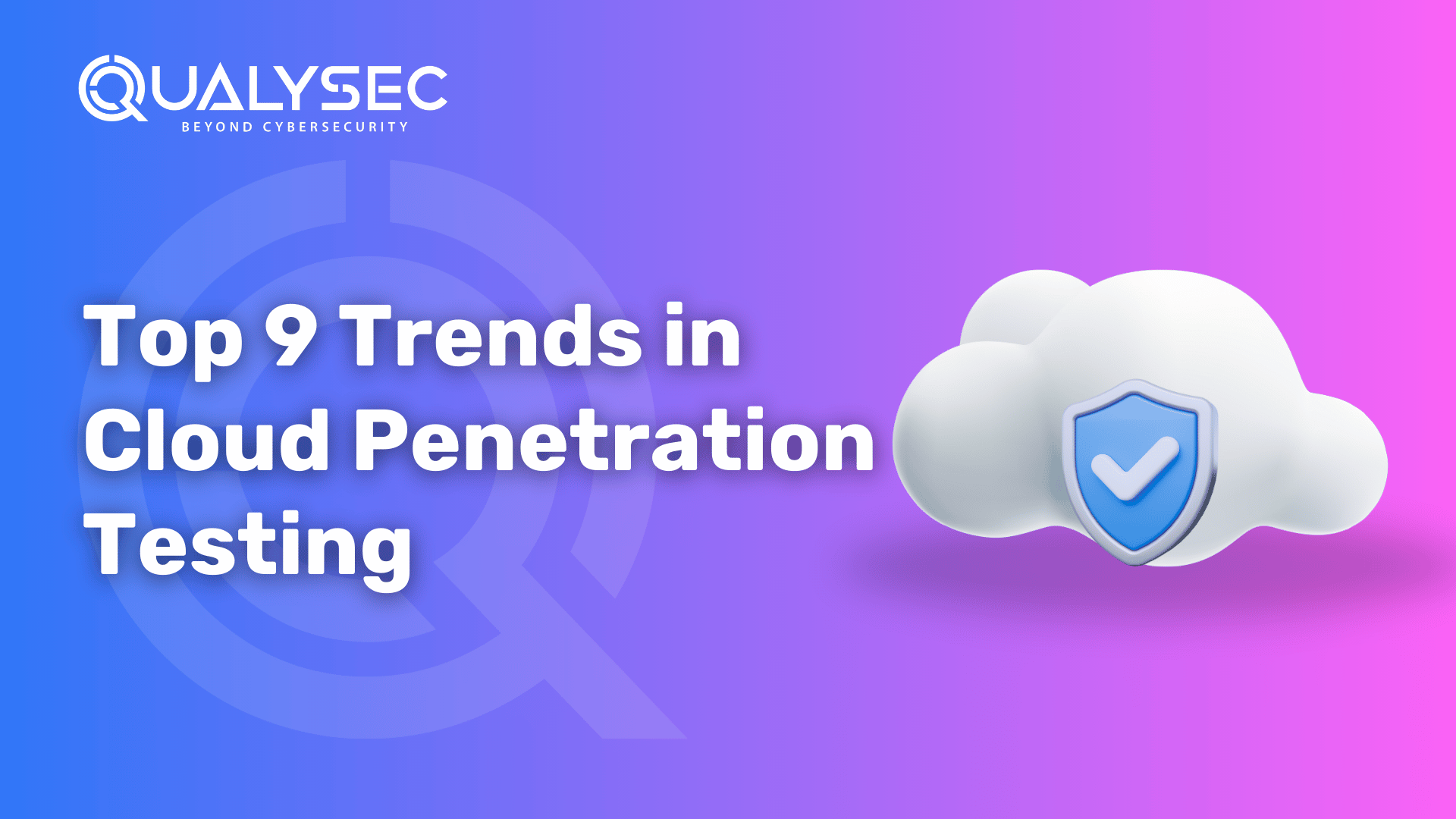
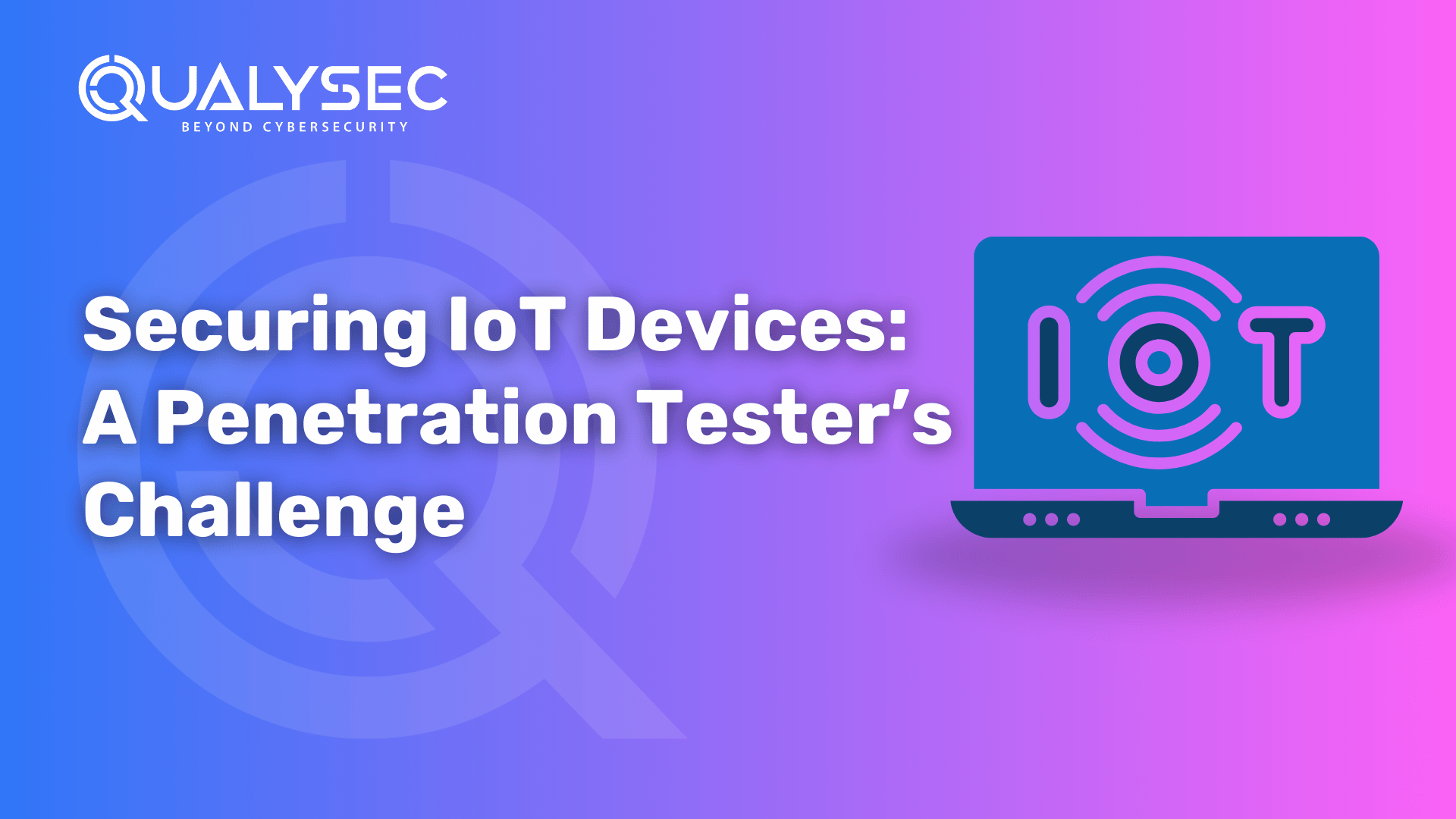
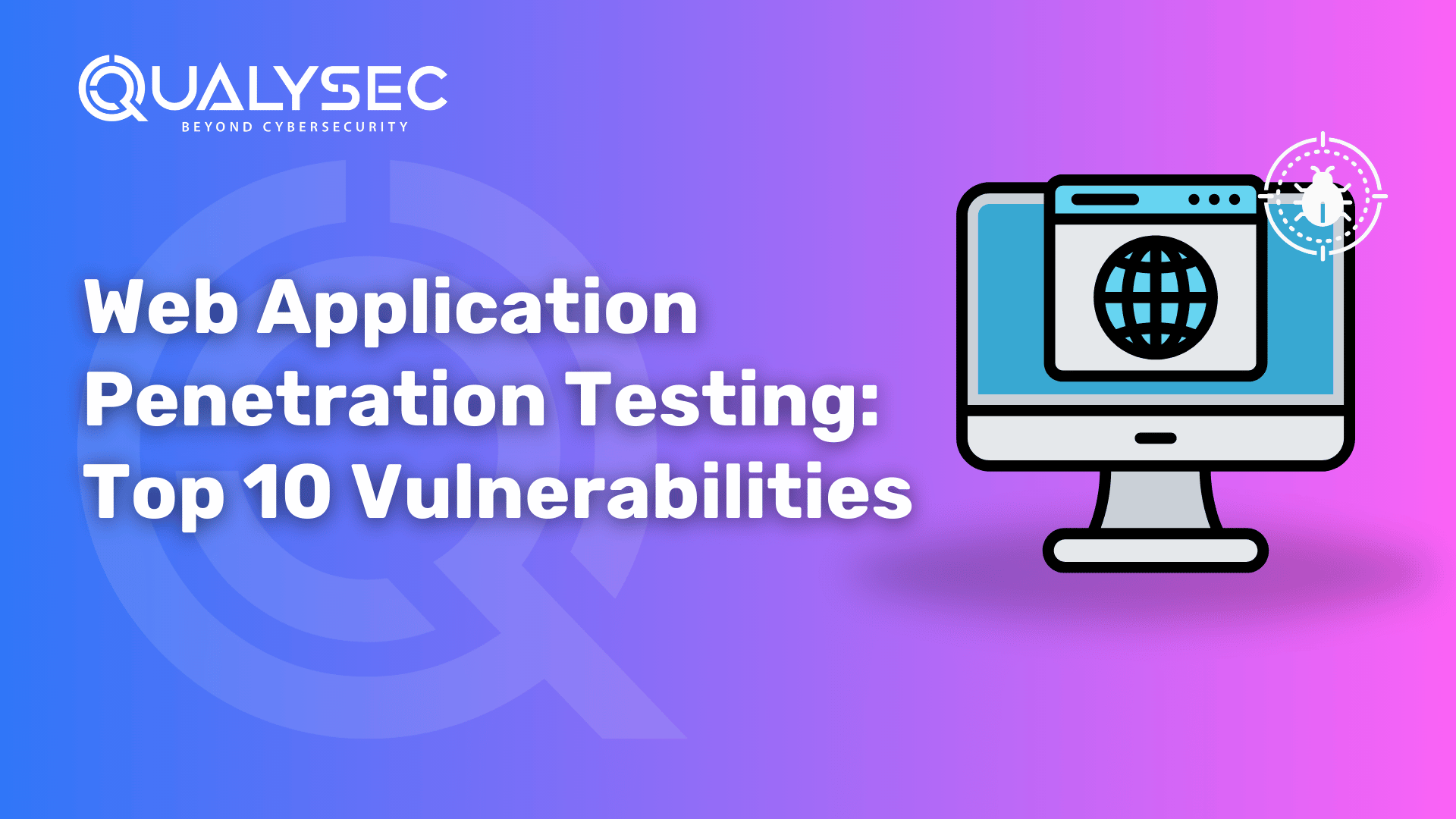
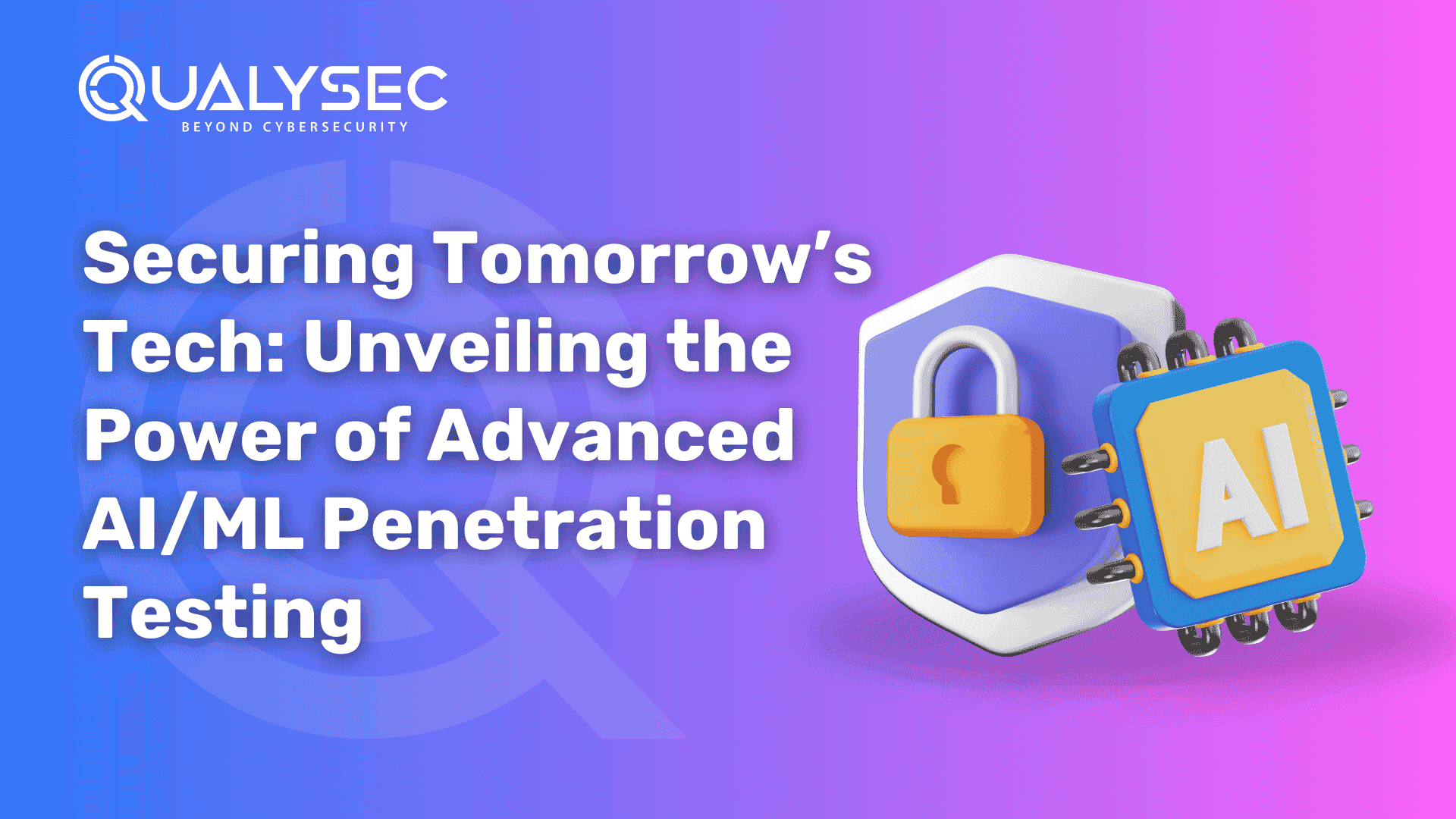
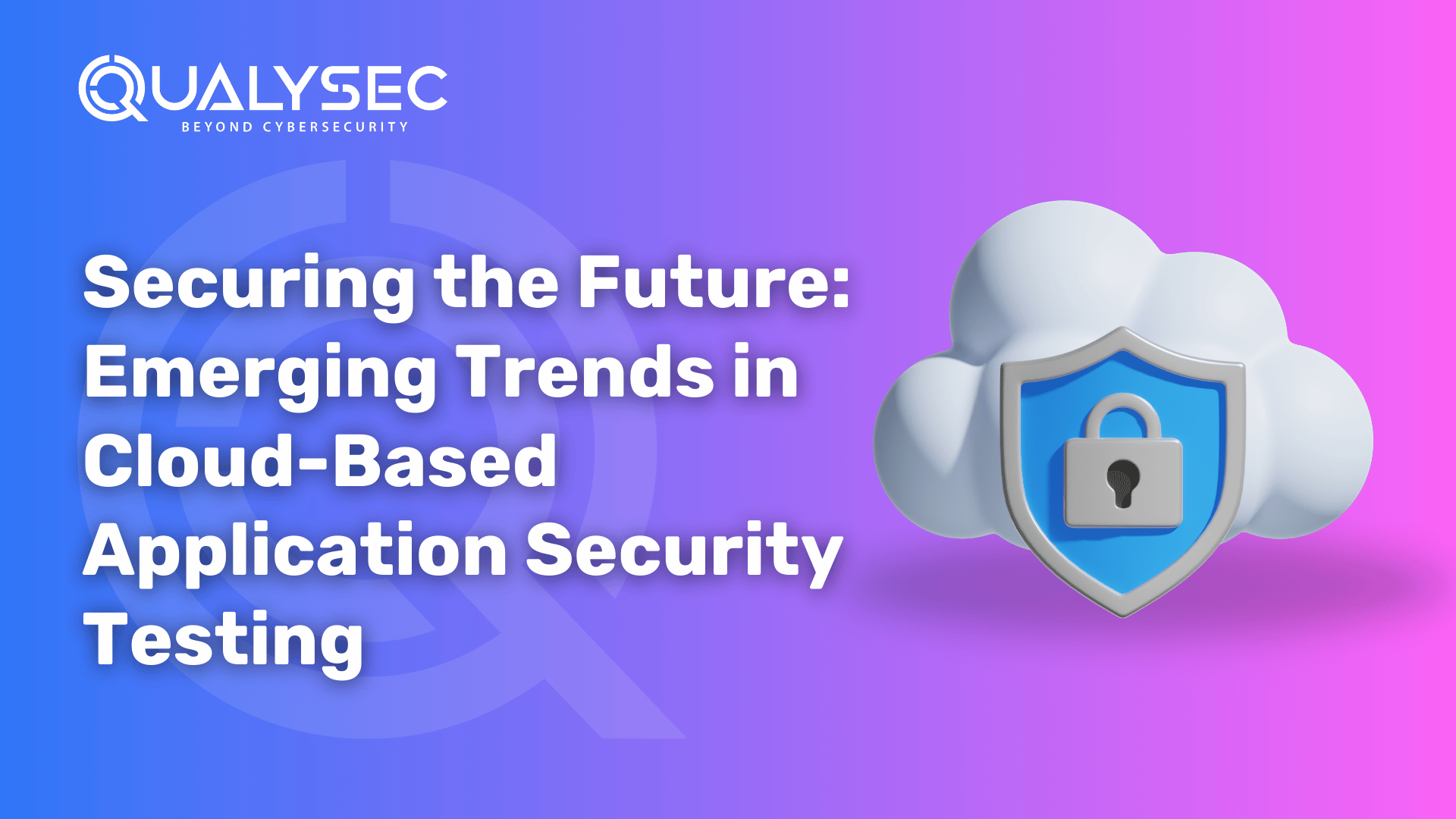
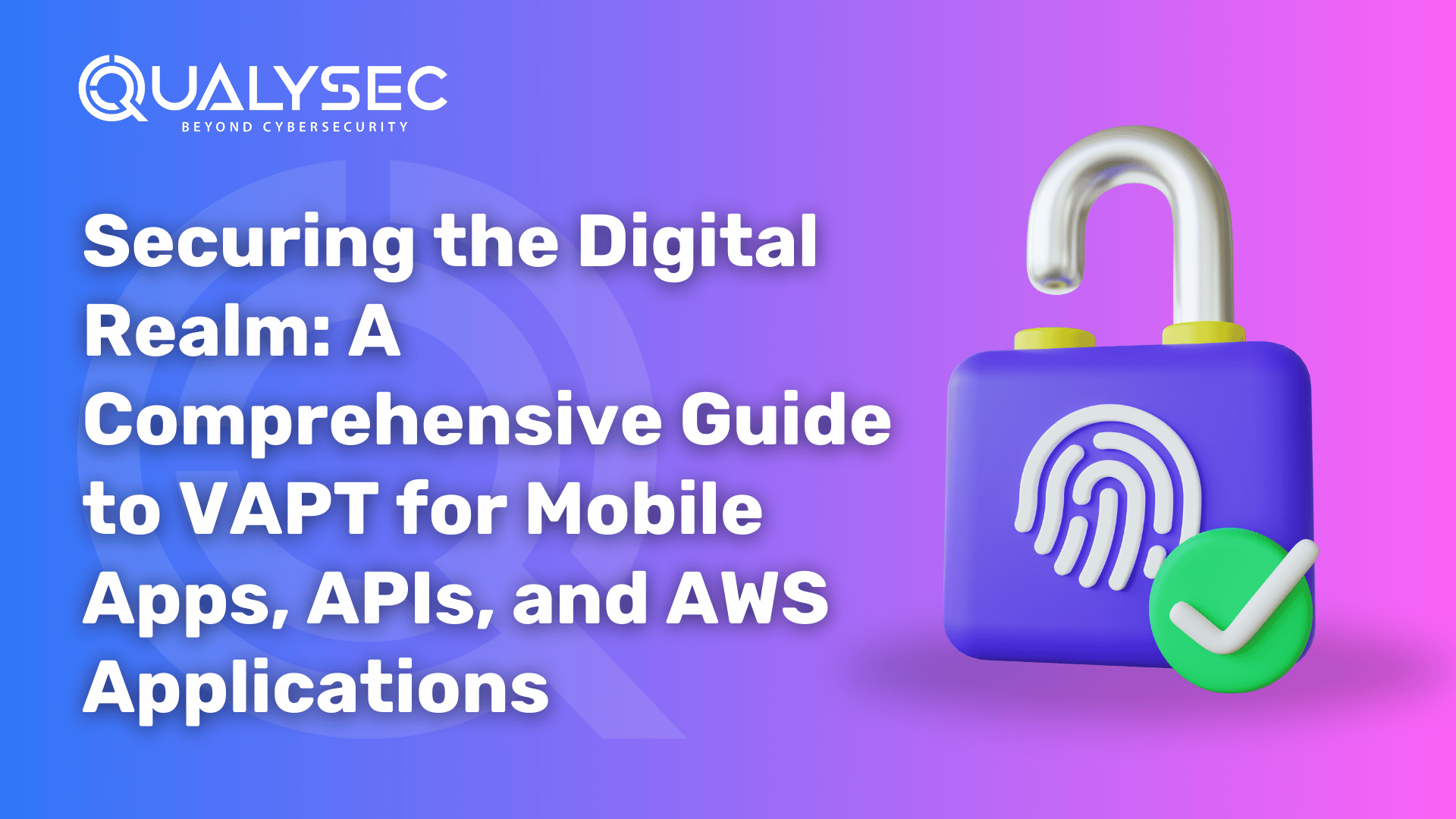
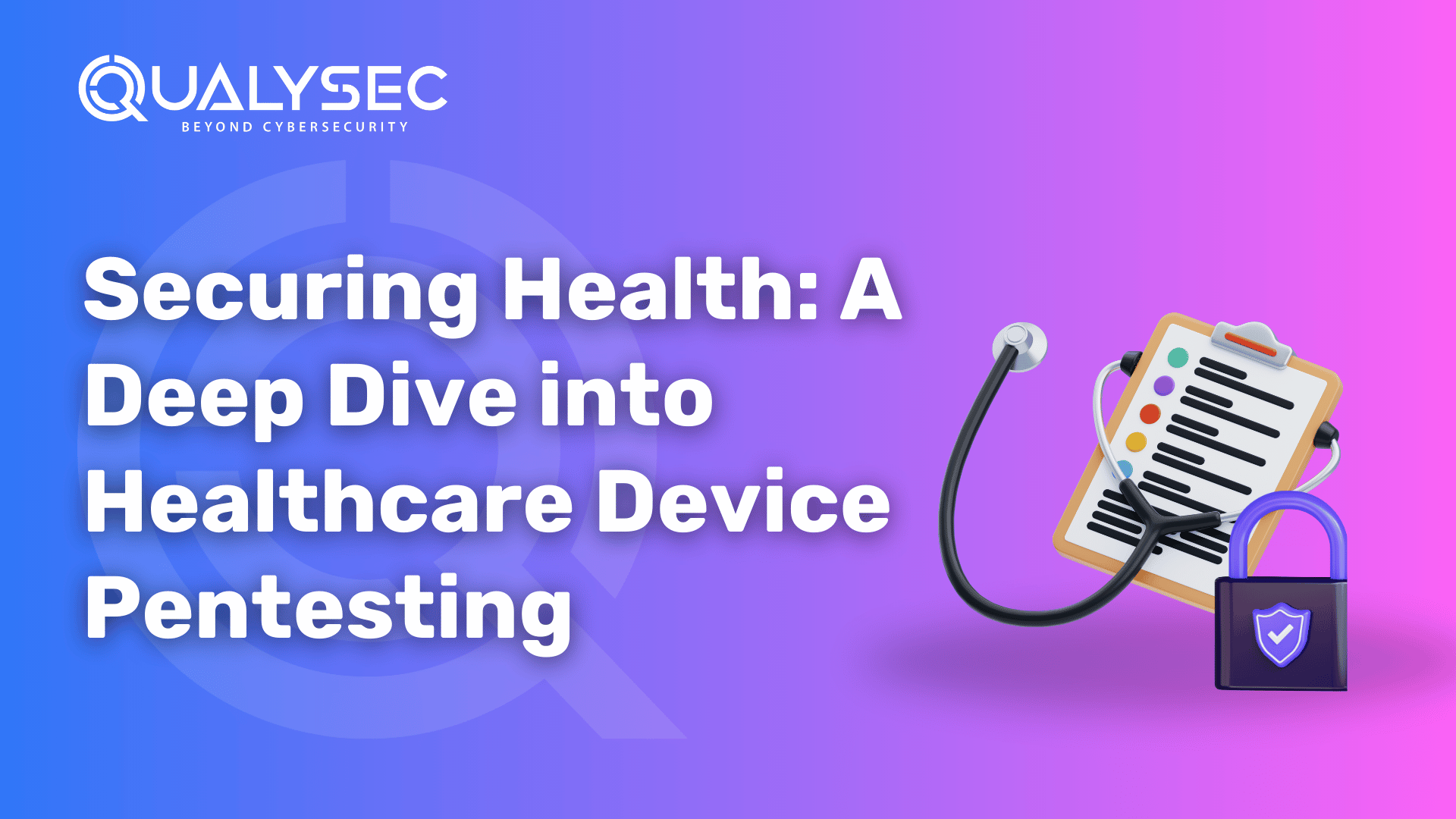
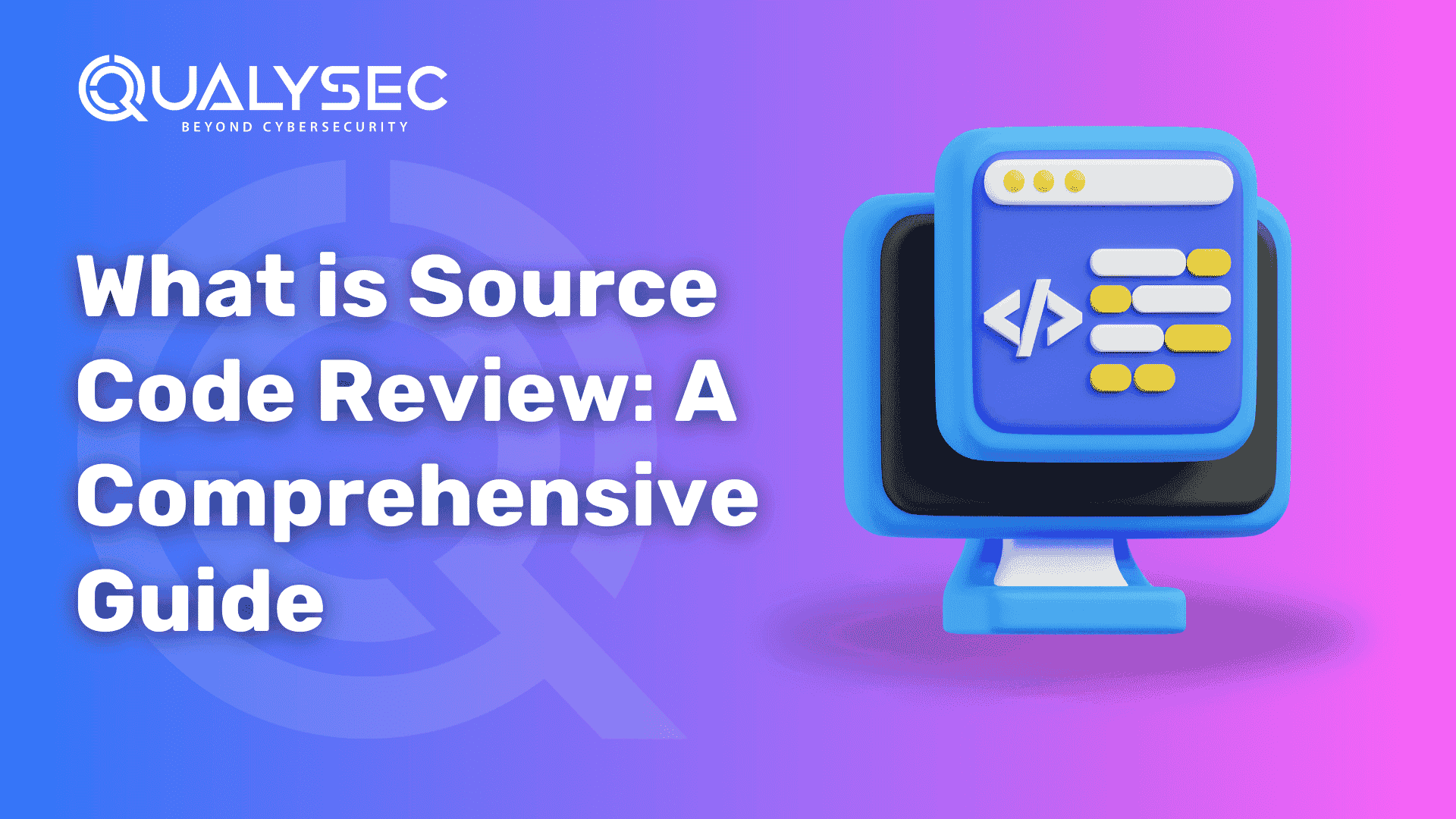
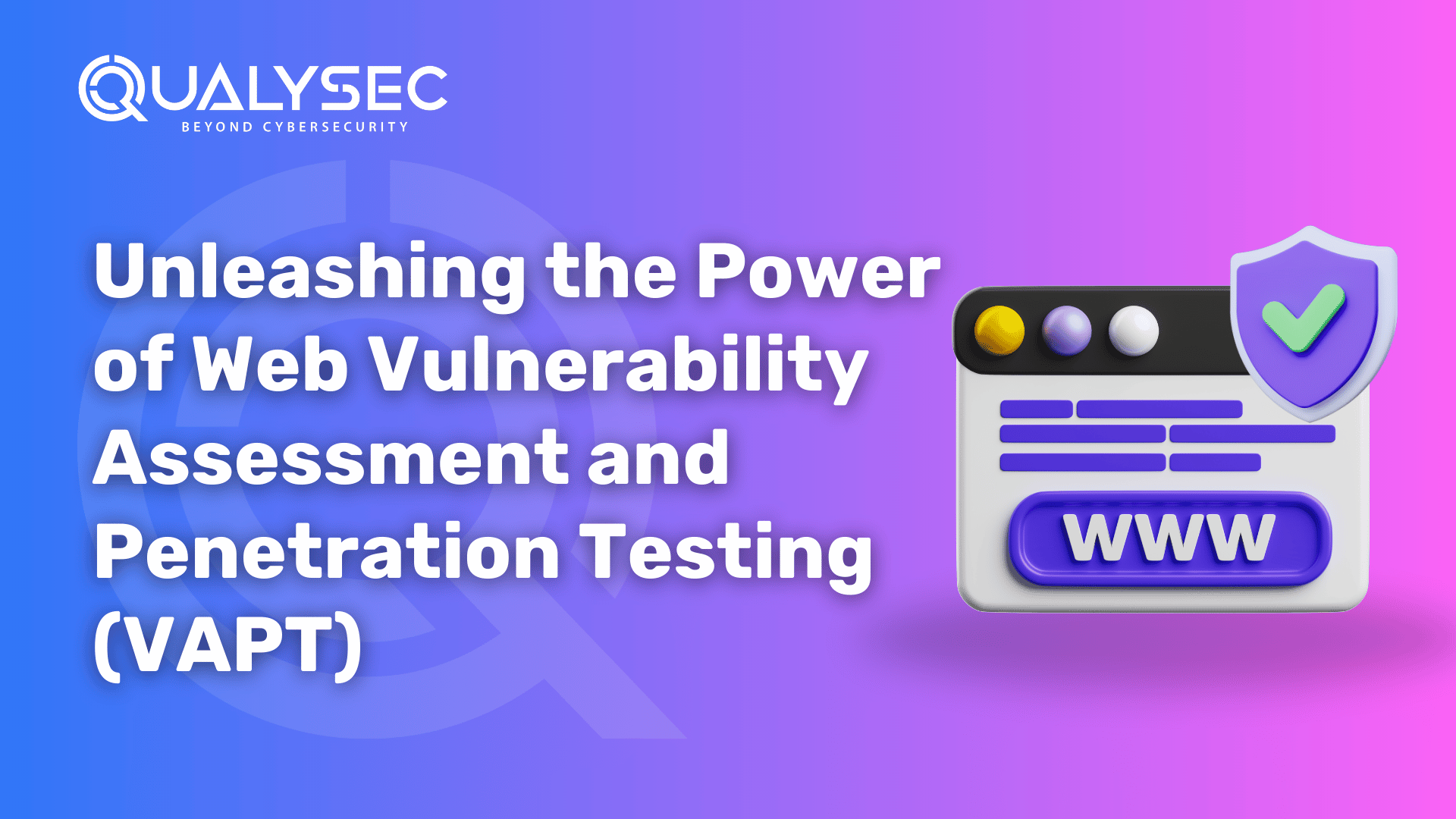
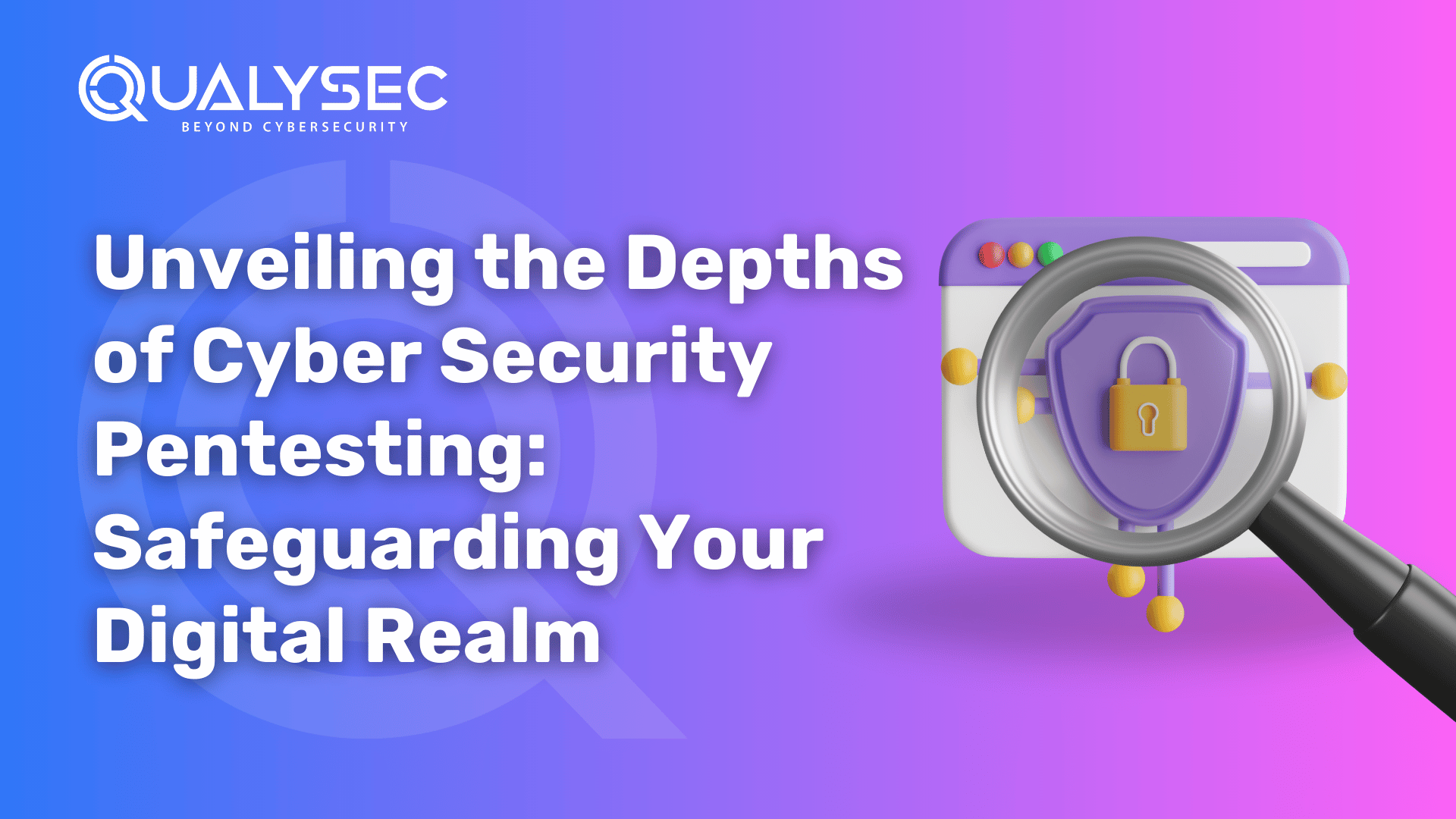
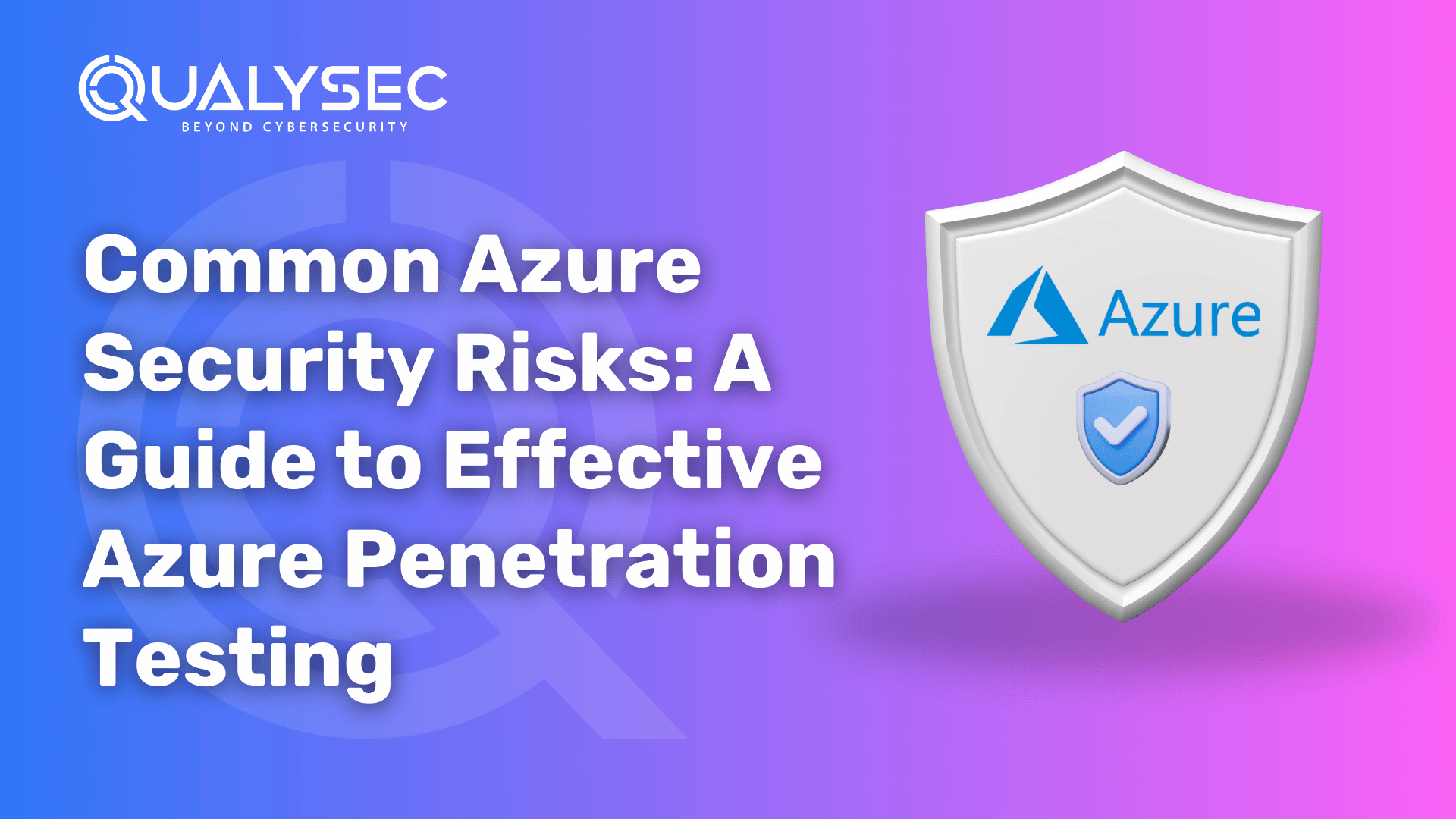
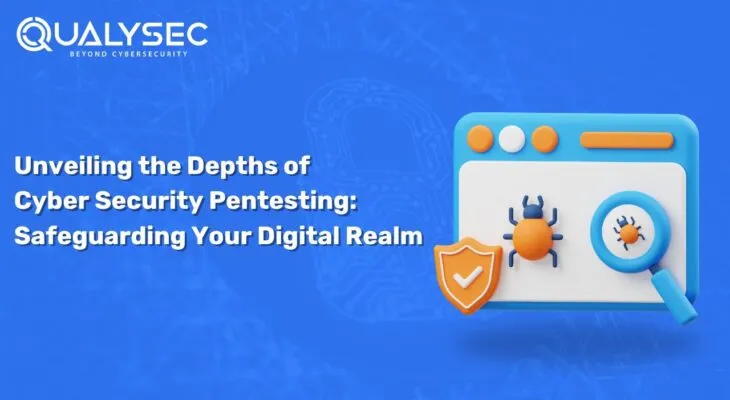
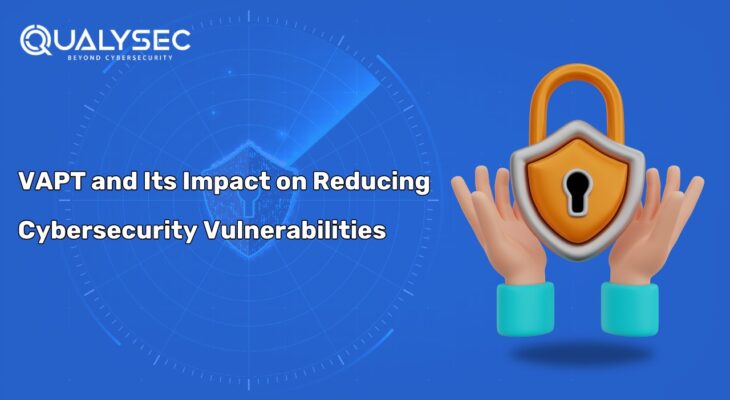
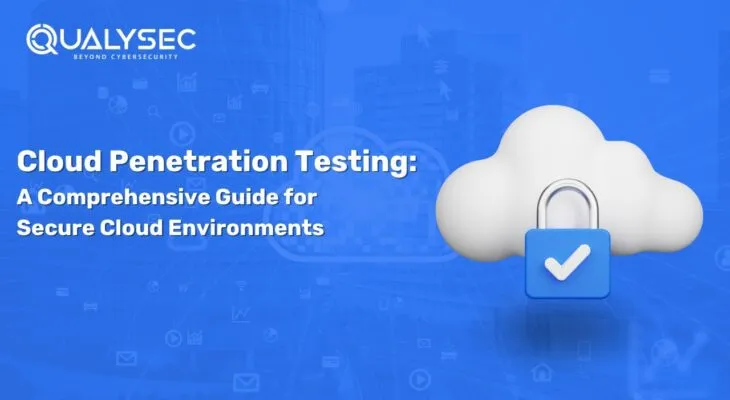
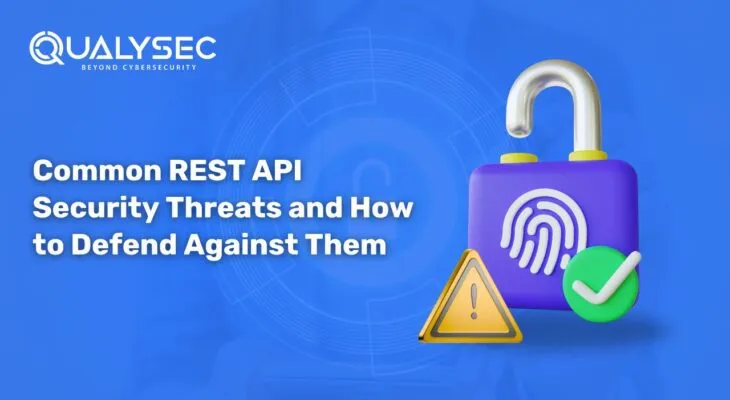
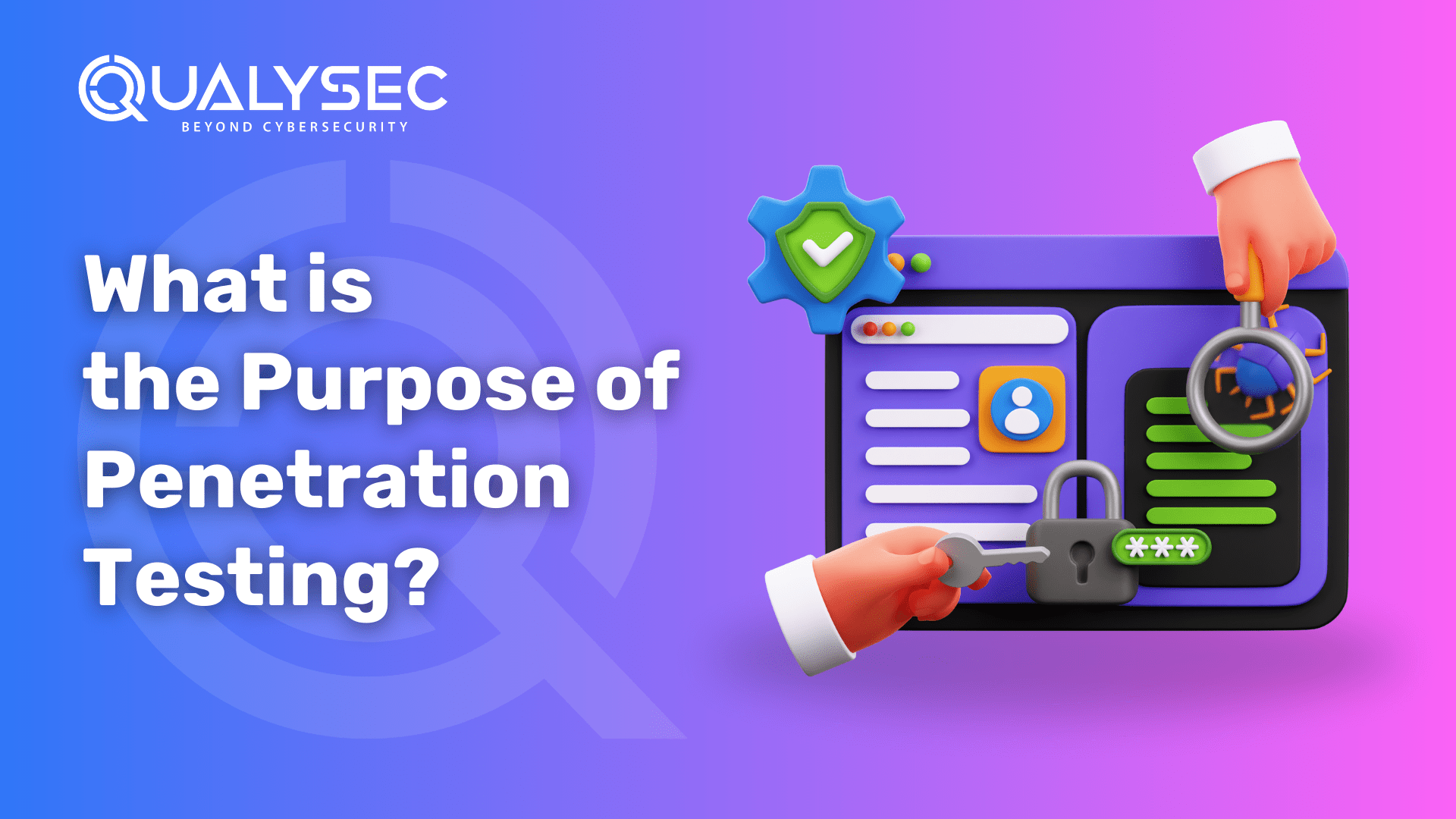
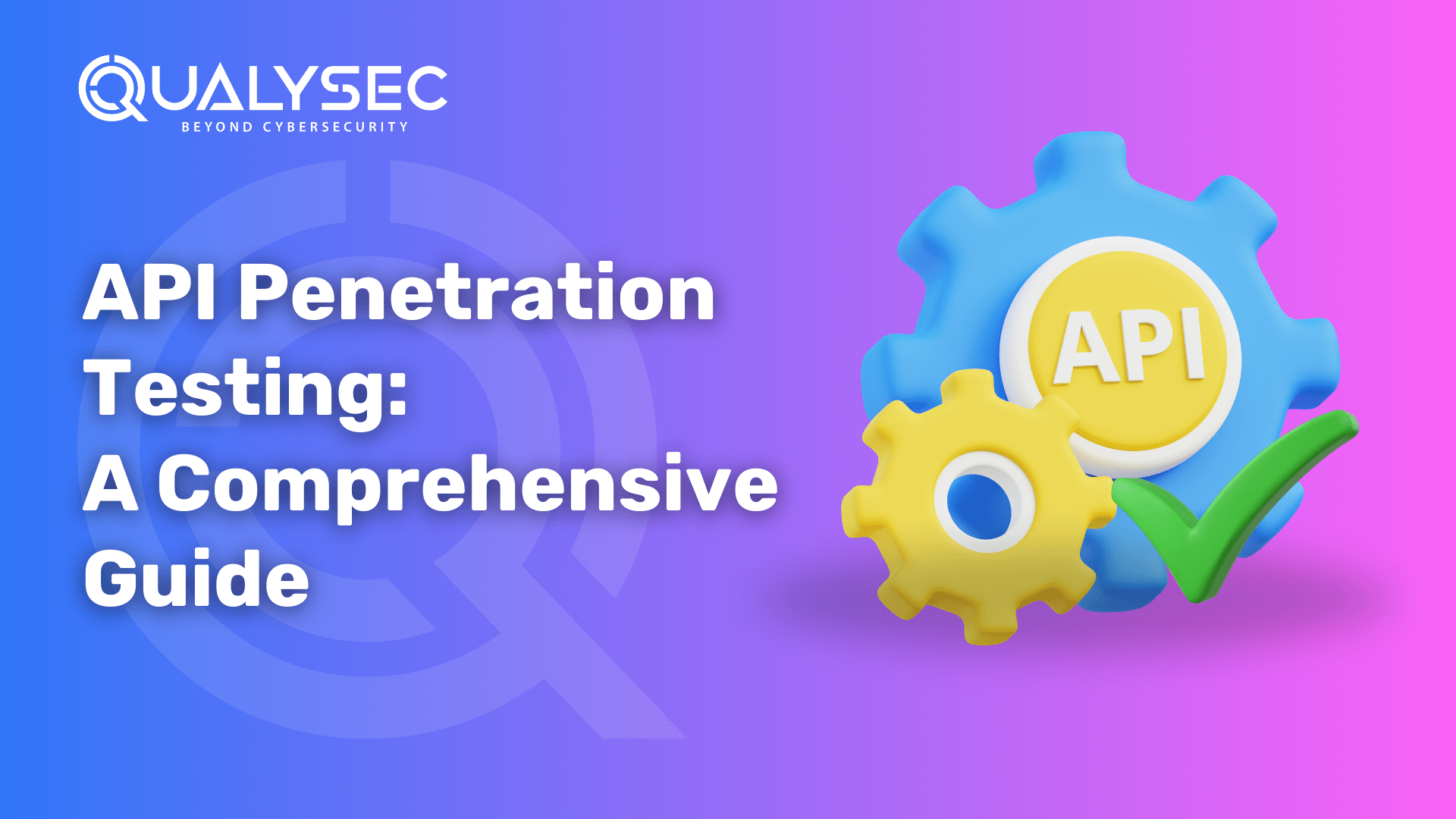
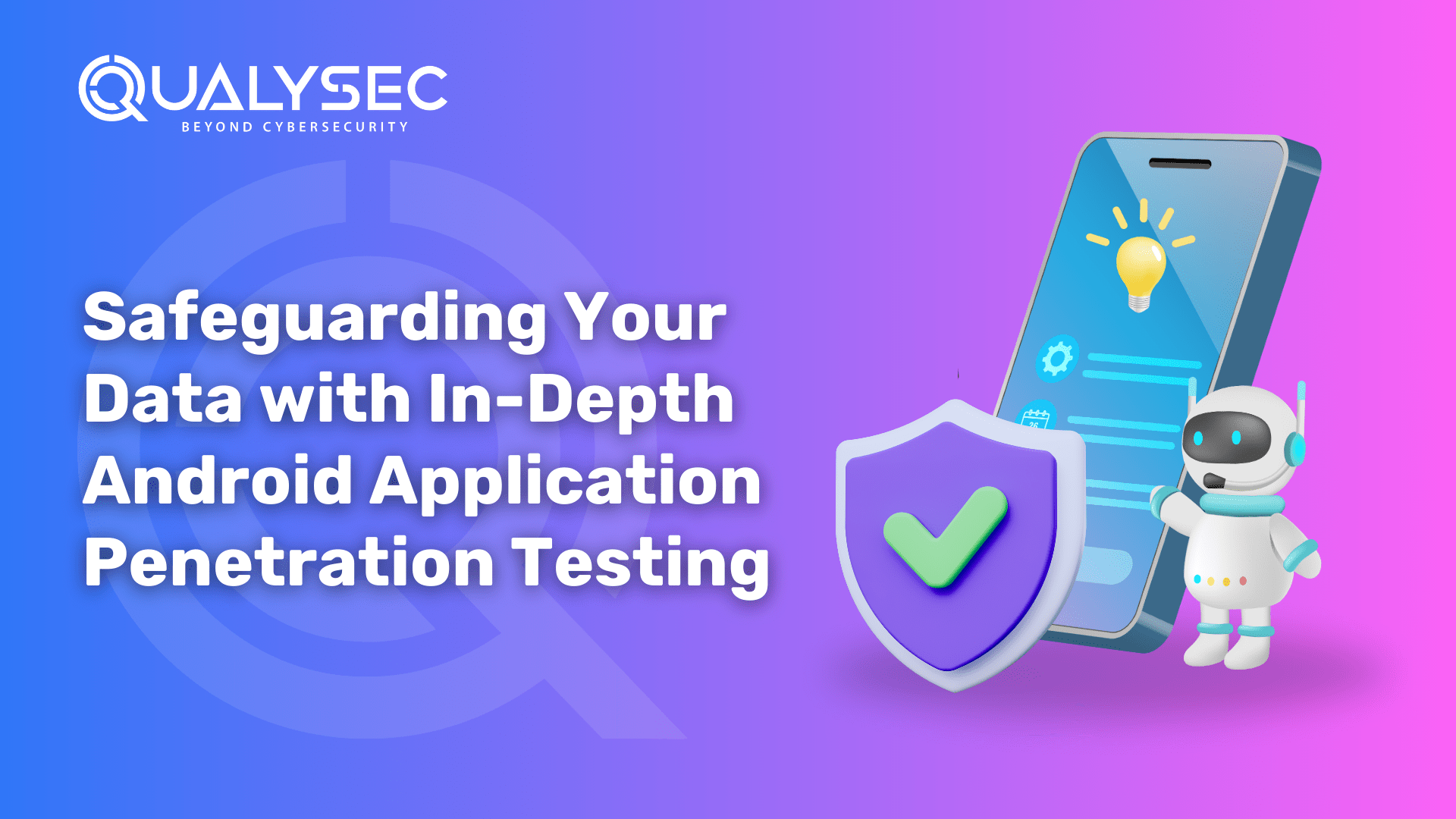

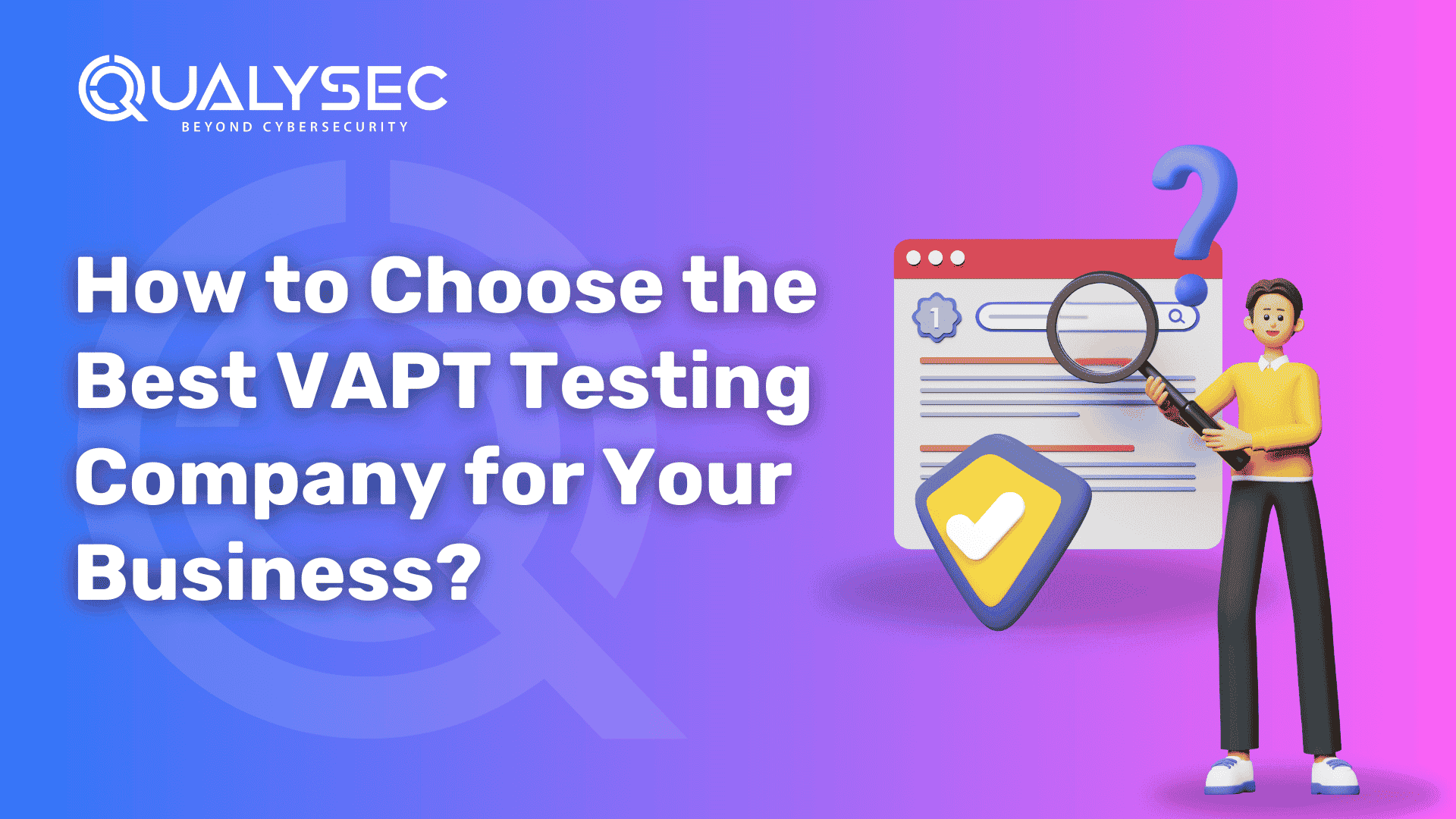
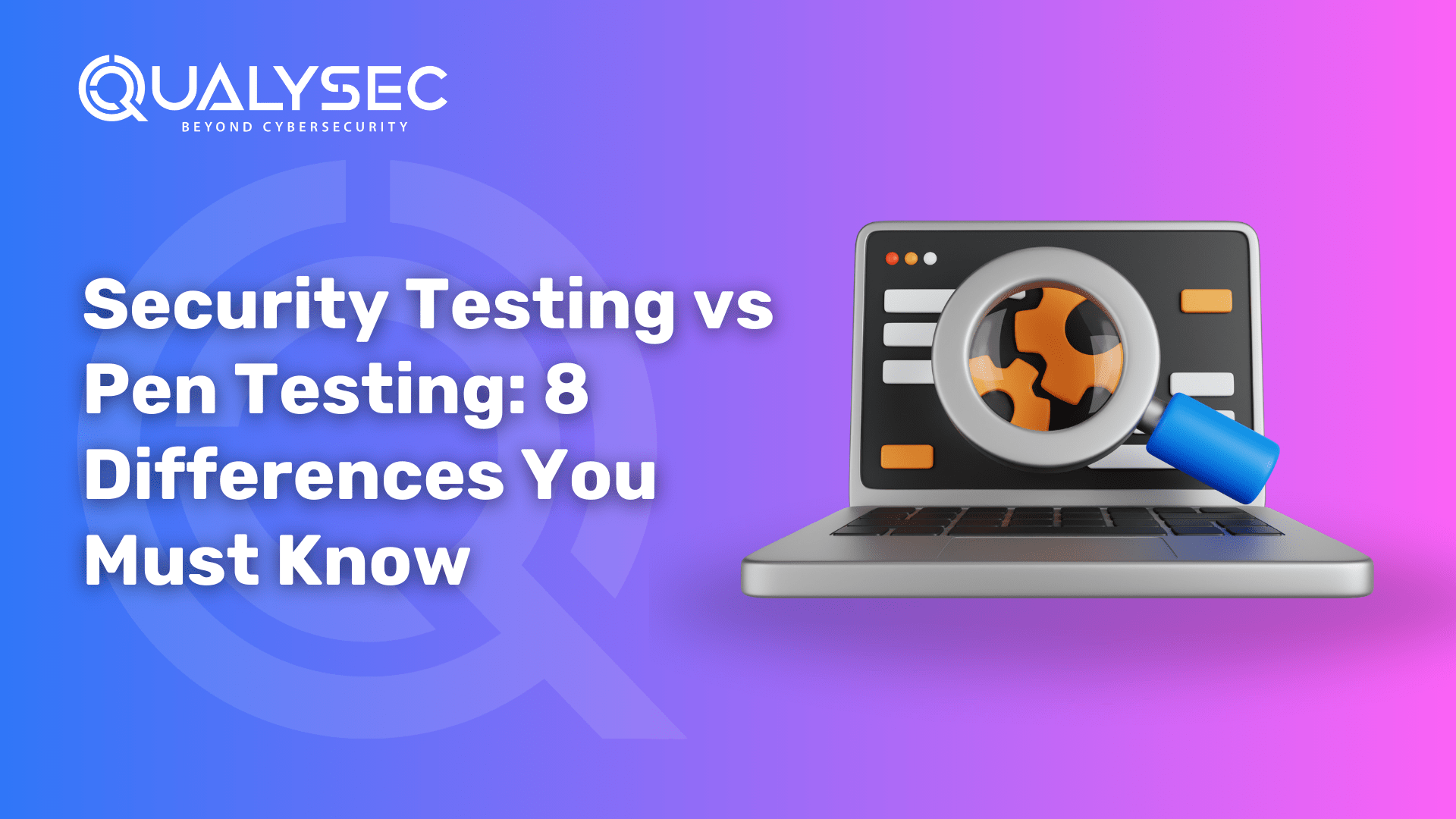
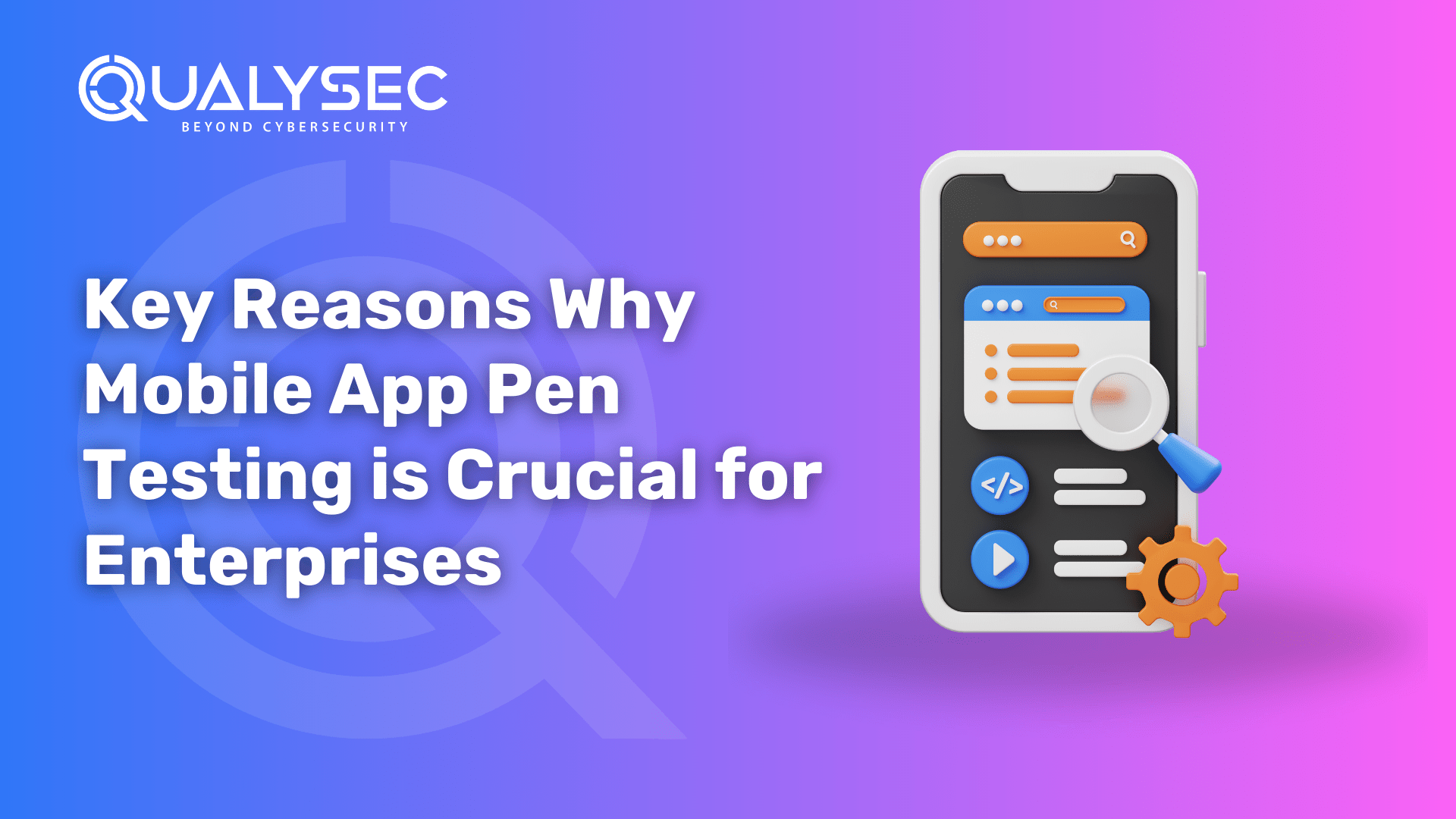
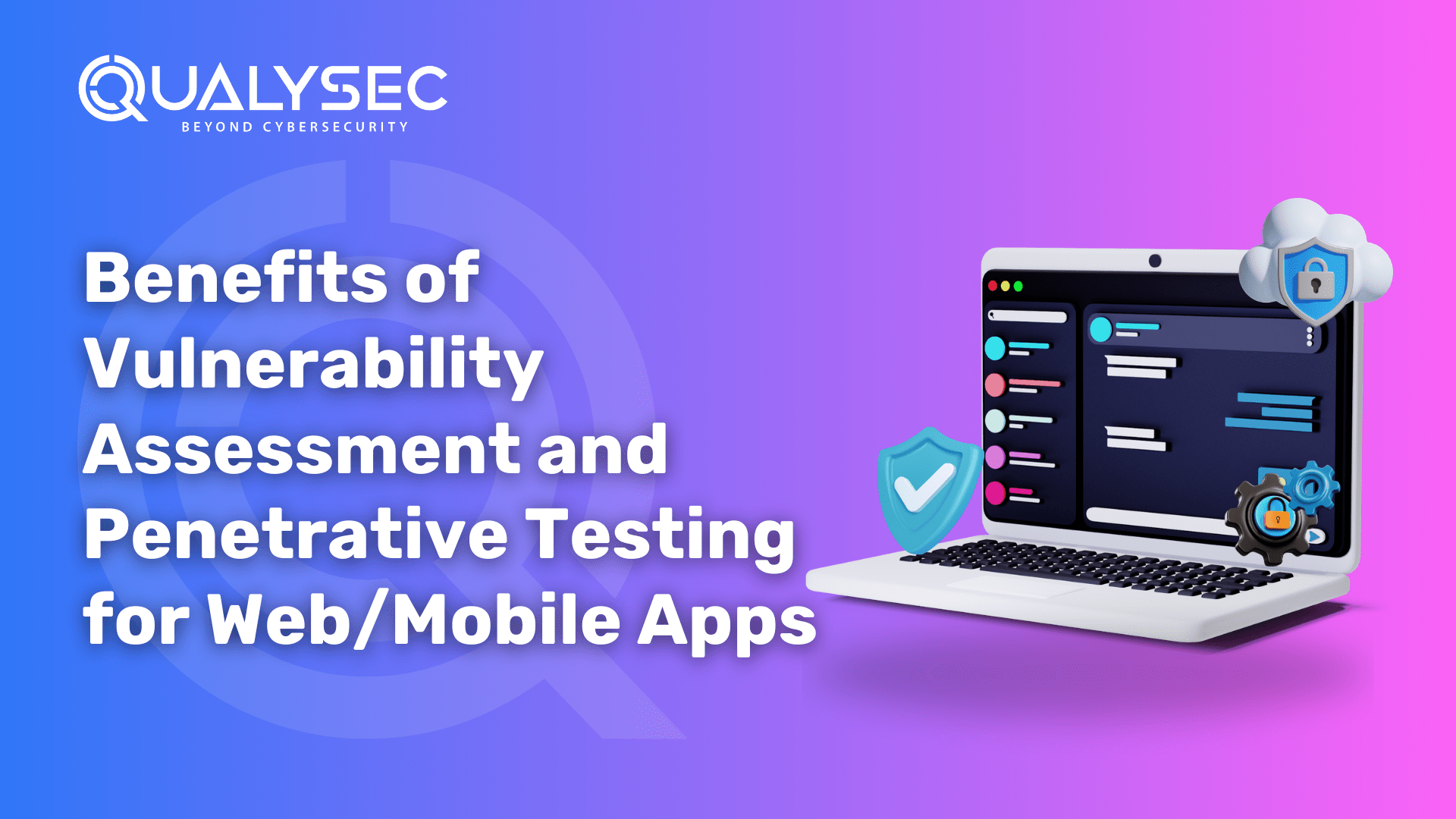
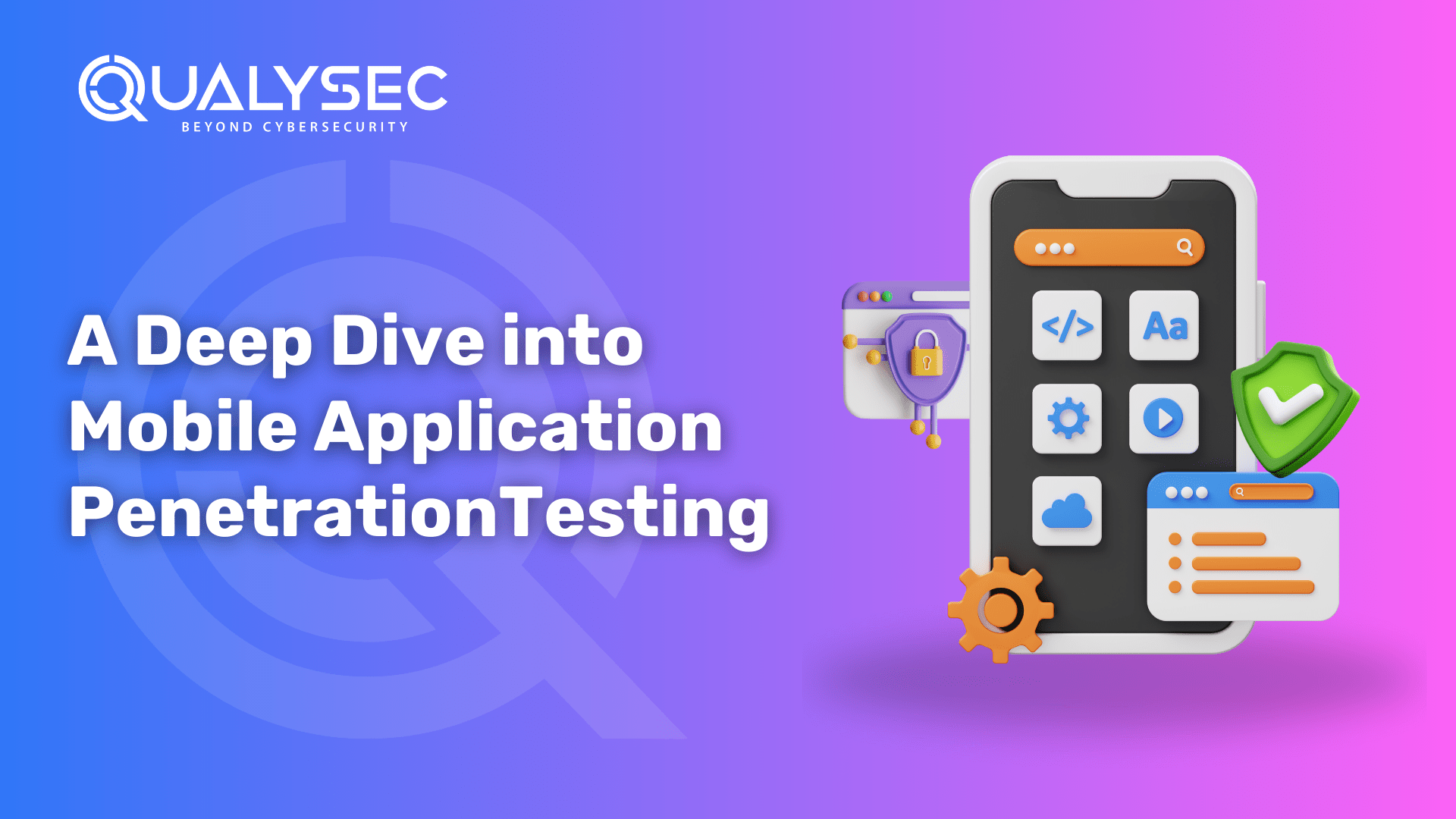

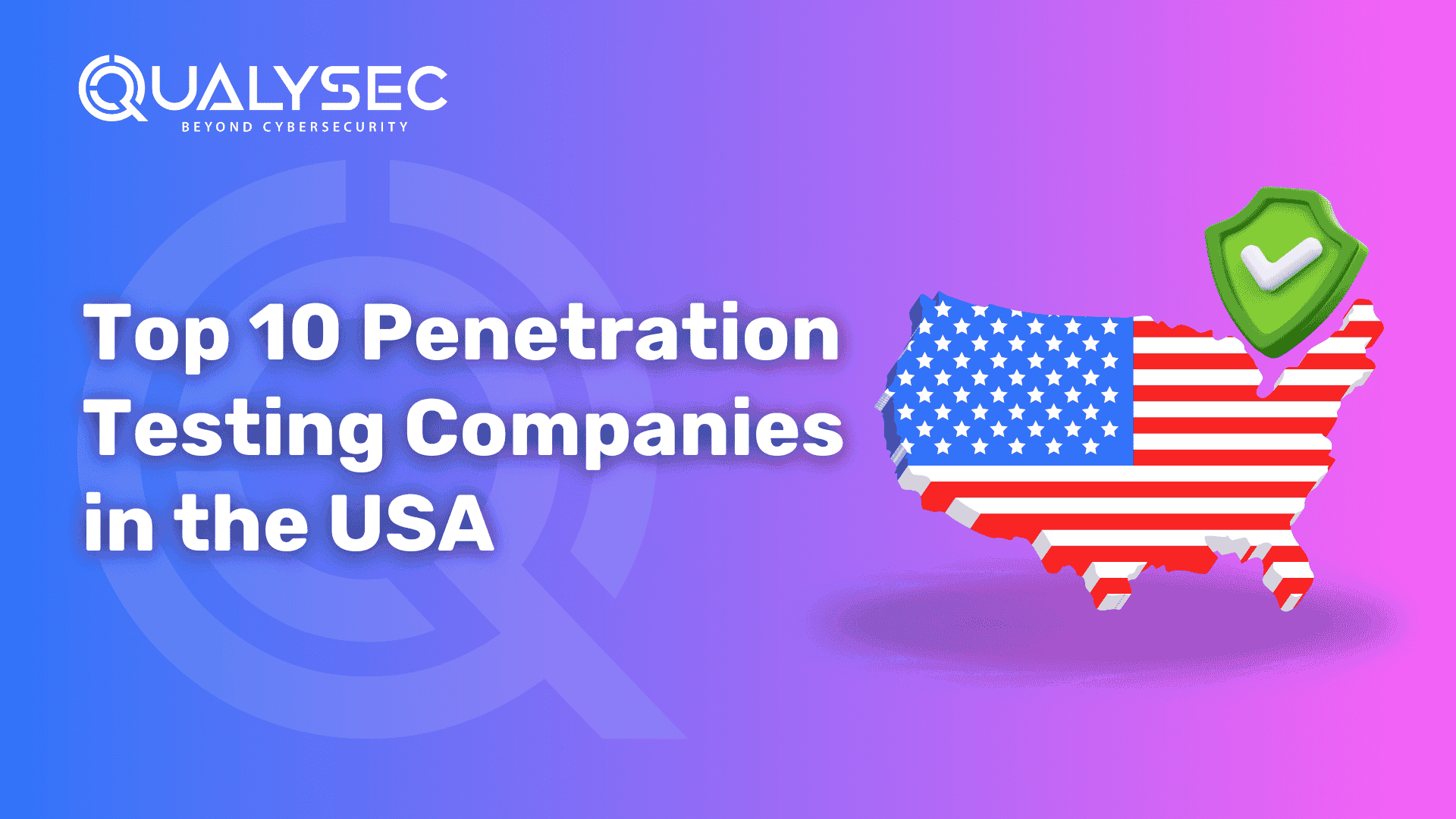
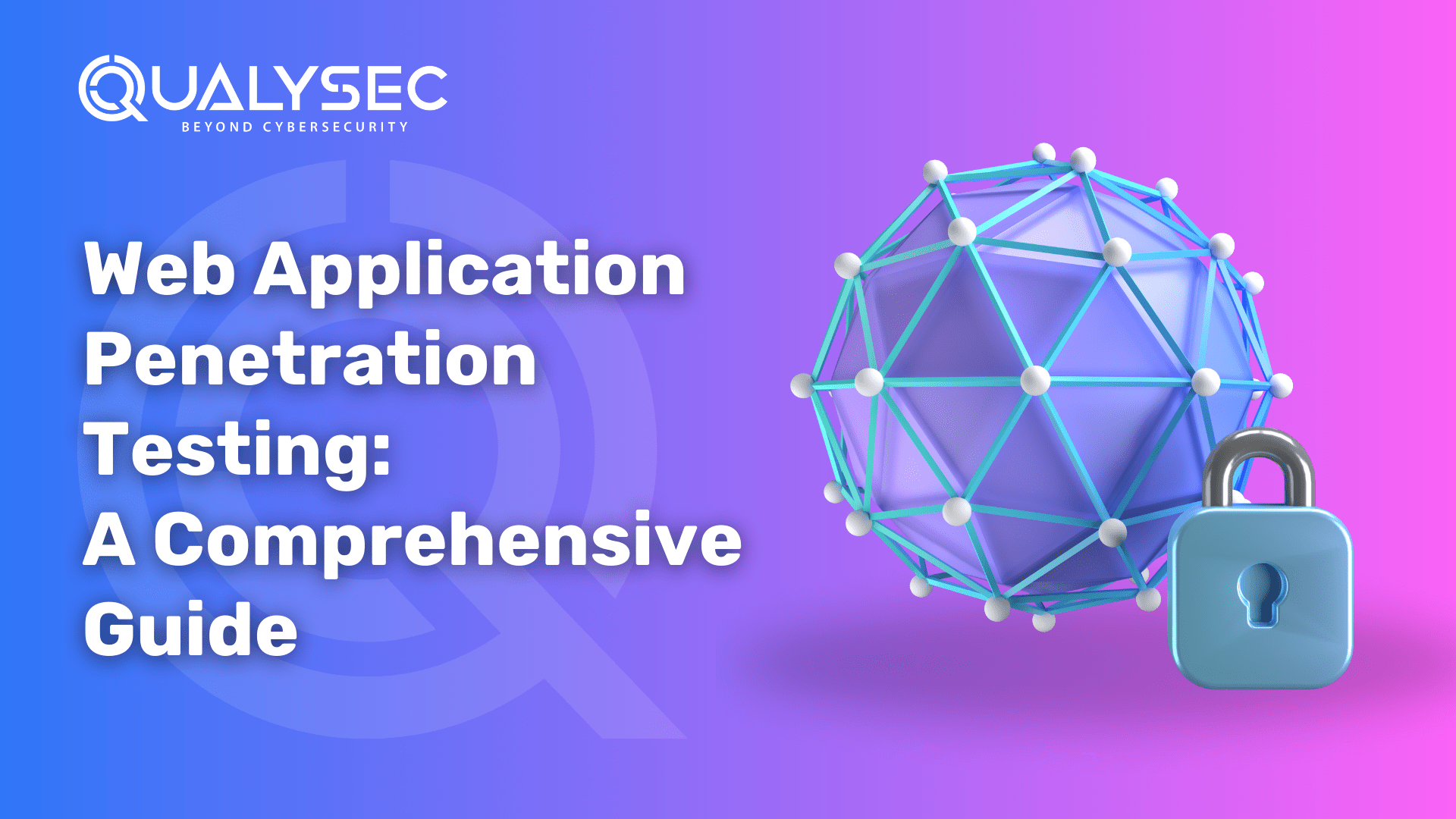


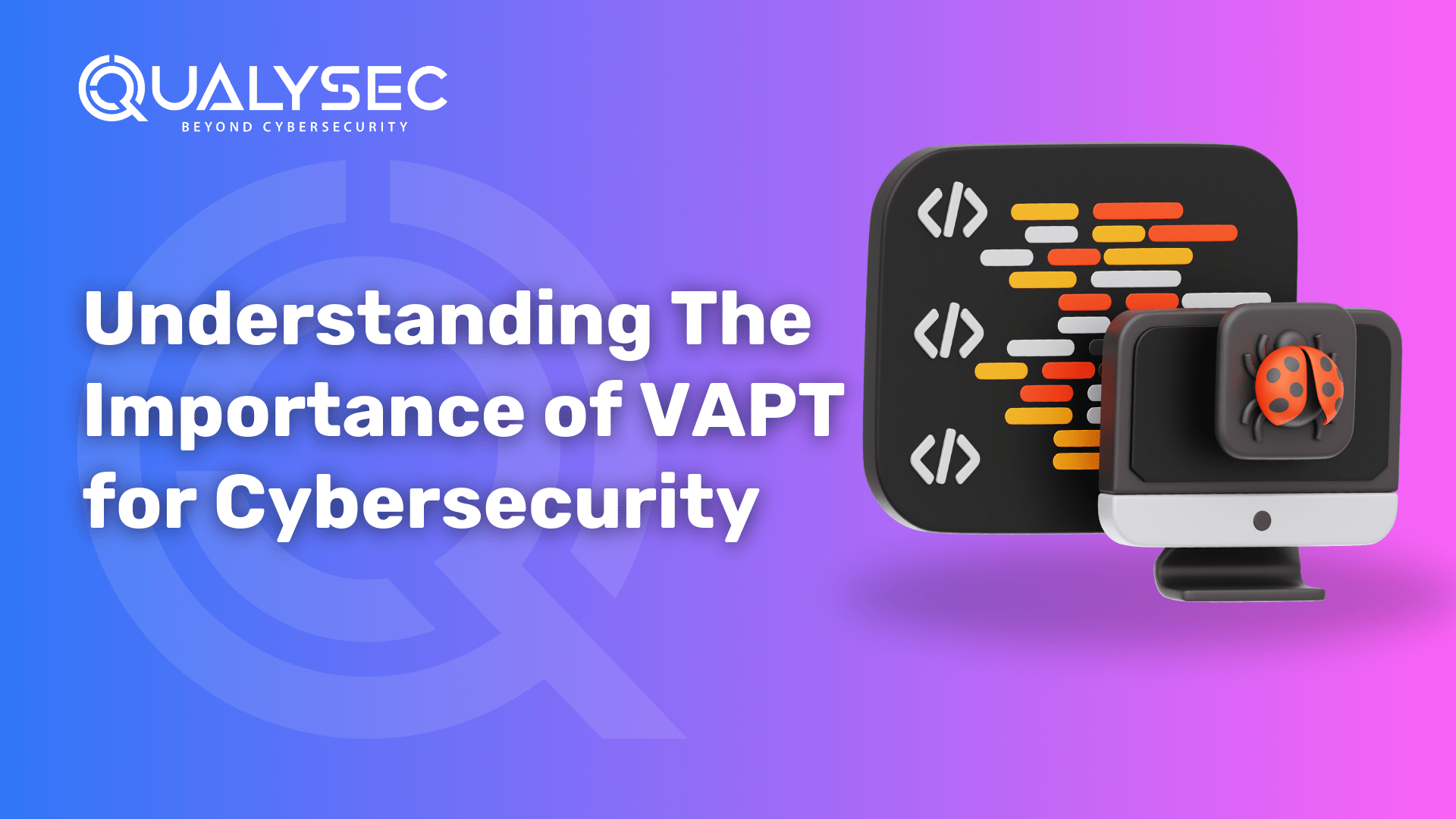
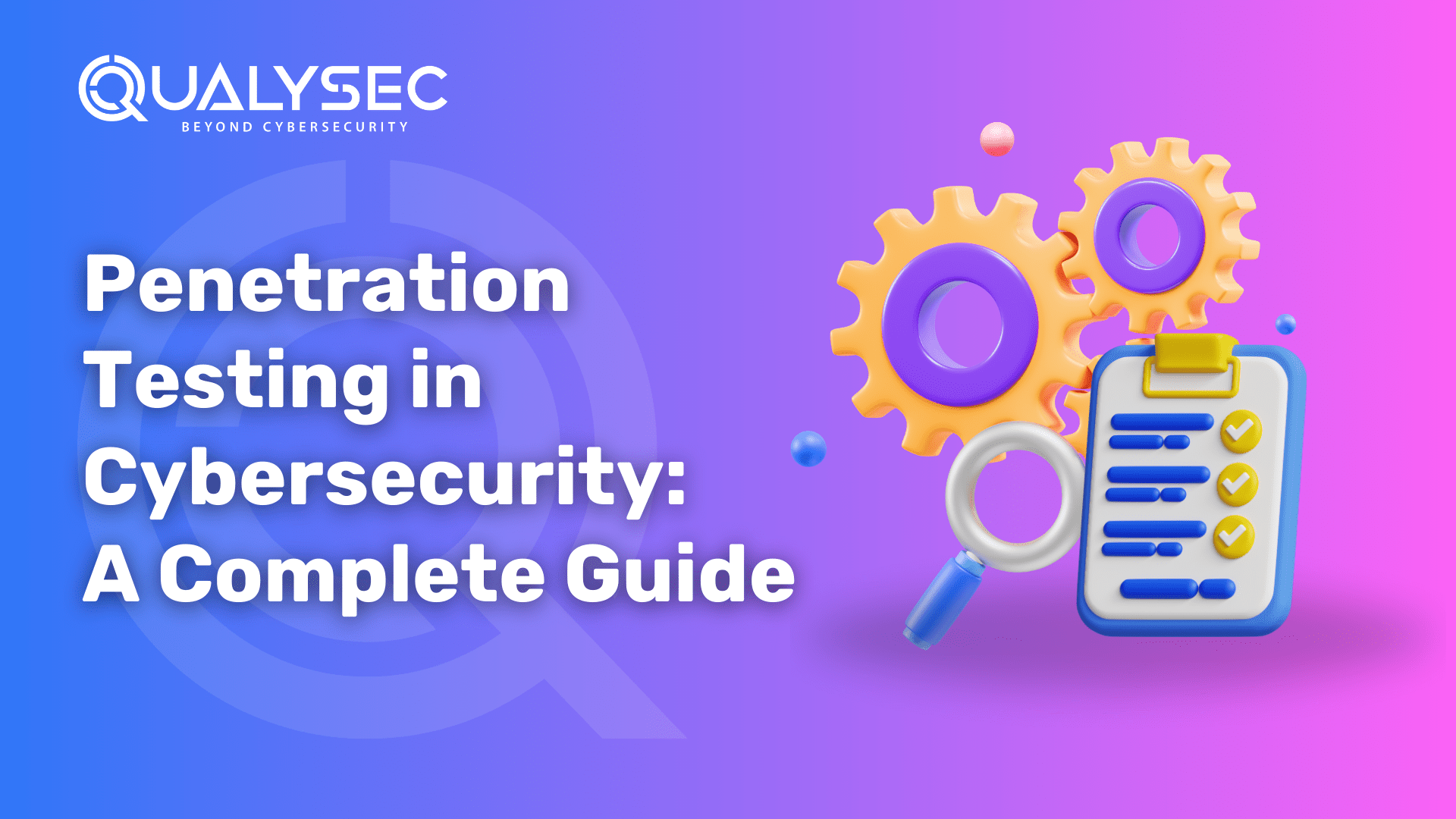
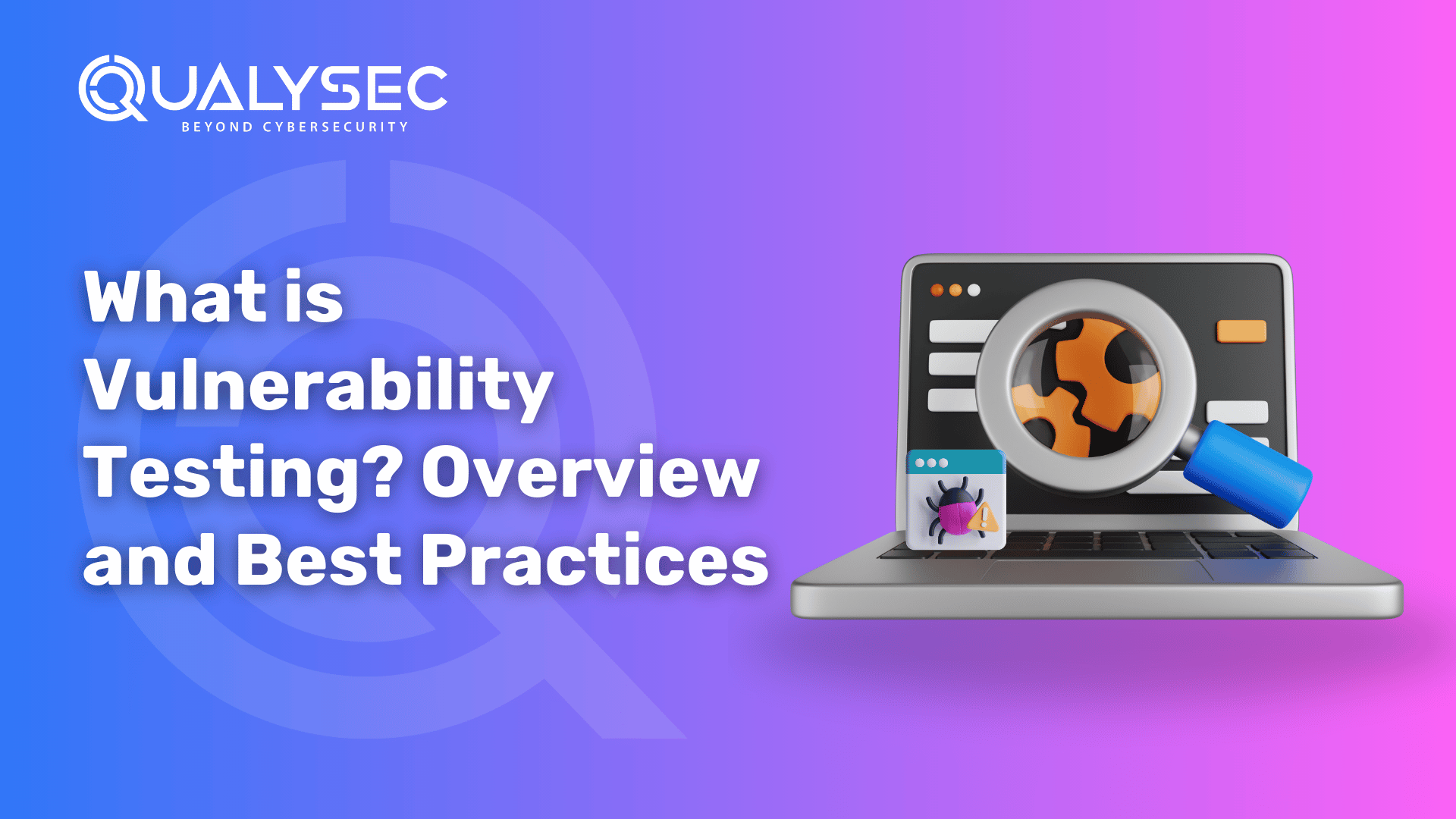

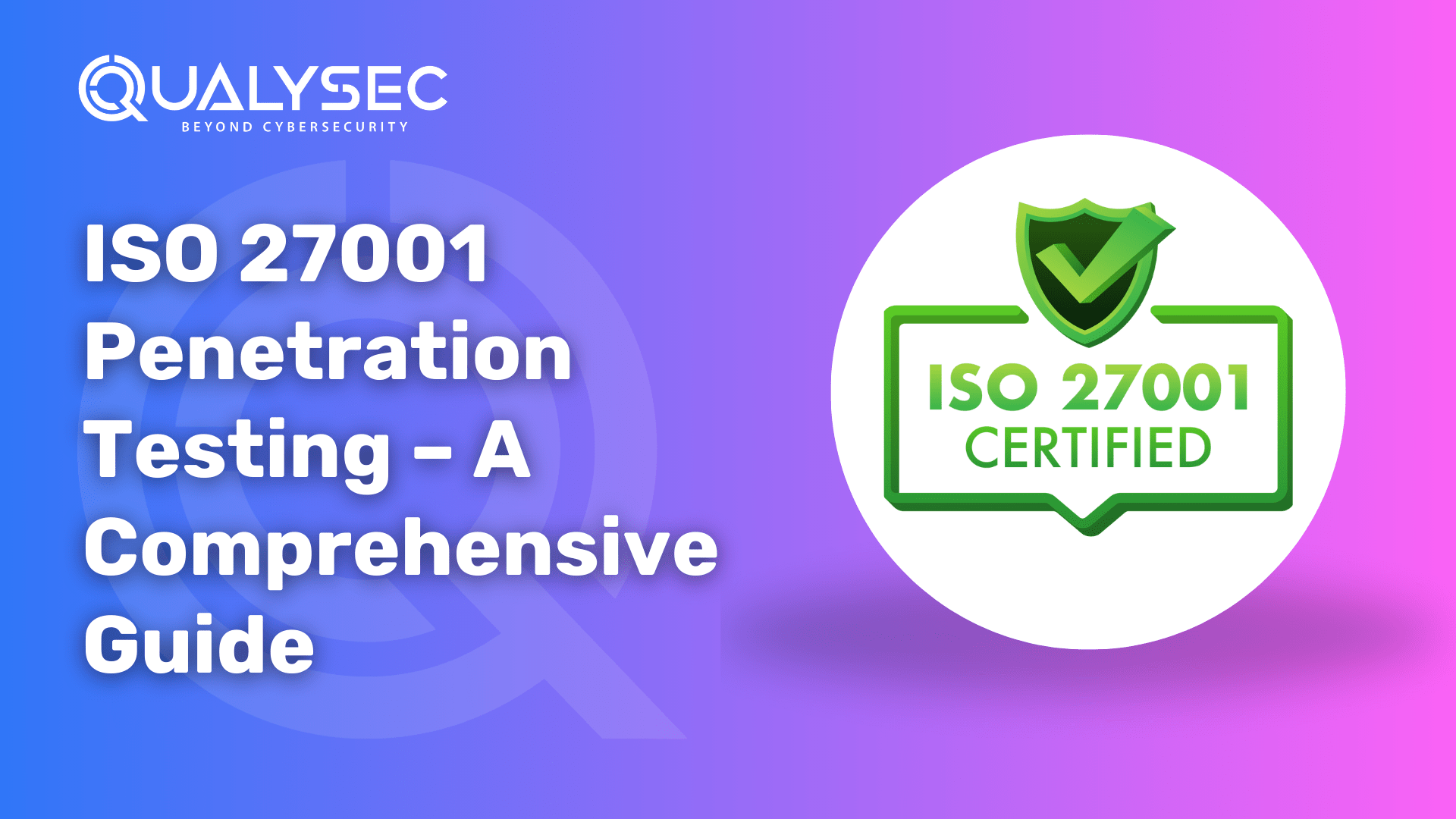
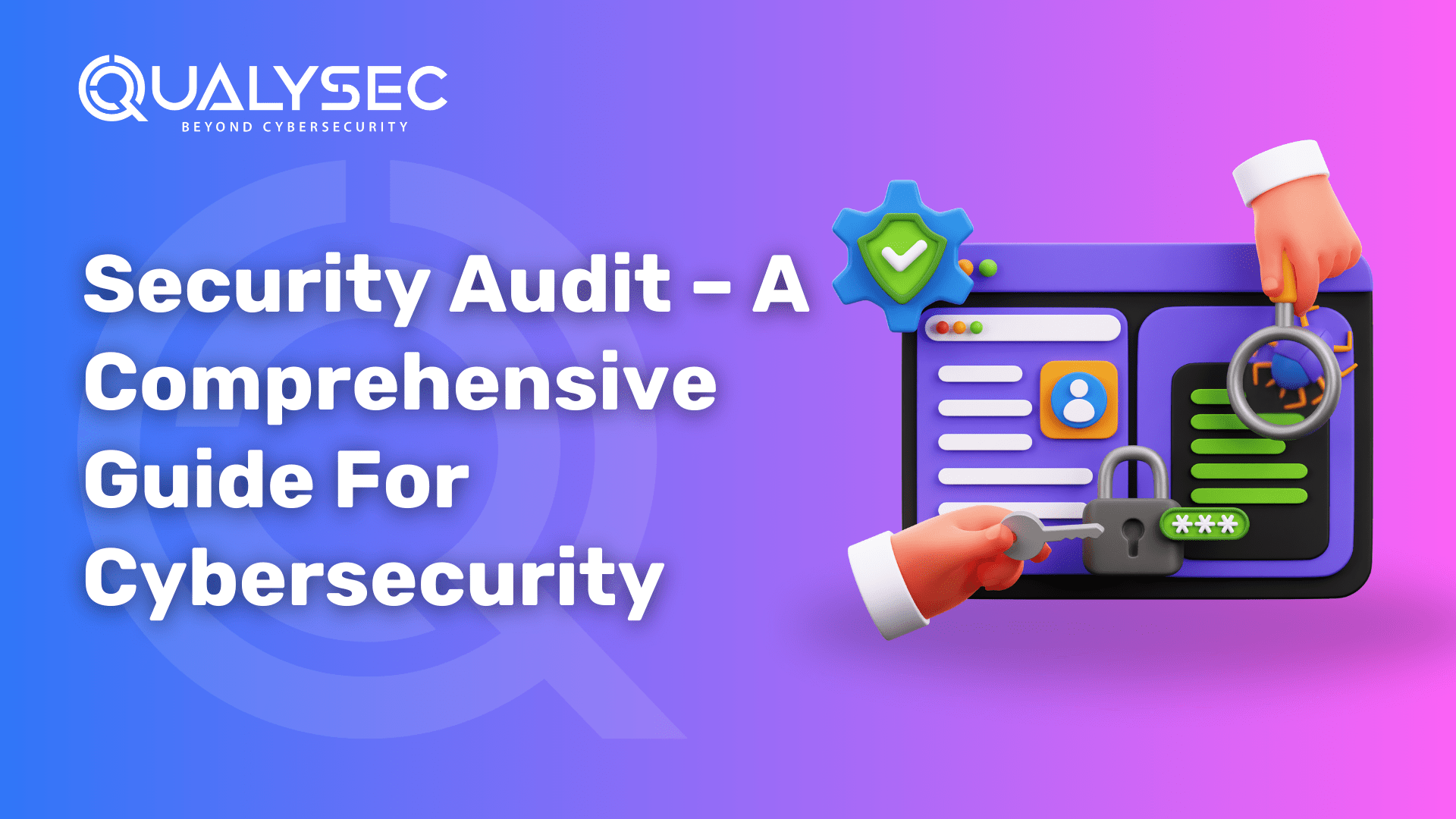
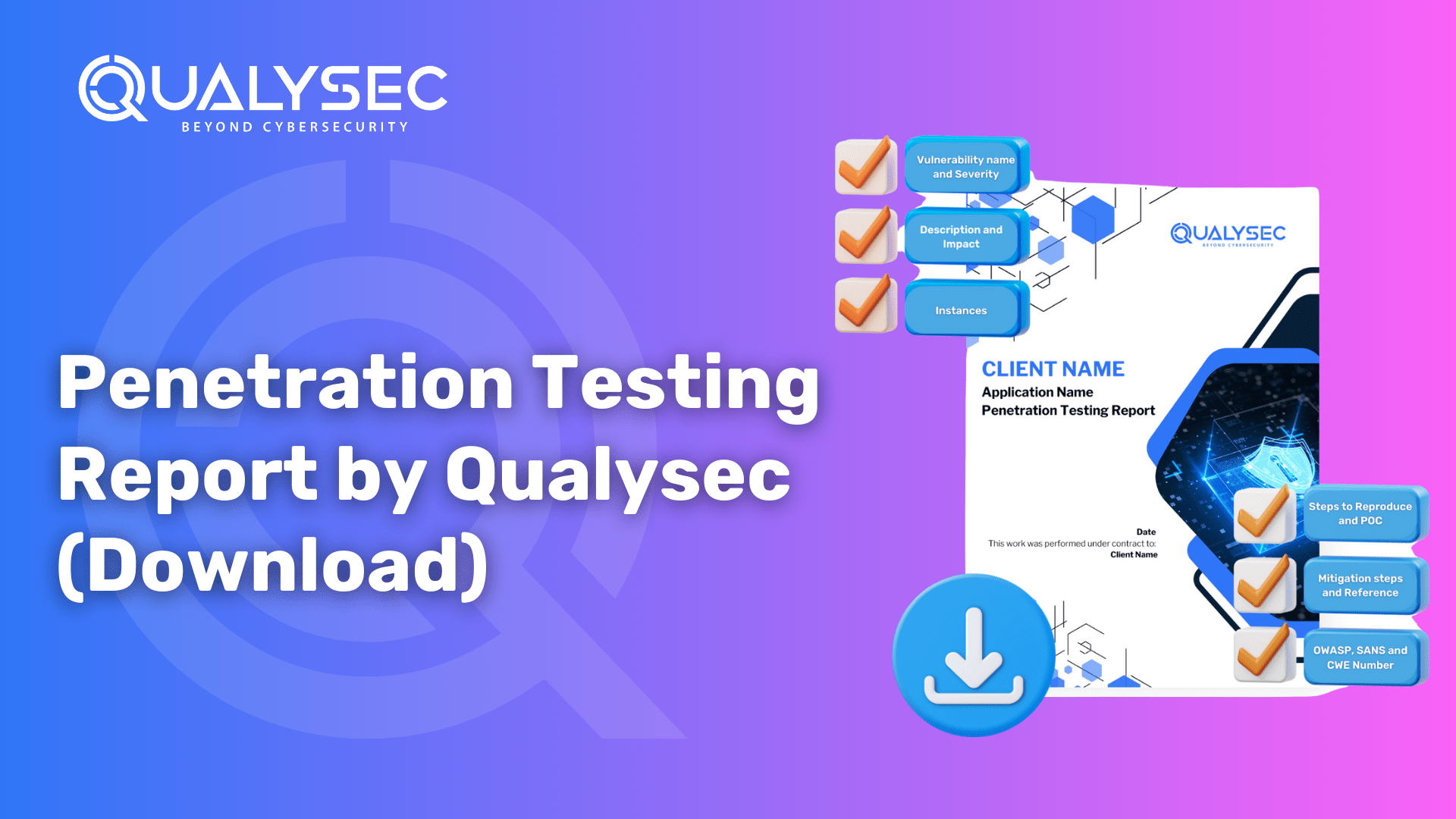
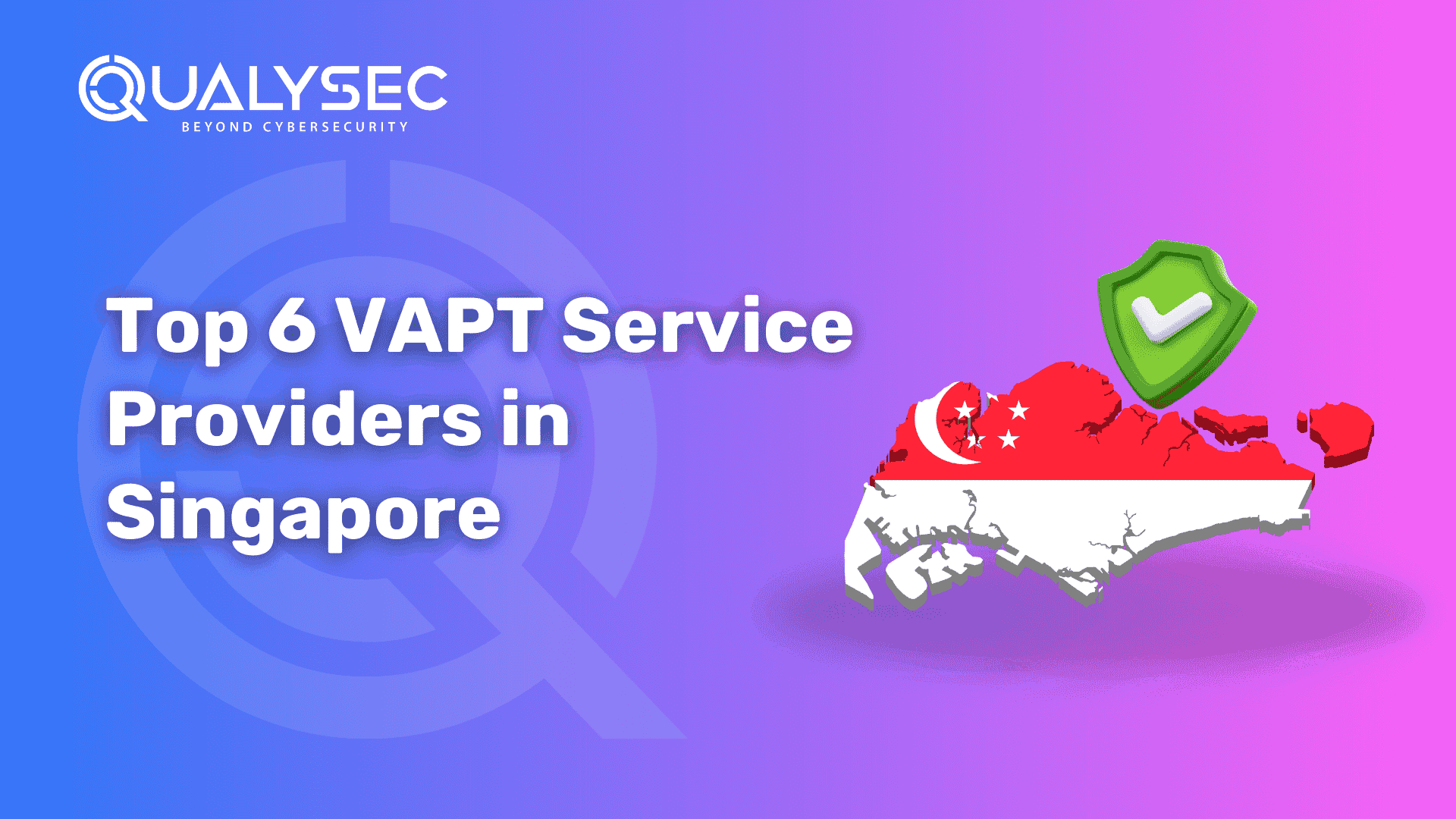



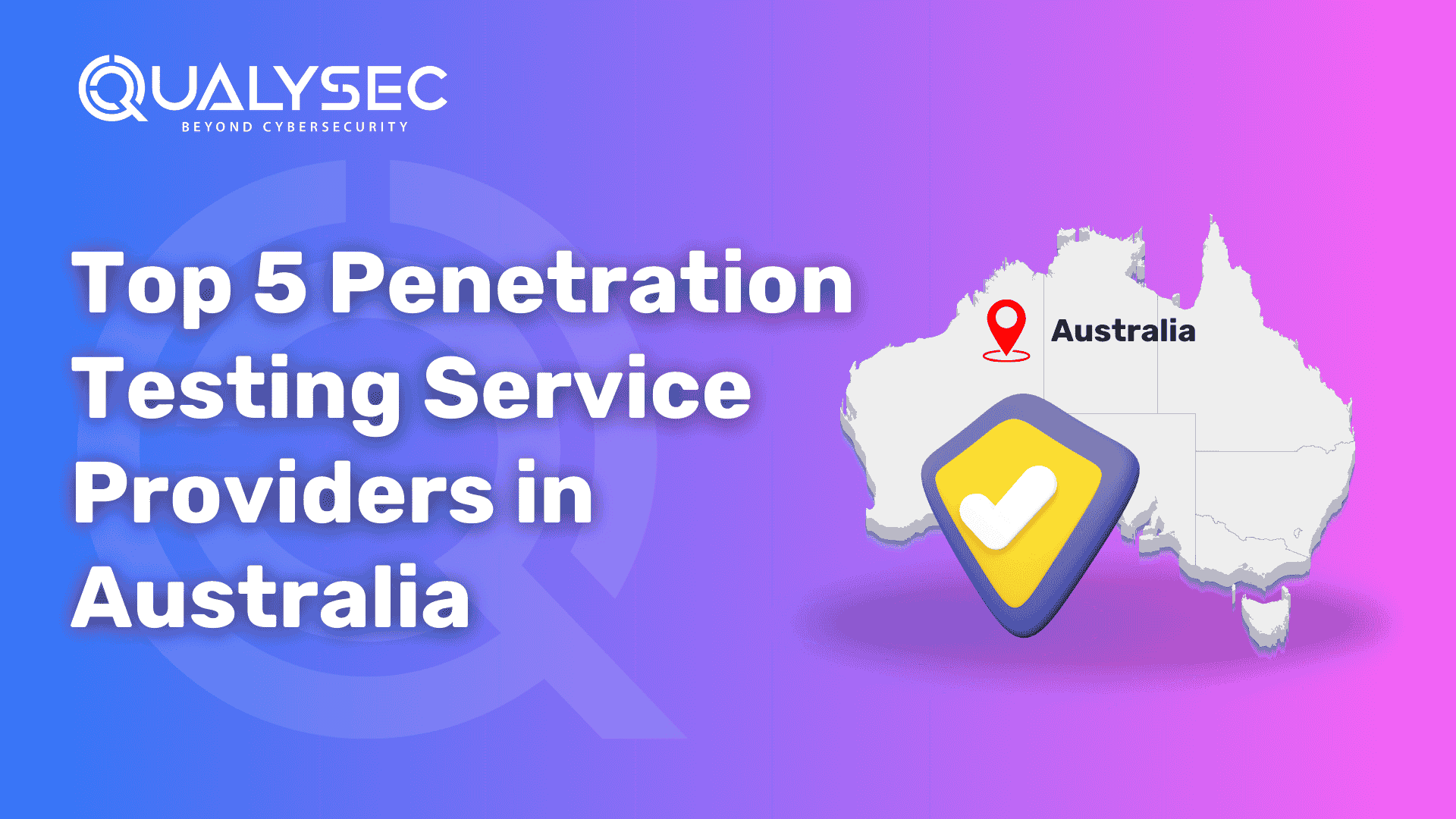
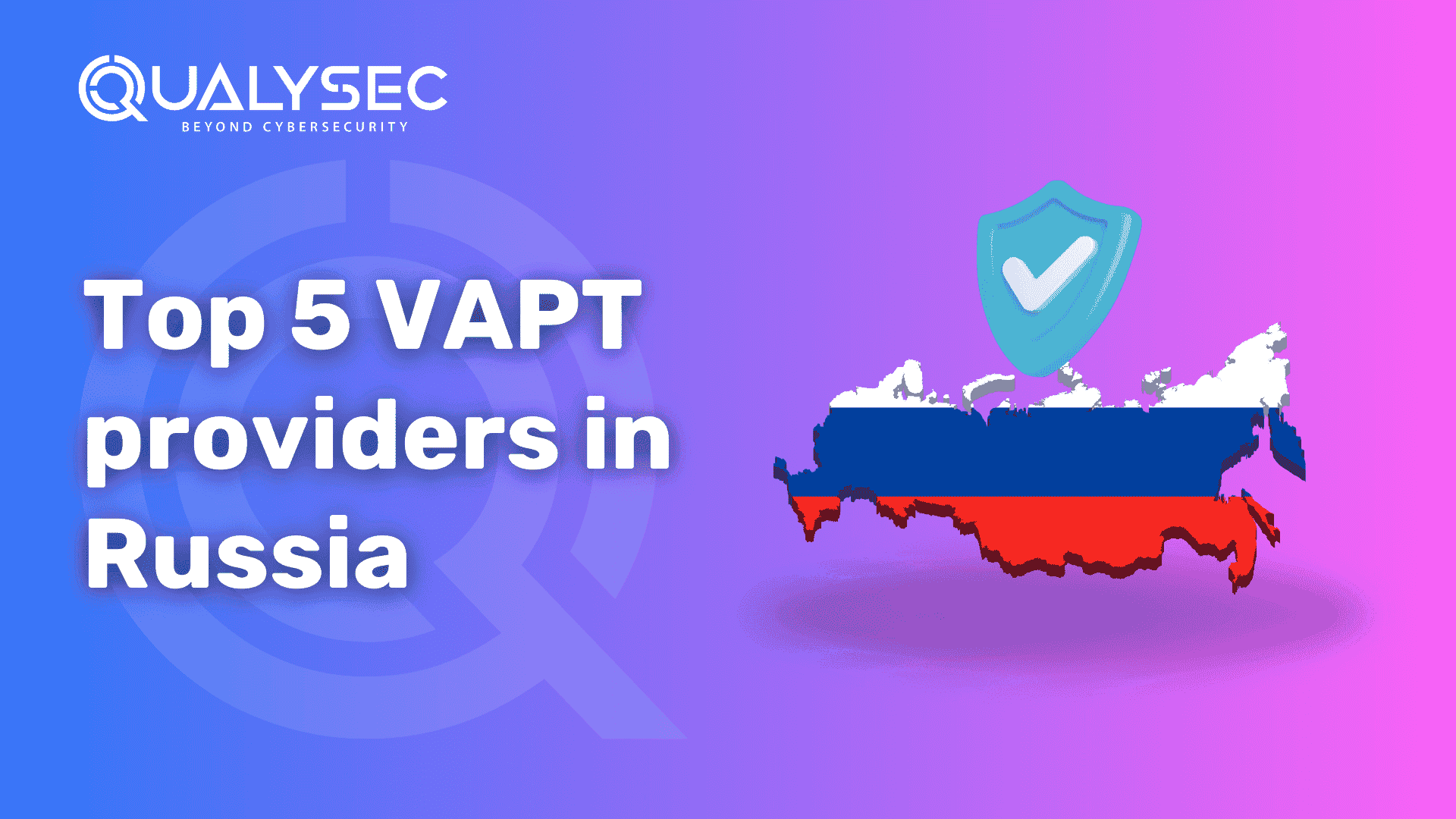
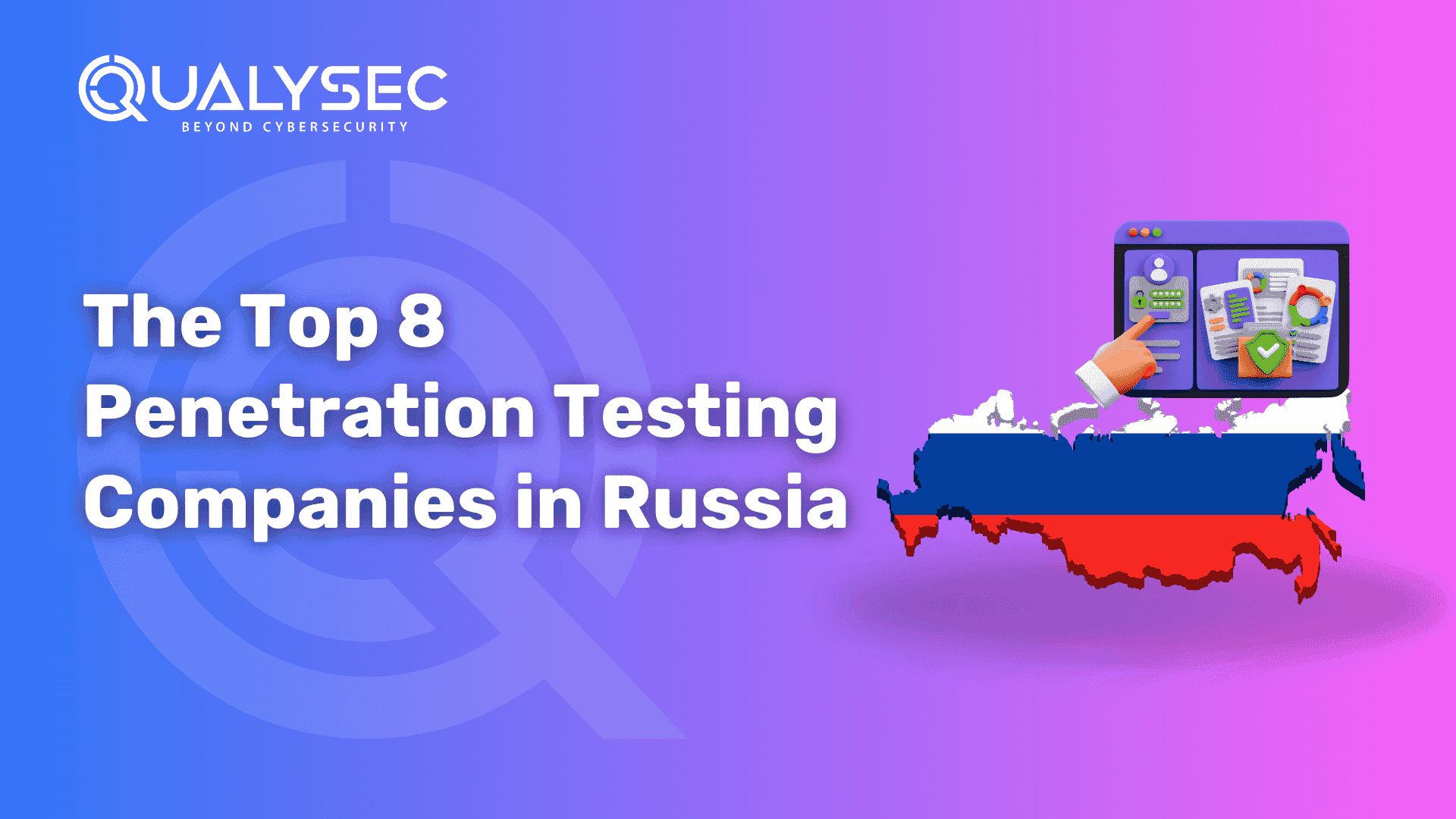
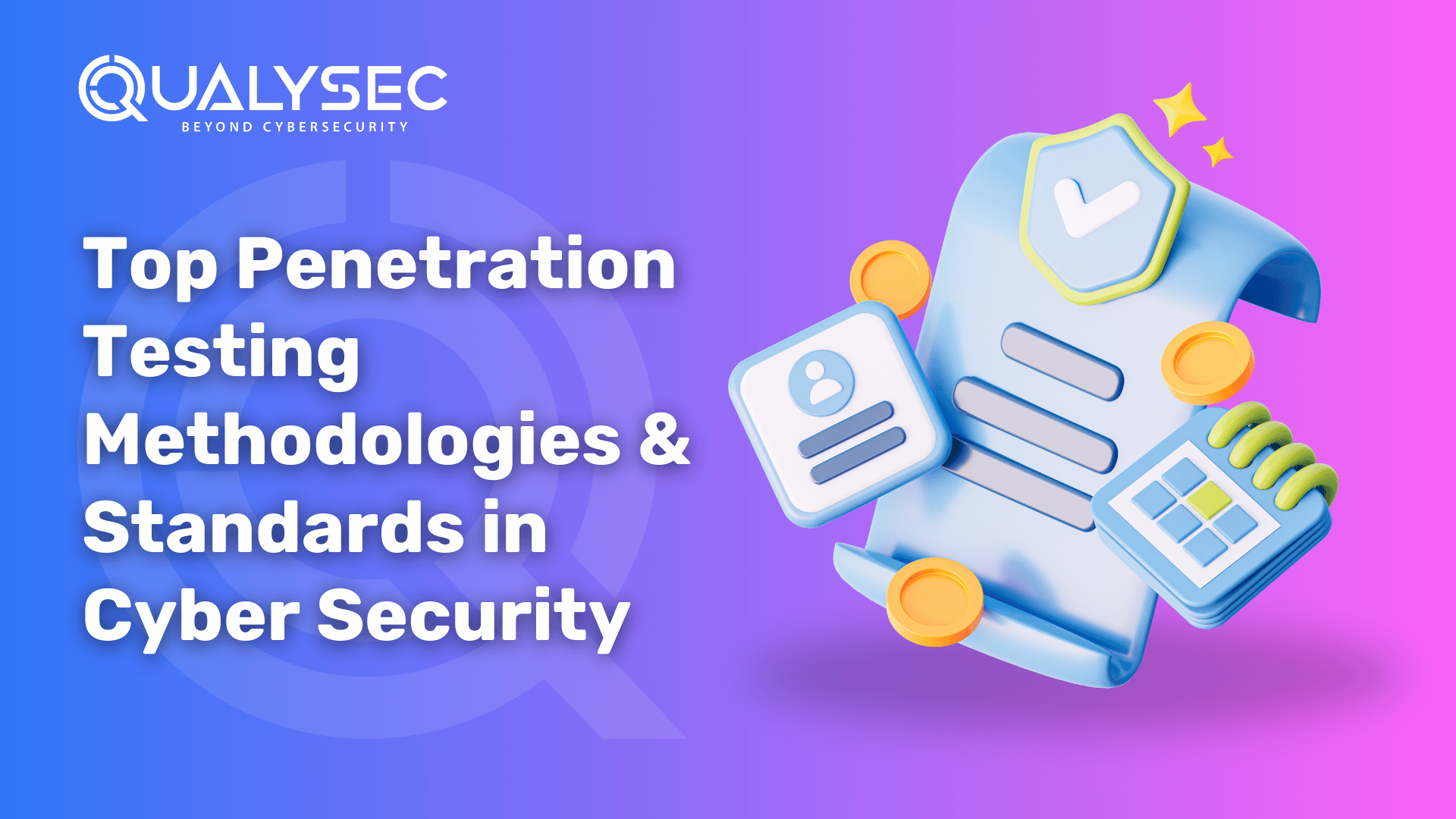
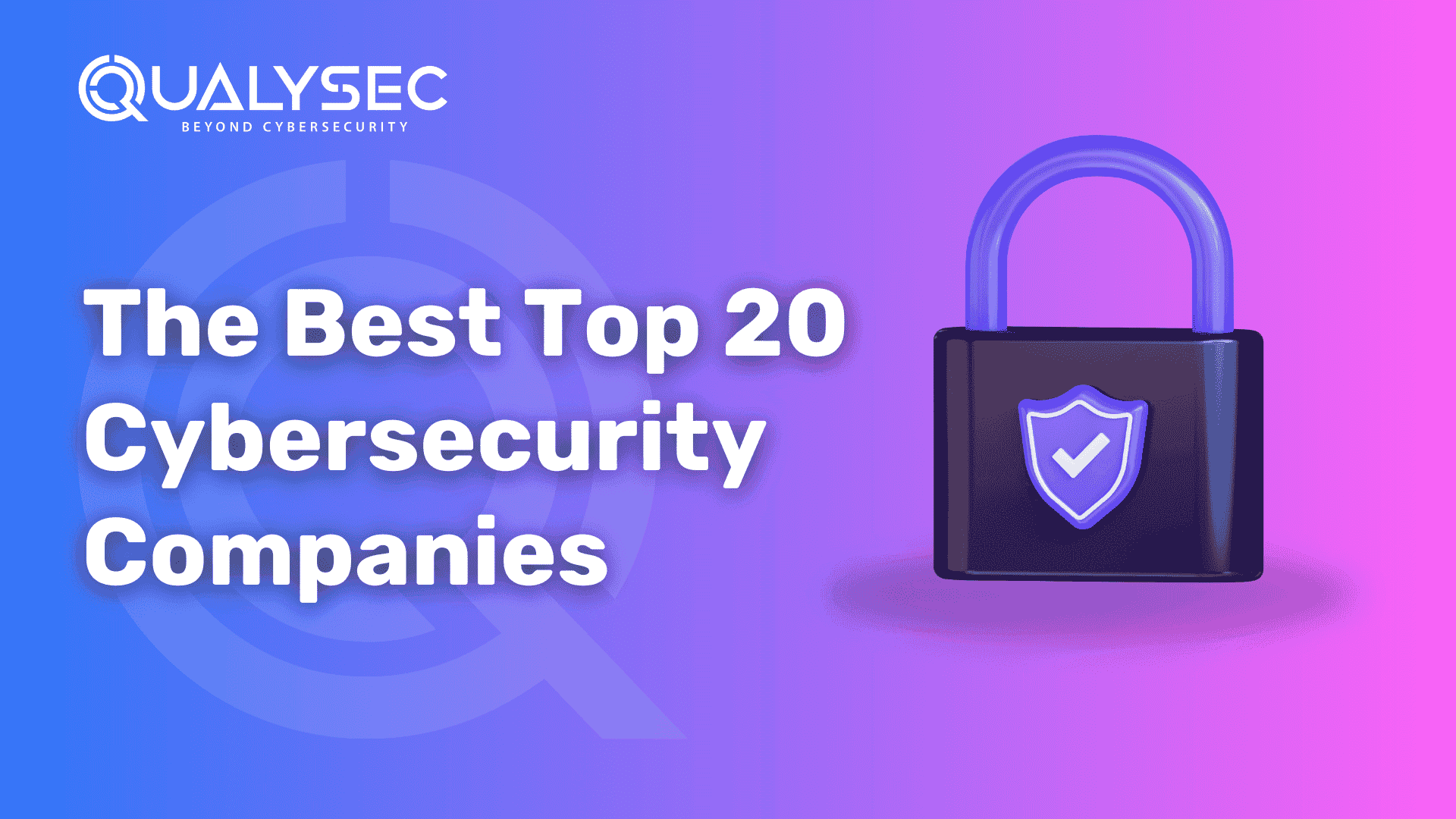
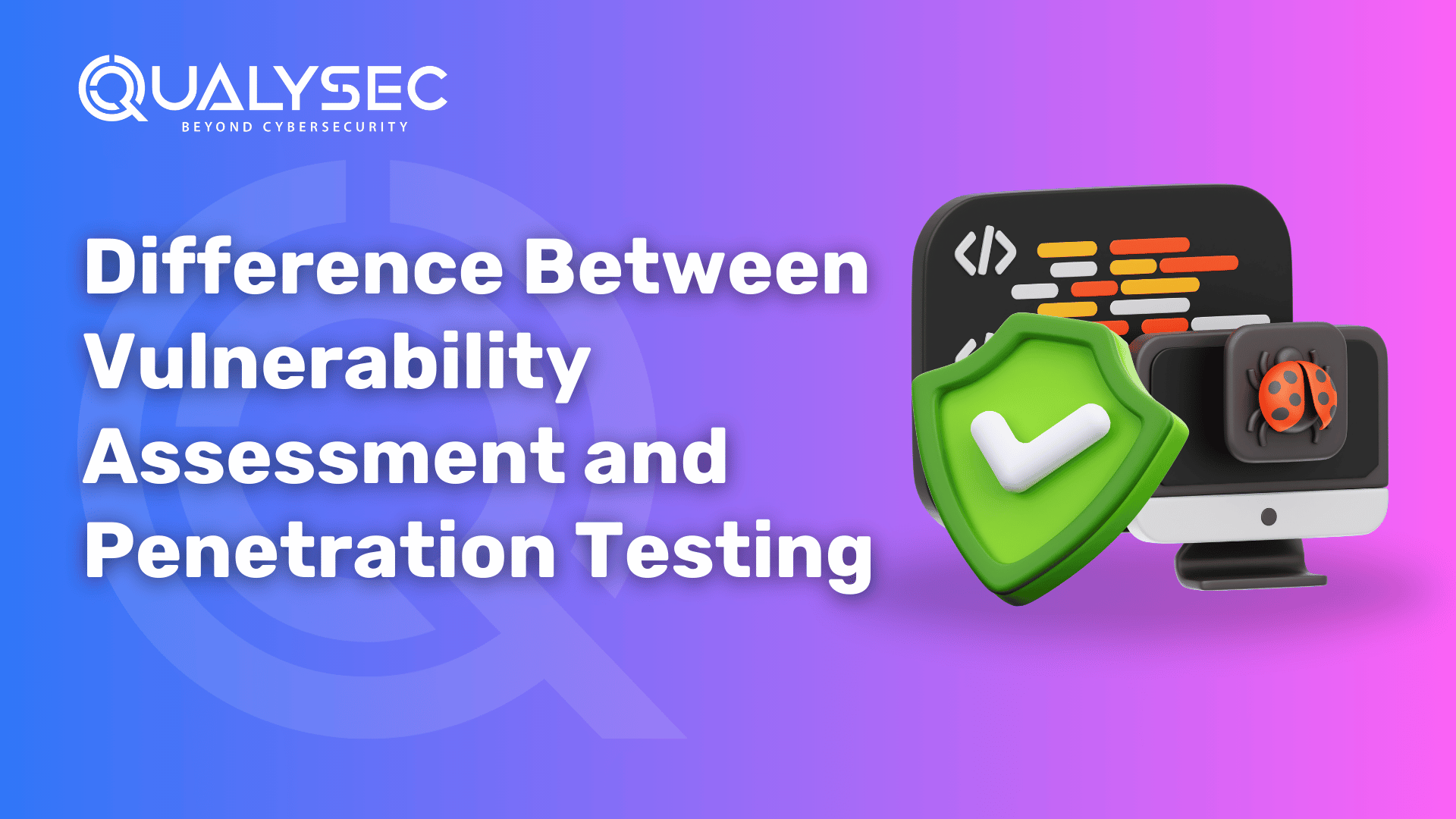
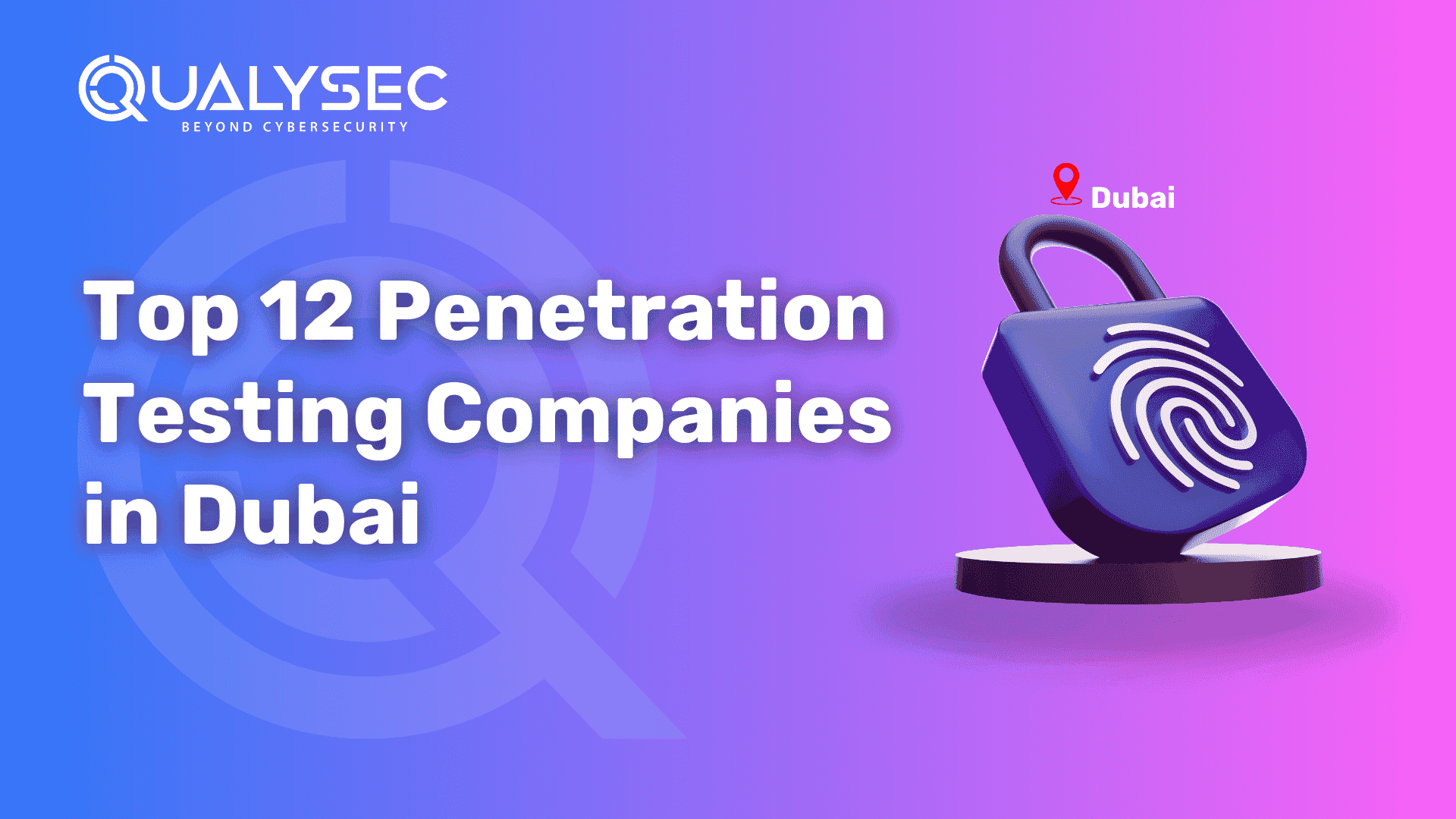

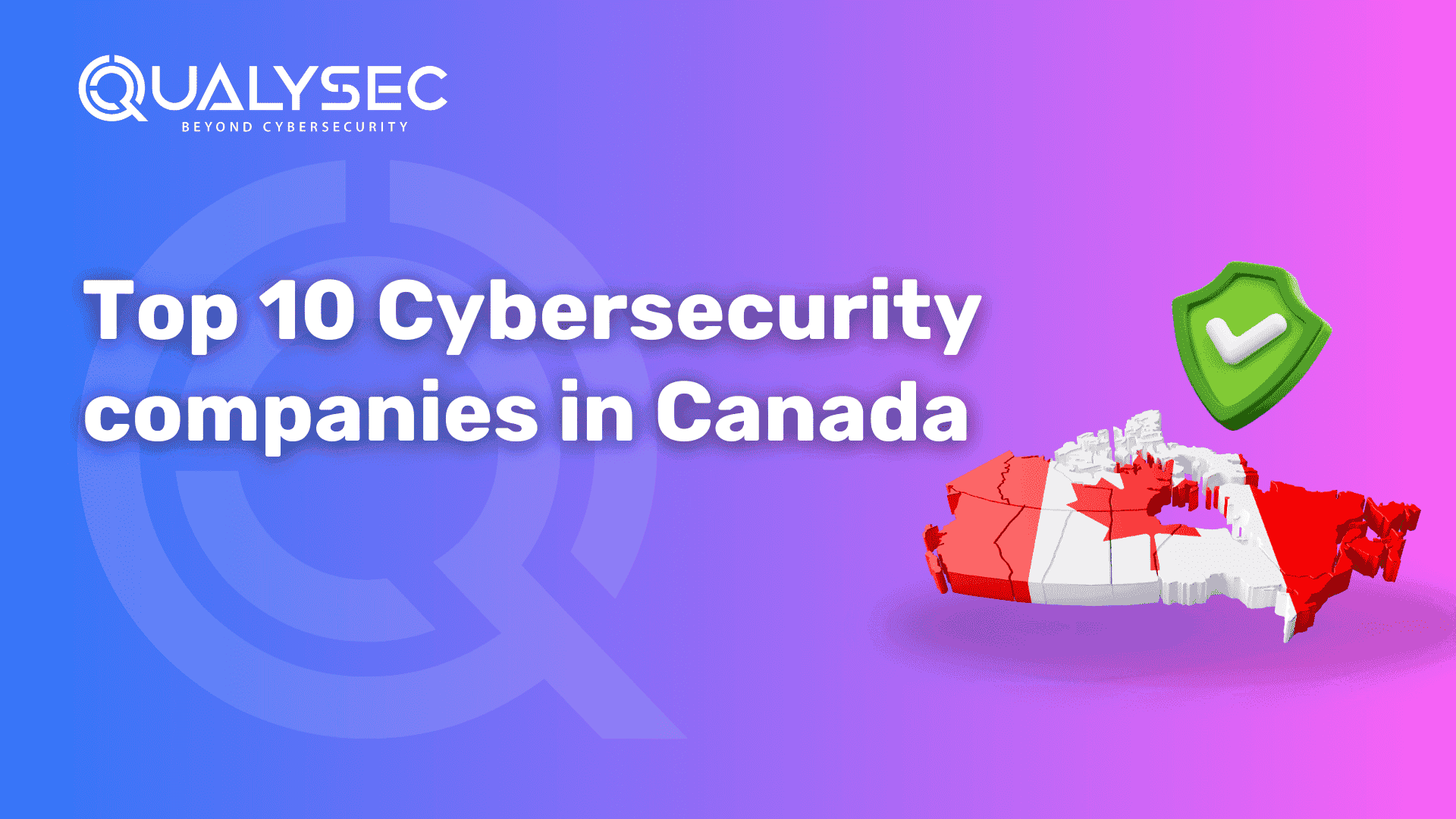




0 Comments